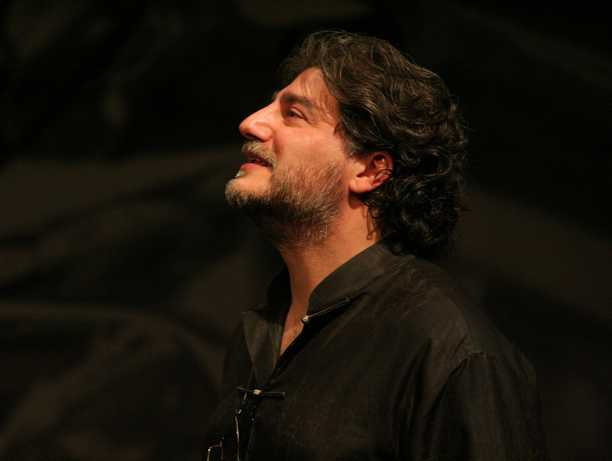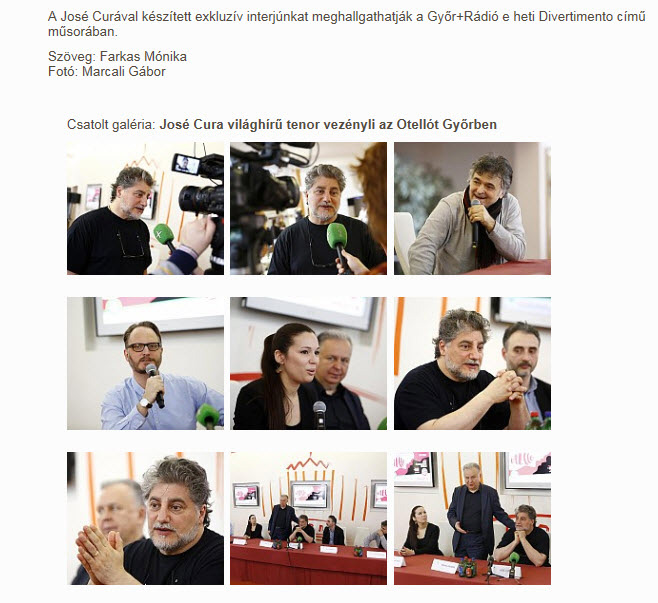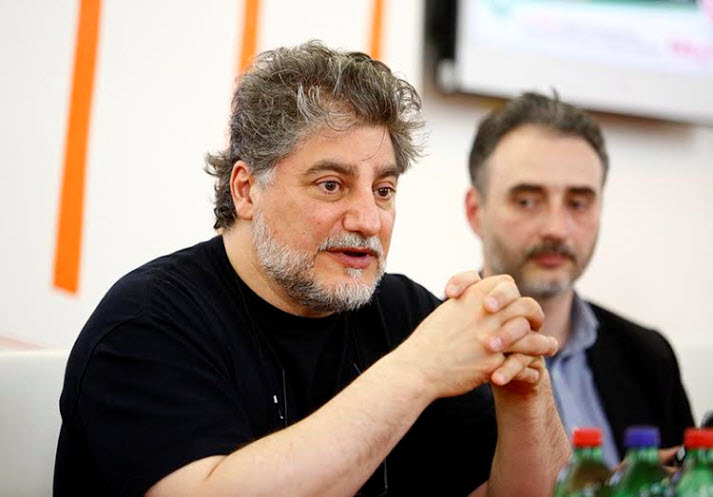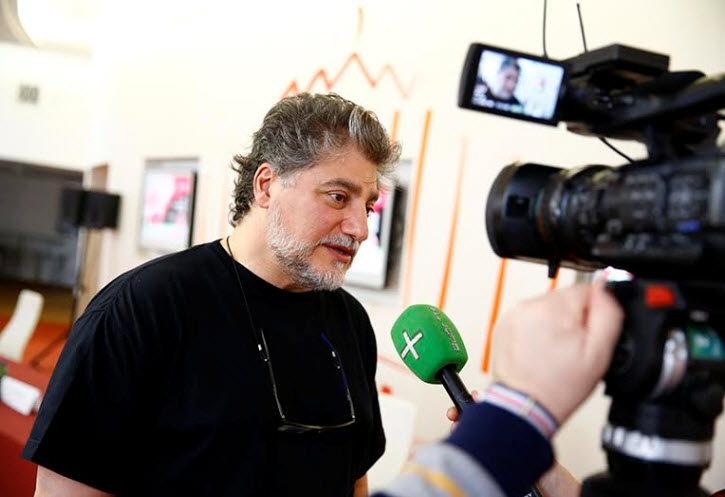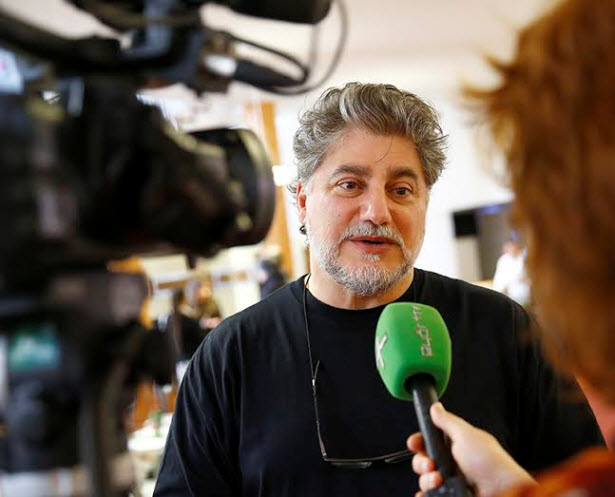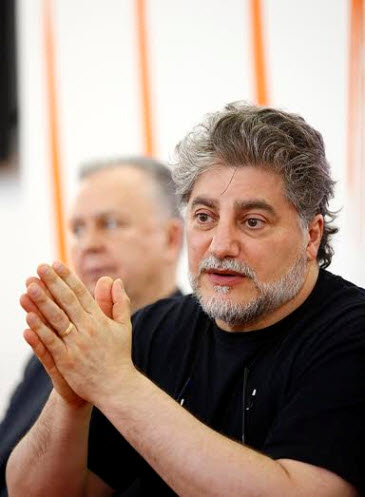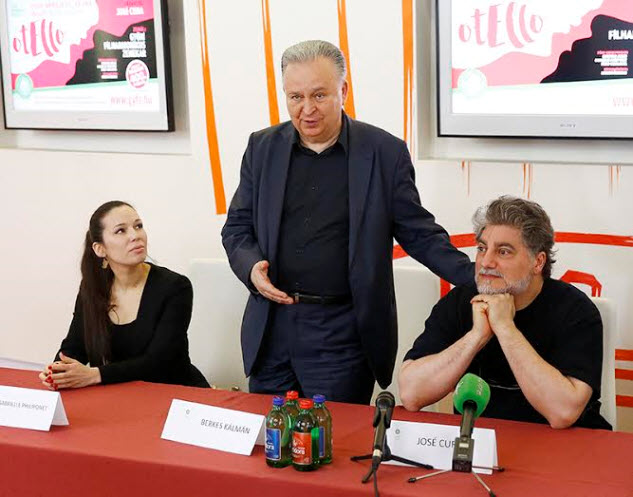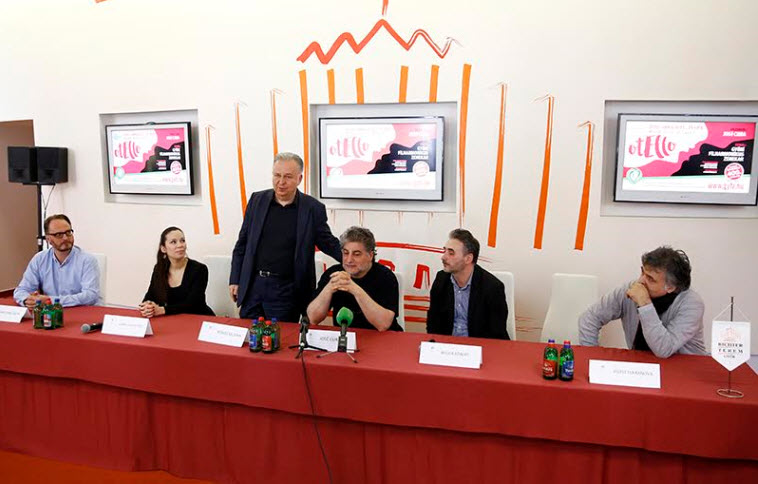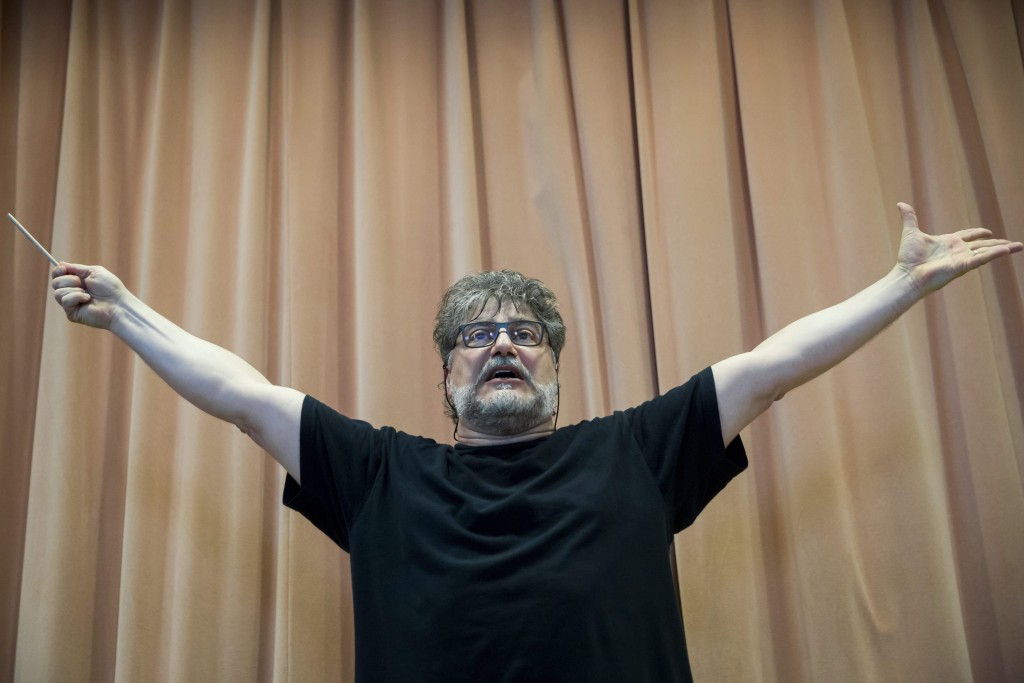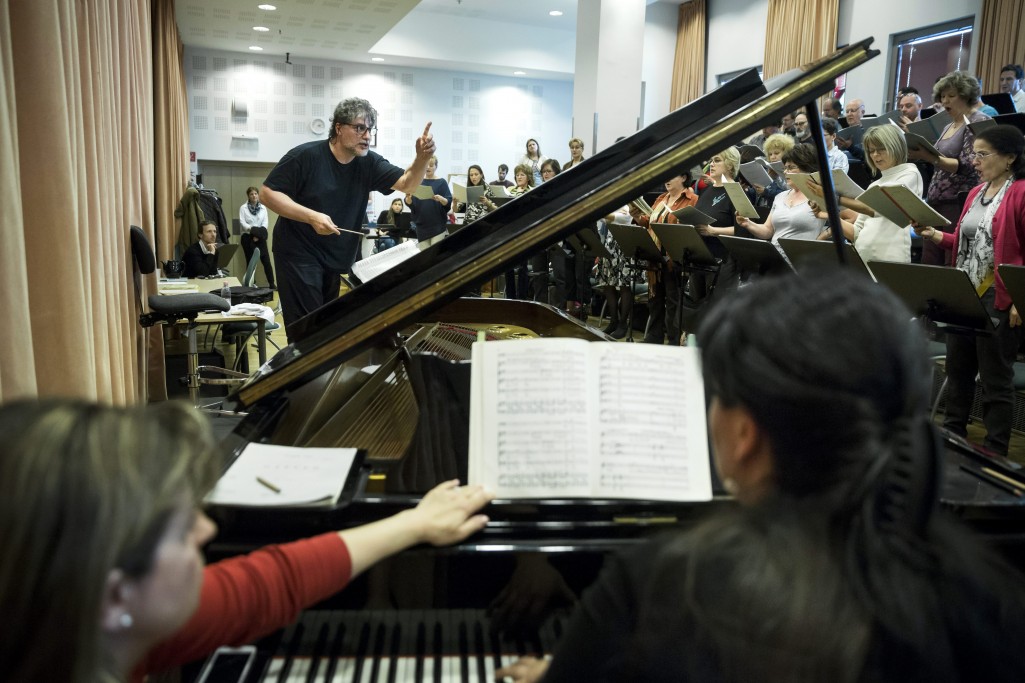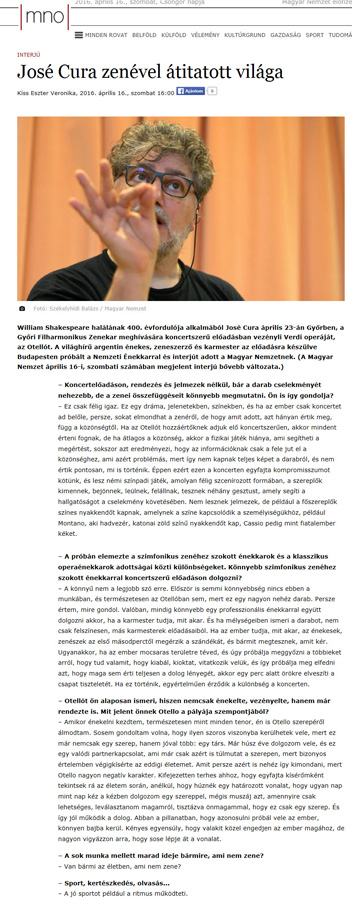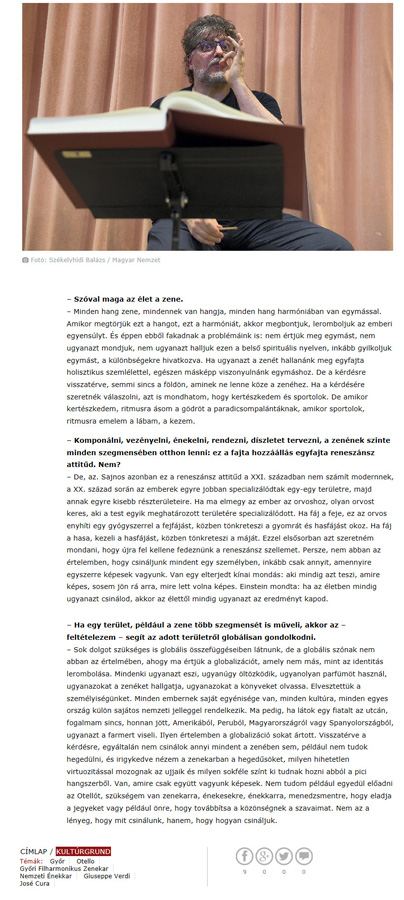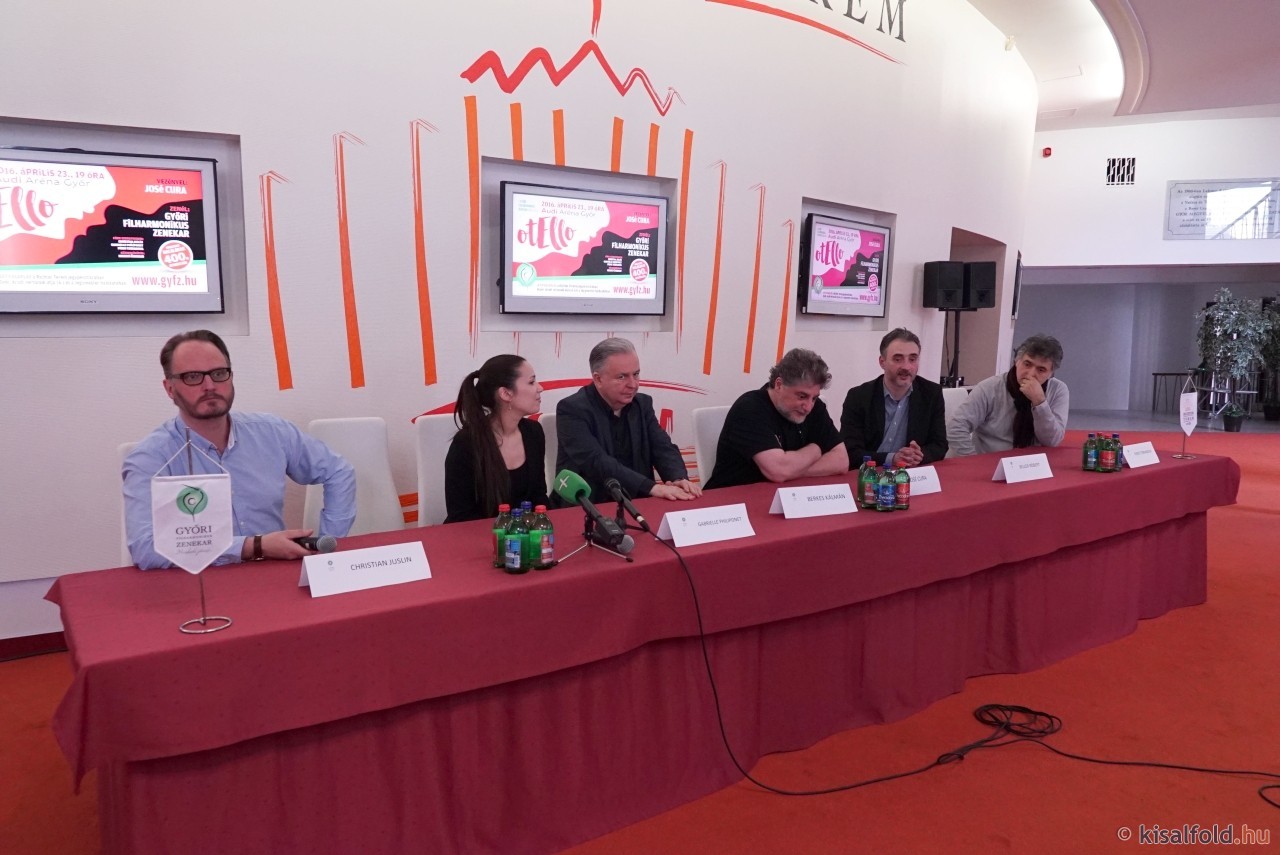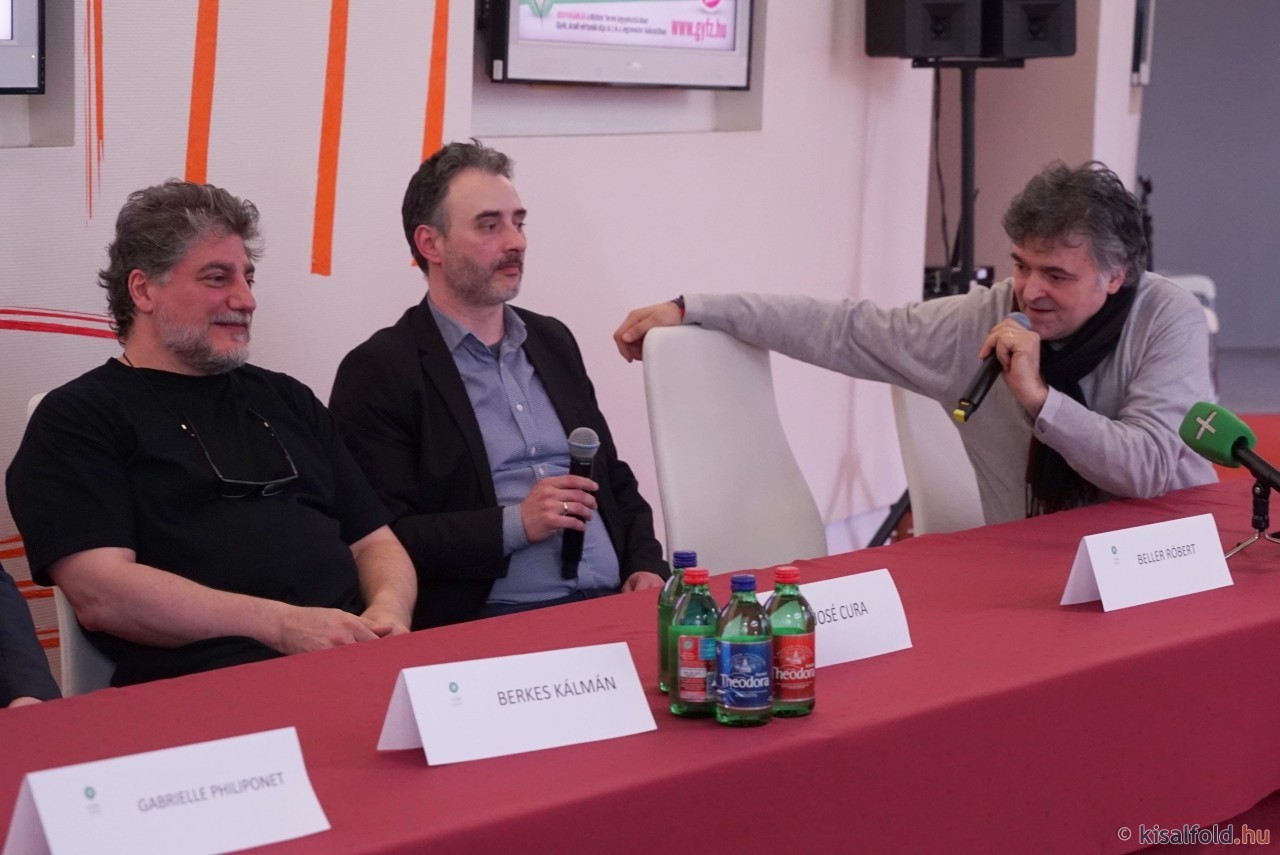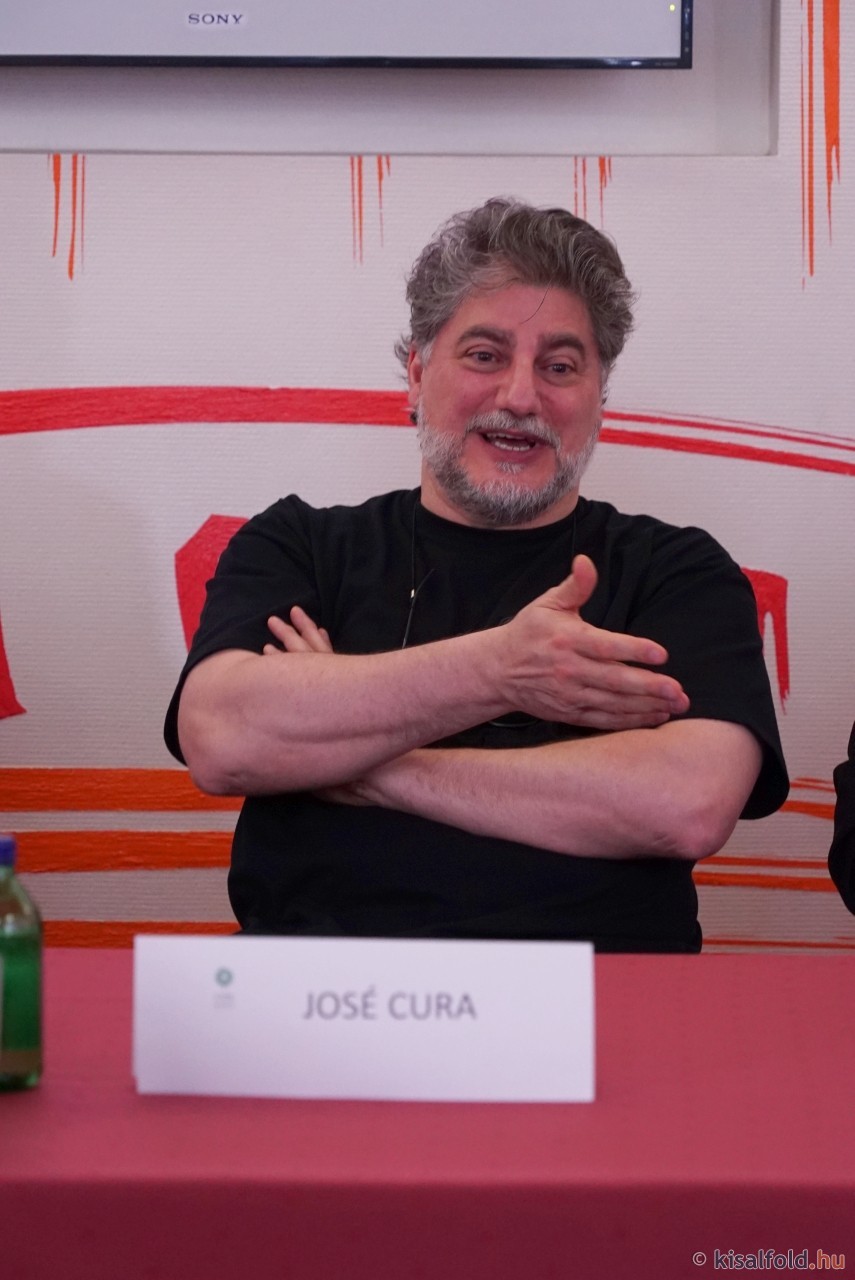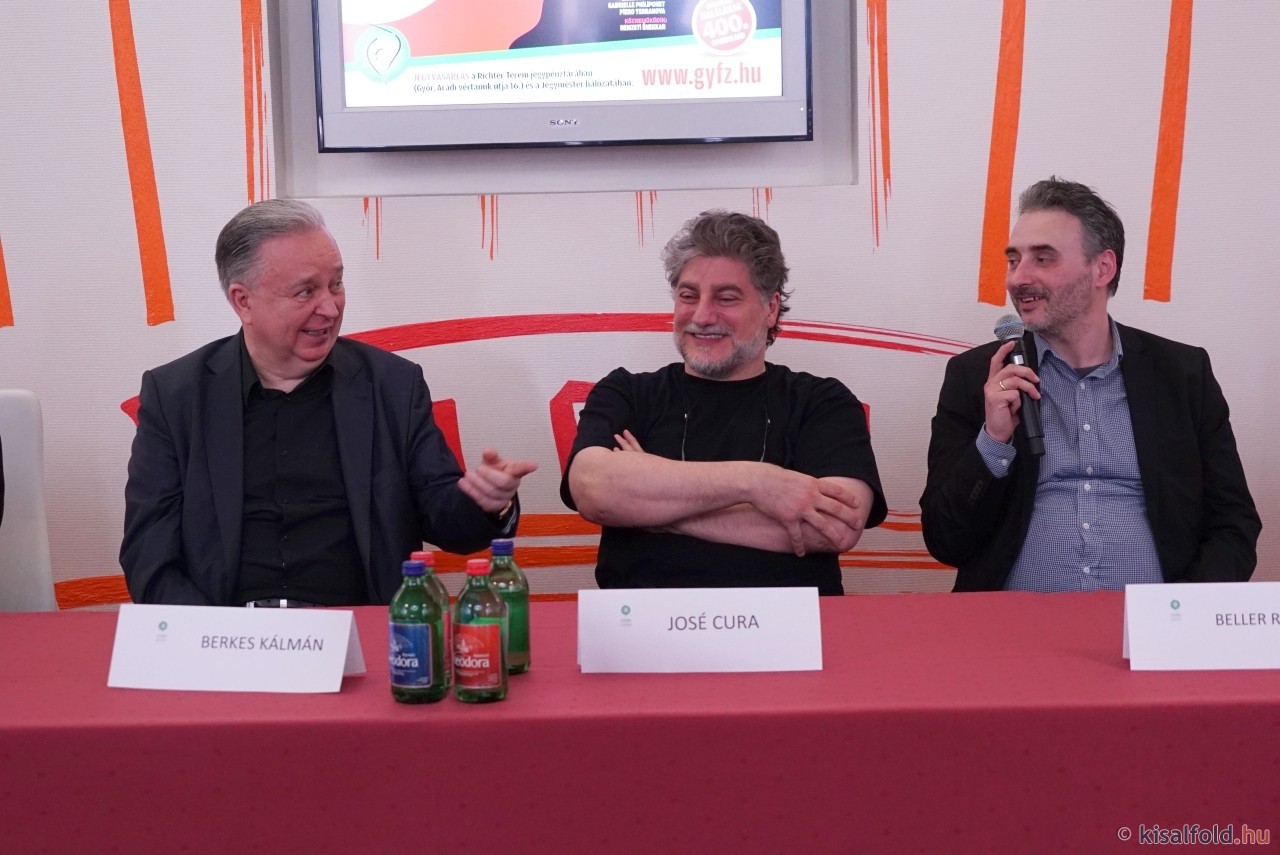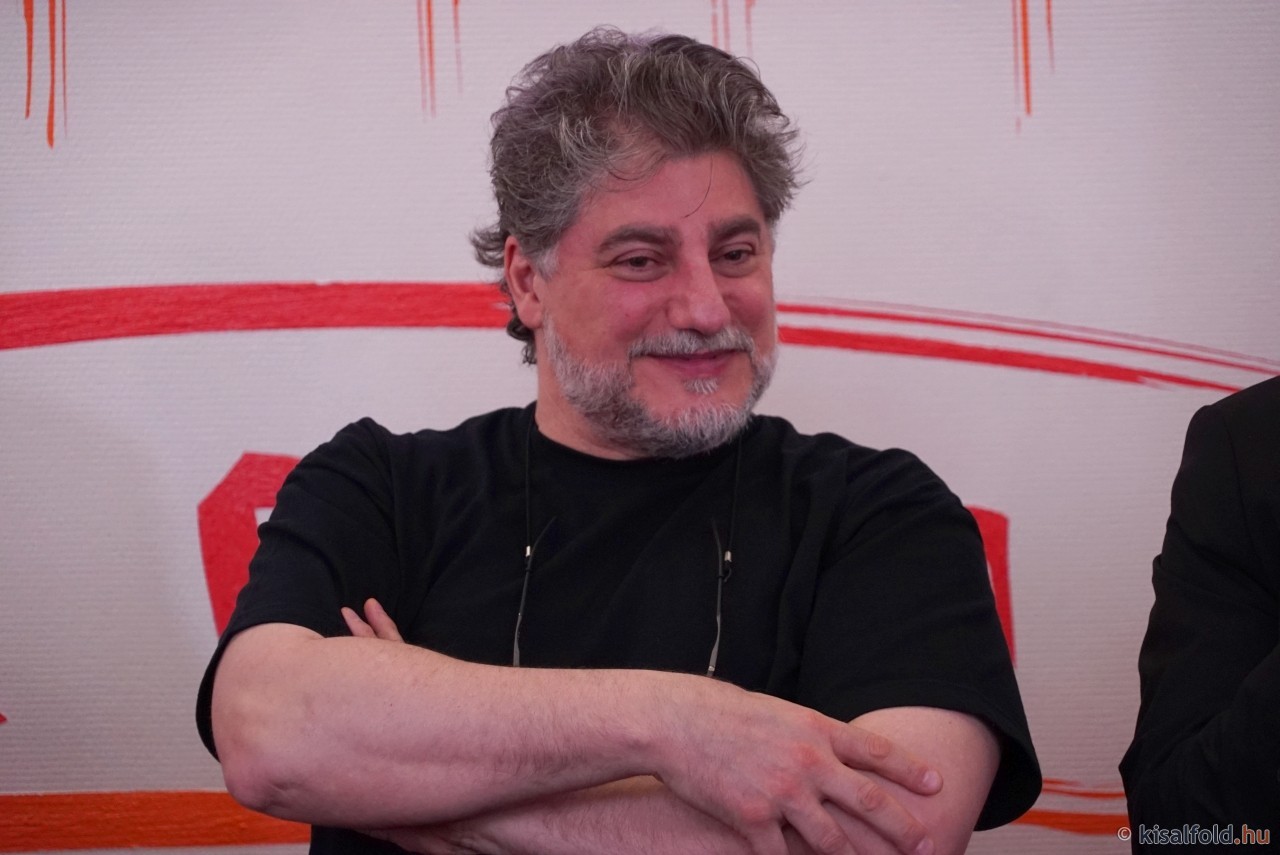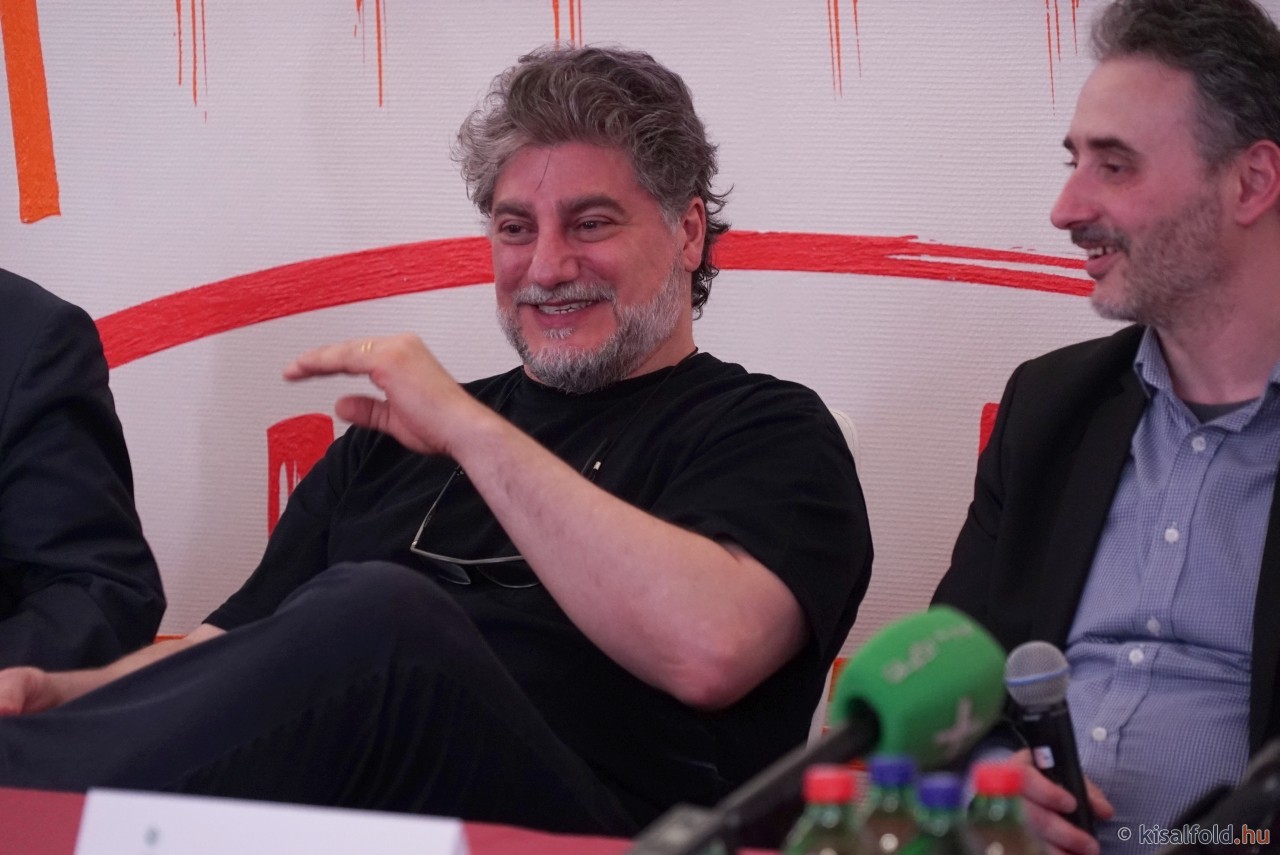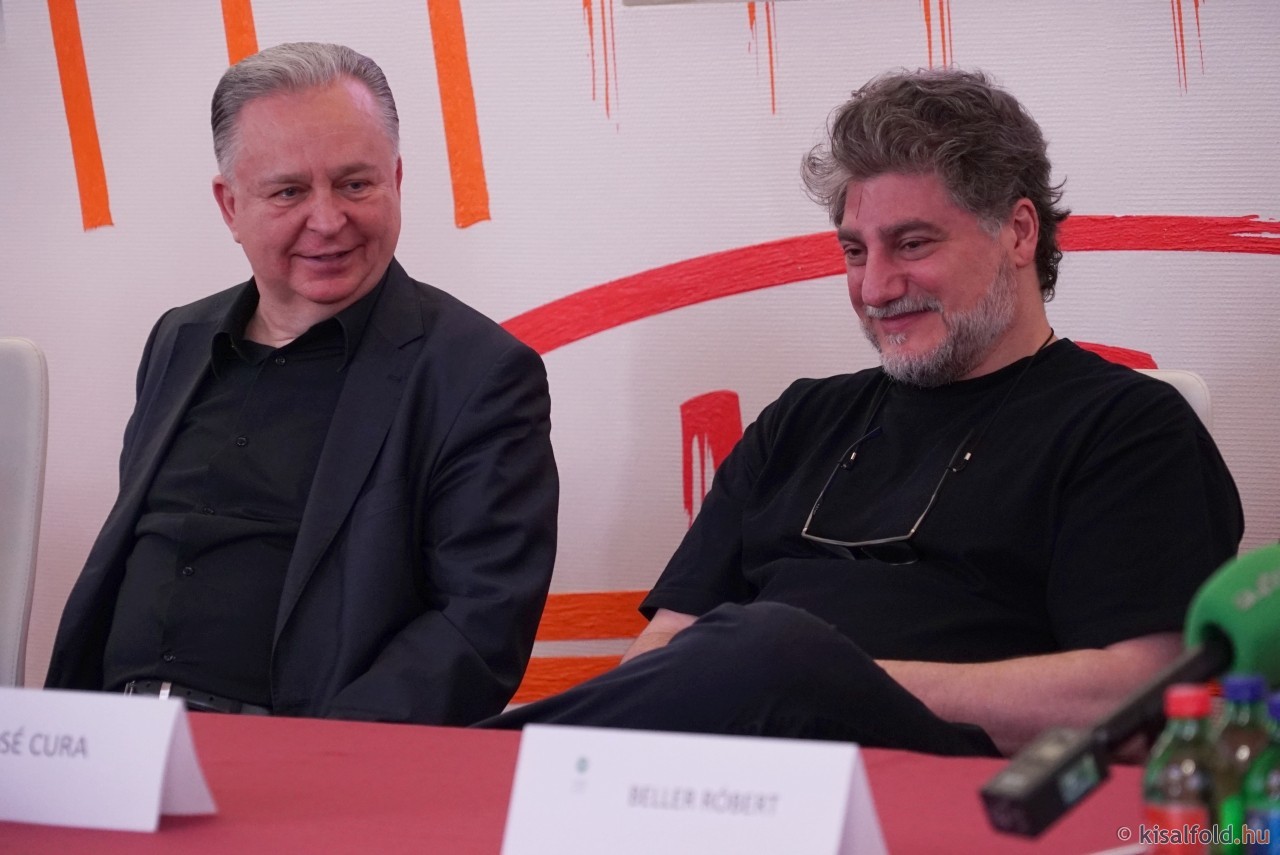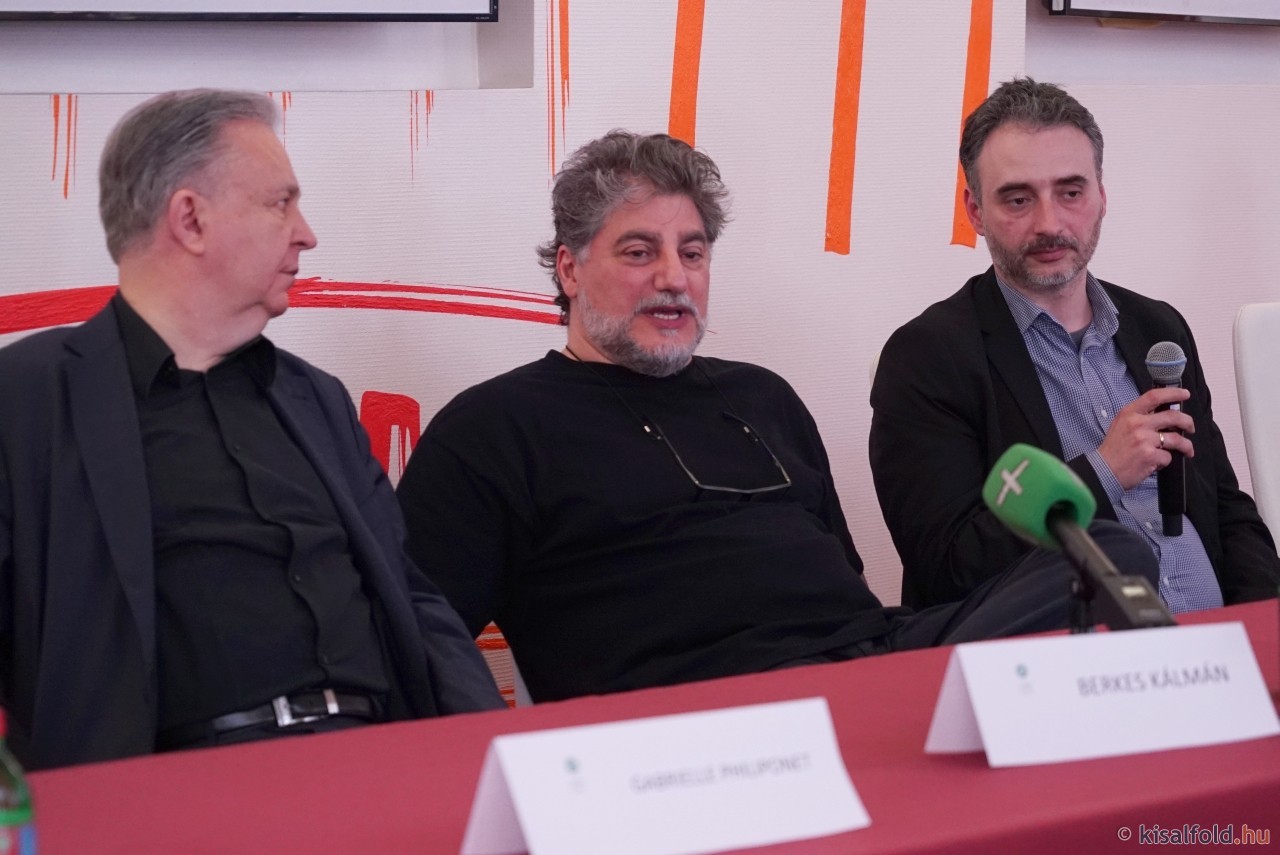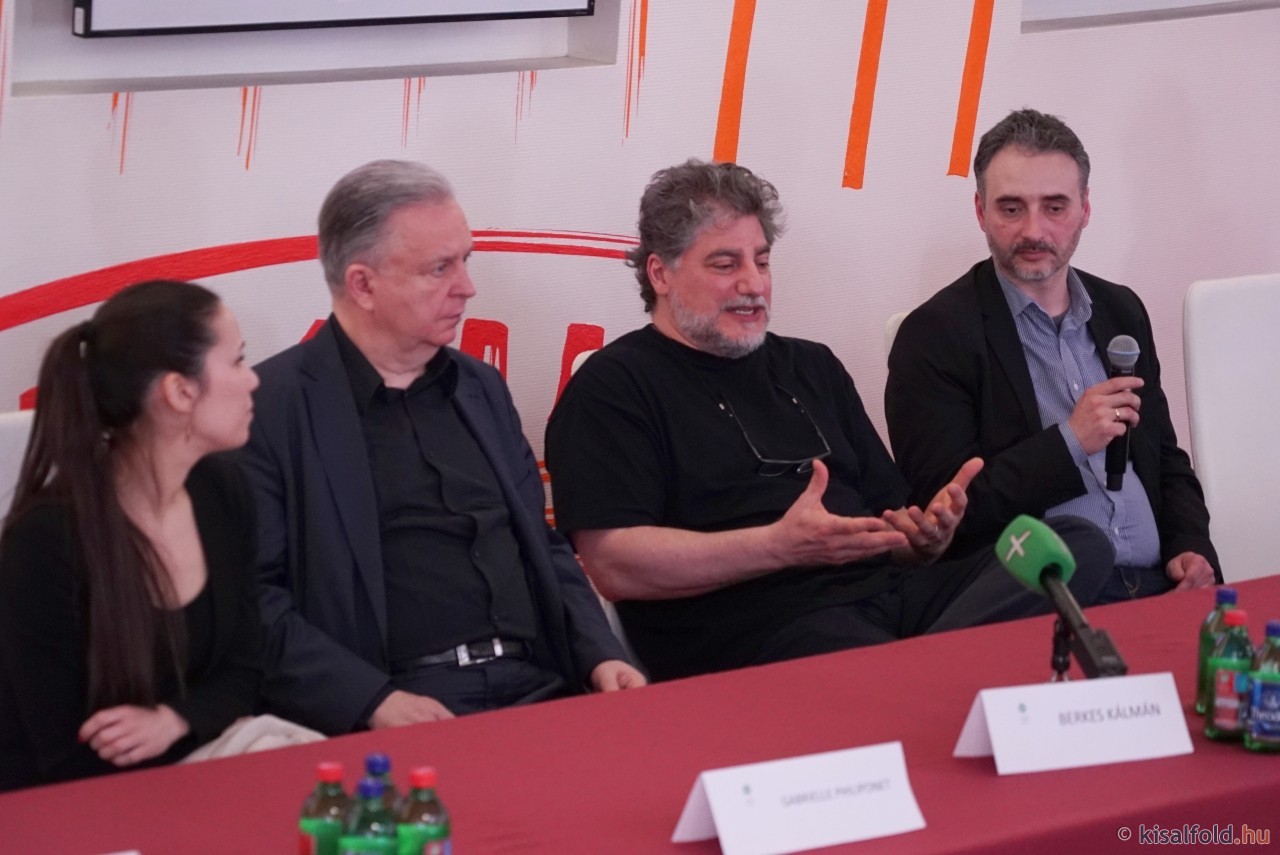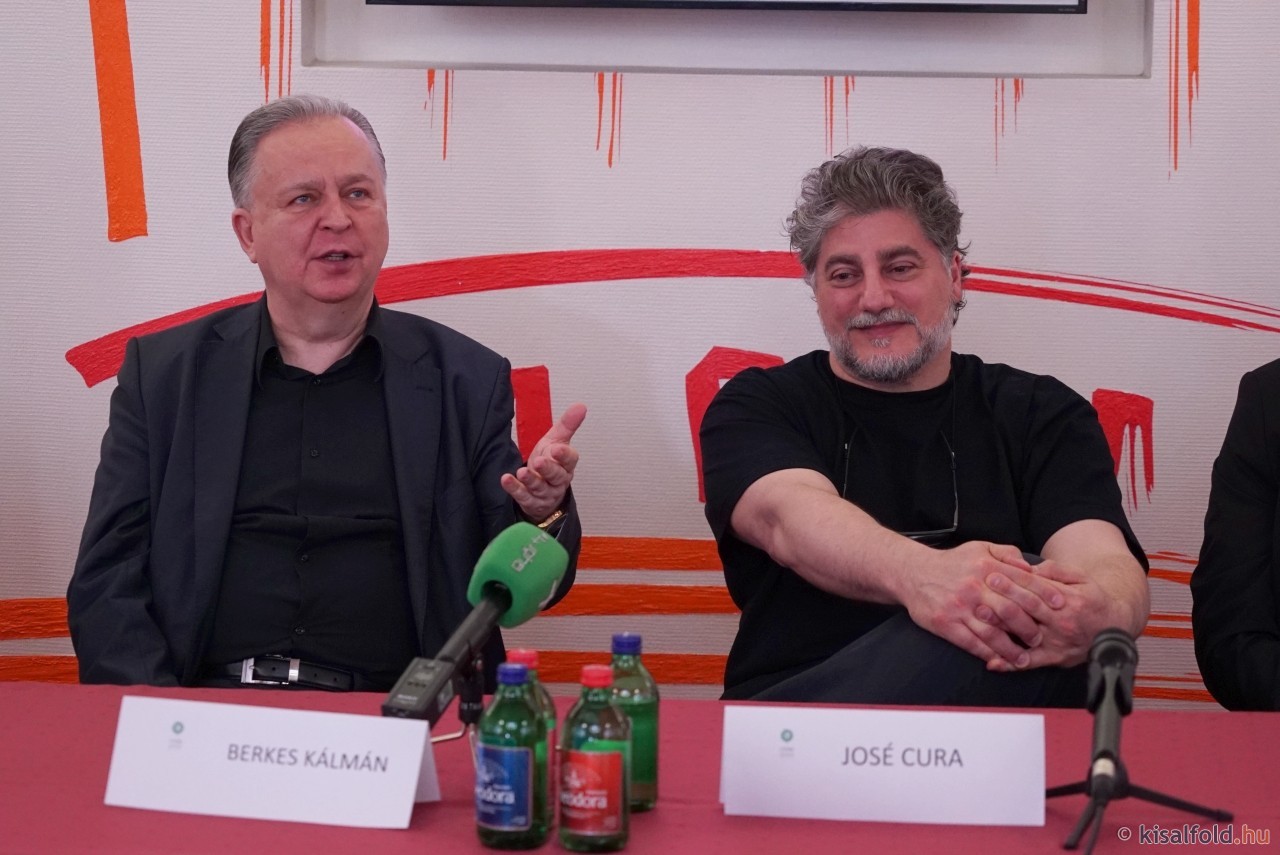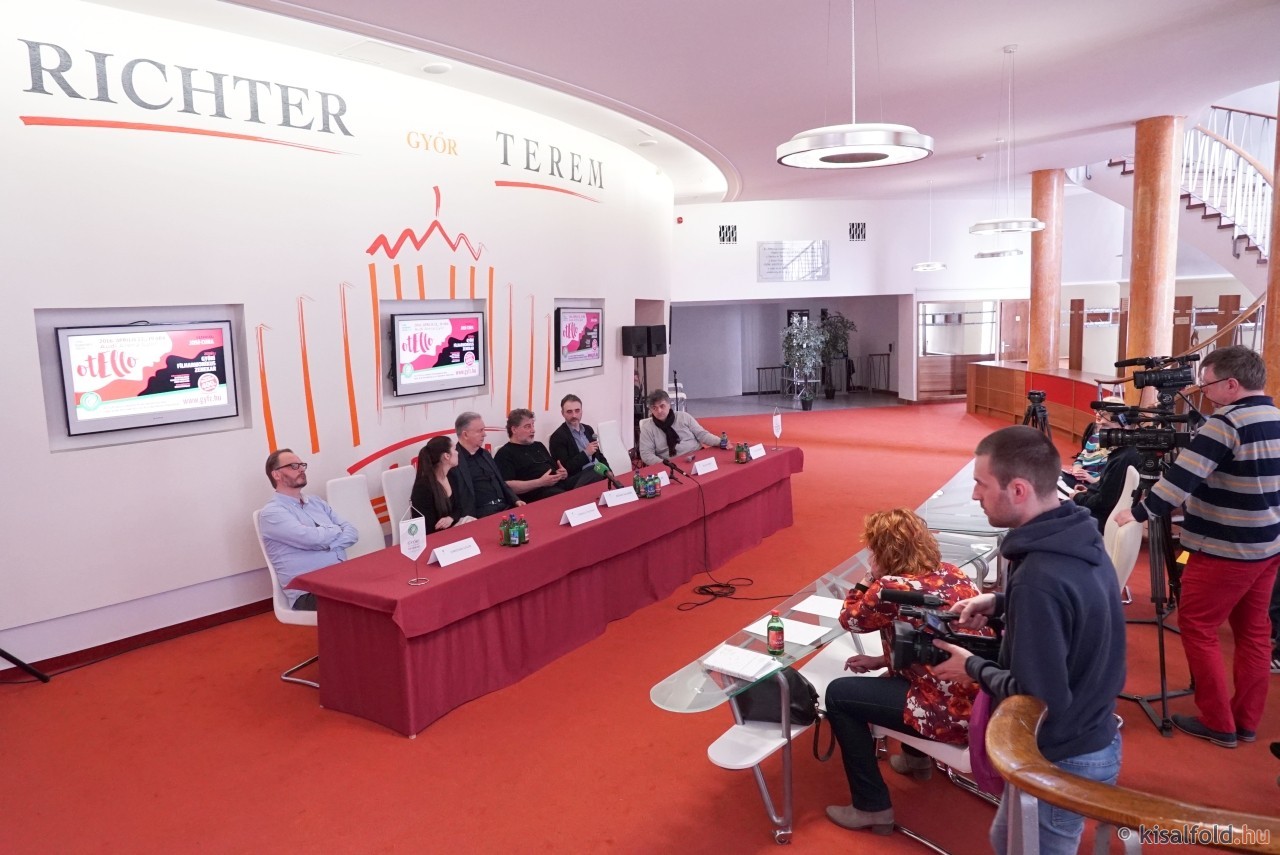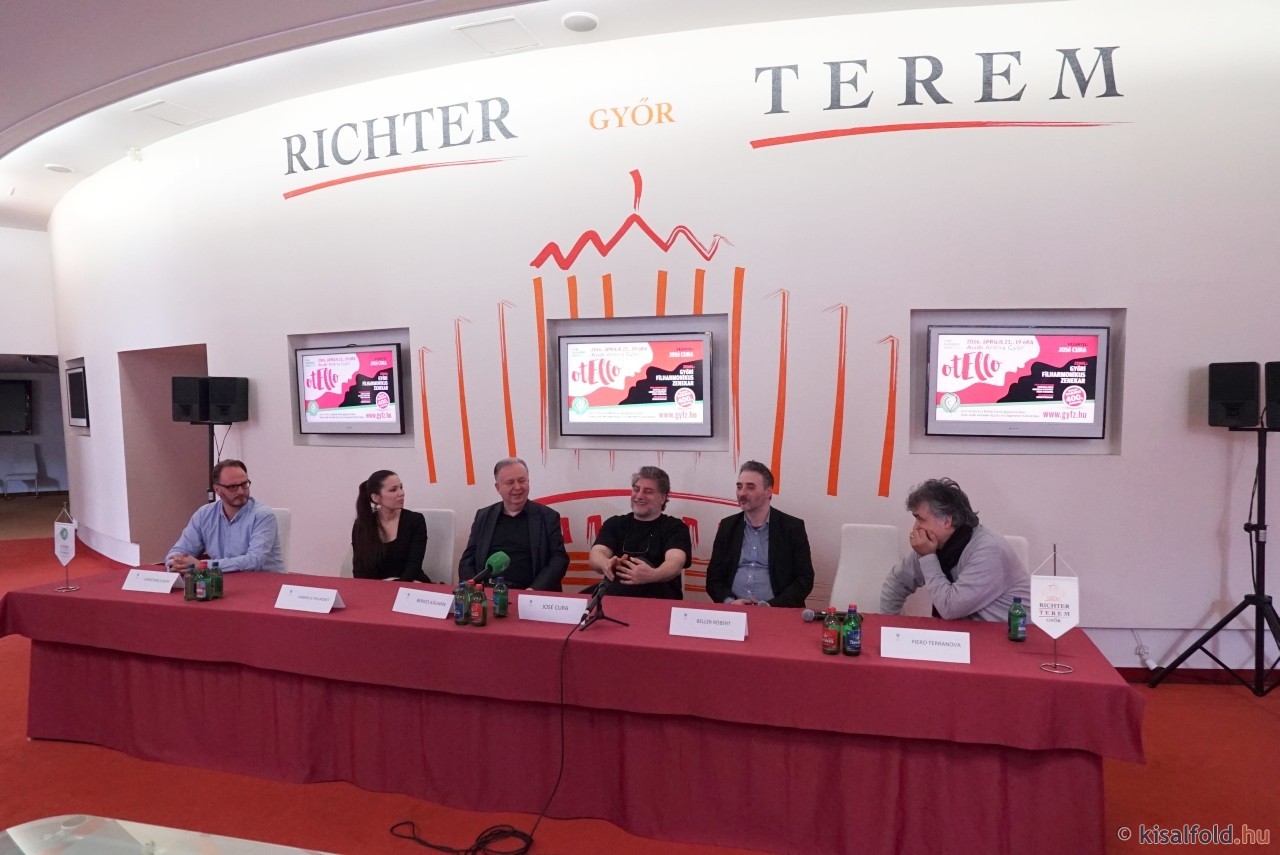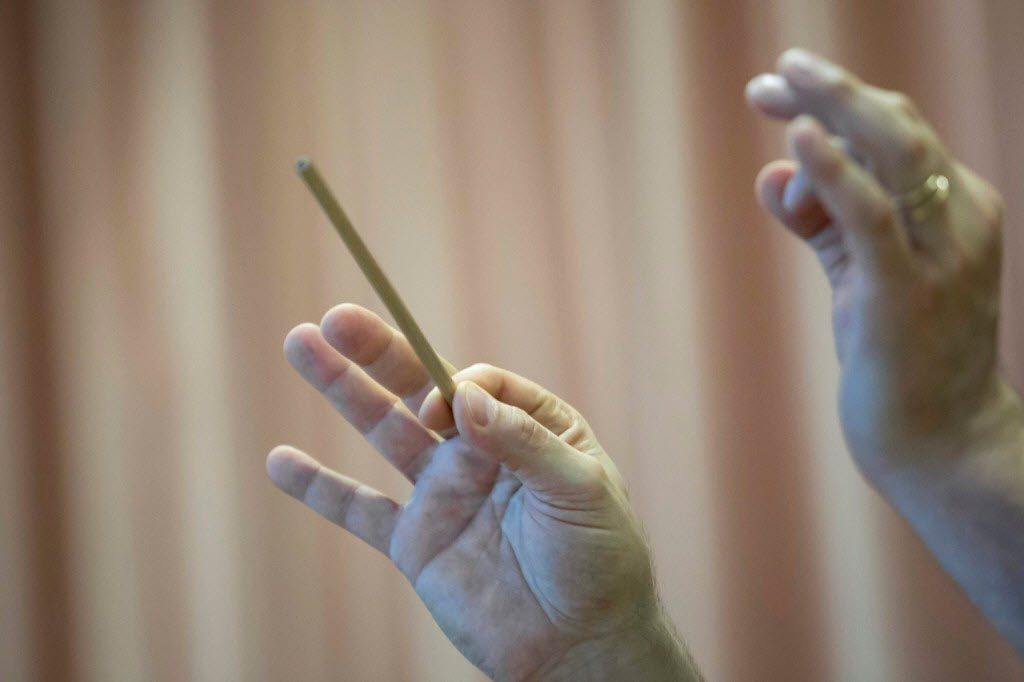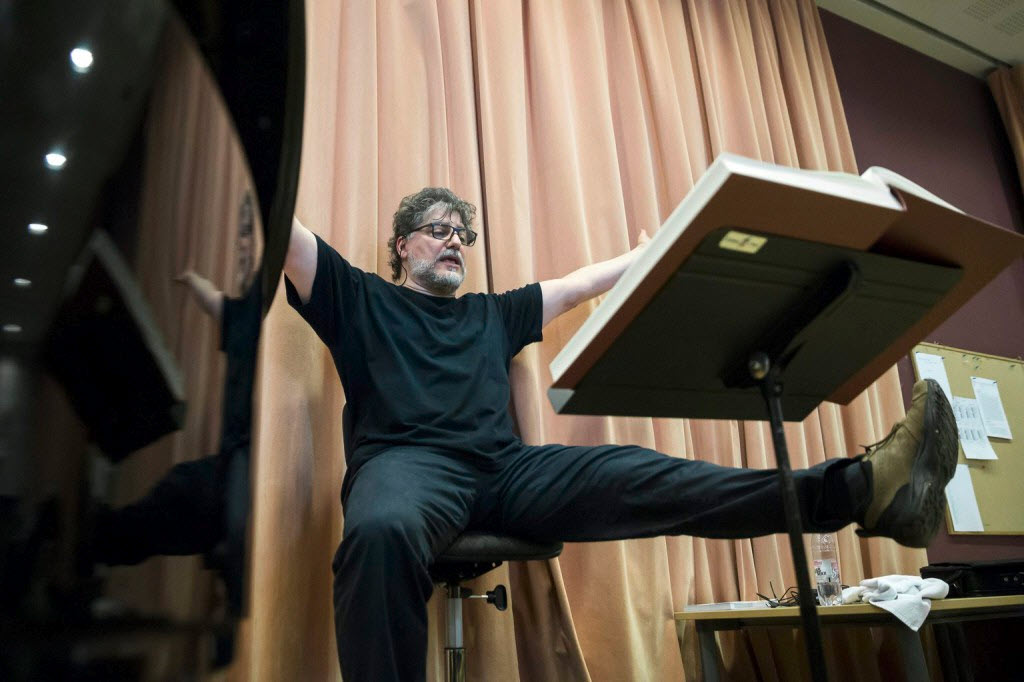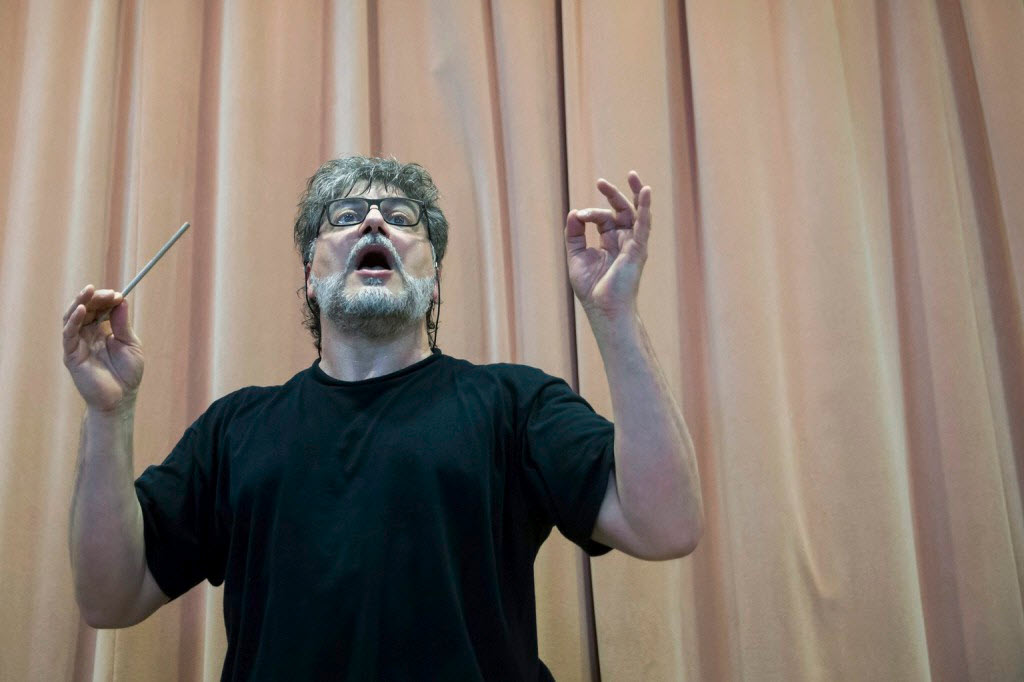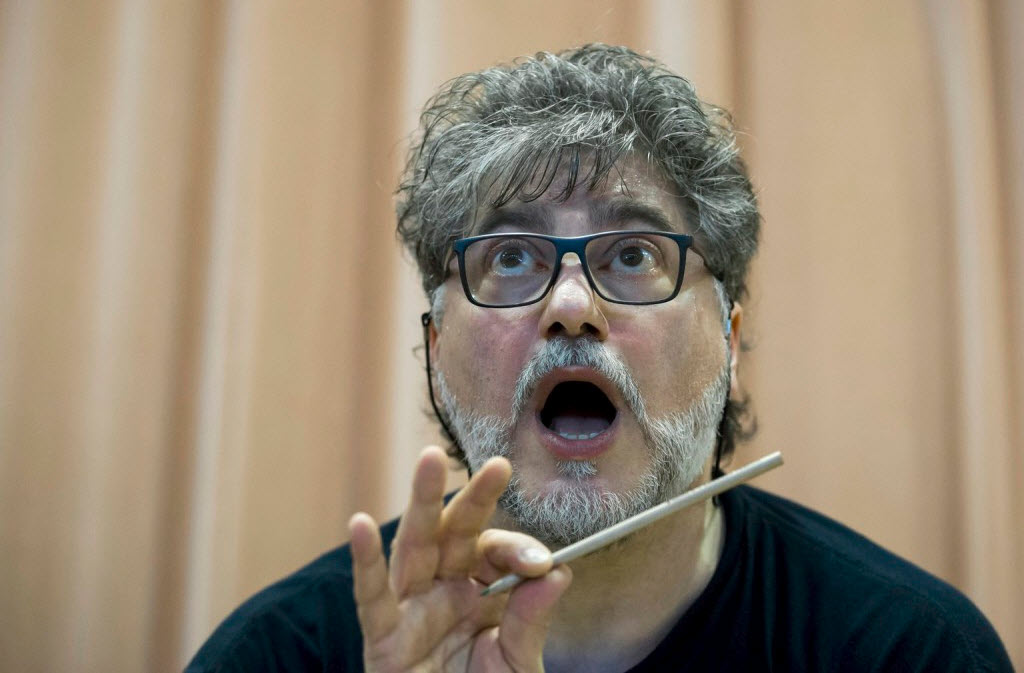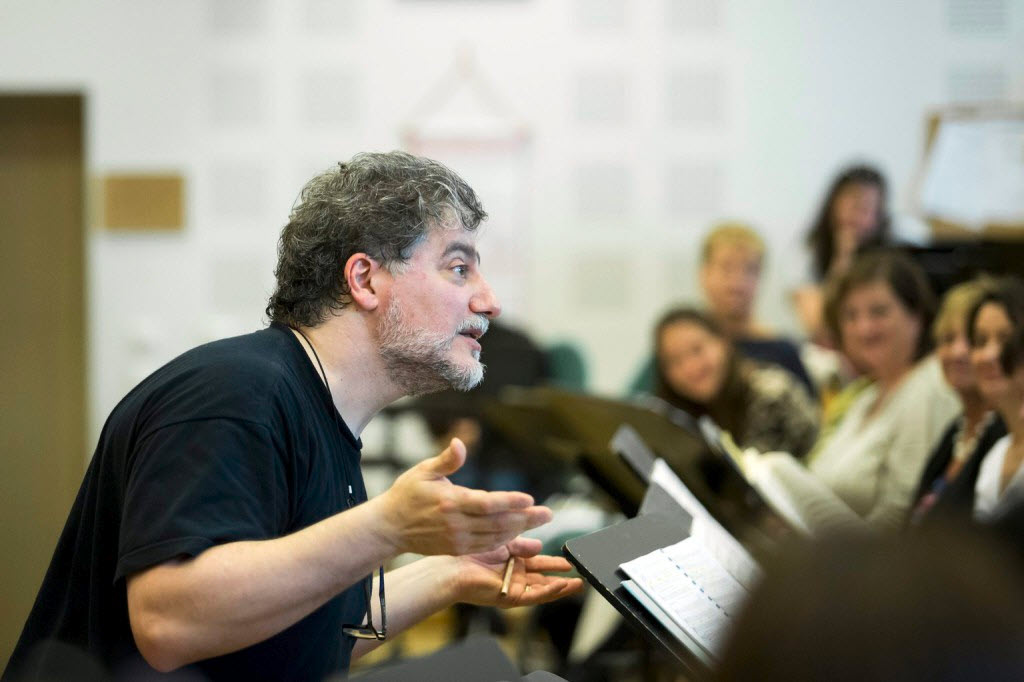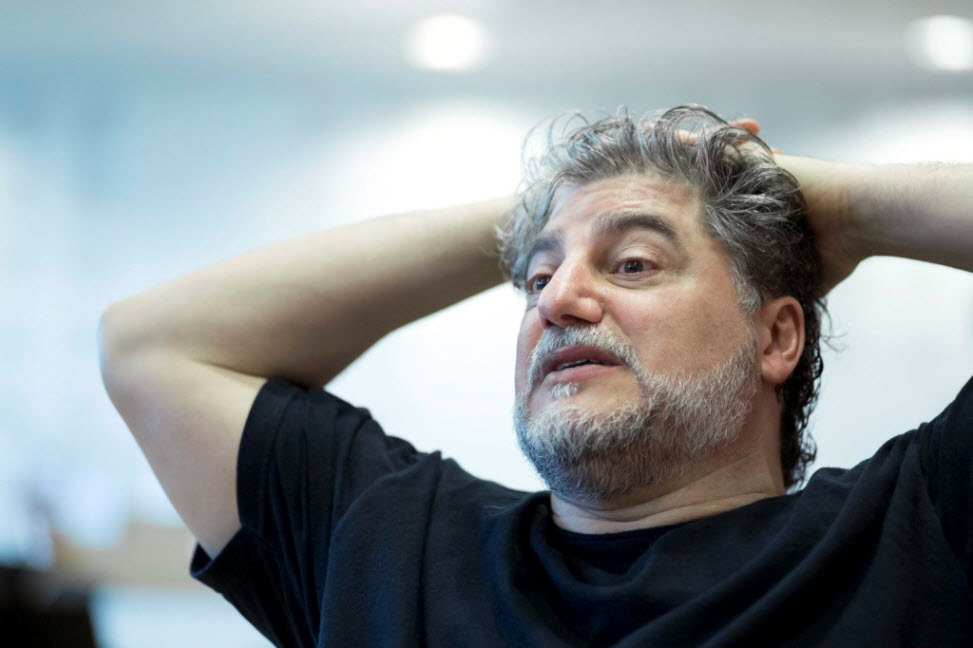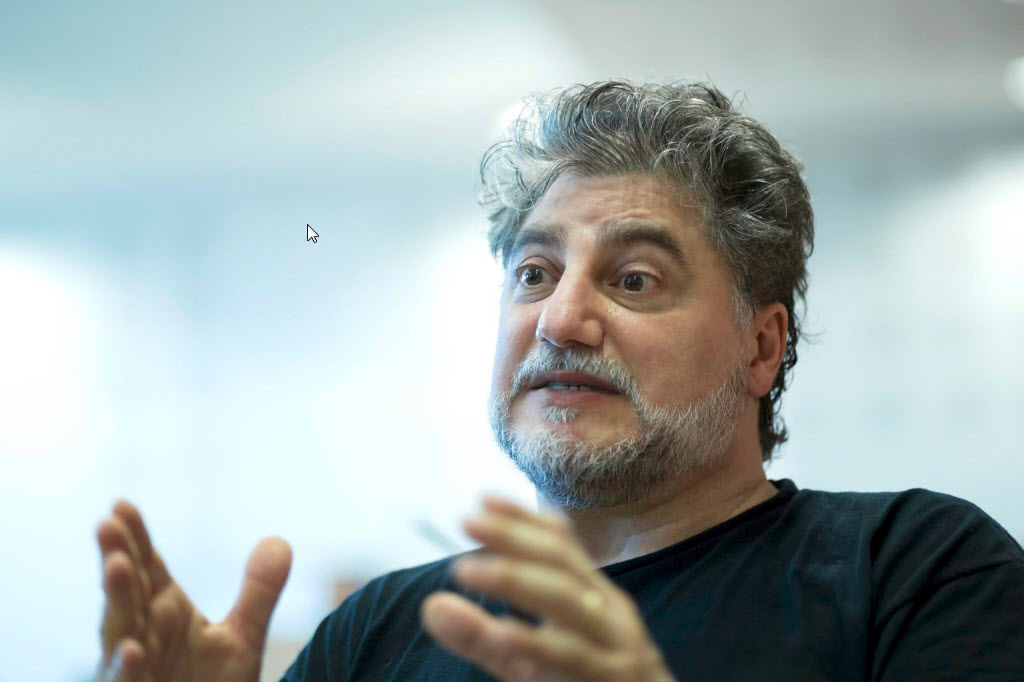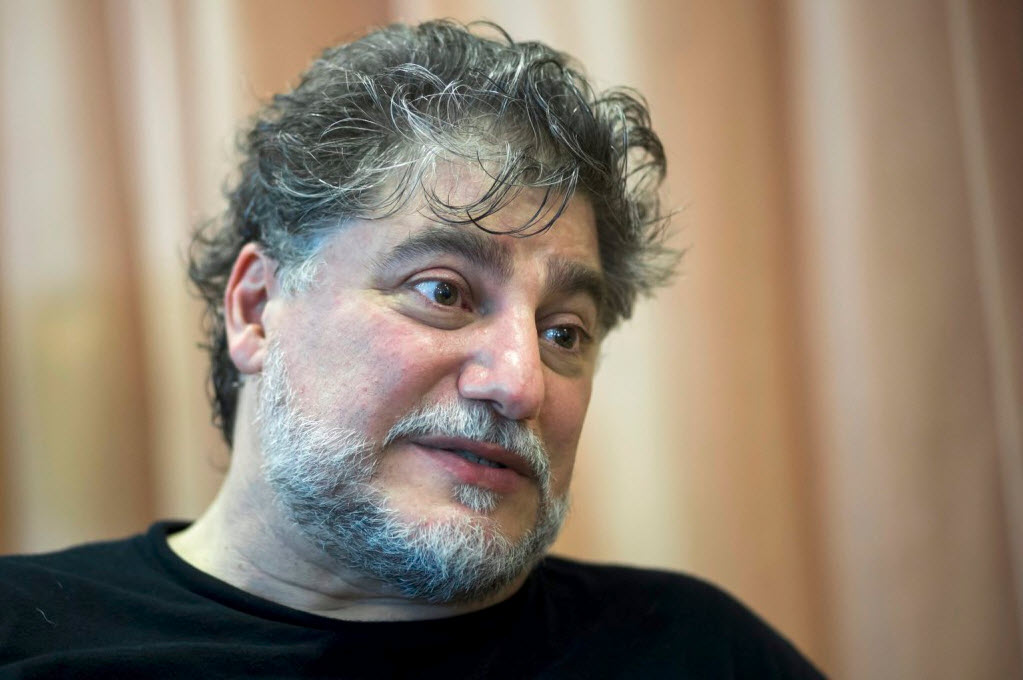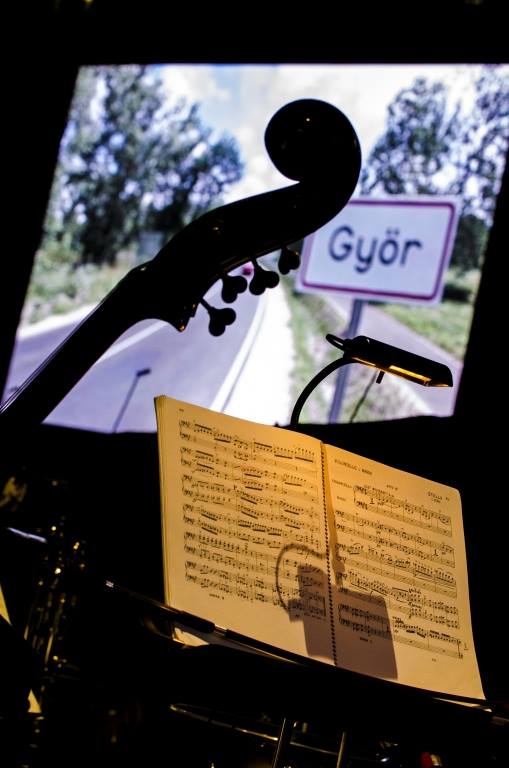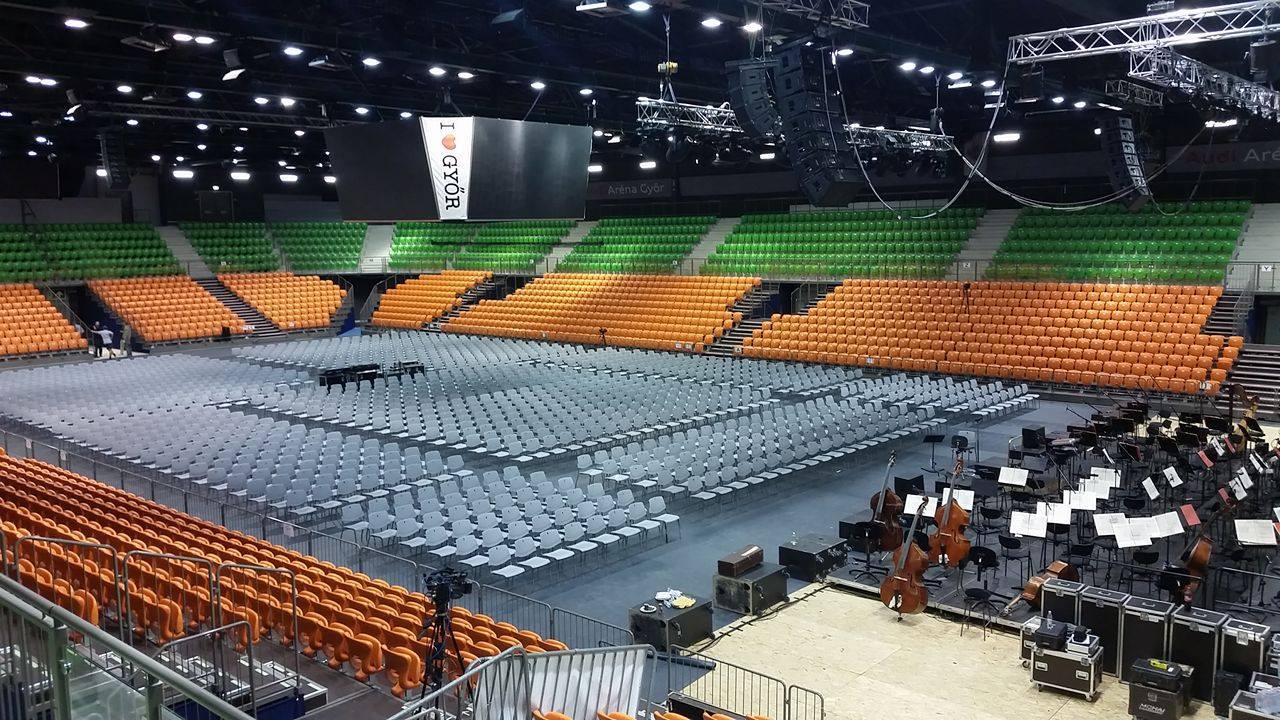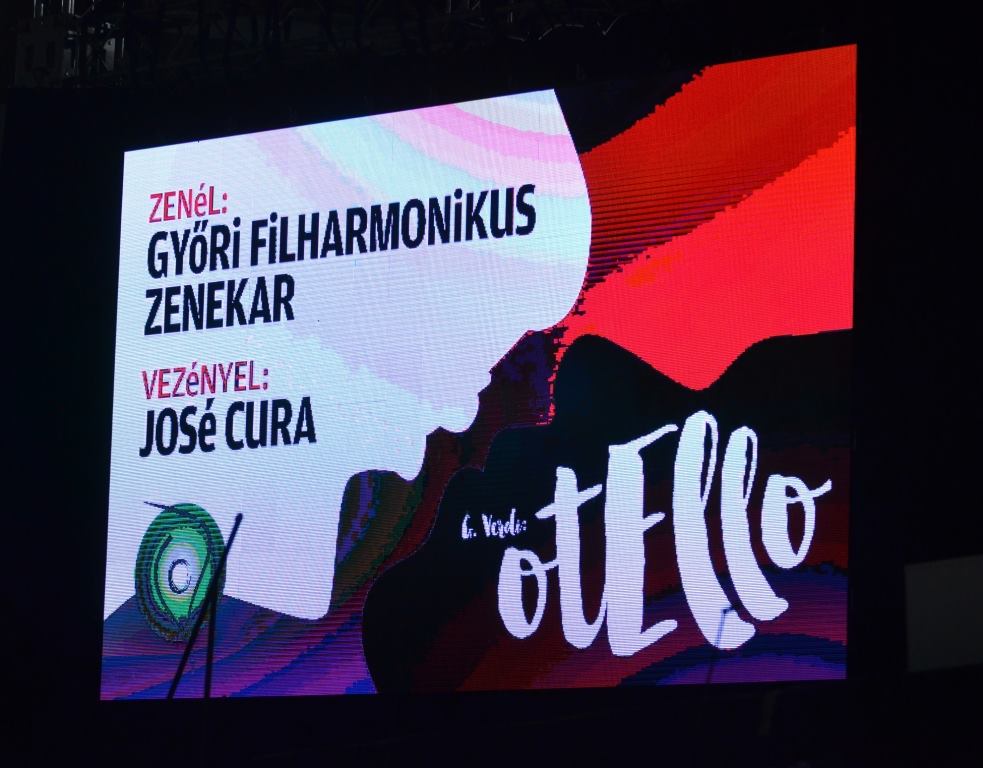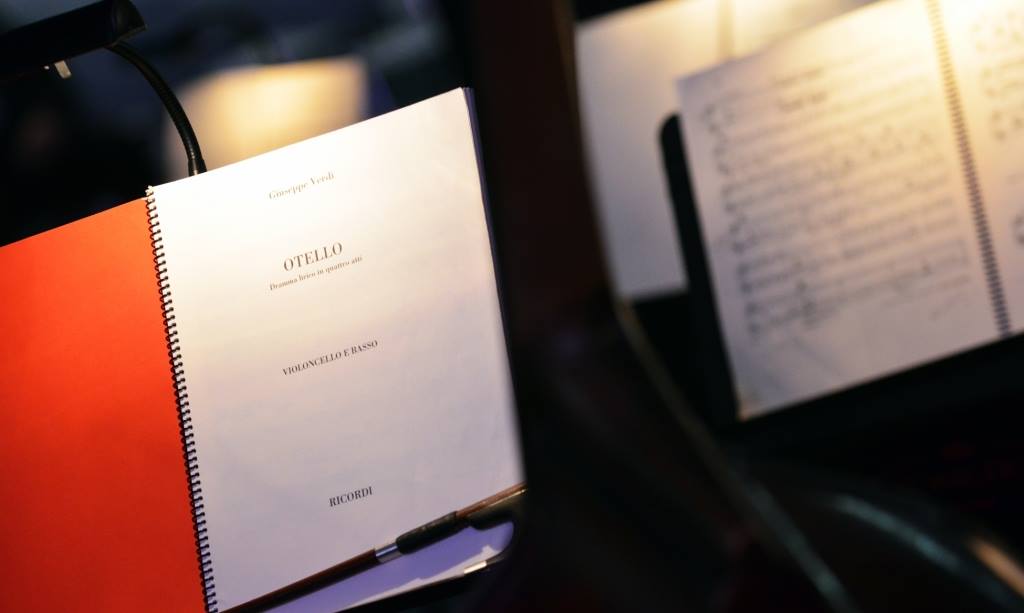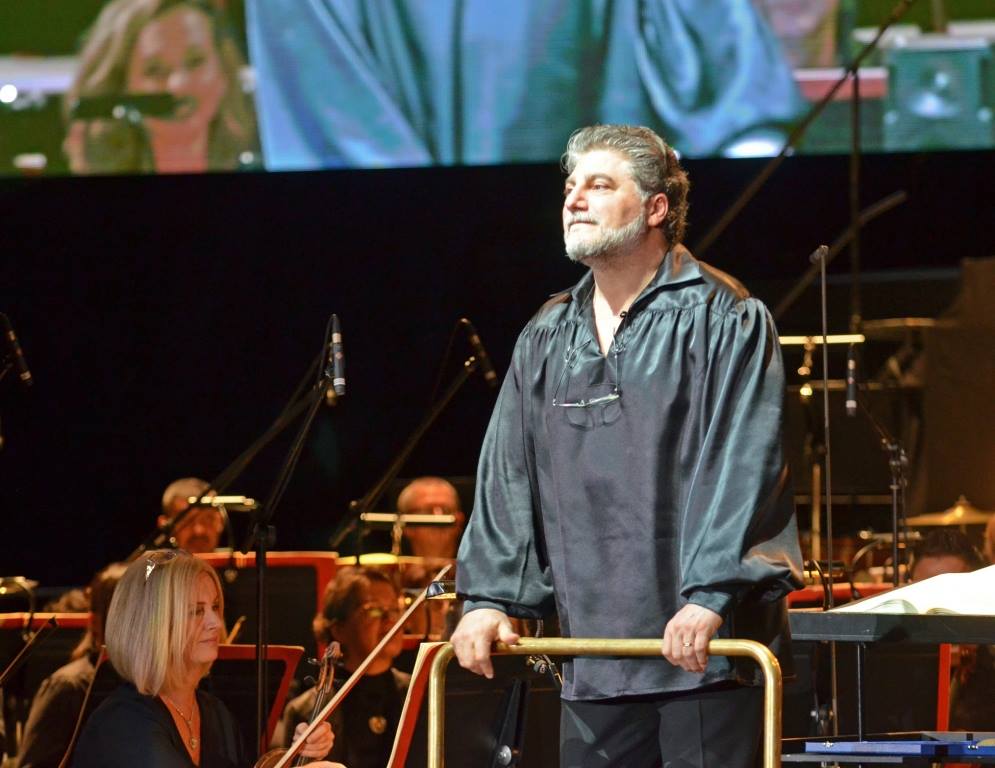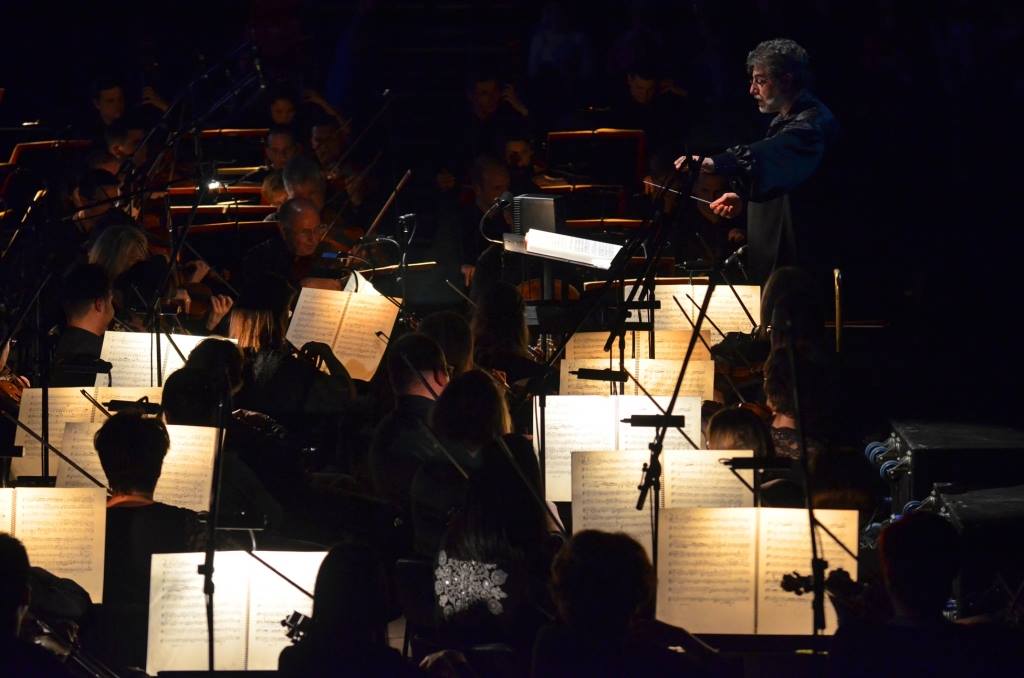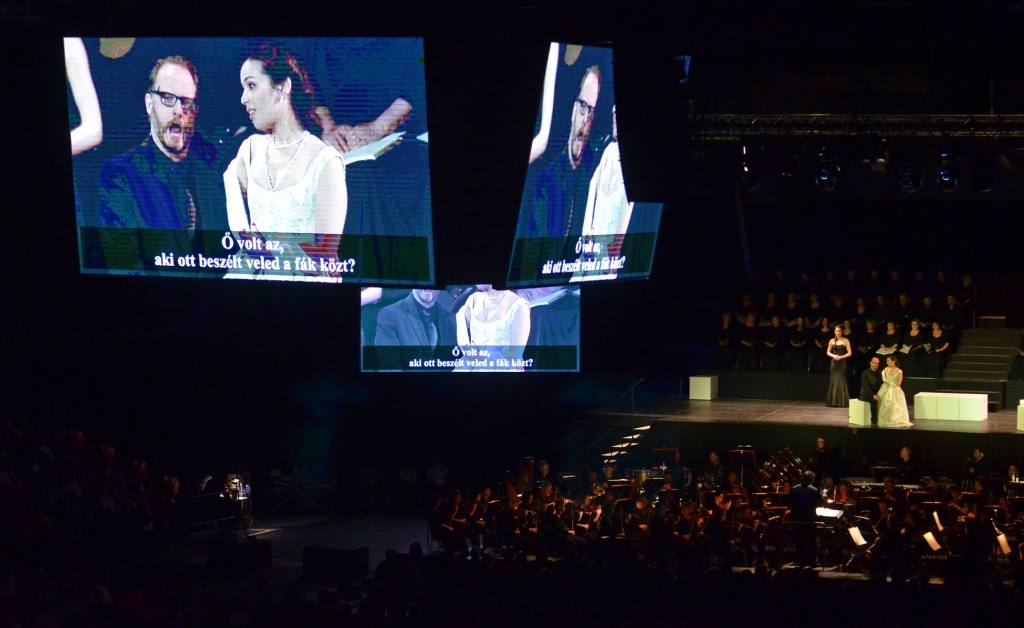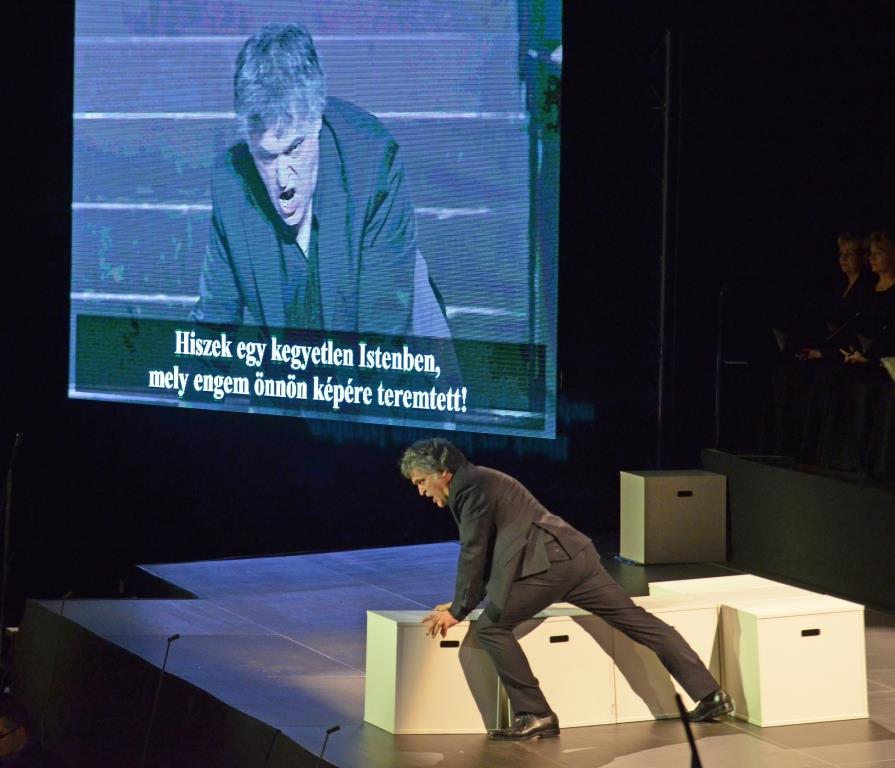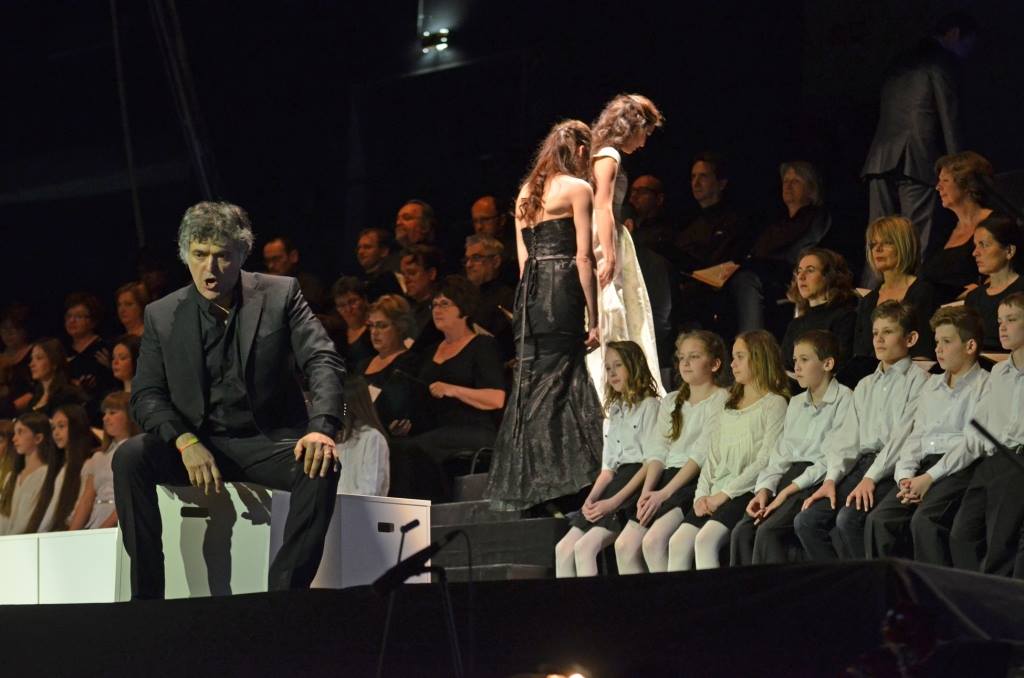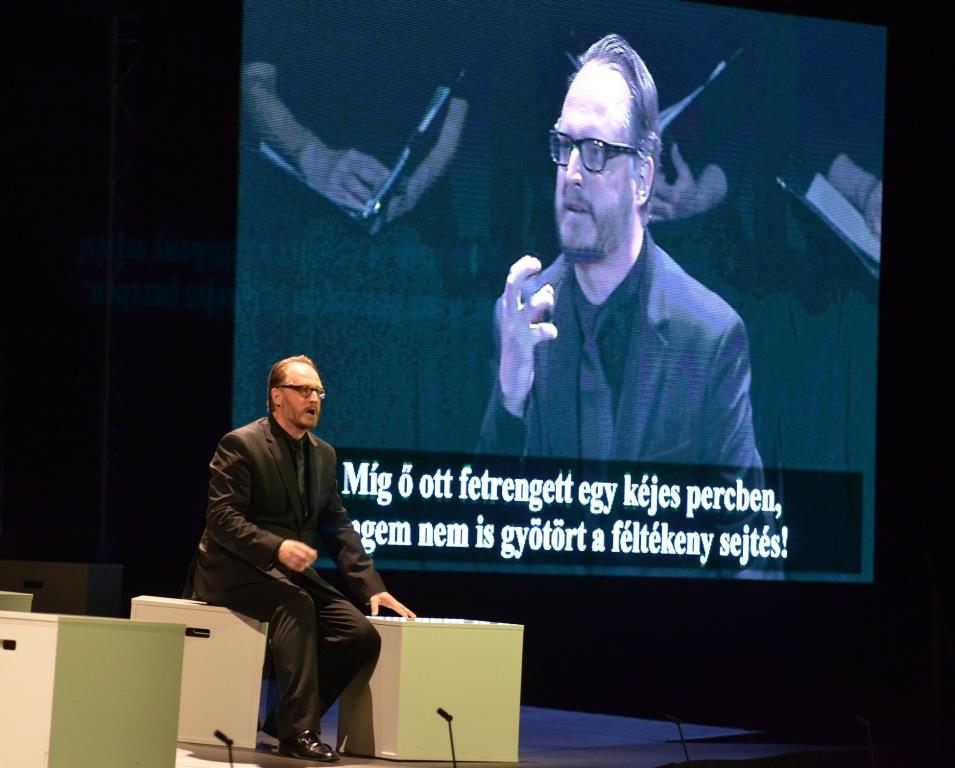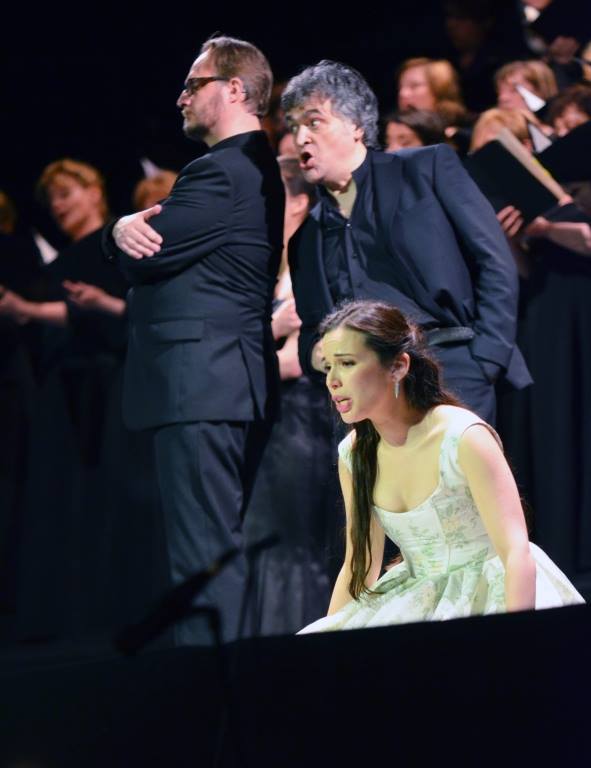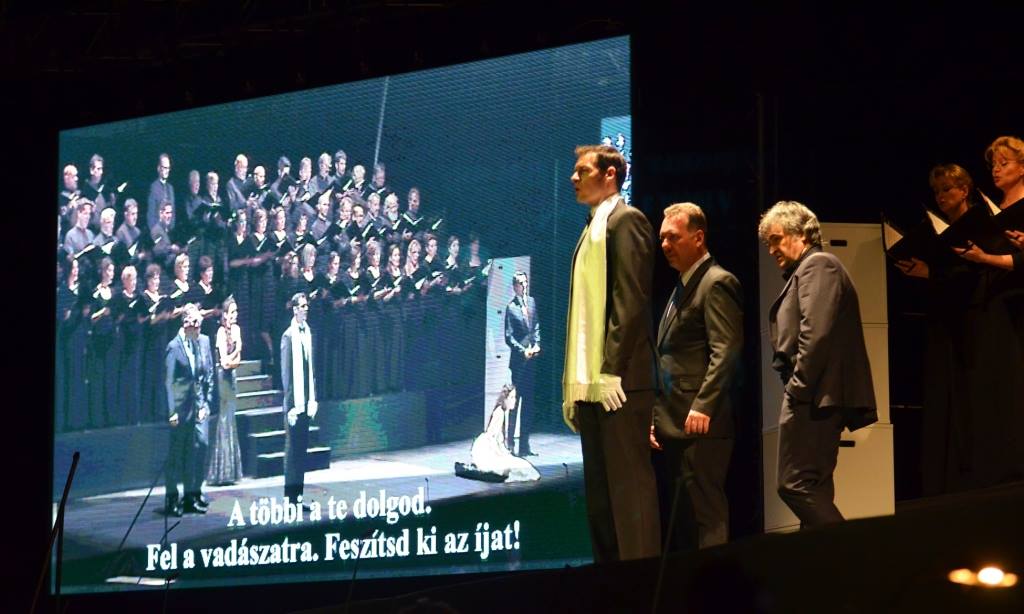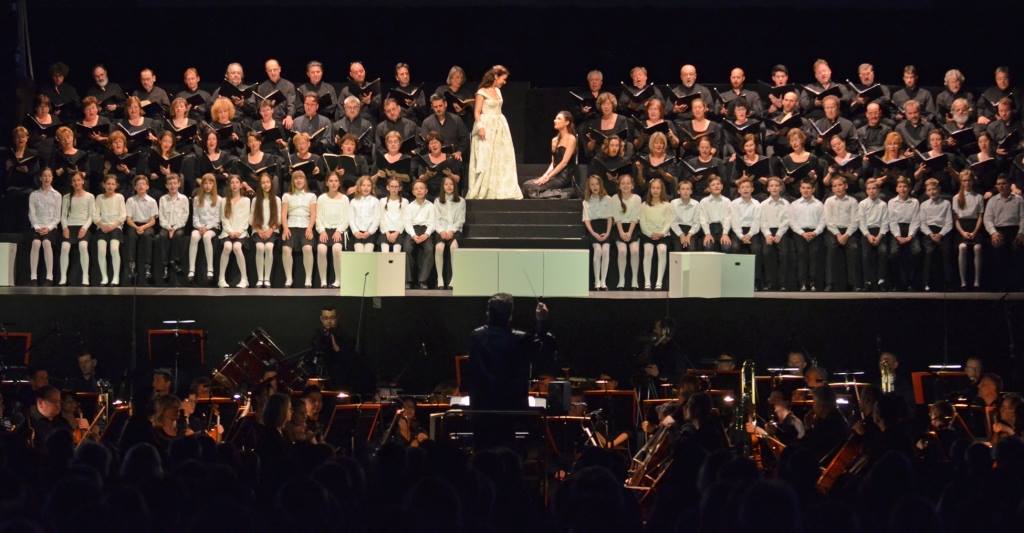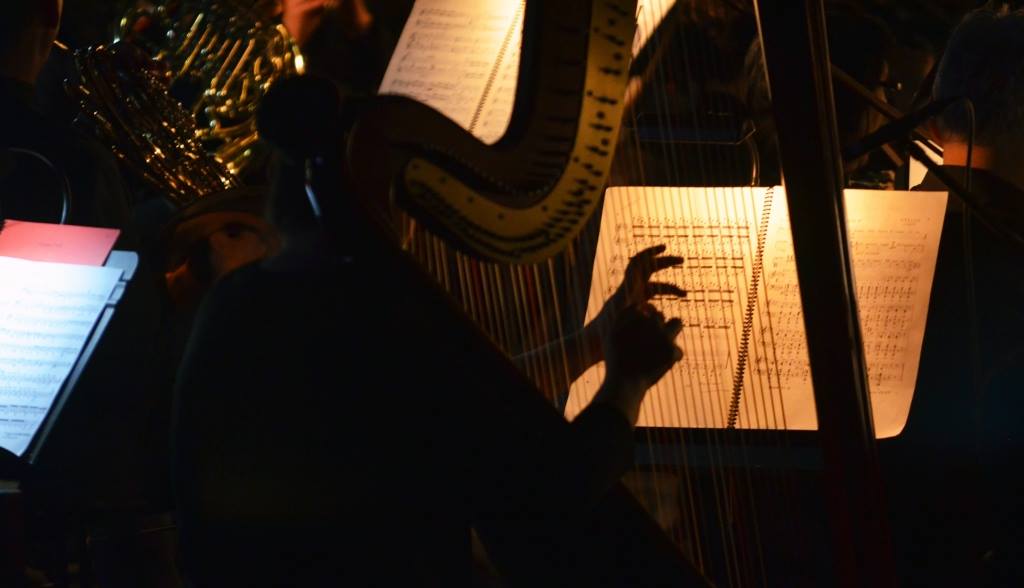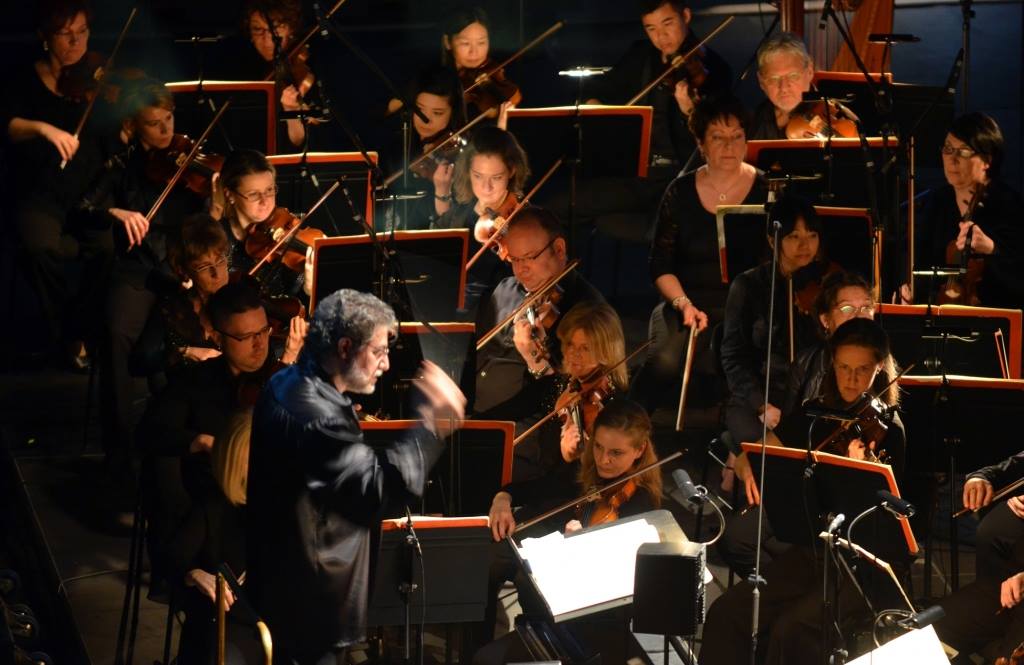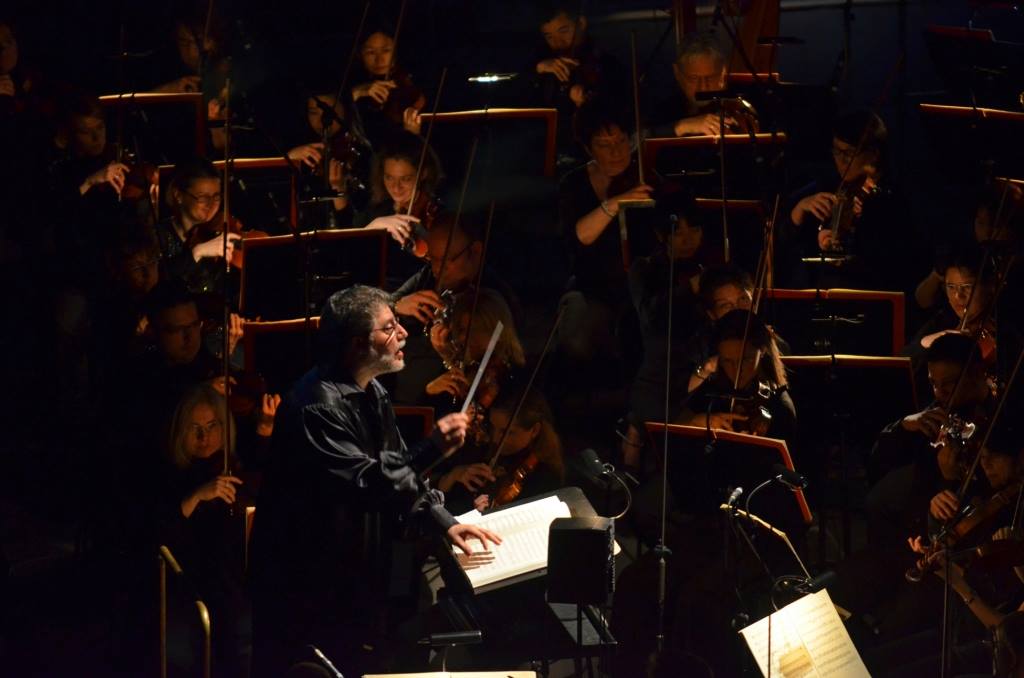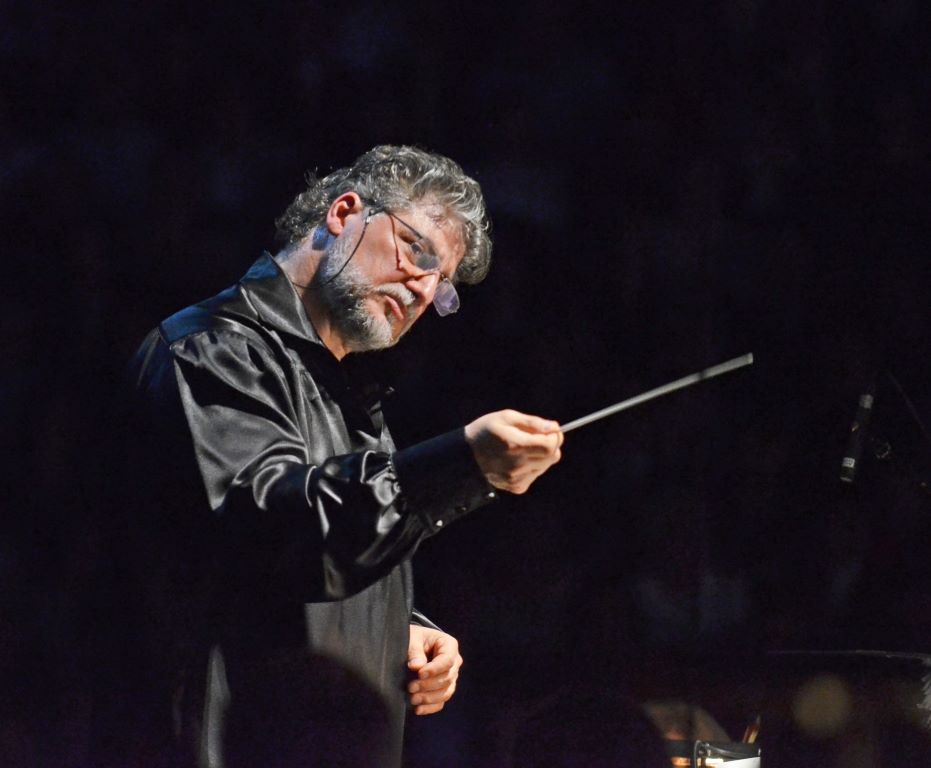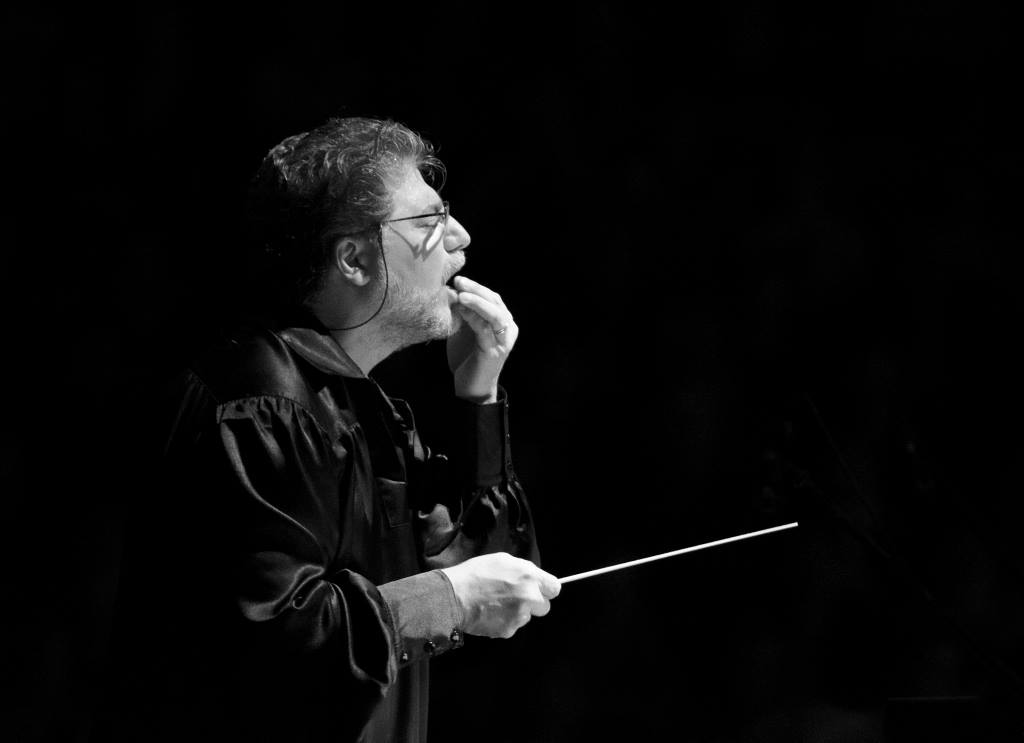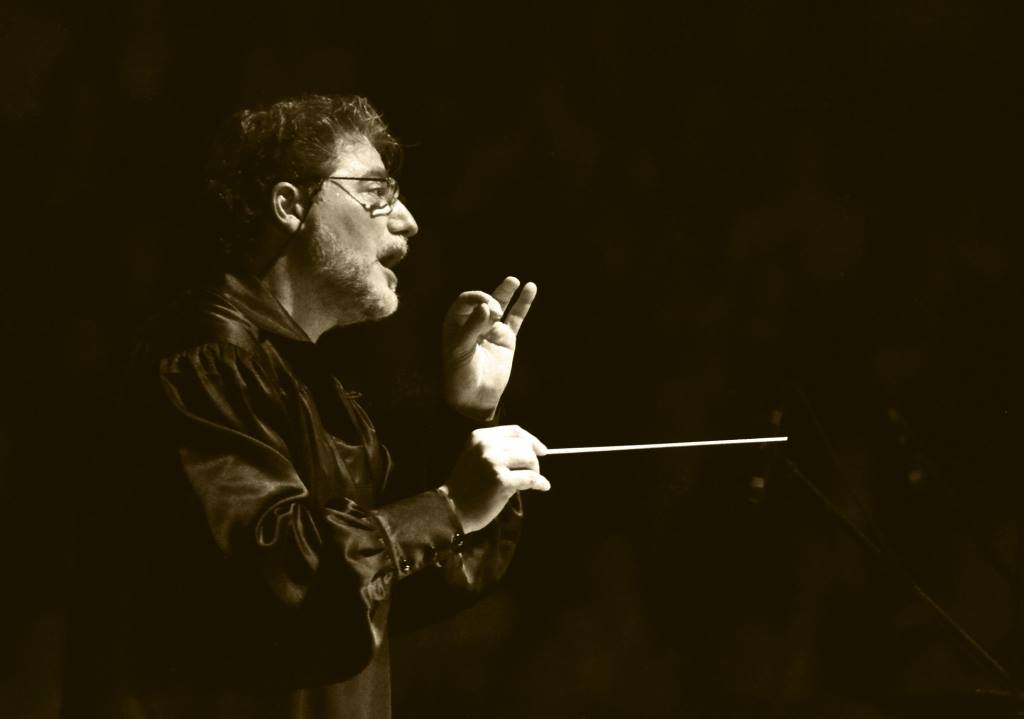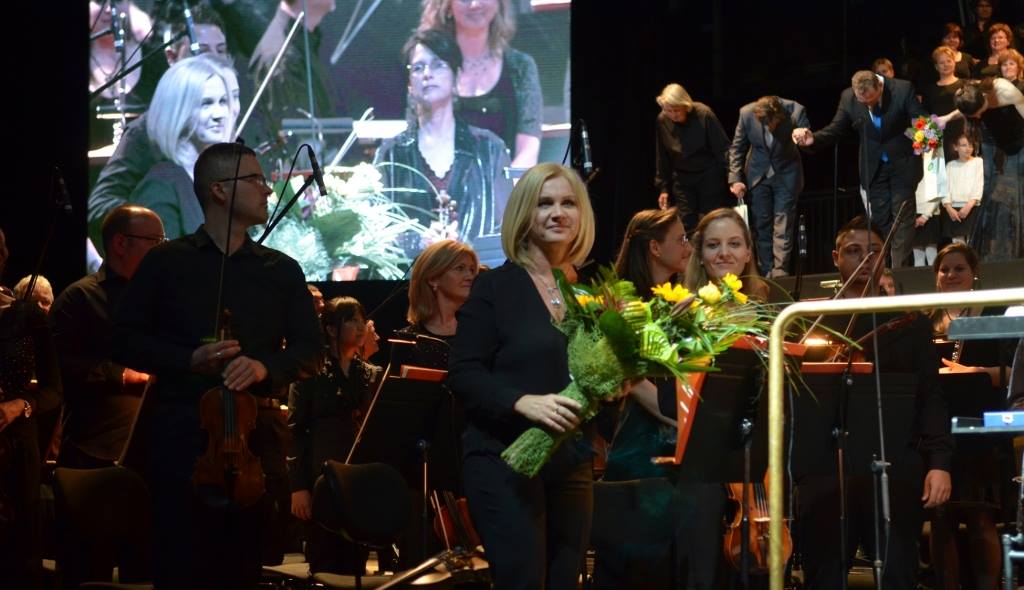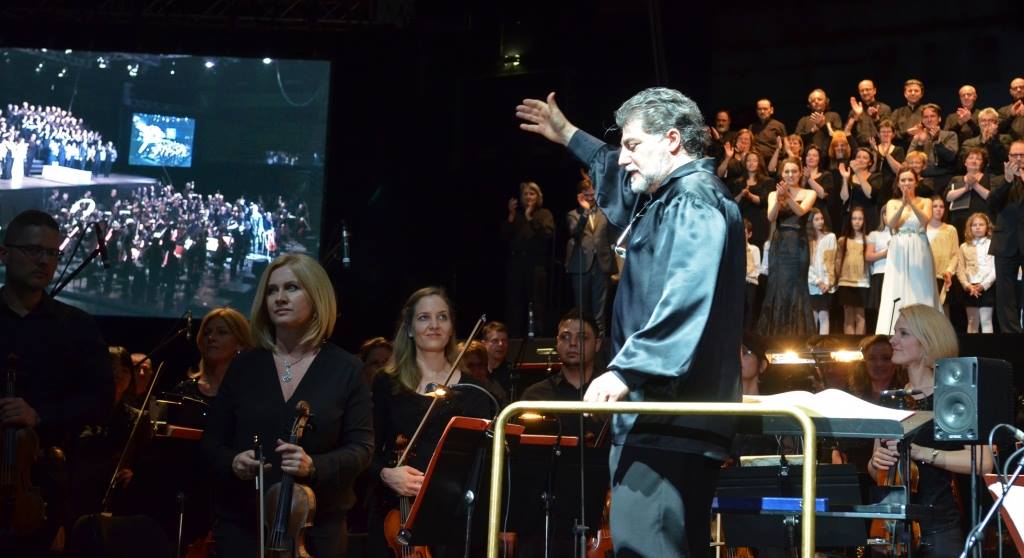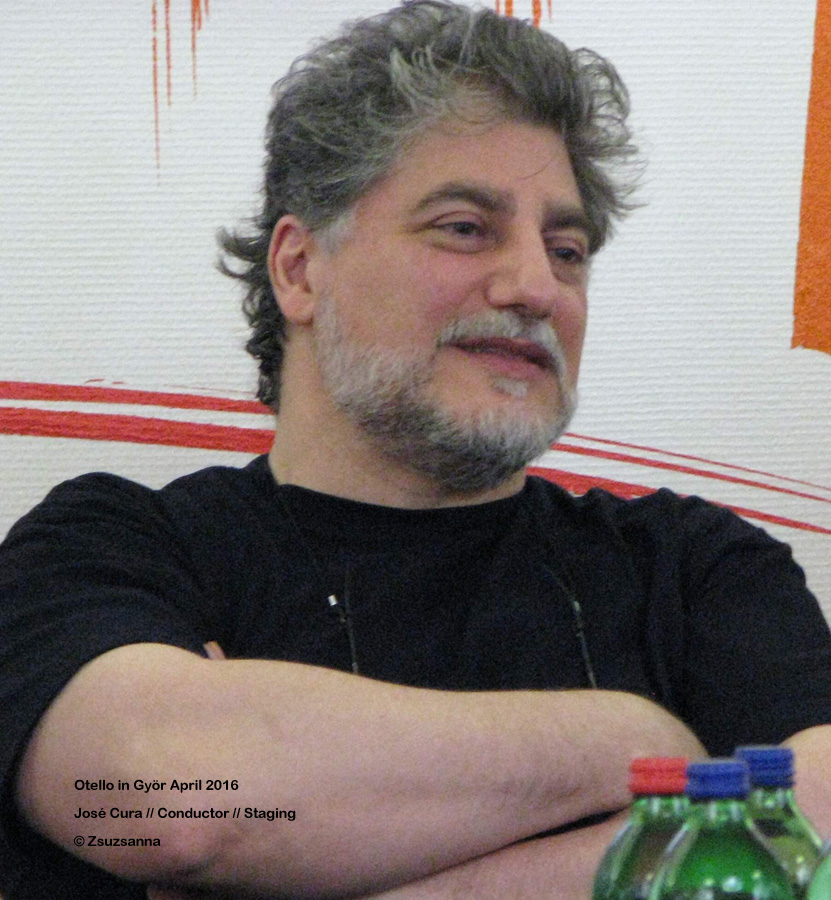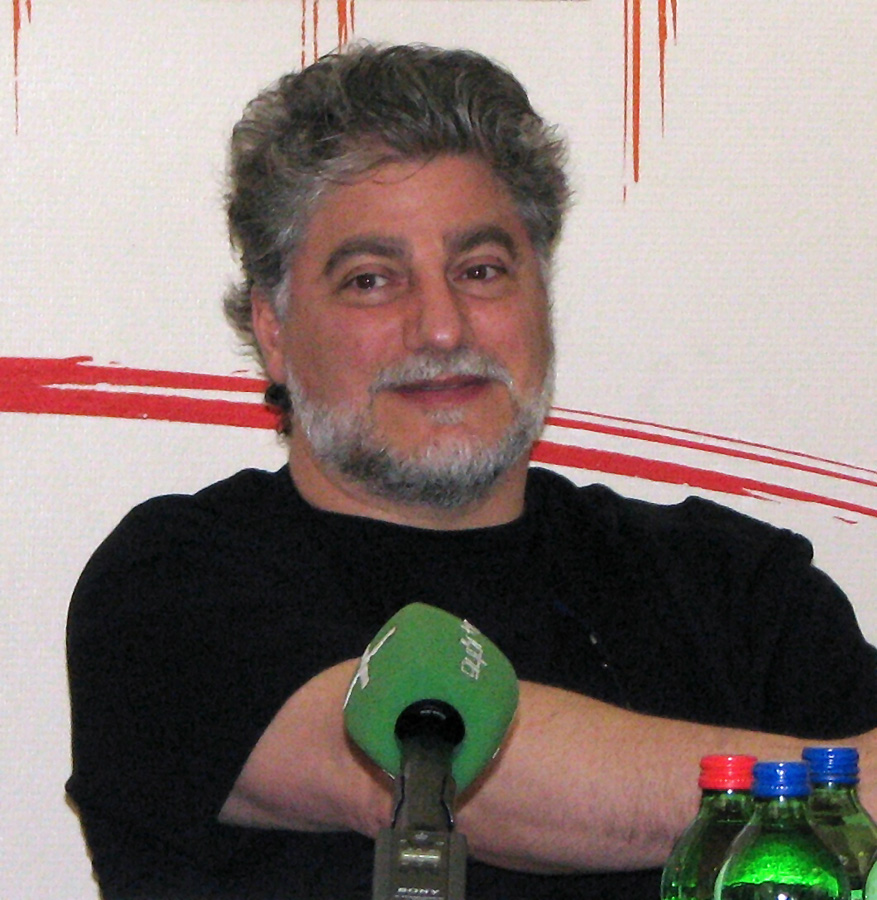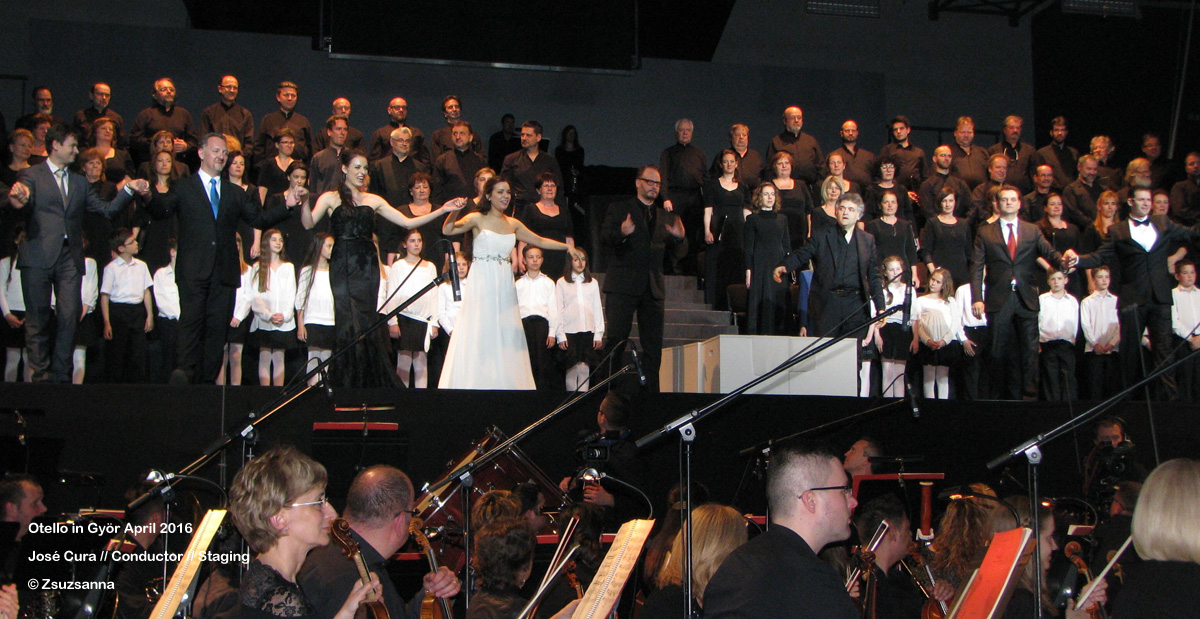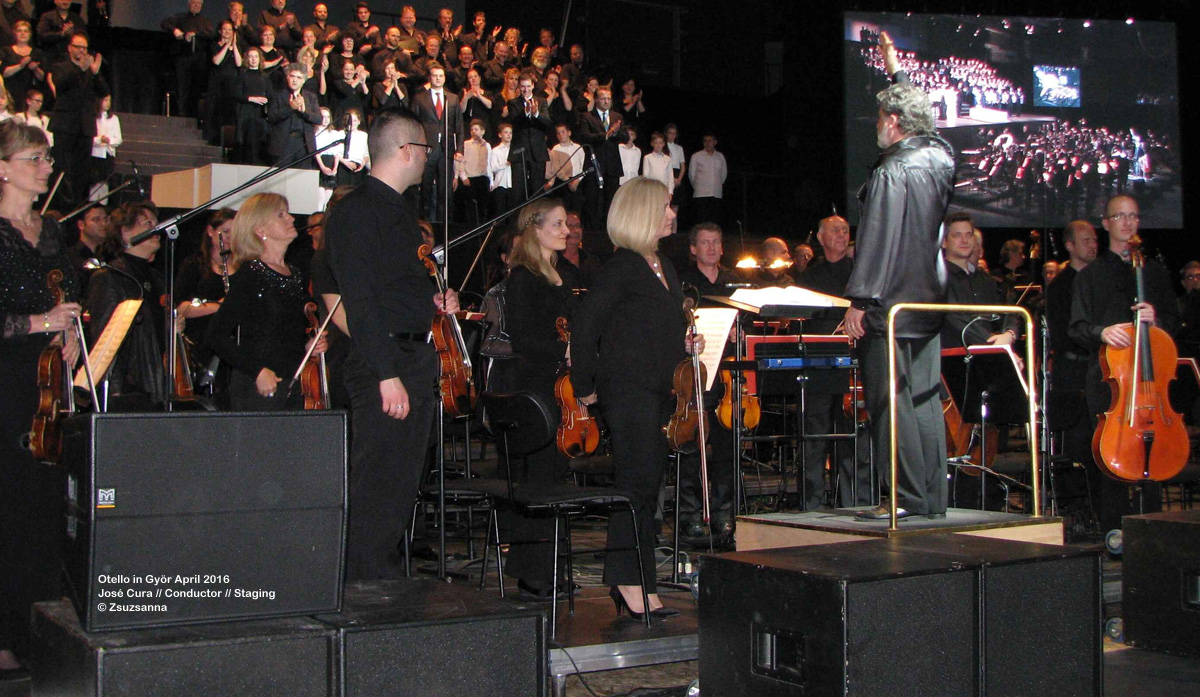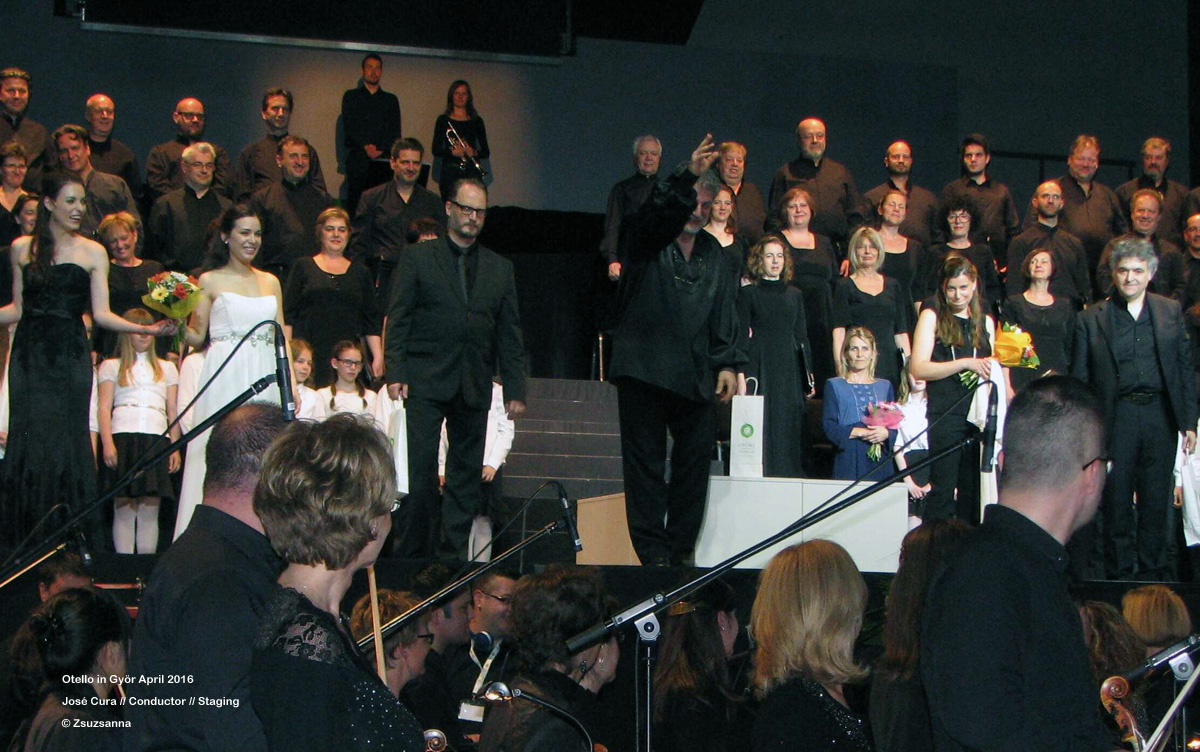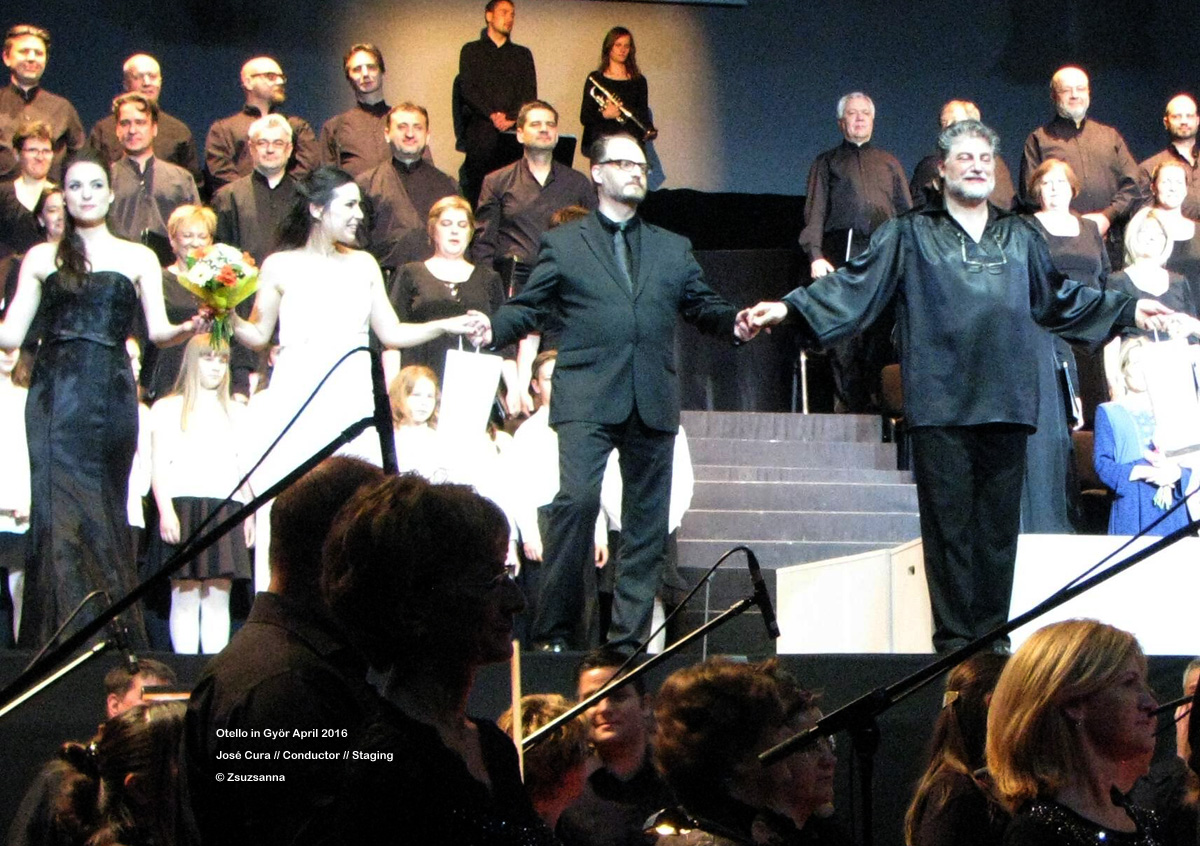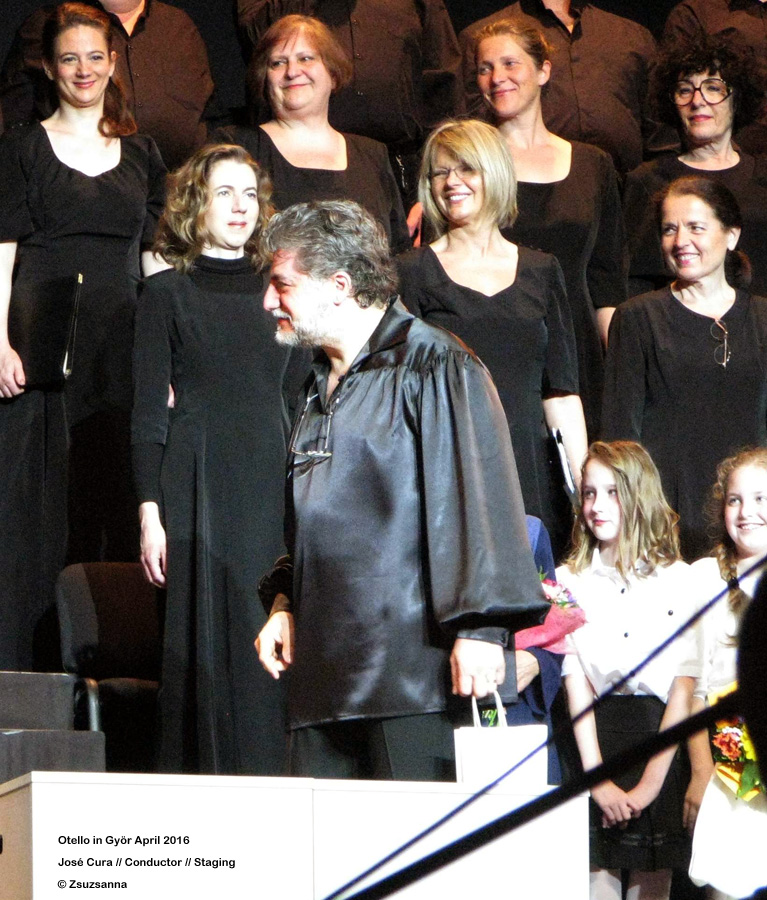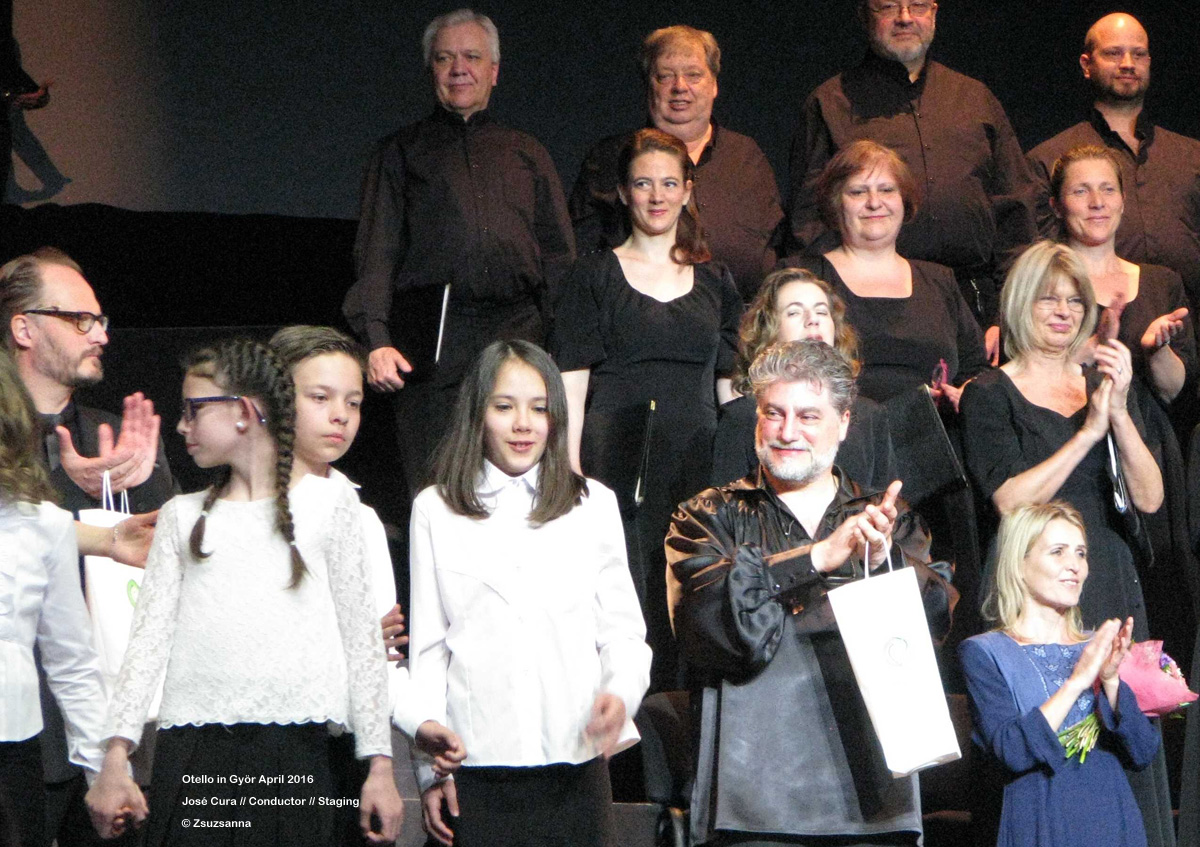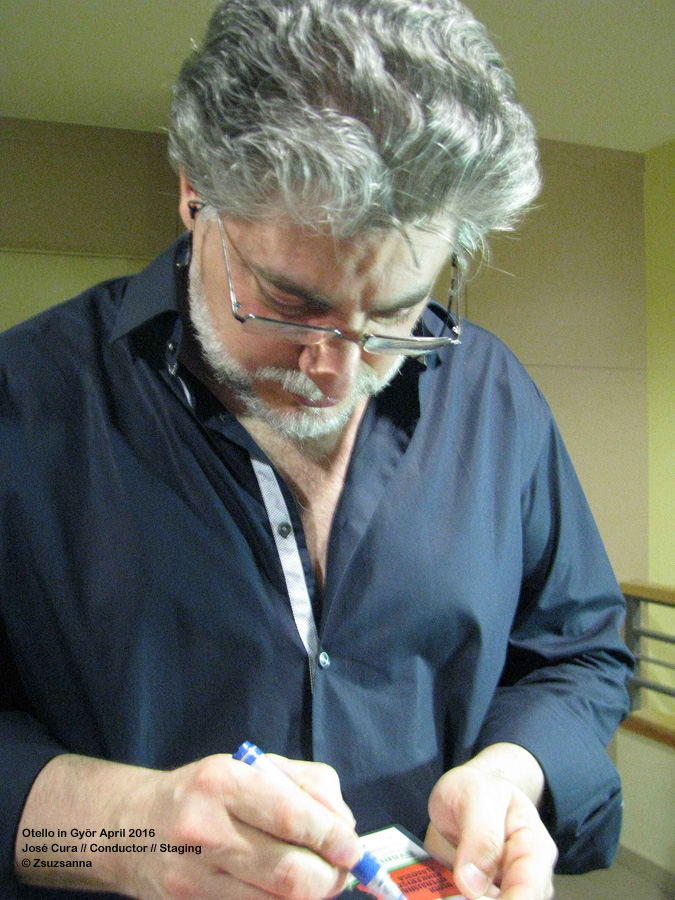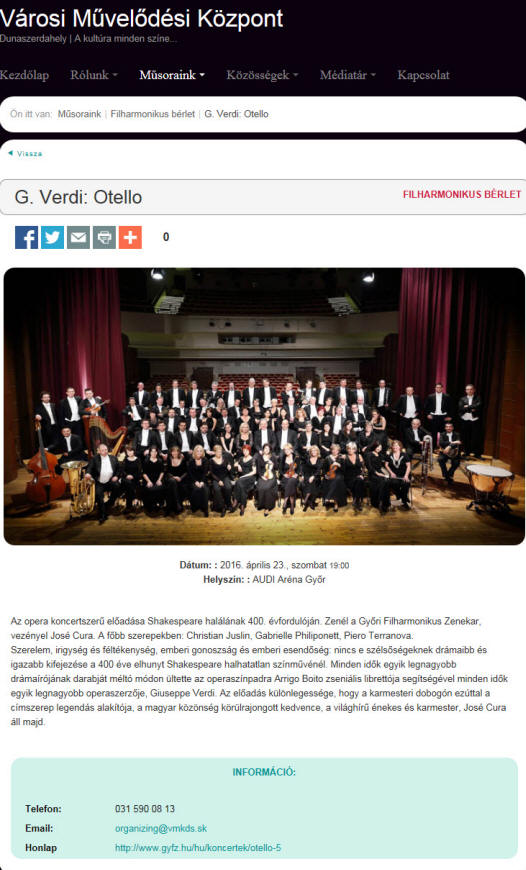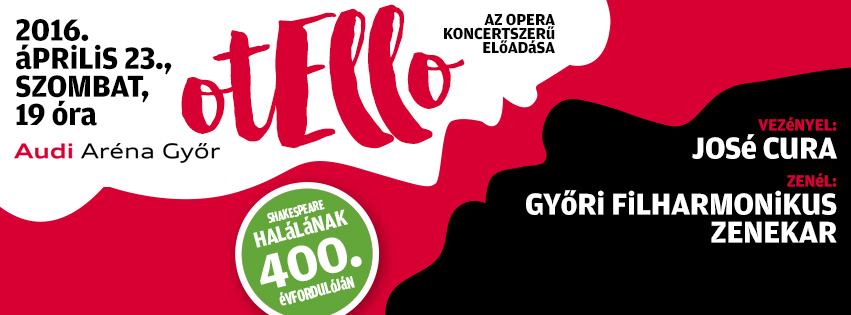
INTERVIEWS!
Translated by Zsuzsanna -- with a little help from a friend
|
|
|
|||||||
|
||||||||
|
|
||||||||
|
||||||||
|
|
||||||||
|
|
.jpg)
|
|
|
|
|
||
|
|
.jpg) |
|
|
||
|
|
||
Pure Joy and Happiness!
|
|
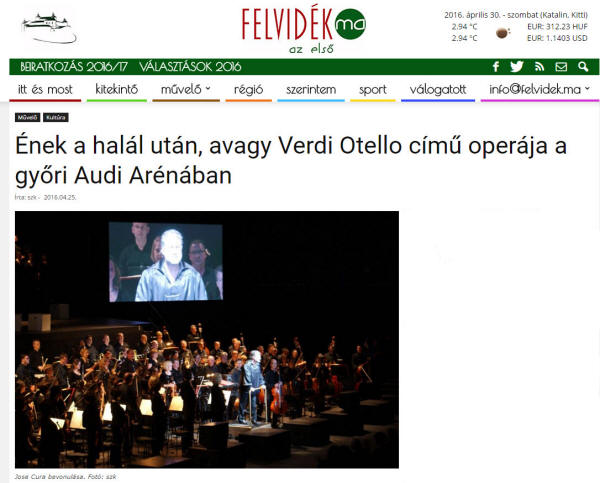 |
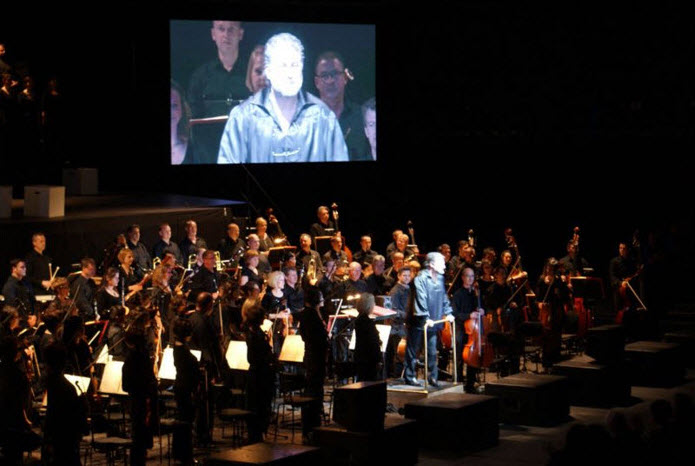
|
|
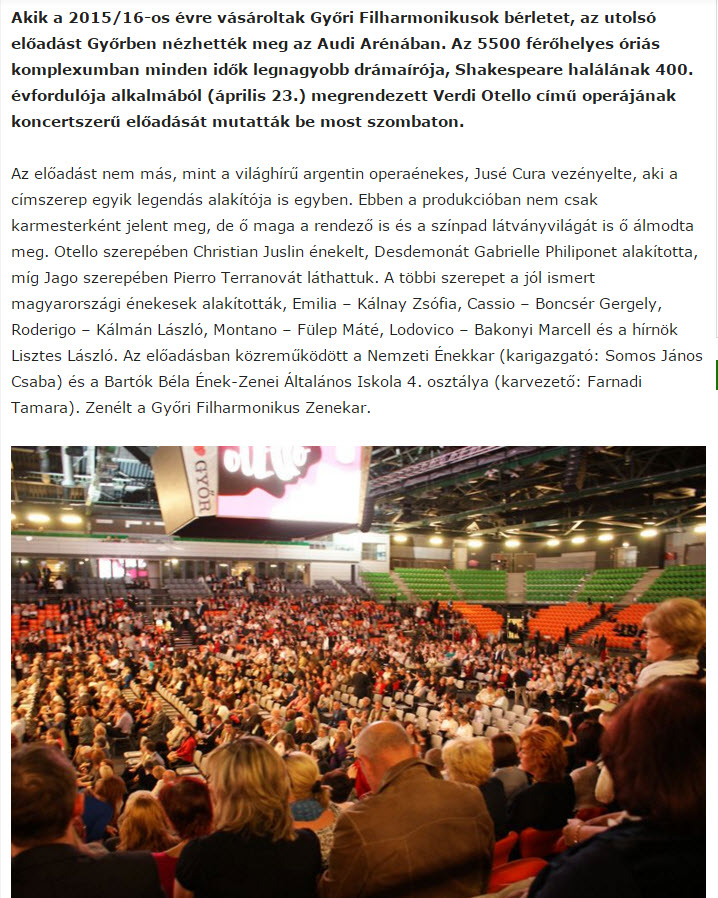
|
Maestro Cura Synthesizes Music and Spectacle in an amazing performance in Györ
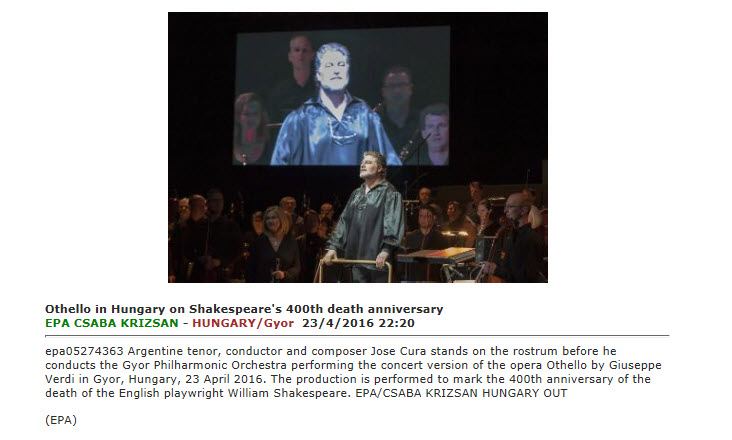
|
Rehearsal
|
||||||||||||||
|
|
|
|
"We developed a close
partnership" Revizor Kis Éva
|
|
|
Reading Shakespeare from a Score Bors Online 11 March 2016
|
|
|
|
||
|
José Cura conducts in Györ Hungary 09.03.2016 translated by Zsuzsanna Suba
|
|
Otello and José Cura in Győr, Hungary
09.03.2016 magyarnarancs.hu translated by Zsuzsanna Suba
The world-famous tenor grasps the baton And if he grasped it, he won’t it let out of his hands, certainly not, until the end of Verdi’s Otello. But what made the great tenor to wink at the conductor's podium? A few years ago we asked this issue from him and it didn’t remain unanswered (full interview here). Magyar Narancs: Why did become you interest in conducting after fifteen years of sumptuous singing carreer? José Cura: Originally I graduated in conducting and composing. Once I was living in the belief that I would lead the most famous orchestras of the world interpreting the works of my most admired composers mainly Beethoven, Brahms, Mahler and Rachmaninov. The voice training, singing, performing arts and theatrical self-expression came relatively late, around my age of thirty. Thus my path is completely differs from the ones, who grasp the baton at a certain stage of their carrier with the intention to renew it. His Otello performance of 1997 made the great singer to a super star and he directed his own Otello production in Buenos Aires recently. In the light of this it is beyond question that we will welcome a true Otello specialist in his person in Győr. In Otello’s role, Christian Juslin will sing, the French soprano Gabrielle Philiponet will play Desdemona, while Jago will be shaped by the Italian baritone Pierro Terranova.
|
|
World-renowned opera singer will conduct in Győr, Hungary
08.03.2016
translated by Zsuzsanna Suba The world-renowned opera singer returns to Hungary with a real curiosity: on the occasion of the 400th anniversary of the death of Shakespeare, he will dream Verdi’s legendary Otello to the stage with the contribution of the Győr Philharmonic Orchestra, the Choir of The Hungarian National Philharmonic Orchestra and renowned international and Hungarian singers. Although José Cura – who rushed in the awareness of classical music with the title role of Otello nearly two decades ago – who is known that he does not like if he is considered as being just an opera singer who happens to be also conducts. After all, the situation is just the opposite: originally he graduated in conducting and composing and besides this he “incidentally” became one of today's most popular, most sought-after star tenors. Accordingly the conducting activity is actively (and more and more prominently) present in his carrier for more than fifteen years now, and he more often acts as stage director in recent years too. Most recently he just directed his own Otello production, notably in his native Argentina. The 53-year-old artist knows every vibration of this piece since he sang the title role of Otello more than two hundred times (in countless conception, in two different productions in Hungary too). It can be said without exaggeration that this role became his trademark now in the opera business. He is used to be called as the ”fourth tenor" by many people (referring the master trio of Domingo, Pavarotti and Carreras), but he always humbly rejects this fantasy flag. A series of particularities characterizes the upcoming production of Győr. An adapted concert version of the drama will be seen on the Arena’s stage on 23 April. It will be directed and conducted by José Cura, who is also in charge for the stage design and spectacle. (It is known in the professional circles, that he is a multitalented artist.) Therefore a very special reading of this opera of inexhaustible depth and dramatic content is expected from the Maestro in his usual “holistic” artistic approach. Even we can speak about “the evening of favourites”, since Shakespeare – as we know from the biographers - was Verdi's favourite writer, and Verdi is Cura's favourite composer, as he confessed countless times about it. The composition of the singing team also promises exciting synergies; the joint work of Hungarian and foreign talents. In Otello’s role, the Finnish Christian Juslin will be seen and heard, the French soprano Gabrielle Philiponet sings Desdemona, Jago will be played by the Italian baritone Pierro Terranova. The Hungarian singers will be represented by mezzo-soprano Zsófia Kálnay, Gergely Boncsér who currently plays Cassio’s role in the Hungarian Sate Opera and the bass-baritone Marcell Bakonyi at the concert. The music is provided by the aforementioned Győr Philharmonic Orchestra, with which the star tenor gave a frenetic concert last year in Győr too. The Choir of The Hungarian National Philharmonic Orchestra led by their choir master, the Liszt Prize winner Csaba Somos will also contribute. The Argentine Maestro will prepare for this monumental event in Győr during an intensive one-week long rehearsal. |
|
José Cura will perform again in Győr, Hungary
mno.hu 10.03.2016 translated by Zsuzsanna Suba
José Cura, one of today's most popular opera singers will conduct Otello in Győr on 23 April. It is not surprising from the Argentine tenor, since it is well-known, that he doesn’t like if he is considered as being such an opera singer, who, incidentally, sometimes also conducts. Originally he graduated in conducting and composing, only after this he started singing in his late twenties. Renaissance man “It is a very dangerous road on which humanity acts now. They kill the spirit of the Renaissance, which defined the intellectual progress for centuries. Today the expectation is that we know or cultivate only a narrow area of the world and knowledge. And this is true not only for the art. If someone acts differently, then it would be criticized hard. ” – said José Cura to Kultúrgrund in a previous interview. His natural talent was soon discovered shortly after he won the Operalia singing competition founded by Plácido Domingo and then he became one of the most sought-after tenors of the world. Over the last fifteen years, however, he is more often coming back to his original vocation. José Cura considers Verdi as his favorite composer, but he has a particularly sensitive relationship with Otello. In fact he became a super star thanks to his Otello performance in 1997 and he performed the title role of this opera more than two hundred times yet. In 2008 in Szeged - on the occasion of his first full opera performance in Hungary – he also chose this Verdi's work to perform, which he sang in the Hungarian State Opera of Budapest last year too. Cura is a returning guest in our country; he gave a highly successful concert with Andrea Rost in Győr last year in May. Then he vowed to return again this year: on 23 April he will conduct Verdi’s Otello in a concert performance again with the Győr Philharmonic Orchestra, in the Audi Arena of Győr. Moreover, Cura is not only the conductor but also the stage director of the show. In the role of Otello the Finnish tenor Christian Juslin will sing, Desdemona’s role will be played by the French soprano Gabrielle Philiponet, while Jago’s figure will be shaped by the young Italian baritone, Piero Terranova.
|
Promotional Material
|
Click photo above to watch
|
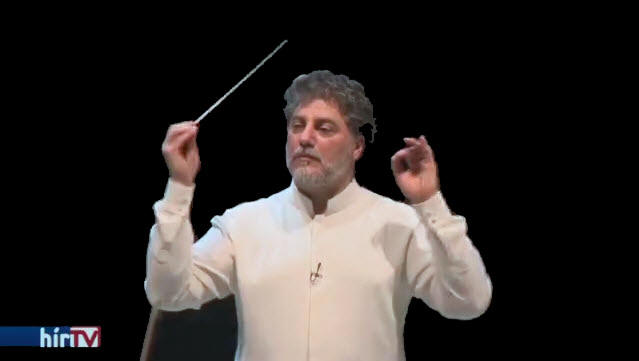
Click photo above to watch |
|
|
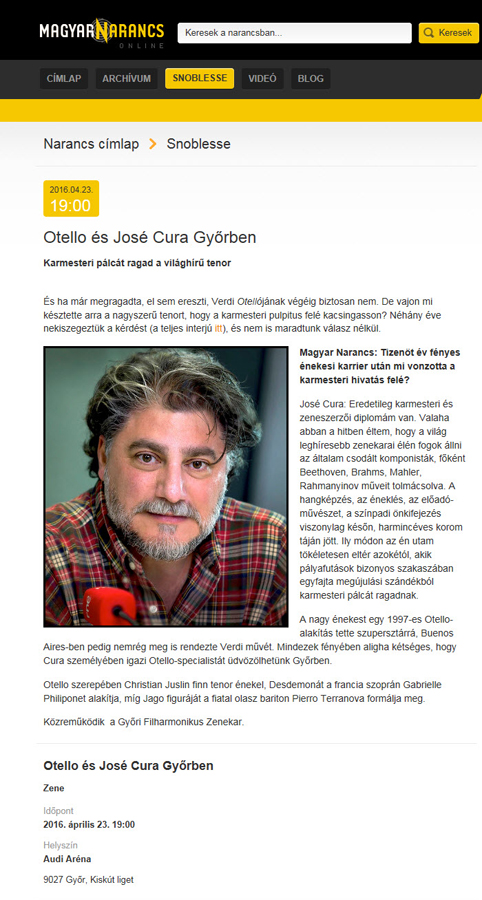 |
|
|
|
Press Conference Announcing Otello in Concert in Györ
|
|
|
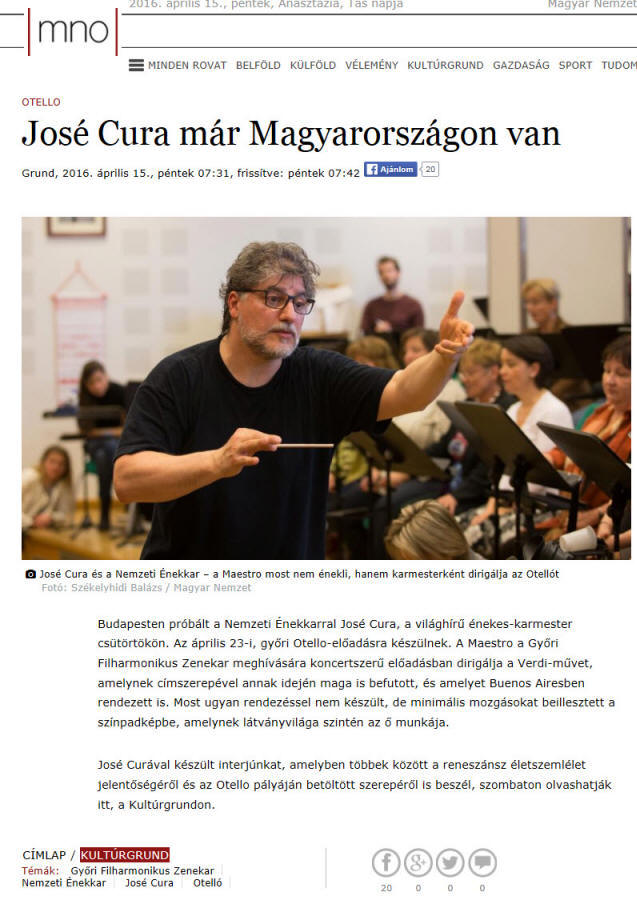 |
José Cura is in Hungary
mno.hu 14/04/2016
translated by Zsuzsanna Suba
|
|
|

|

|
|
|
|
|
José Cura world-famous tenor: “It is a huge challenge to conduct Otello”
source: MTI published: hir.ma 15/04/2016
translated by Zsuzsanna Suba “It is a huge challenge to conduct Otello” –said José Cura world-famous tenor to MTI. He conducts the concert performance of Giuseppe Verdi’s masterpiece with the Győr Philharmonic Orchestra in the Audi Arena of Győr. The Argentine tenor held a rehearsal with the Hungarian National Choir – which also contributes to concert the chorus master is Csaba Somos – in an extremely good atmosphere on Thursday in the Palace of Art (MÜPA) in Budapest. After the rehearsal José Cura reported to MTI that it didn’t often occur that they were laughing so much while working under his leadership. On the other hand, some humorous remarks usually help the musicians and singers to relax during the several hours of rehearsals which mean great strain for them.
The conductor also added that he was very satisfied with the work of the choir. He praised the achievement of the Hungarian National Choir more times emphasizing that as the choir belonged to a symphonic orchestra they had a significant advantage over the official opera choirs in singing certain softer tones.
On one occasion he expressed a special praise for the tenor session too, telling us that in the case of some choirs it is good if the other voices “hide” the tenor voices, but this is unnecessary for the Hungarian National Choir. The 53-year-old singer recalled, that he had been singing Otello for 20 years, which was one of his most well-known roles.
He also produced the stage direction of Otello in Buenos Aires three years ago. As he said, after spending so many years with this piece, the conducting of Otello represented a huge challenge and exceptional pressure for him since he couldn’t approach this opera with such ease as in the case of dealing with a new and unknown music.
However, José Cura sees that it is also a great advantage for him to have sung the role of Otello in countless different situations under the hands of many directors and based on lots of aspects, so he knows well what is working and what is not working in the performance of this immensely complicated and long piece.
Last time, the singer-conductor performed in Győr last year on 3rd of May in a joint concert with Andrea Rost and Győr Philharmonic Orchestra. José Cura is a frequent guest in Hungary; the Hungarian audience could see him in a full opera performance in 2008 in the National Theatre of Szeged when he sang the title role of Otello. In 2014 he dazzled the audience of the Hungarian State Opera as Cavaradossi in the frame of the Budapest Spring Festival and he also sang Otello there last year. At that time he said to MTI that he would be glad to introduce himself as a stage director in Hungary, too.
This is now becomes true, since José Cura not only conducts, but also directs the performance of Otello on 23rd April and he produces the stage design of the show as well. The Finnish tenor Christian Juslin sings Otello’s role, the French soprano Gabrielle Philiponet performs as Desdemona and the Italian baritone Pierro Terranova interprets Jago’s character. Hungarian singers, Zsófia Kálnay, Gergely Boncsér and Marcell Bakonyi appear on the stage in the other roles. José Cura is considered as being one of the best tenors of our time. He performed on the opera stage for the first time in Verona in 1992. Two years later he won the Operalia international singing competition founded by Plácido Domingo. The young tenor was mentioned as being the new star of the 1990s and he was invaded by many contracts and also celebrated by the audience of Paris, London, Milan and New York. In 1997 he earned enormous success in the title role of Otello in which Claudio Abbado conducted the orchestra of Berlin Philharmonic. José Cura have sung Otello’s role more than 200 times during his career.
|
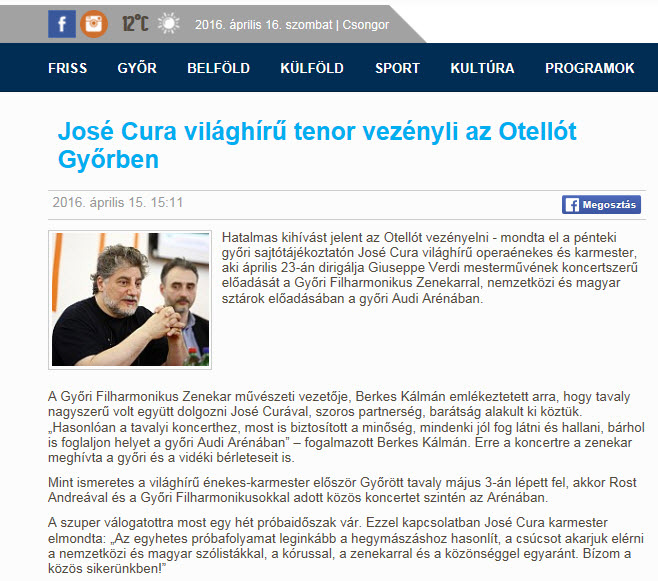 |
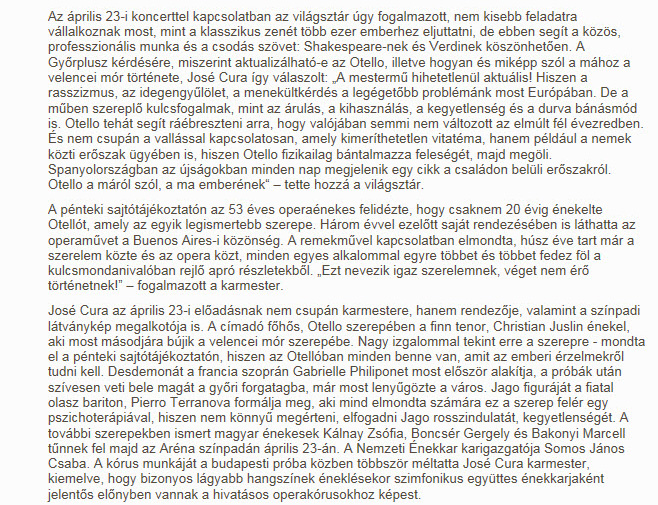
|
||
|
|
|||
|
|
|||
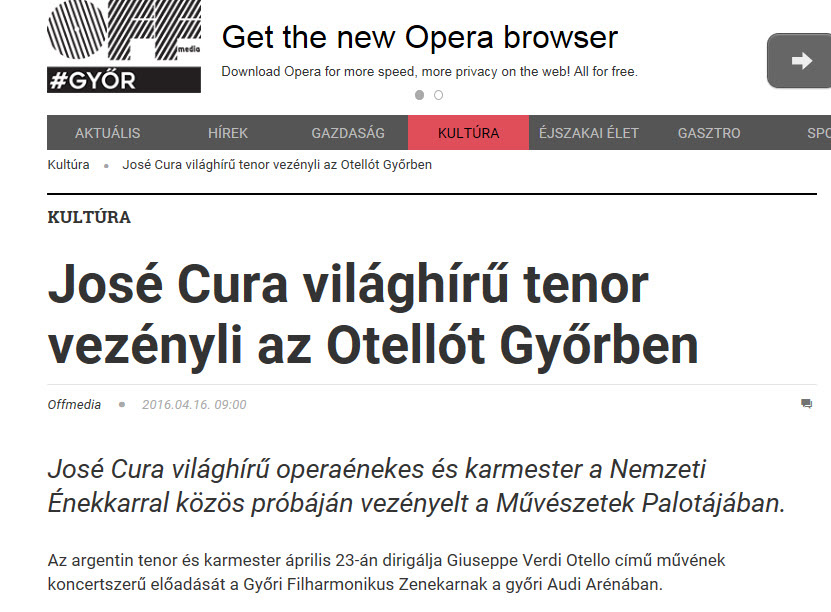
|
|
|
|
|
|
|
|
|
Press Conference Photos
|
|
Rehearsal Photos
|
|
|
|
Memorable celebration of Shakespeare’s anniversary with Verdi’s Otello under the baton of José Cura with the Győr Philharmonic Orchestra in the Audi Arena of Győr
23/04/2016, Győr, Hungary report by Zsuzsanna Suba
José Cura is one of the greatest Otello of our times on the international opera stages. His legendary interpretations embrace a period of almost 20 years starting from the young, hot-headed and violent General through a ripened, matured presentation of this complex character to the introduction of a deliberately aging, tired Moor. Recently, in this latter phase of the development of the character he is mastering the role in delineating the destruction and burden of the passing years in the body and soul of the Moor. Cura portrays him as the traitor of his people, a merciless mercenary and brutal killer, who is weakened by his inner uncertainties and fear. His enthralling, very passionate acting singing performances are famous about his novel approaches showing many sides of Otello in Shakespearean context and according to Verdi’s amazingly dense score and musical shaping. José Cura is a true specialist of Verdi’s masterpiece and he is continuously digging into the depth and soul of the opera. He admits he still doesn’t know the Moor completely; there are new discoveries for him every time he meets with Verdi’s surprisingly timely and modern opera drama. Parallel to his world-famous opera singing career, Cura also has several irons in the fire and he carries on his other activities too as an accomplished and experienced composer, conductor, stage director and designer. He took these latter two roles and also performed the main hero of the opera when he staged his own Otello production few years ago earning great acclaim. It was a dreamt but very logical step for him to launch a production for the celebration of the 400th anniversary of the death of William Shakespeare with the performance of Verdi’s Otello in a festive event where he would stand on the conductor’s podium by the invitation of the Győr Philharmonic Orchestra. This time he was not only the conductor but also the stage director and designer of the show performing together with this orchestra and young debuting singers in a concert performance in the Audi Arena of Győr which was capable of hosting about 4000 people there. The idea of this project emerged last year immediately after the exploding, huge success of Cura’s first giant opera concert with the Győr Philharmonic Orchestra (and Andrea Rost soprano as a guest) in the same plot. That concert was named as a “massage for my soul” by Cura emphasising the enjoyment when his multi-faceted art and impassioned musicianship and the orchestra’s (led by Maestro Kálmán Berkes artistic director) enthusiasm and professionalism fell in love with each other and they were ready for further cooperation. This was also proved by Kálmán Berkes who expressed the great expectation and excitement of the orchestra toward this new project and their reunion with José Cura as a conductor during their next, common work. Cura’s renowned commitment for seeking new and unexplored paths of classical music making for a wider audience made this project very exciting and promising. Being familiar with Cura’s many Otello performances, the complex features of his musical and theatrical backgrounds and knowing the refreshing approach and quality of his symphonic concerts he gave on the conductor’s podium in the past or recently, this concert meant a valuable and unique combination to discover more about Verdi’s wonderful piece. Preceding this Otello concert, José Cura emphasised at the press conference in Győr that the challenge and difficulty of performing Otello was laid in the fact that the opera alone is a immensely strong piece requiring very strong interpretation from everybody. This latter had always been his trademark during his career – not just as Otello but in every roles he took -, but now the whole team, the soloists, the orchestra, the choir and even himself - as a conductor - would make their debuts in their respective roles – and he didn’t want to put any pressure on them. He highlighted that the best partnership that could work among them is to grow up with the music together day by day through their committed and professional teamwork during the intense rehearsals. According to his words enjoying and discovering the whole universe of a score together is always the most amazing experience for the musicians. Beside to the huge work they had to accomplish together, we must consider the difficulty of the task in terms of technics, logistics and all the aspects of musical shaping and arrangement to put the whole concert finally into the stage of the huge Arena. Though such a vast place is not ideal for an opera in any senses, they wanted to bring this great piece to as many people as they could, so thousands of people could enjoy classical music there. Kálmán Berkes also added that the success of their opera concert last year proved that their team was capable of arranging a perfectly working, high quality sounding and visual environment for an operatic event in the Arena. The singers of the debuting international team for the main roles were chosen and invited by Cura. They all - Christian Juslin (Otello), Gabrielle Philiponet (Desdemona) and Piero Terranova (Jago) - expressed their enthusiasm to take part in this project. It represented great opportunity for everybody to gain valuable experience in Verdi’s opera and to work with the leadership of Maestro José Cura. Young Hungarian singers appeared in the smaller roles, the Hungarian National Choir (chorus master János Csaba Somos) of Budapest and the children choir of Béla Bartók Music School of Győr contributed to the performance. José Cura’s huge undertaking to train the orchestra, the soloists and the choir for the entire opera of Otello from the starting up of their meeting to the possession of the roles with the implementation of his musical and dramatic concept was just the beginning of their ambitious artistic goal. Armed with these resources their final purpose was to create a production of highest quality in a semi-staging concert performance of Otello on this Shakespeare anniversary. They wonderfully managed to achieve these aims and their performance met with incredible success and tribute in the packed Arena in front of 4000 people. Taking into account the evolved very effective semi-staging form of the opera and the resulting musical and theatrical quality, the evening gave much more to us than a usual concert performance. We enjoyed an enthralling opera evening, the singers and musicians portrayed real characters and complex, psychological drama on the stage. Based on Maestro Cura uncompromising, very sensitive and supporting hands and musical imagination plus the achievements of the excellent singers, choir and orchestra they created and maintained that high quality, intensity and dramatic excitement of the opera which were radiating from Verdi’s score and Shakespeare’s drama in a very dynamic, temperamental approach. There is no doubt that this wonderful result is derived from and expressed by the integration of the spirit and artistic approach of our conductor whose manifold artistic background, knowledge and experience is unrivalled in its complexity and emotional affection for this opera. The whole evening was a very refreshing enjoyment indeed from the very beginning to the end. Primarily in the most dramatic highpoints of the great ensembles of the drama - when the soloist, choir and orchestra displayed their united power together - it became also a rarely experienced, cathartic adventure due to the really beautiful musical development of the score and devoted performances of the singers and musicians. But it would be unfair not to underline how beautifully the soloists grew up into their difficult roles during the interaction of the various ensembles, duets or the projection of great solos on the stage. After the end of the evening the audience of the Arena produced thunderous, steady applause lasting for more than eight minutes completing it with many forms of their rousing reception and we were ready for a prolonged celebration. But after more, happily repeated common bows on the stage, soon Maestro Cura’s bouquet landed in the hands of the concert master lady of the orchestra and he modestly waved goodbye to us while running away from our extended plaudits. The stage was built on a lifted podium which was situated between the orchestra and choir. The members of the choir stood on the steps in the two sides of the “gallery”. A minimal, symbolic setting was created and functioned on the stage giving the frame of the play. Different arrangements of big white boxes and also the empty middle part of the steps were used by the actors to support their moving, acting and interaction on the podium during the scenes. For example Jago sang his Credo lying on a cross formed by the boxes and these props were also used as Desdemona’s bed in the last Act. The soloist wore contemporary clothes; black suits and differently coloured ties for the men or elegant, white (Desdemona) or black (Emilia) evening dresses for the woman. The Arena was equipped with huge giant screens on both sides of the podium and also in the middle part of the auditorium on which the actions of the stage or - in lesser extent - the playing of the orchestra and also the text of the libretto could be followed by the audience in great quality. Despite of the fact that the Győr Philharmonic Orchestra played Verdi’s Otello for the first time, I admit that my initial expectation was that I would rather concentrate on the orchestra to discover the hidden gems of Verdi’s wonderfully dense, talkative score with the help of the powerful, ambitious, truly symphonic sound and performance of the orchestra introducing either the detailed, subtle nuances or the overwhelming, dramatic actions of the music. And indeed, in José Cura’s determined and heated reading of the score, the musicians wonderfully fulfilled this role. But what a valuable addition was when the excellent interpretation of the soloists took the lead and dominated the stage. The orchestra also produced a beautiful and balanced harmony with them and the mesmerizing choir. I could not help it but paid attention to the singers, so extra effort was required if you wanted to absorb yourself into the delights of the orchestral details. There were plenty of them, so the audience wasn’t bored at all during this long, four-act opera. It was also a special enjoyment to see the way our conductor and the musicians pampered and supported the singers and made way for them for the evolution of their characters. All these were managed and directed by Cura’s very expressive and aesthetic waves in his accompanying musical instructions. You also could notice how beautifully he lived together with the music “singing” the score together with the actors and the choir. He didn’t apply any excessive tempo, volume or extra features with his baton and body but kept everything together in an amazingly concentrated, developed and elaborated arch of music making and let the music and drama breathe by its own power and beauty. He laid a magic carpet at the feet of the singers and the choir with his protective baton and full-scale attention as the orchestra generated sharpened dramatic tensions, sweeping dynamism, full-coloured, stunning sound and energetic, fresh tempo or just touching, beautiful lyrical moments. He put everything in the service of the music. José Cura’s deep and tireless, full-blooded dedication, his inexhaustible musical leadership and infecting artistic credo to achieve the highest quality possible yielded the gripping energy level and fuel of the show. This was the pledge of the success of the performance together with his partners’ emotional and professional commitments. The wonderful musical development and fiery implementation of the first, storm-scene gave the initial impulse to the whole evening like a steam-engine which never eased down during the course of the opera even in the most poignant moments. The equally effective and beautifully played rejoicing fire-choir (“Fuoco di gioia”) and the ensuing drinking scene with its tense rhythms and alarm were also unforgettable scenes. But the Otello-Jago duet at the end of the second Act, the scene with the delegation of Venice in the third Act and also the entire last Act carry off my palm. One of the greatest climaxes of the opera is the arrival of the new deal of the Venetian ambassador and the final development of Otello’s collapse at the end. Cura masterfully arranged his trumpets on the top of the steps on the two sides of the auditorium and also on the gallery of the stage so we witnessed an extra cavalcade of the brasses during this scene. The deployment of this melodious musical sequence lent lovely freshness and extraordinary tension to the story. The orchestra and choir perfectly fulfilled Cura’s ideas, his concentrated and all-embracing musical will and it produced an admirable dense, united and sharpened sound with the enhancements of the key zeniths. It was a fully-resonant, highly emotional scene. Yet, the opera reached its highest point during the entire last Act and after Otello’s death. José Cura concluded the drama in his own way: the baton of his right hand slowly ran out of the protective palm of his left hand bringing complete silence into the Arena. We proudly guarded this gem for a while until some careful breath of the soul then our celebration burst out with tremendous, unified power. Christian Juslin’s Otello solved his difficult task in the title role really well. He gave a thoughtful characterization of the Moor. He depicted a kind of intellectual man with his elegant and clever appearance rather than a quick-tempered, muscular and merciless commander first. He still conveyed a strong-minded, solid leader and on the contrary a bit introverted character. His “Esultate!” represented a strong and impressive entrance after the overwhelming dynamism of the introductory storm-scene of the choir, orchestra and singers. He was able to show Otello’s tenderness and love toward Desdemona and also his inner struggles and suffering in the duets and solos during the process of the destruction of his former world by Jago’s machination. His Otello fought with himself and finally the violence and cruelty of his soul overcame his doubts. He convinced me as a cold-headed killer in the last act and then again he became a broken man in his suicide action. This concert was just his second Otello performance on the opera stage and he gave a powerful interpretation vocally too. He varied his vocal colours skilfully and he had the stamina to own every note even in the hardest passages whether it required gently projected, tender notes or shining, steely resonant, trumpet-like sounds in the heights. His tenor had heft and I liked his dark, slightly smoky timbre and also the soft tone of his voice which for my taste was essential for Otello. His acting skills and vocal confidence became stronger and stronger offering also passionate outbursts, violence and sudden collapses in the extreme scenes. You perceived how better he felt himself in the role as the actions progressed. I liked his performance the best in his great solo “Dio mi potevi scagliar” and final farewell “Niun mi tema”. Gabrielle Philiponet debuted here as Desdemona and she owned her role remarkably. She is a young, beautiful soprano with fresh and impassioned stage presence who loved Otello unconditionally. Her Desdemona was not an idealised character; she had a lovely personality who was down to earth. Playful tenderness radiated from her fragile, attractive figure. She was a valuable, loyal partner for Otello trying to protect him but she immediately felt the forthcoming danger too. She sang the role with pure heart, full empathy and beautiful voice. Her soprano had a rich and supple quality; it possessed not only mellow warmth in the timbre, but was filled with great emotional power. It carried pleasant resonance and strength in the high-tensioned moments. I especially loved the slight vibrato of her voice in the passionate top notes and this gave a spinto character to her performance. Her long tearful solos in the last Act touched the audience so much that after her last notes nobody dared to break the sad and airy atmosphere of the auditorium with any noise or applause. Then the orchestra played a breathtakingly exciting, thriller-like introduction to Otello’s entrance and the forthcoming final encounter of the couple. We also had a debutant in Piero Terranova’s Jago, who seemed to be the most experienced singer among the others. For me his Jago was the real “jolly-joker” of the evening. He introduced a fully matured character to us in both vocal interpretation and acting ability stealing the show in the first half of the performance. He immediately bought me with his flawless account of the role including his cultivated, easily projected, smooth and lively baritone voice, pleasant timbre and vibrant acting performance. His seedy voice soared above the orchestra with unrestrained anger and hate in his very impressive and incredible Credo. I won’t forget for a while about his really wicked and easy-going interpretation of the solo including his philosophical, unique conclusion too. Jago’s malicious, cynical and nihilistic but also coward character was manifested in his vocal and actions. He was one of the inexhaustible motors of the performance. I was happy to discover the great potential and excellent interpretation of the young Hungarian singers in the smaller roles. Gergely Boncsér’s fresh, high-pitched and handsome Cassio with his bright, gleaming and striking voice and natural stage presence became a strong quality of the evening. The same is valid for Zsófia Kálnoky thanks to her youthfully intense, pretty, beautifully sounded and pure-hearted performance in Emilia’s short role. Marcel Bakonyi’s luxurious Lodovico immediately attracted our attention when we heard his uniquely coloured, great timbre and powerful, commanding voice. László Kálmán and Máté Fülep showed a pleasant, engaging contribution in the roles of Roderigo and Montano. The Hungarian National Choir deserves special praise for the singers’ devoted participation and excellent achievement in their new and difficult operatic role. This ensemble delineated incredible unity and quality throughout the opera in accuracy, crystal clear transparency, temperament and resounding skill always giving gorgeous, dynamic support to the scenes in the great moments. The children gave also a lovely performance when they accompanied Desdemona. After the end of the opera it was time and space for our long, sustained and enthusiastic celebration (shouting of bravo, stamping feet on the floor, frenetic rhythmic clapping, etc.) in more waves addressing to all the participants as I mentioned above. We hope that the musical cooperation of José Cura and the Győr Philharmonic Orchestra will continue and they will delight us with other musical peculiarities in the future too.
|
|
|
Next Year in Győr - Maestro Cura Conducts Otello!
|
José Cura: "Yesterday Night was a Massage for my Soul”
gyorplusz.hu Alexandra Zoljánszky Photo: Gábor Marcali 4 May 2015 translated by Zsuzsanna Suba "After a night of love, the most important thing is the next morning," said José Cura on Monday referring to the great success of the super concert of Sunday in Győr, in a press conference held at the home of the Győr Philharmonic Orchestra. The Argentine tenor had such a great time in our city that next year he will also perform here, but this time he won’t sing. "Beyond that, that we had a great concert yesterday, it also became evident that the new multifunctional hall of Győr, the Audi Arena is not only suitable for sports programs, but it can also be used to fill it with high culture," emphasized Géza Fűke, the director of Győr Philharmonic Orchestra. He added that the orchestra had play in front of two thousand people so far in Győr, but on Sunday night, however, they were able to reach 3500 people in this new location. The leaders of the orchestra also gave a taste from the next season of the orchestra during the press conference they held with José Cura. It was said that in the next season the musicians will prove, that classical music can be fun, entertaining and it can be consumed by anyone. Géza Fűke revealed that they would like to reach as many young people as possible in the next season. "Serious and boring are not synonymous words, classical music is very serious, but it is not boring at all!" began José Cura, who said that the orchestra of Győr aims at doing the same thing as he does, namely to gain joy to the audience. "The composers were cheerful people, but we play Mozart or Bach in a serious way, though Bach had 21 children ...We should talk about these in regarding to classical music, if we want to bring it to young people, since they are also very much alive artists!" he pointed out and he continued: "What we have created yesterday night, it was not only a beautiful moment of music, but it was also a great moment of the orchestra. That kind of relationship which was formed among the orchestra, me and the conductor could be called as a really special relationship, and the audience was smiling, and this is our mission. I can only congratulate the Győr Philharmonic Orchestra, and I am glad to be part of their next season, too," he stated and added that during the 30 years of his career he did what he had to, and now he only deals with those things what he likes. "This concert also belonged to this message and yesterday night was a massage for my soul." He also revealed that next year he is not going to sing, but he performs as a conductor with the Győr Philharmonic Orchestra; he will conduct Verdi’s Otello [in the Audi Arena, in a concert]. "We have to prepare the new generation of singers. Great young people will do their debut here, I will be the only old pirate on board, and it is a double pleasure for me that we will perform on the Shakespeare’s anniversary, who was one of the most humorous man,” he said, since the production will take place on the 400th anniversary of the death of the English playwright, on 23 April of 2016. "It was one of the most memorable concerts of my life on Sunday,” said conductor Kálmán Berkes, the artistic director of the orchestra and he added that he was confident that José Cura’s production of next season will also be sensational, where the Argentine star will be the manager. He emphasized, that guest conductors are very important; in addition to Cura, other stars will conduct the orchestra of Győr such as Zoltán Kocsis, Gilbert Varga and Kenichiro Kobayashi. The season program expands from Bach to Bartók and the works of contemporary artists can be also heard by the audience. Dávid Fekete, Vice Mayor, highlighted at the press conference that they dared to dream big, and the multi-functional hall was built, which can also serve the culture next to the sport. Speaking about the next season he said, that is important that the orchestra think about young people as well, and their young soloists can receive special role too. "The Győr Philharmonic Orchestra represents a serious part in the cultural life, and not only in our city but also outside of the country's borders. The local government of course will continue to provide all the support to the orchestra," he emphasized in the end. We will report about the 2015/2016 season in more detail to our readers. The photos of the concert of Sunday can be seen in our photo gallery which was made by Péter O. Jakócs. [http://gyorplusz.hu/galeria/10697.html].
|
|
|
|
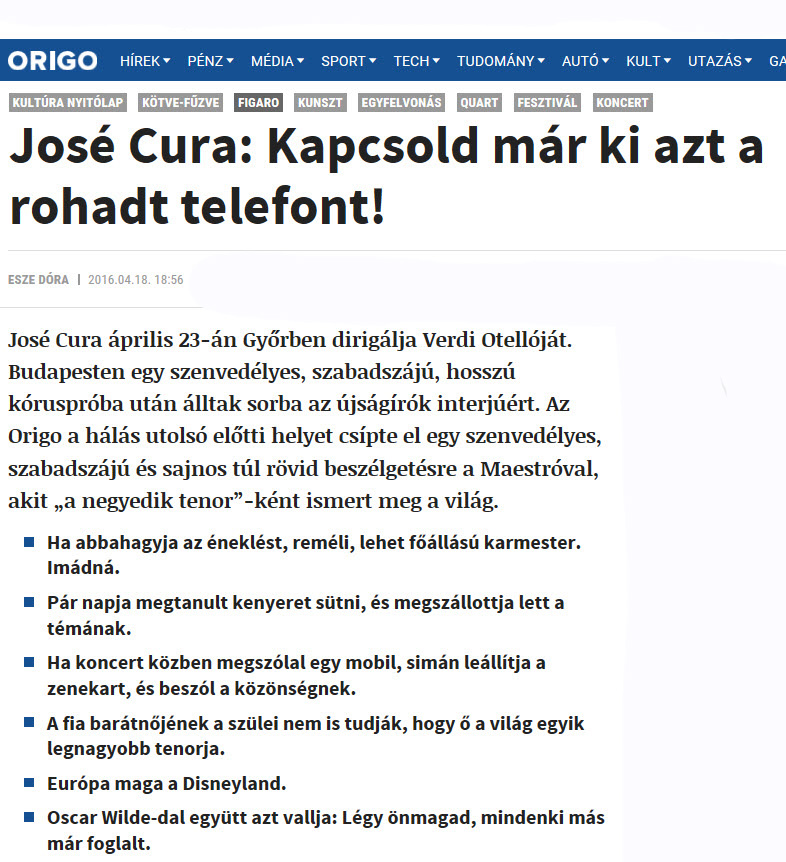
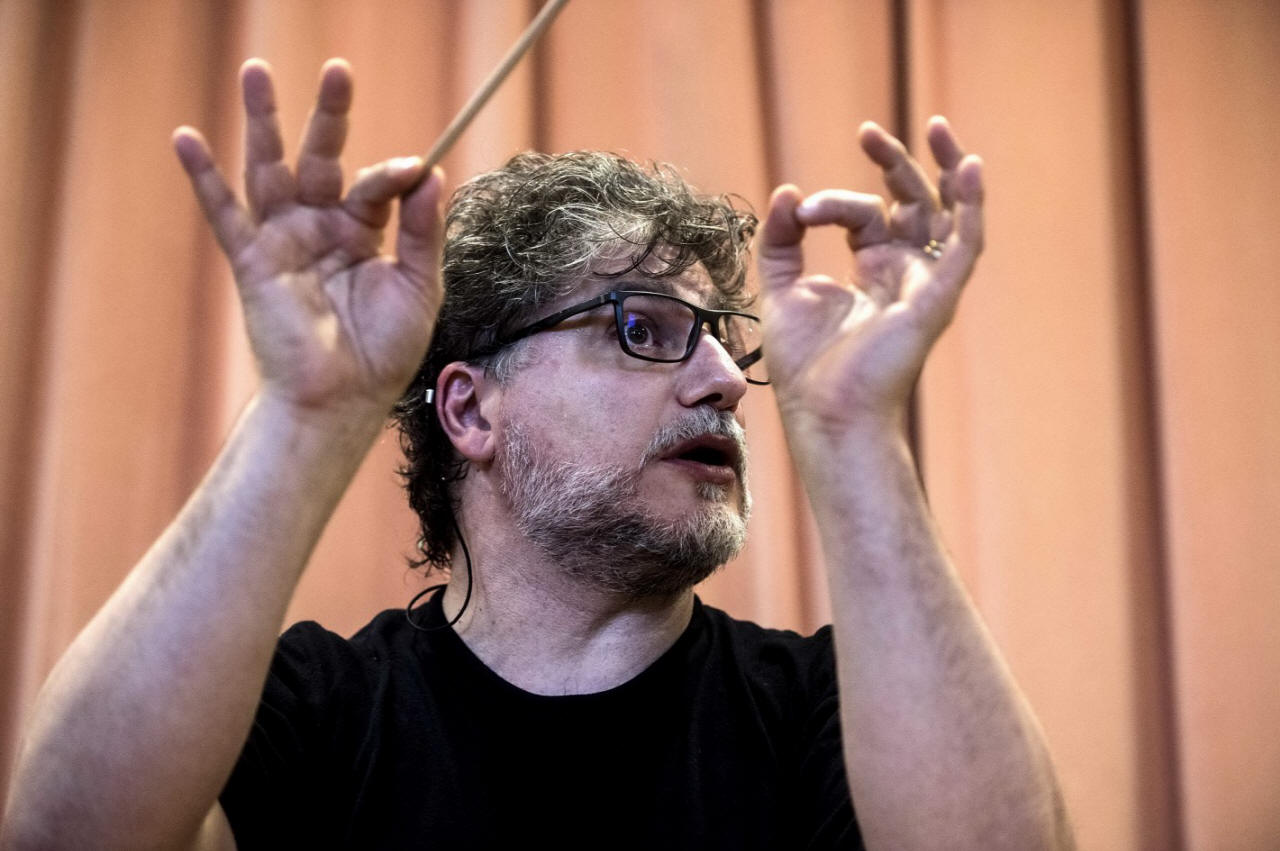
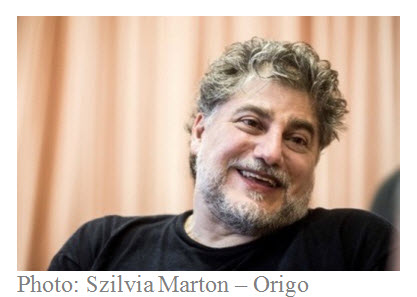 Do
you approach those pieces differently in which you
have sung the tenor’s role? As it is in the case in
Otello now?
Do
you approach those pieces differently in which you
have sung the tenor’s role? As it is in the case in
Otello now?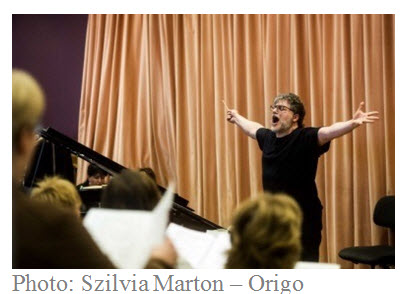 Did
they understand it?
Did
they understand it?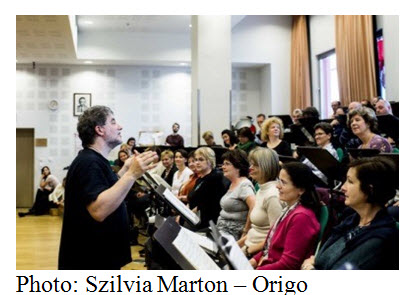 What
would you say today to the 25-year-old Jose Cura?
What
would you say today to the 25-year-old Jose Cura?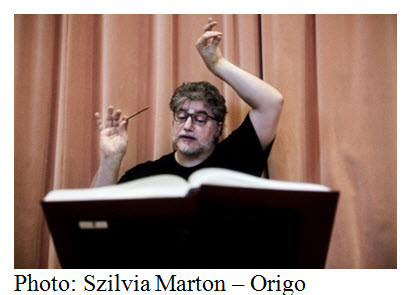
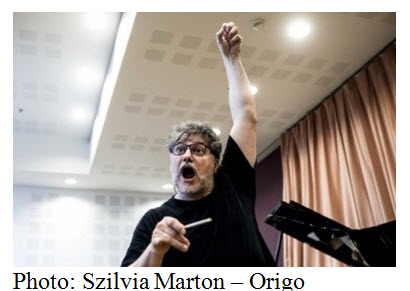
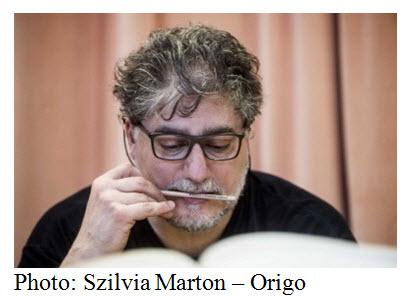
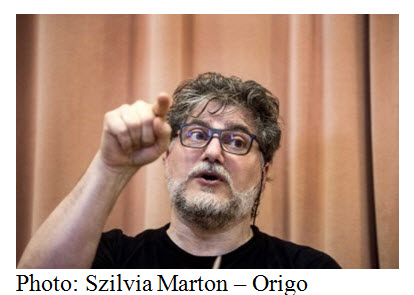
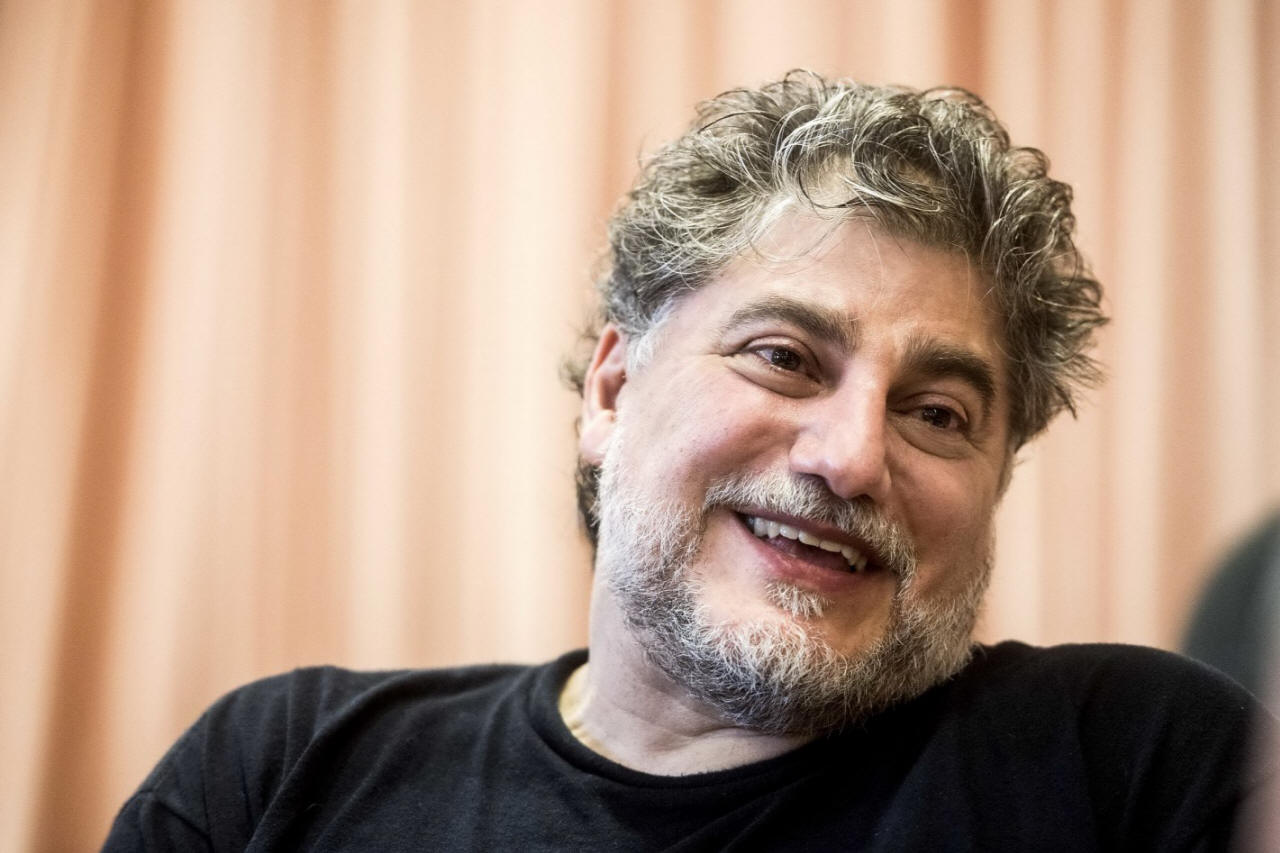
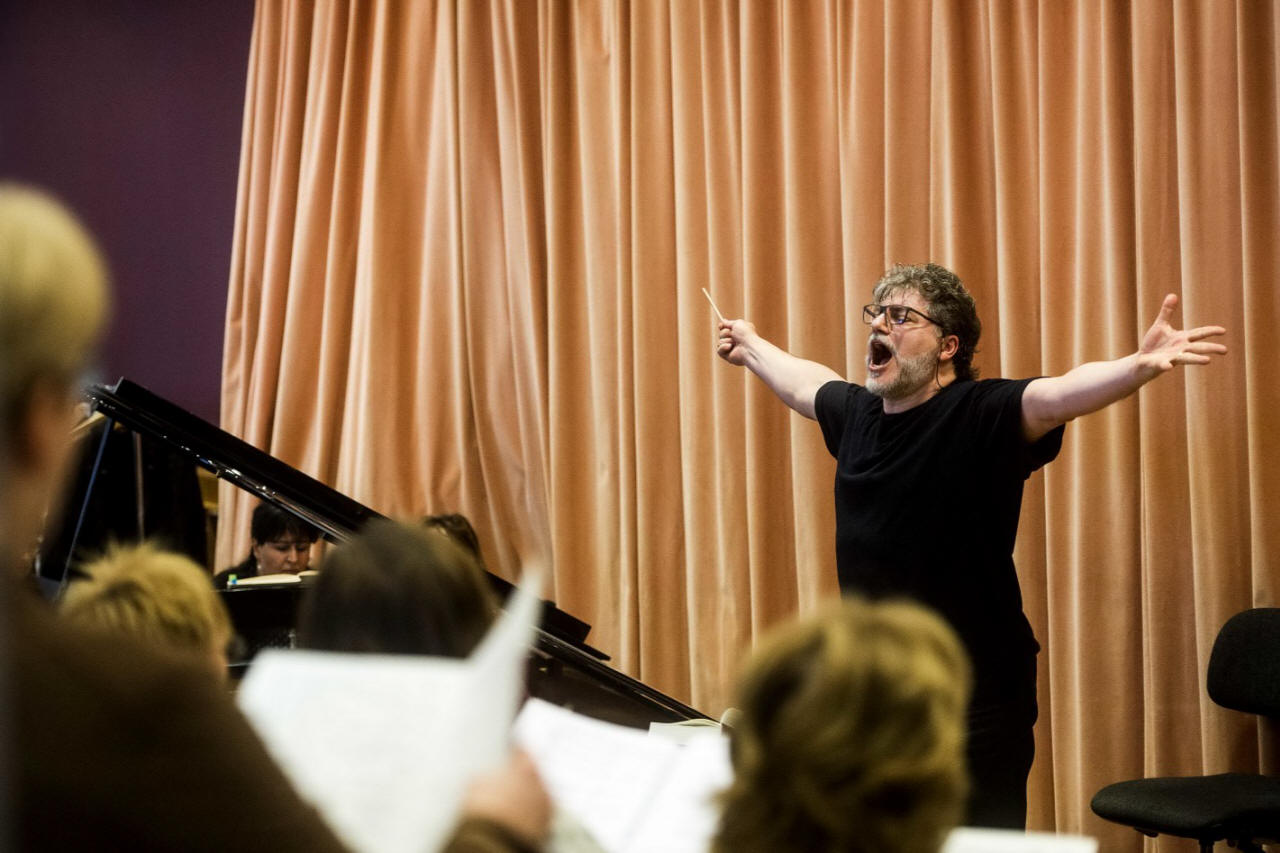
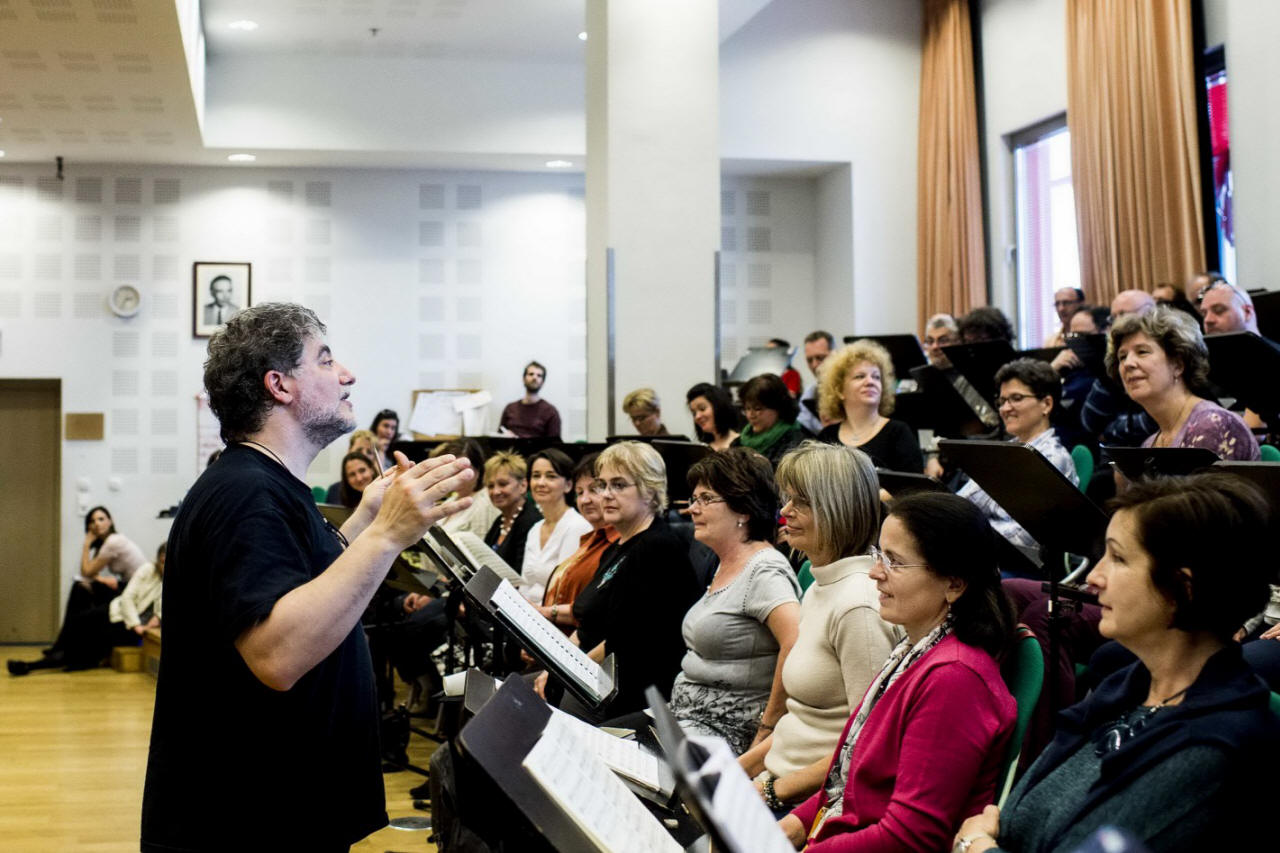
.jpg)
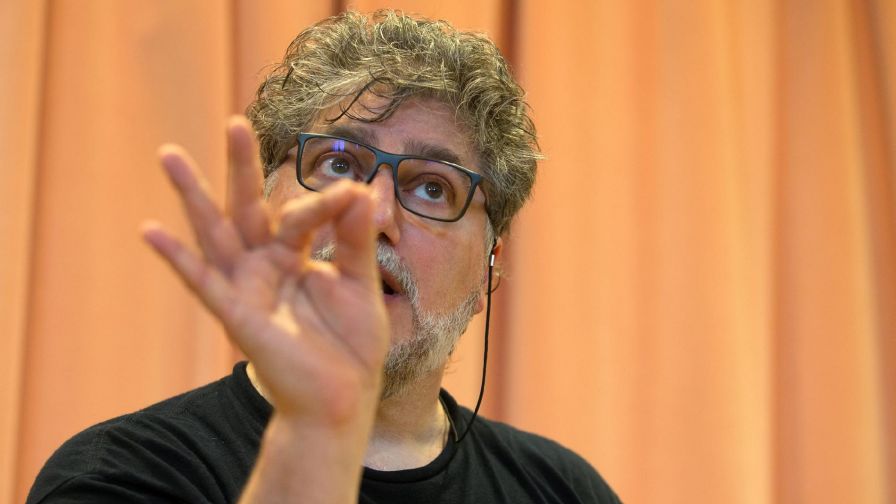
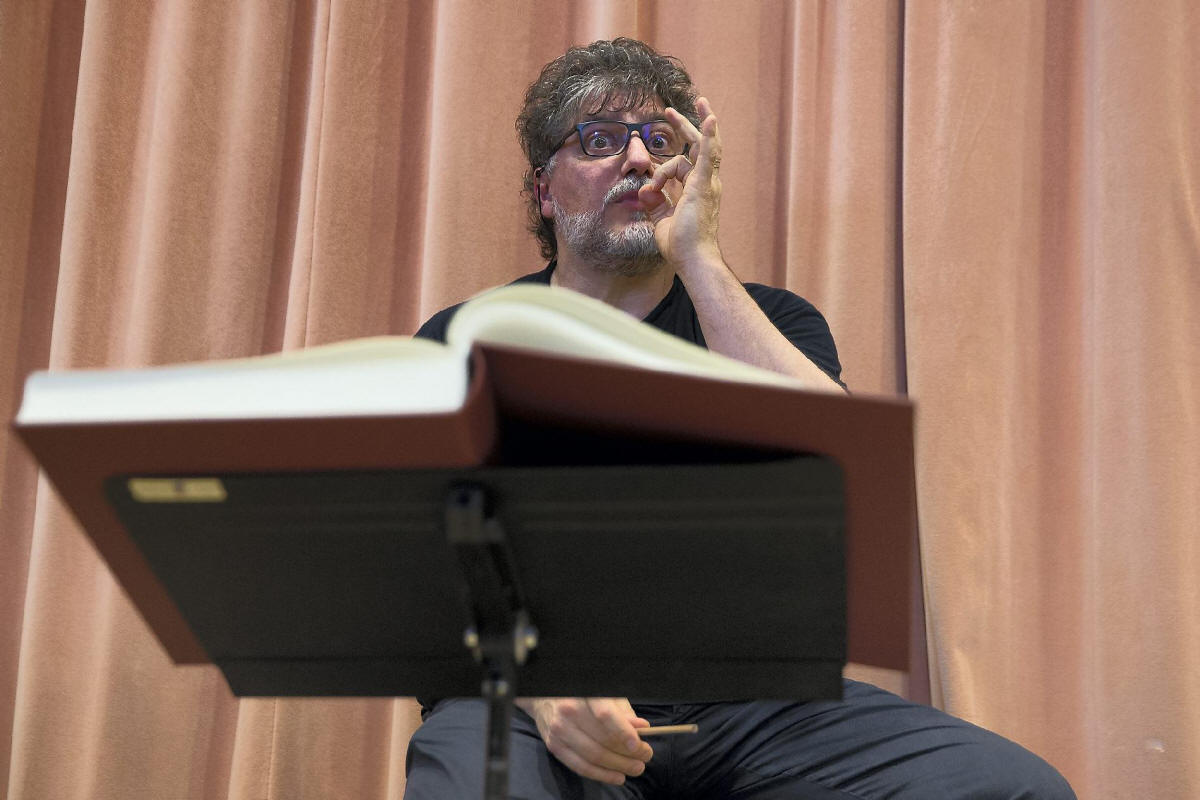
.jpg)
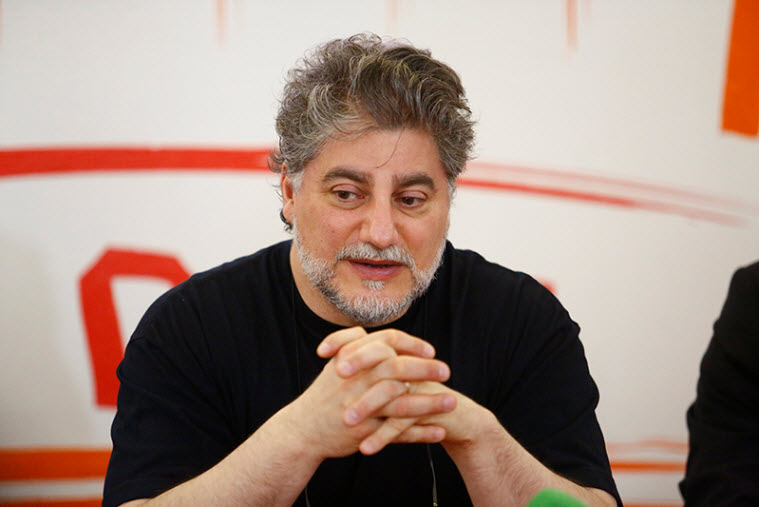
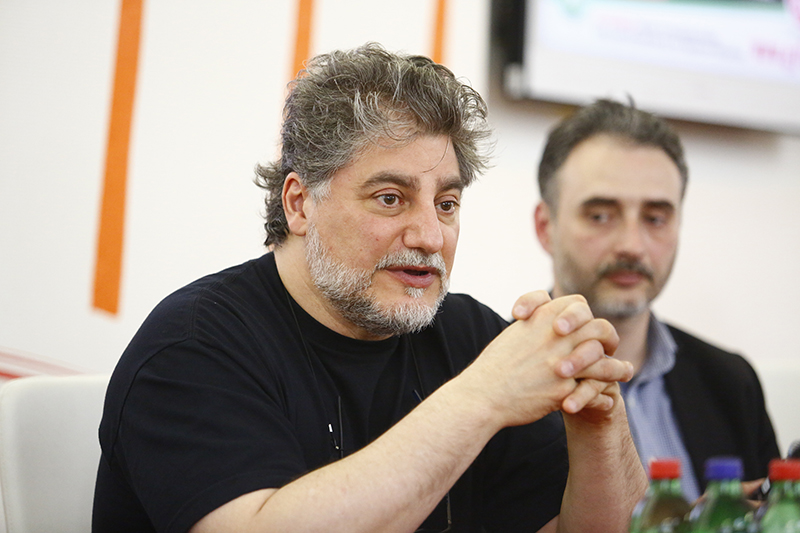
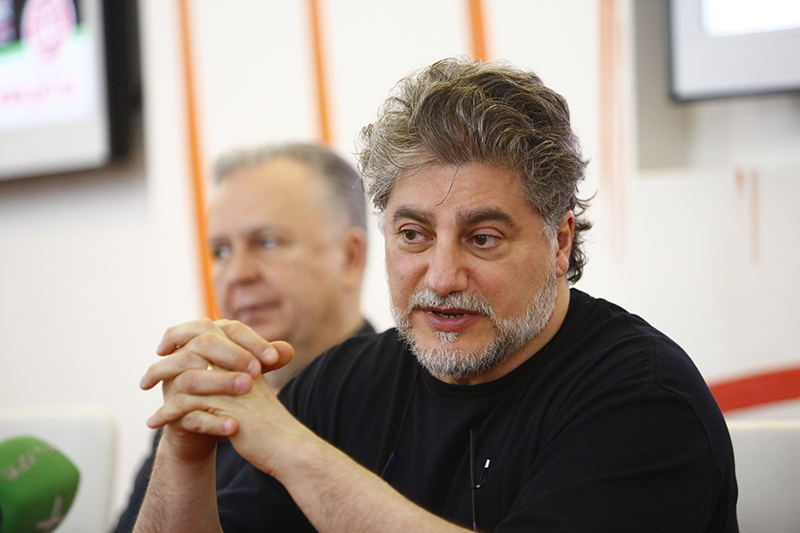
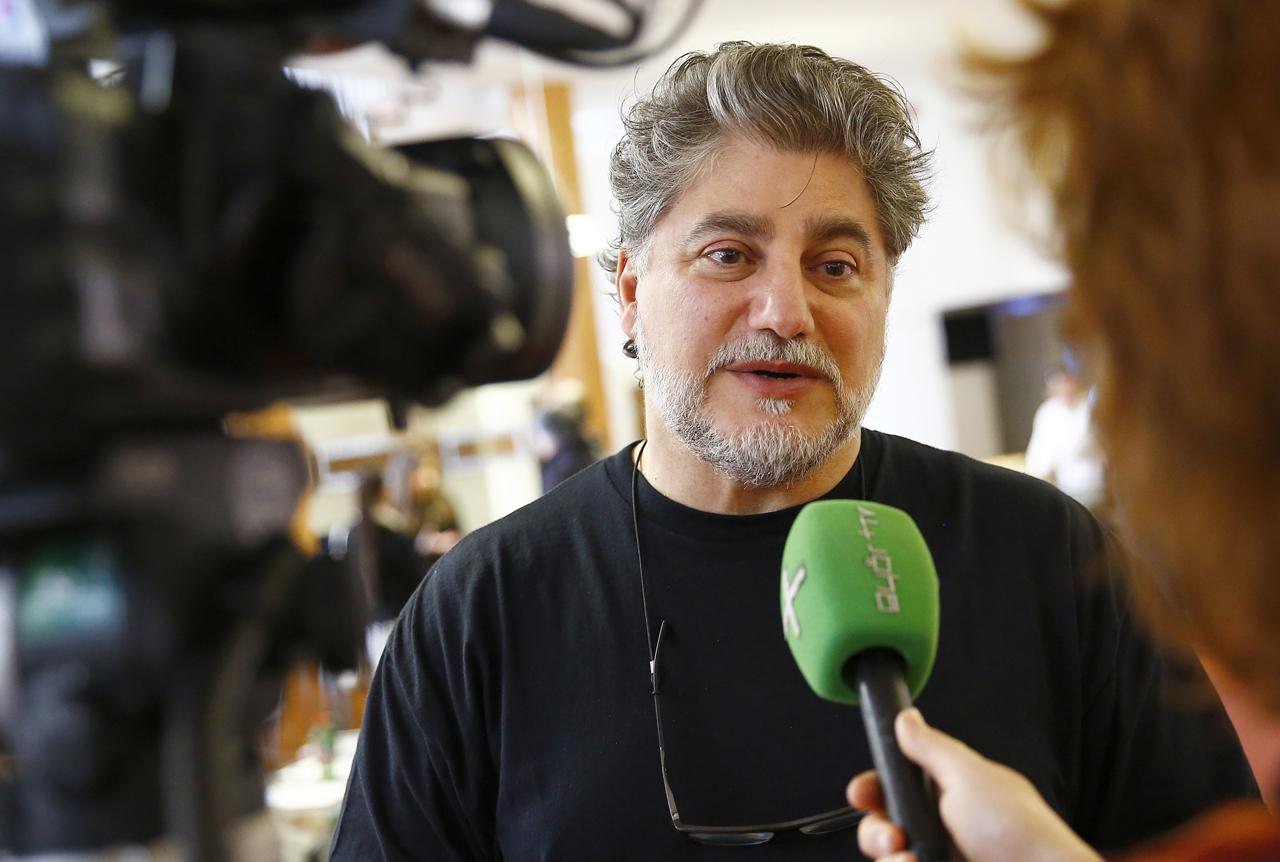
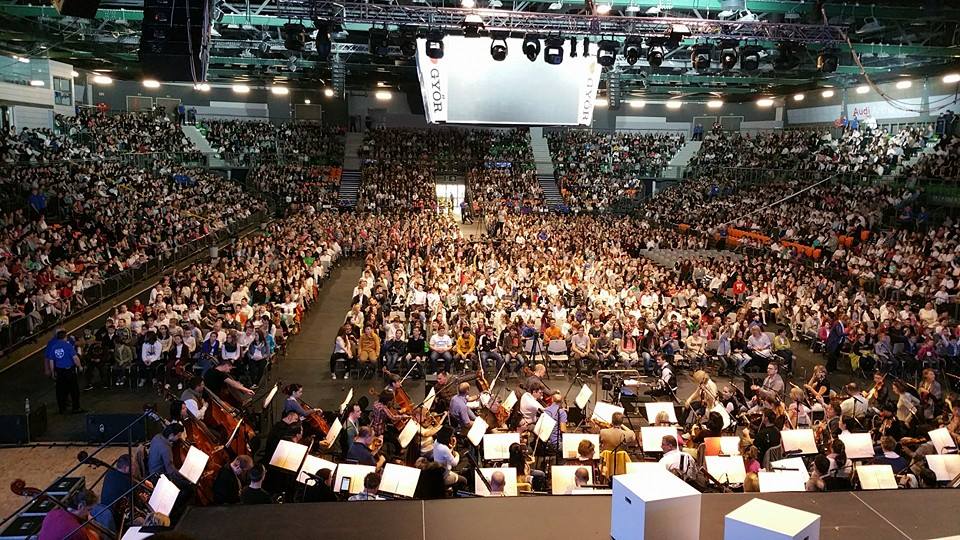
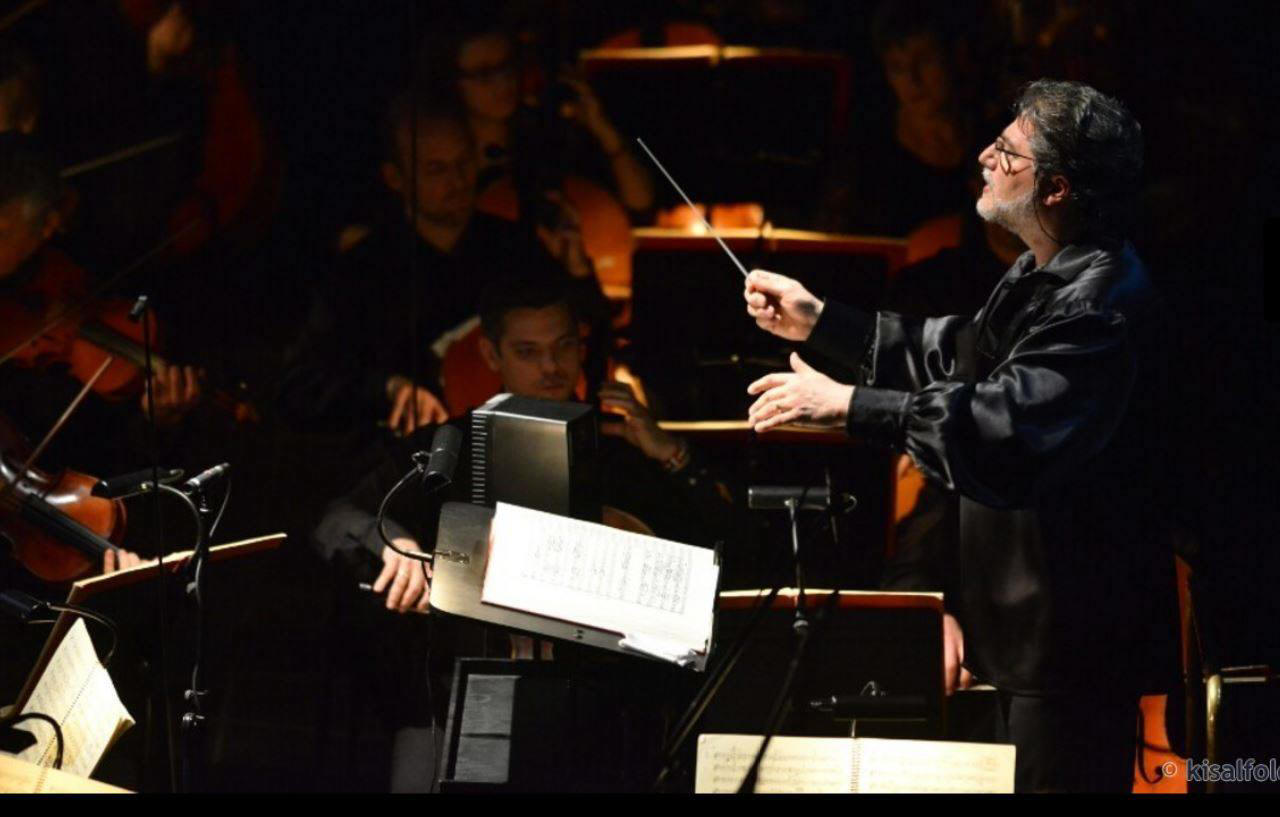
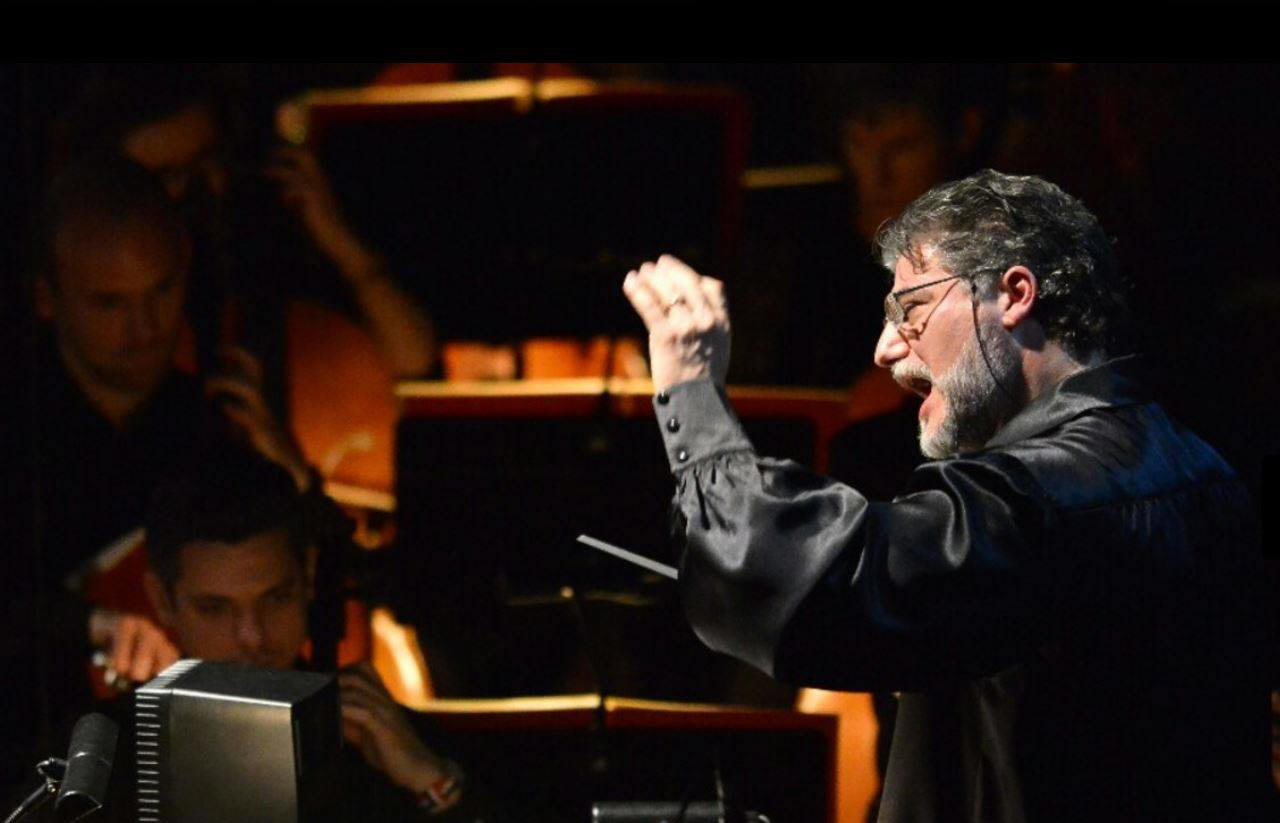
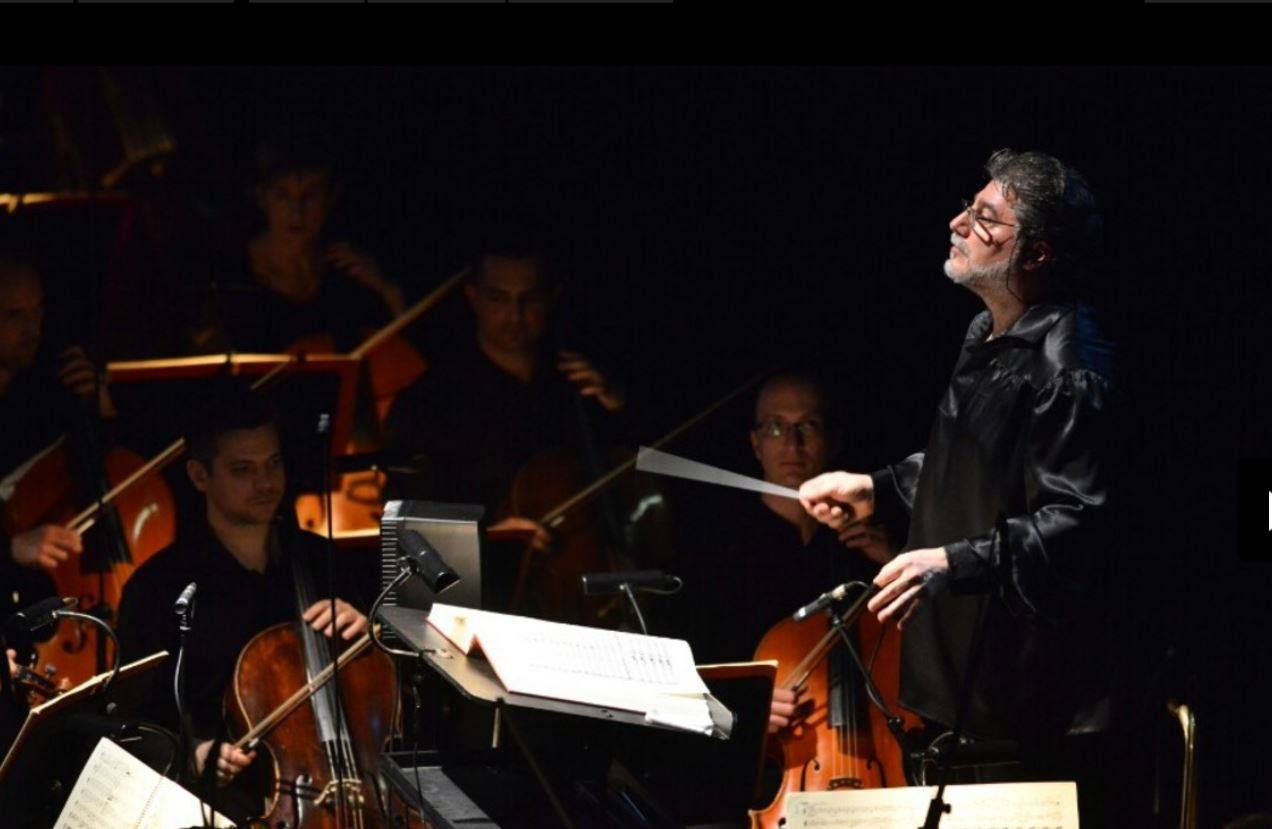
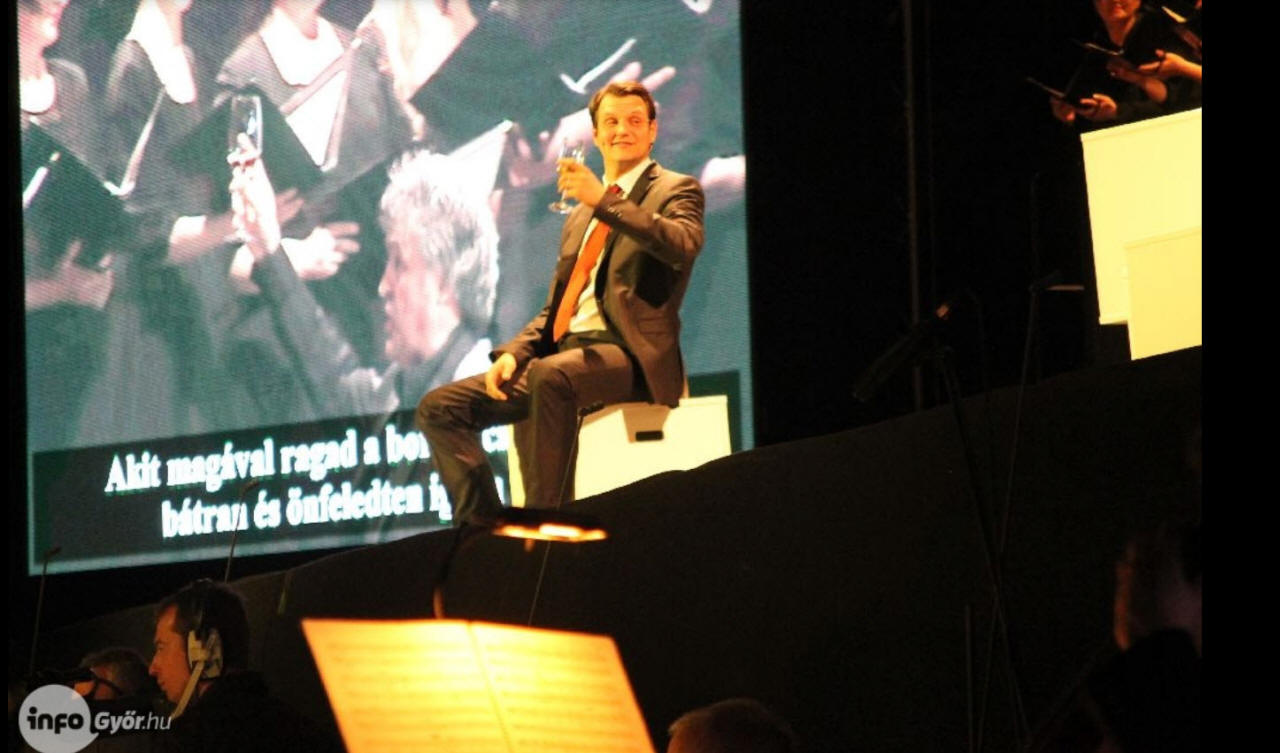
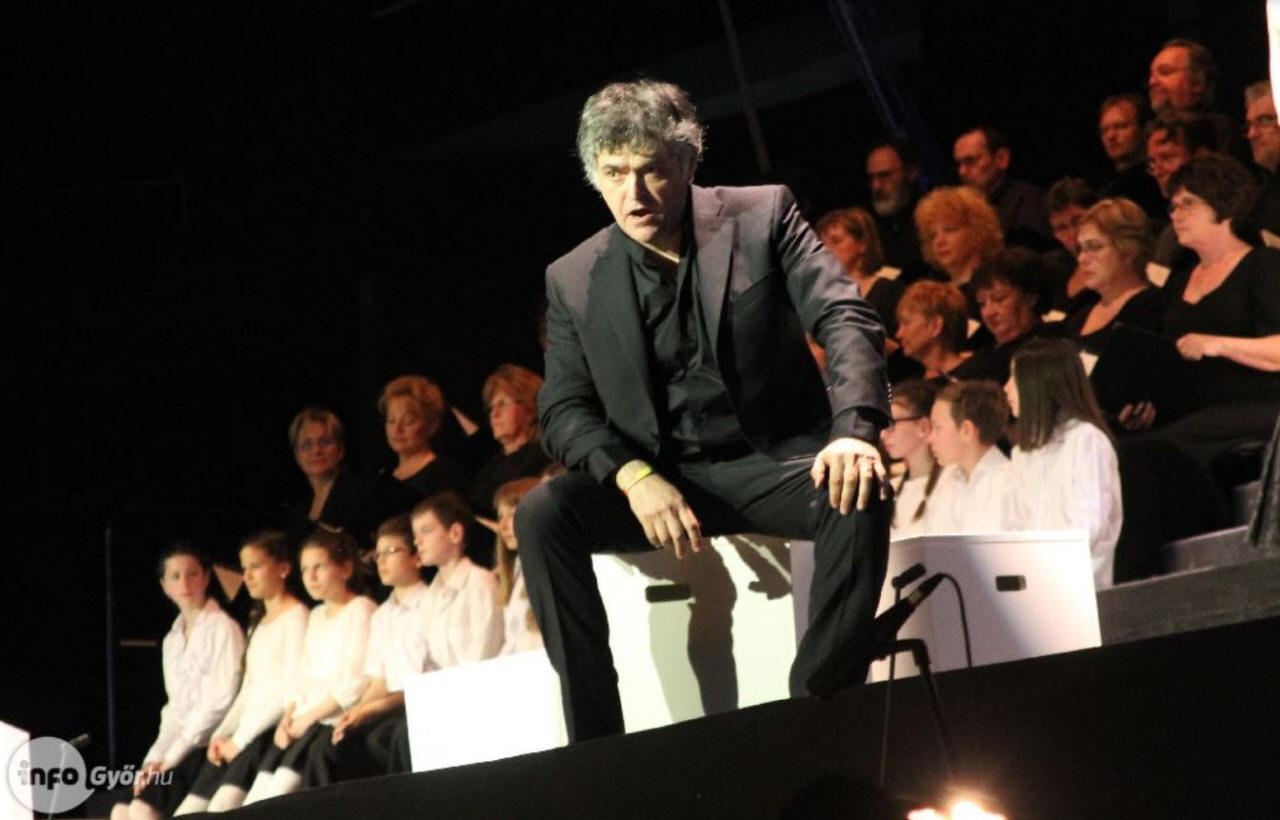
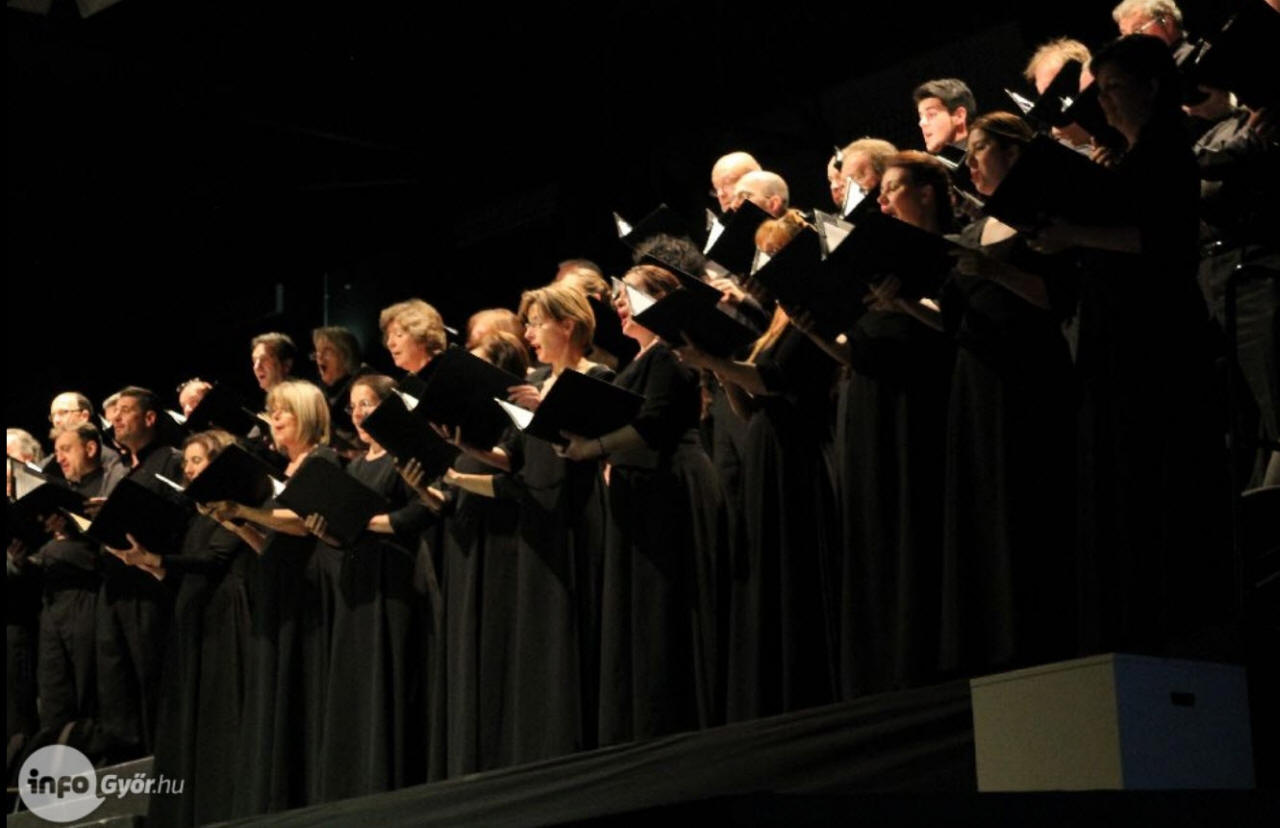
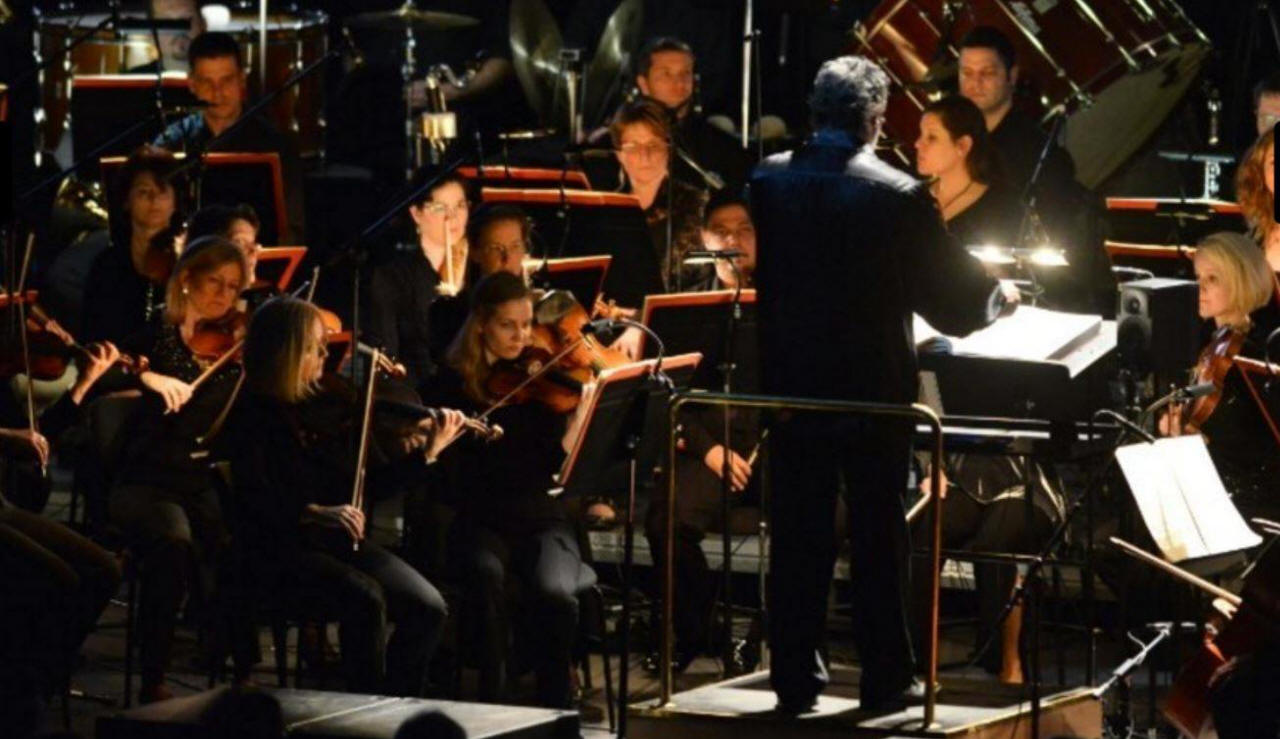
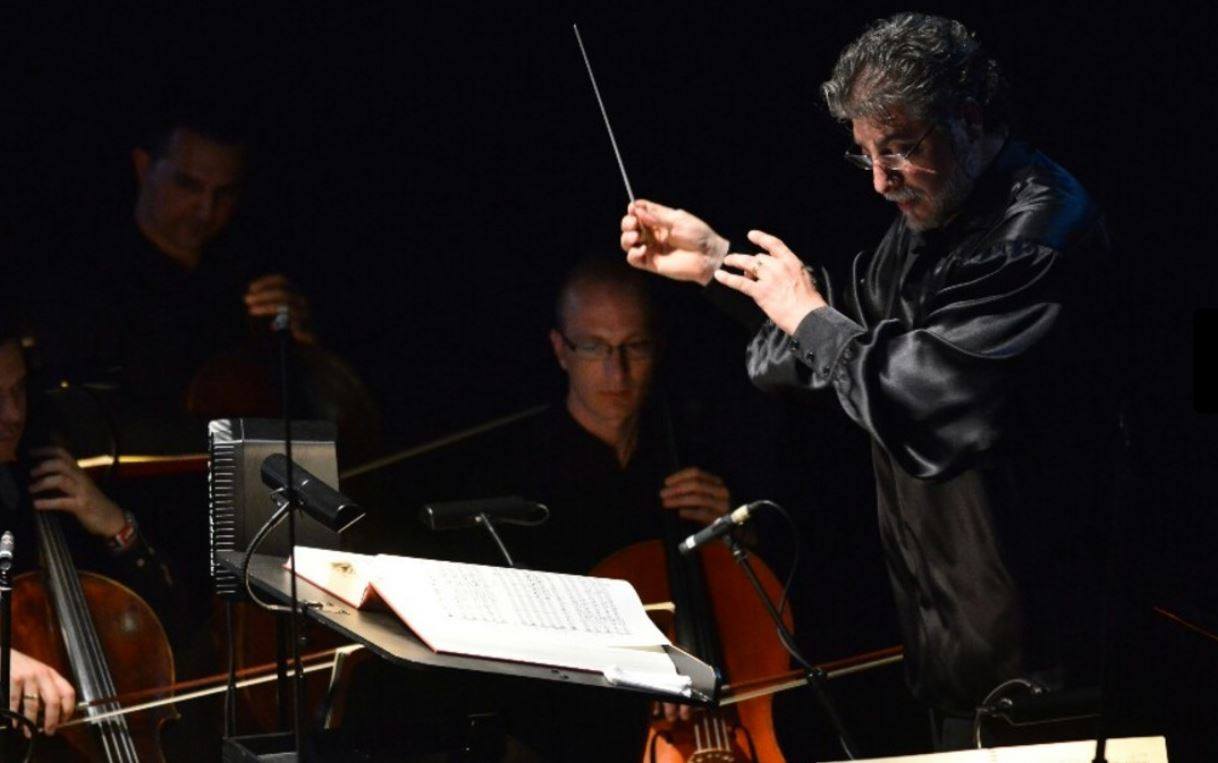
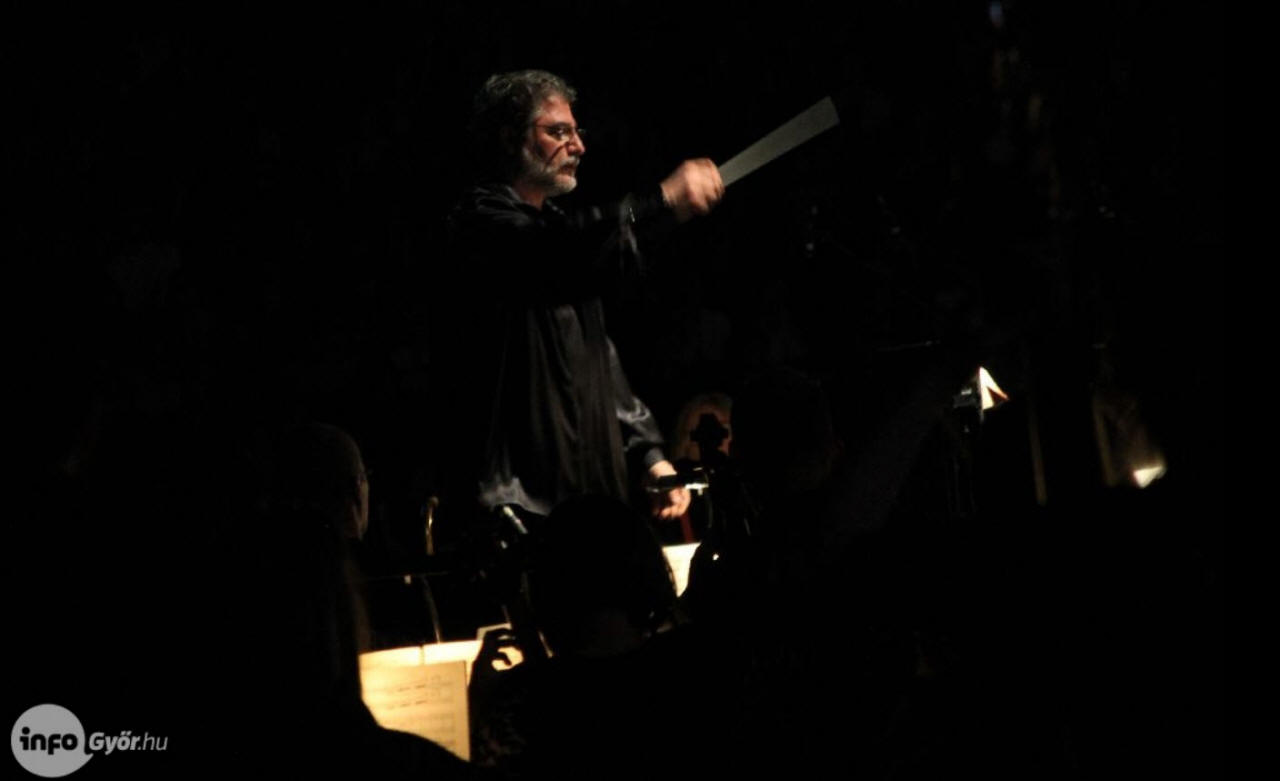
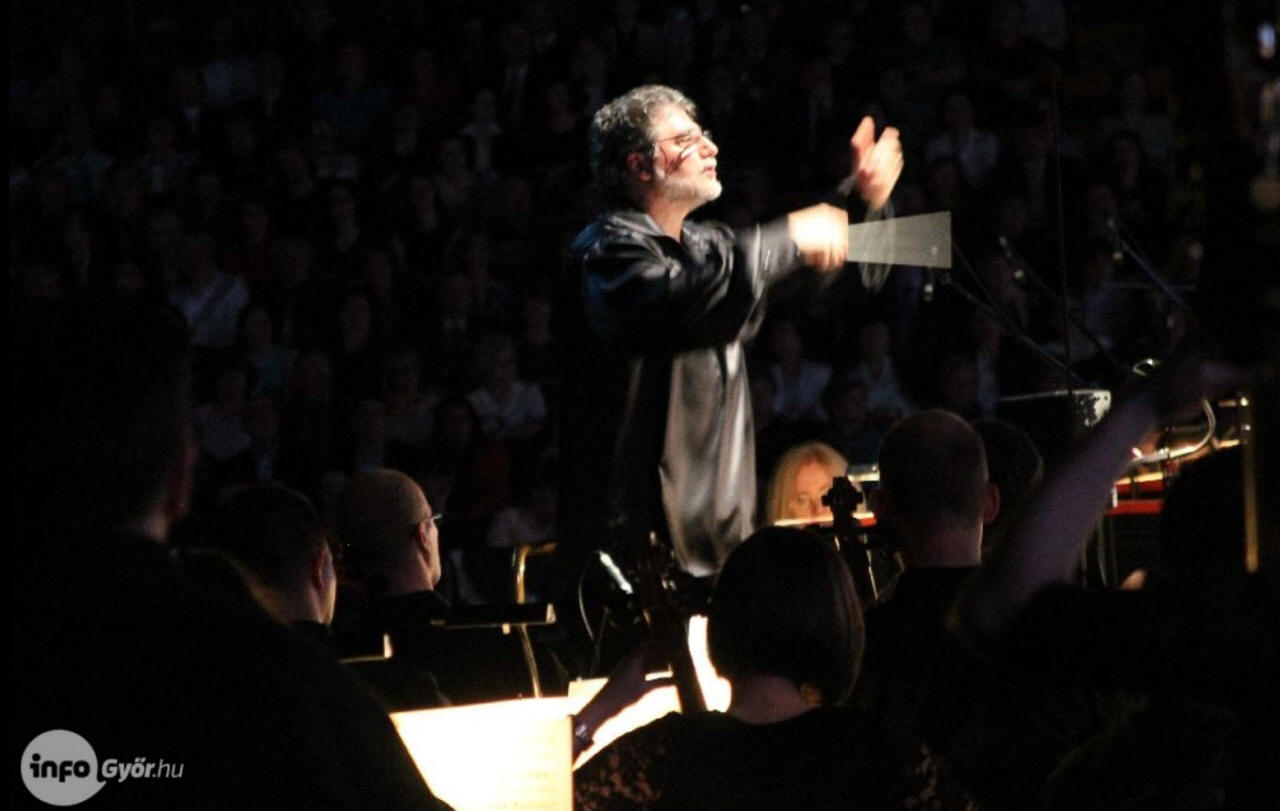
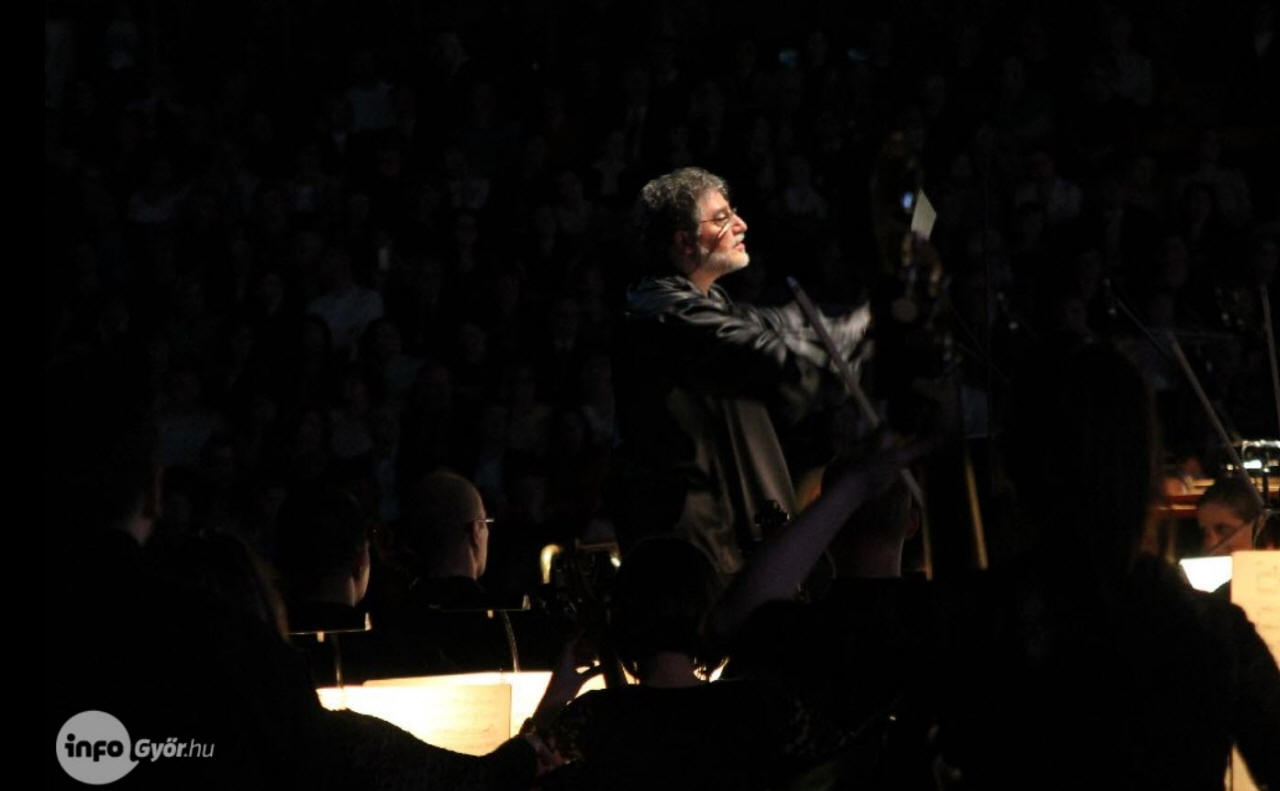
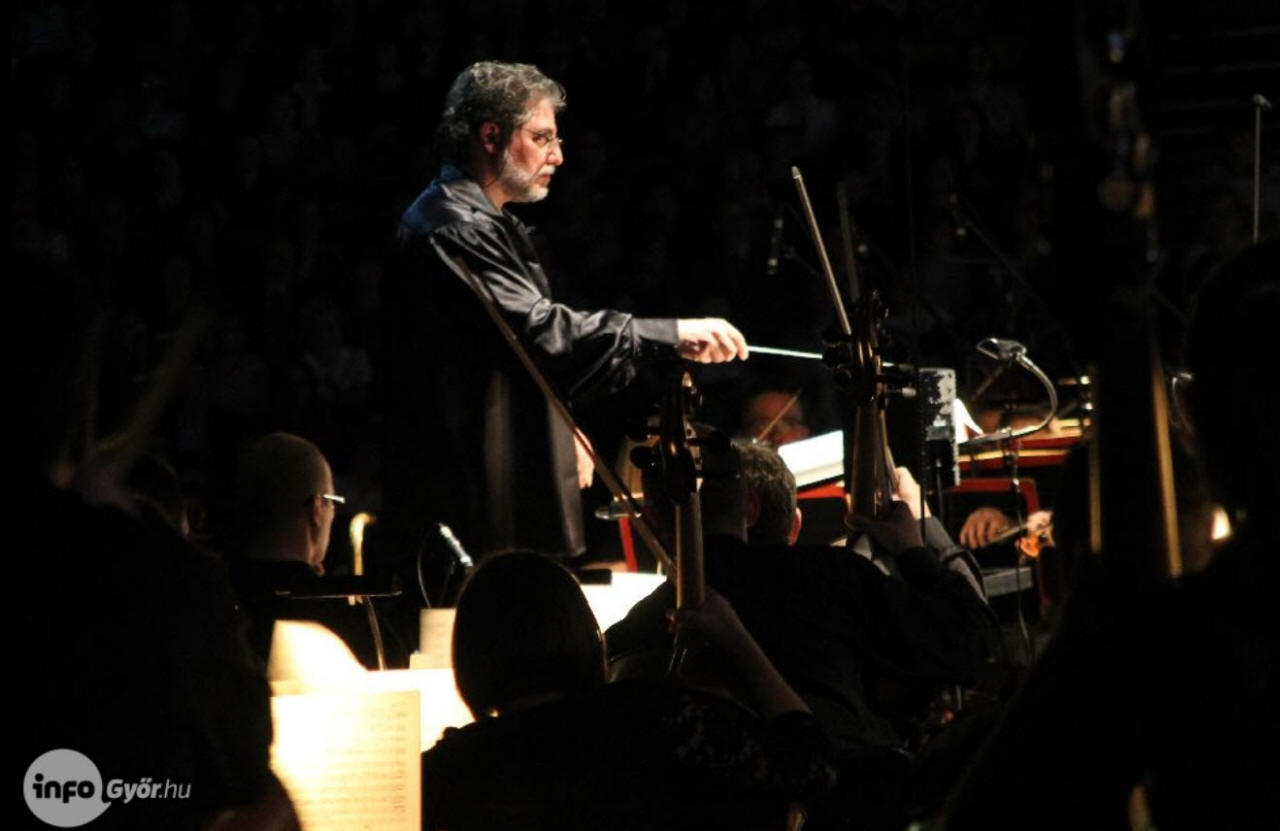
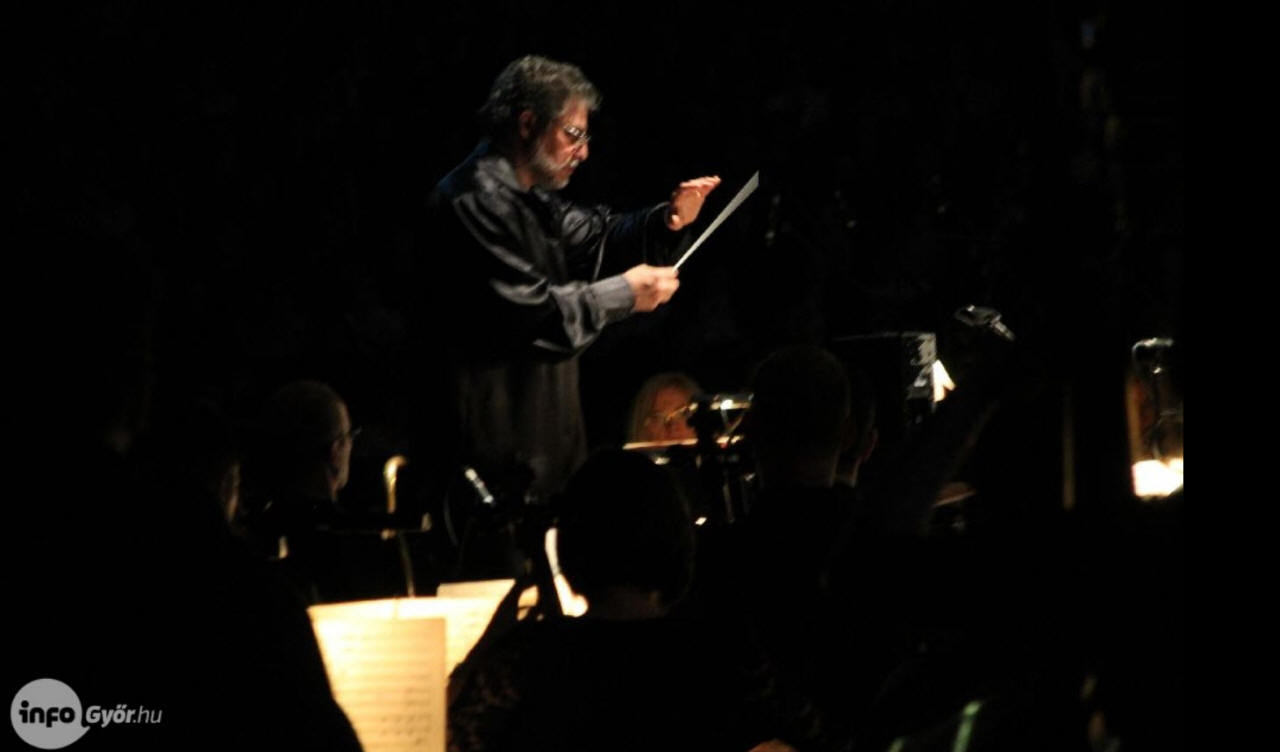
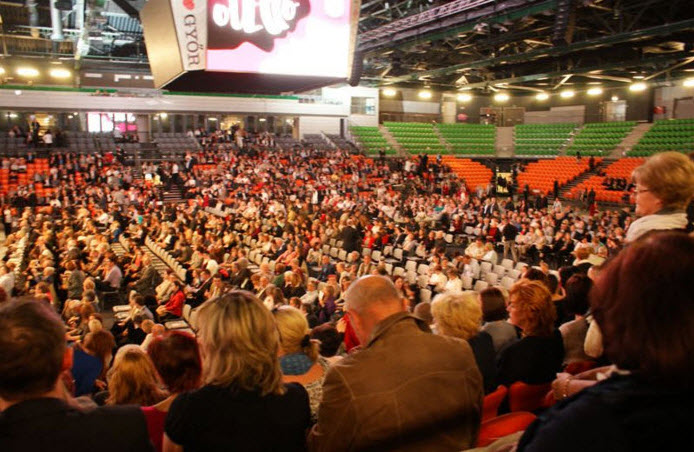
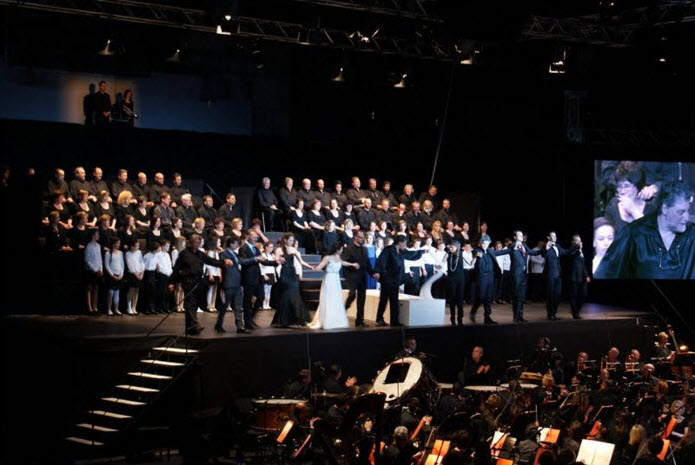
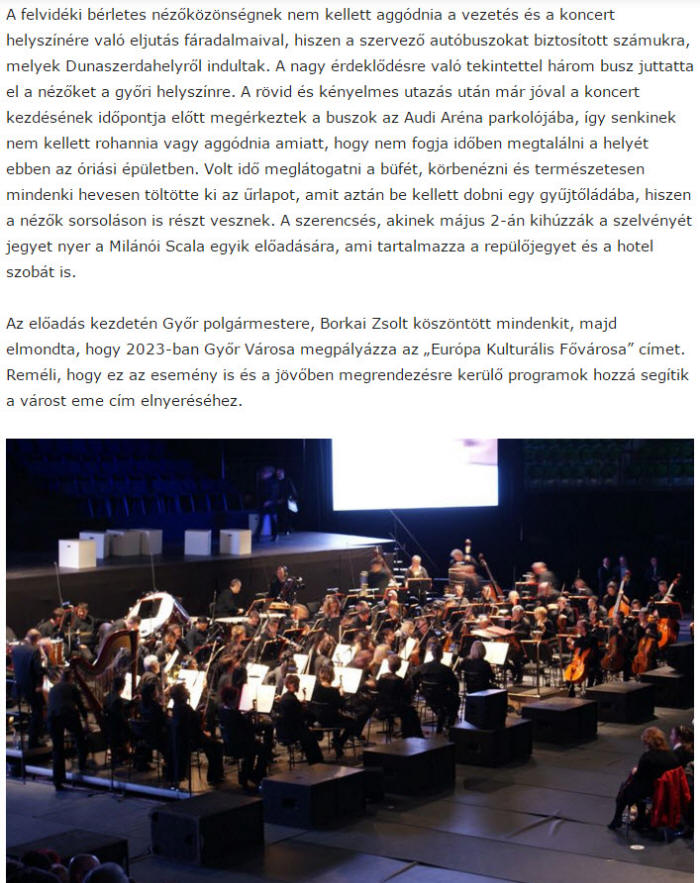
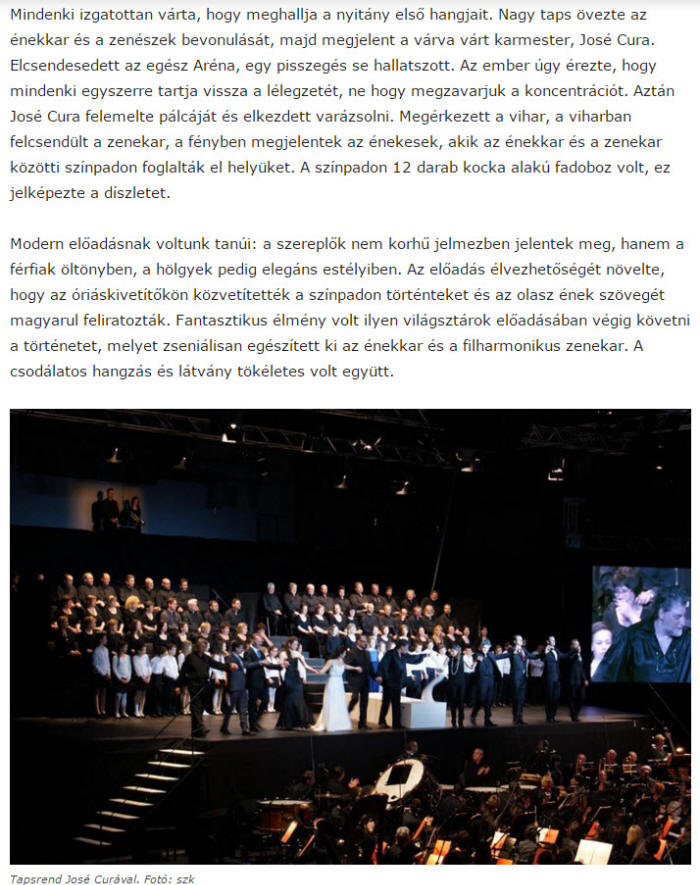
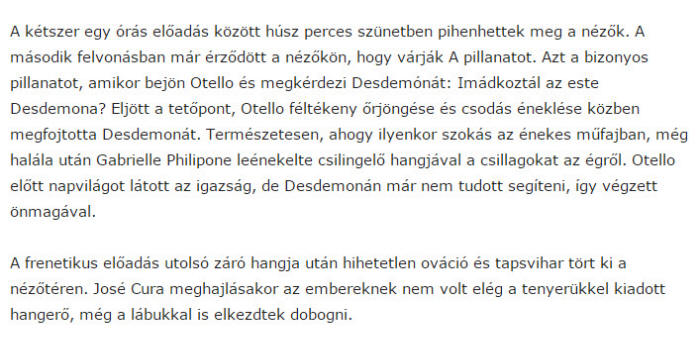
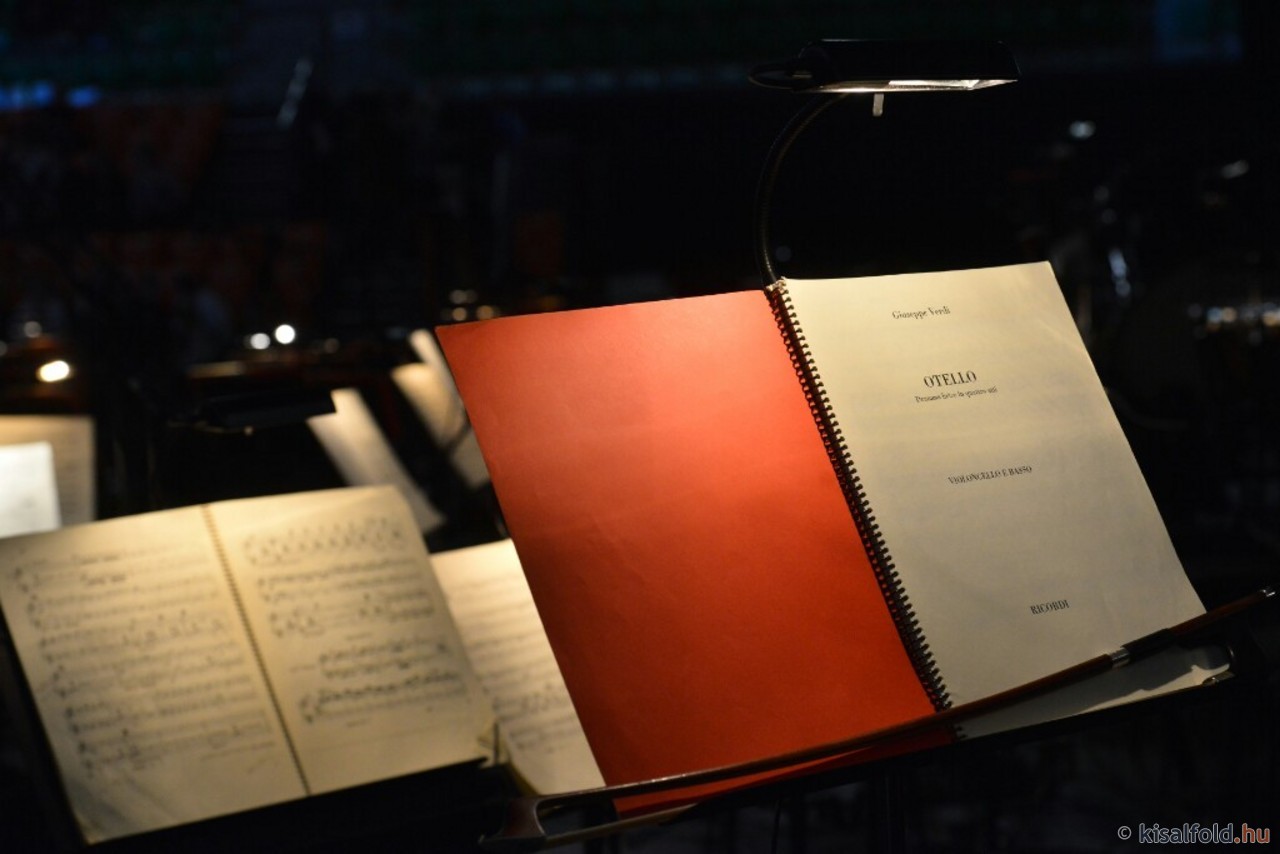

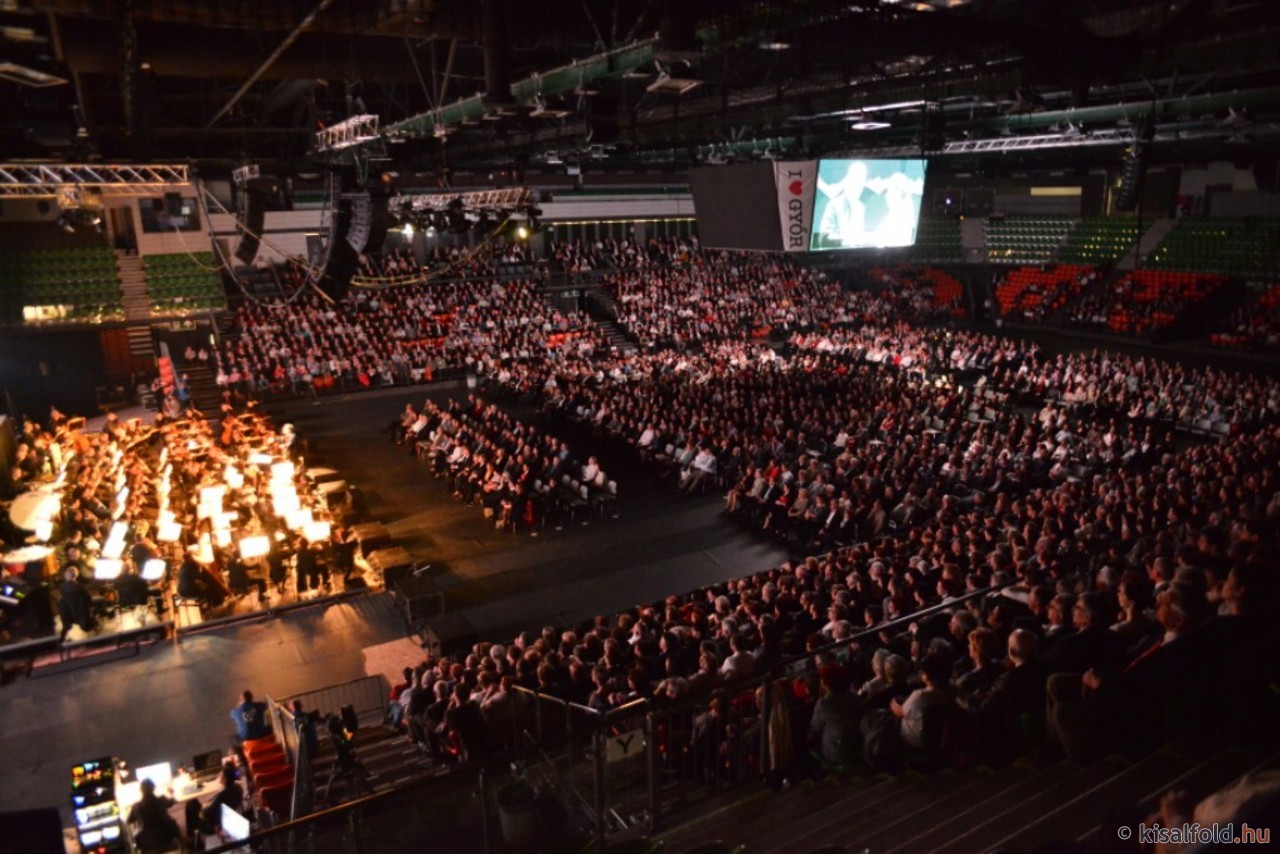
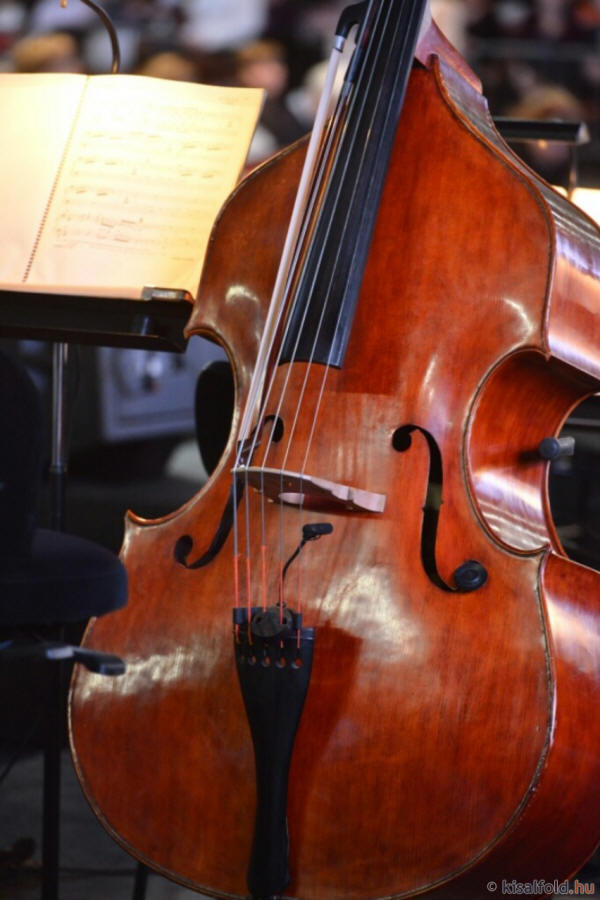
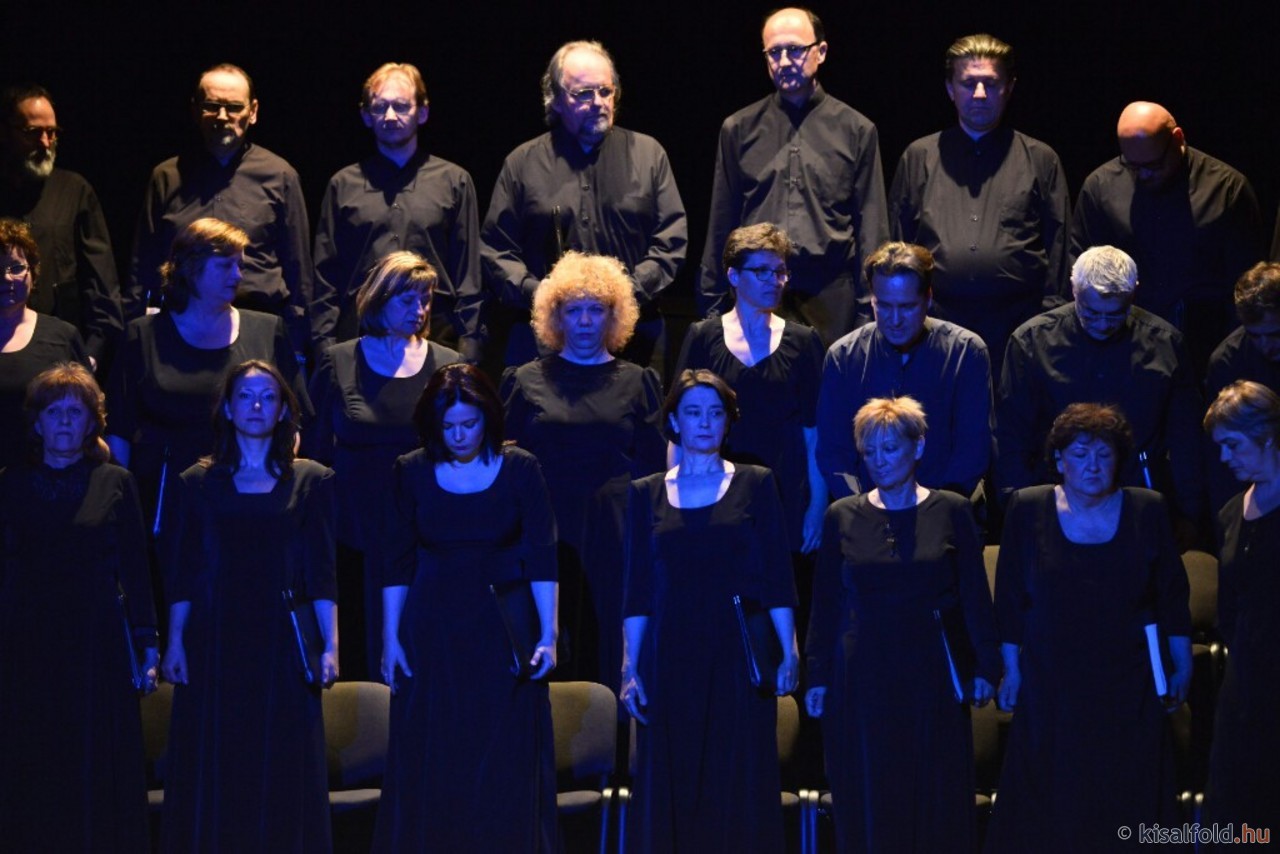
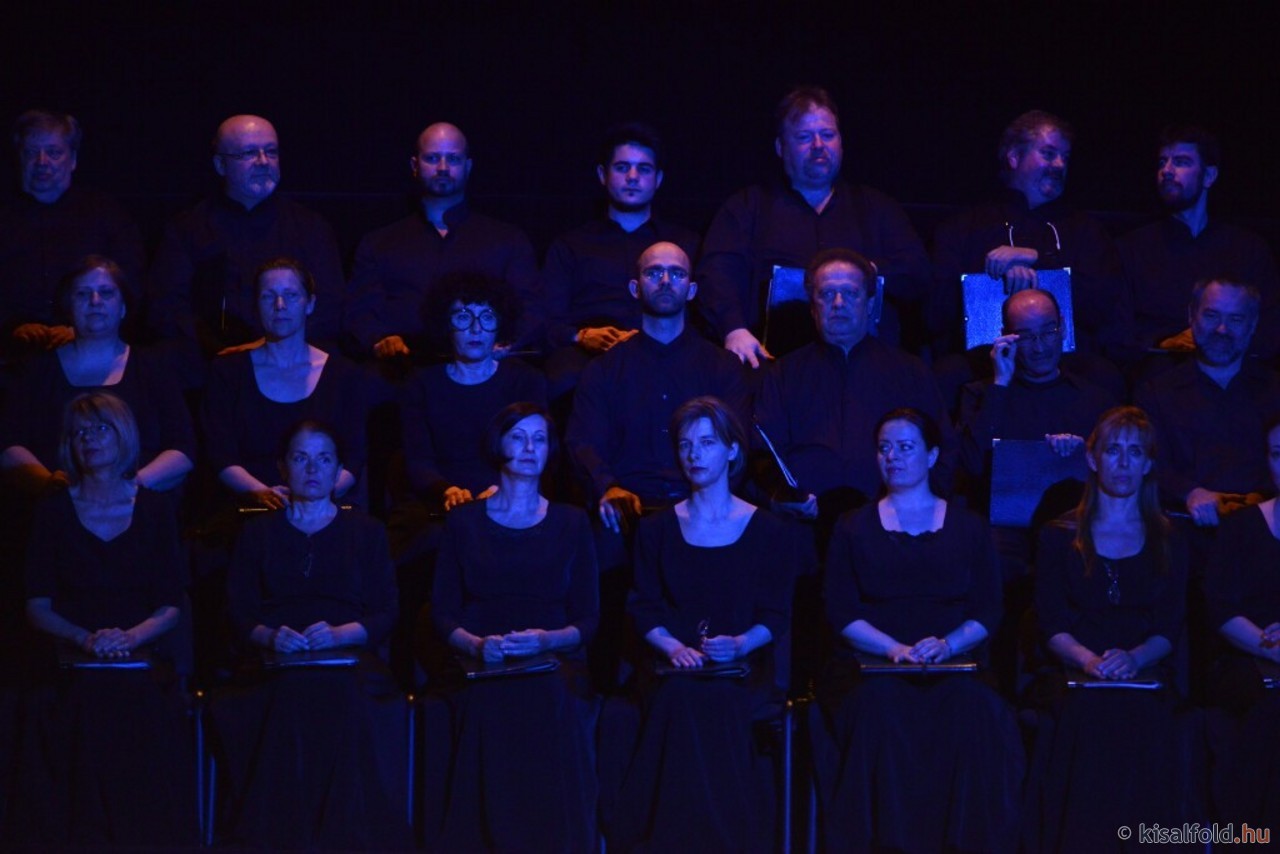
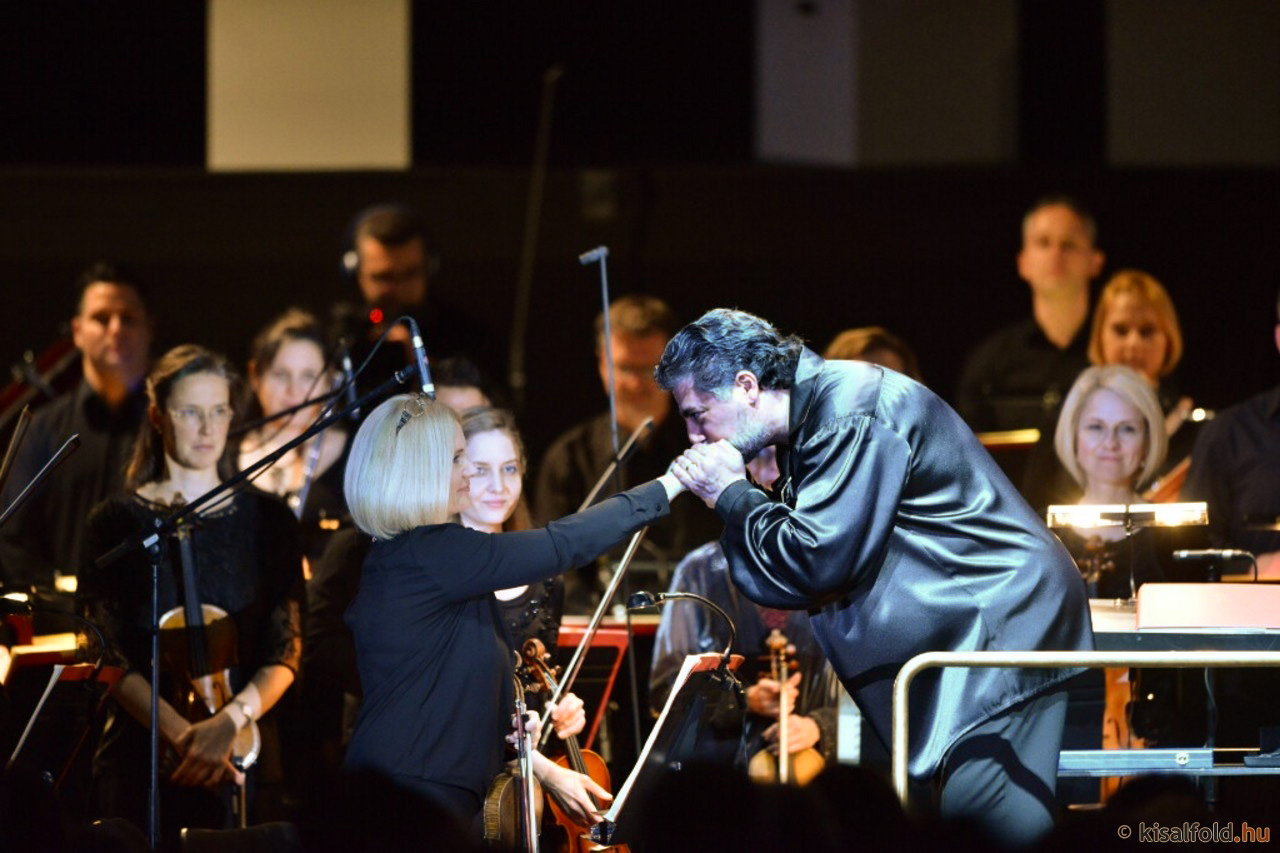
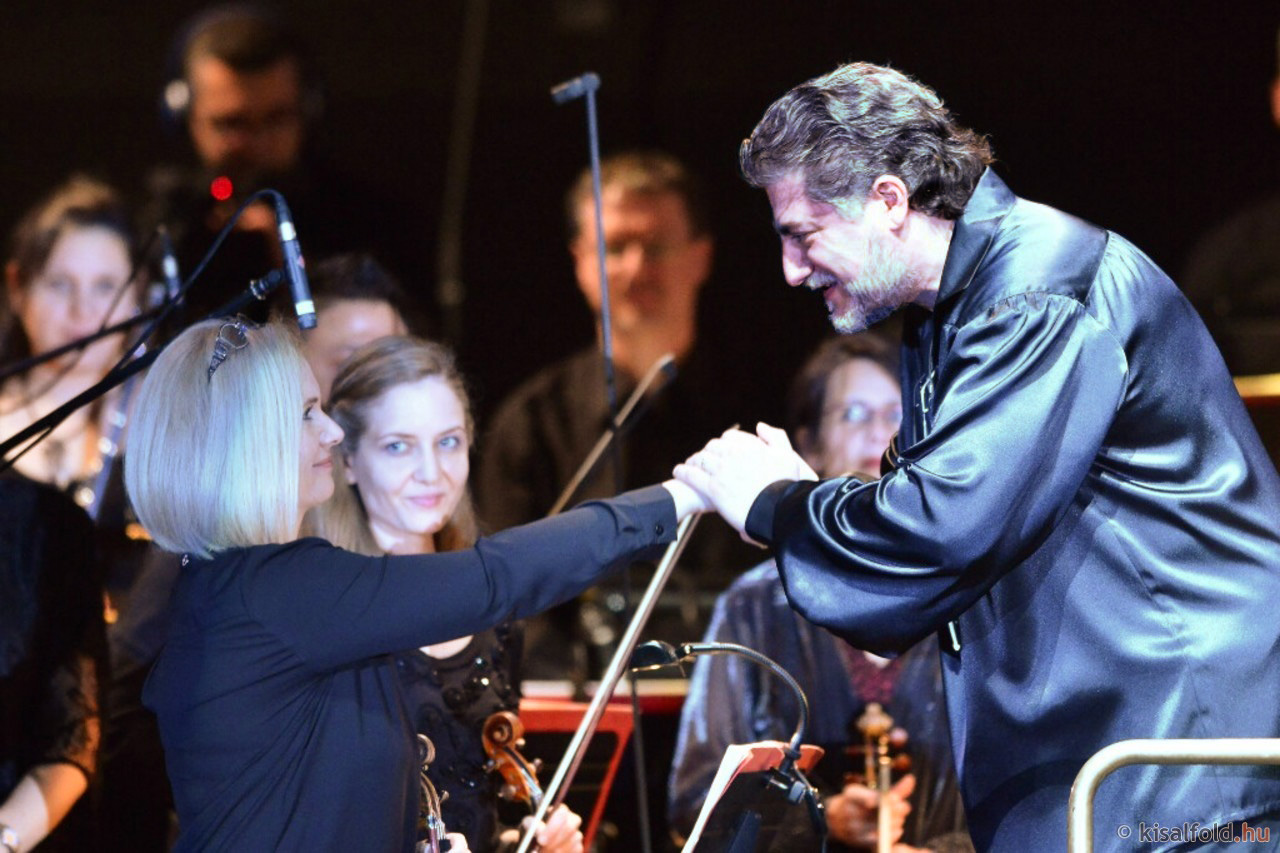
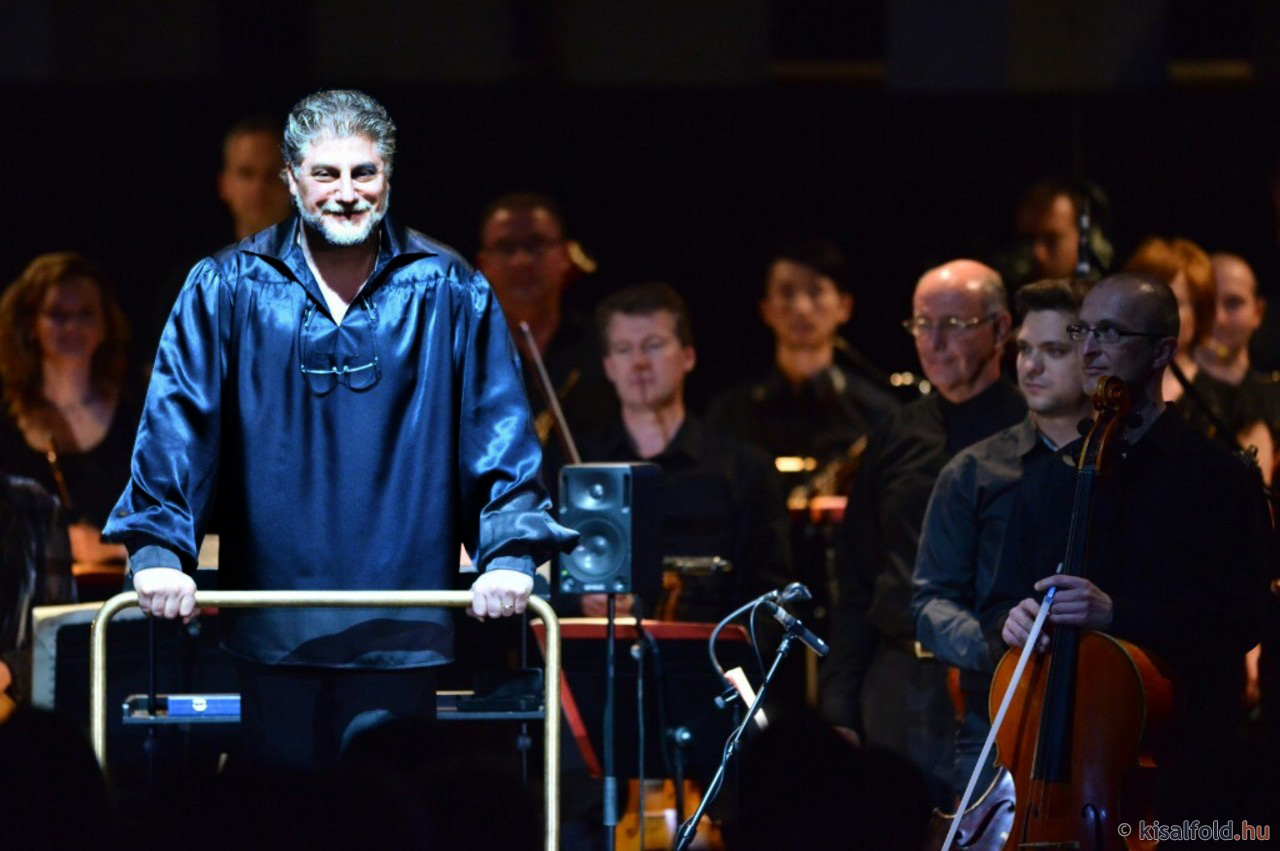
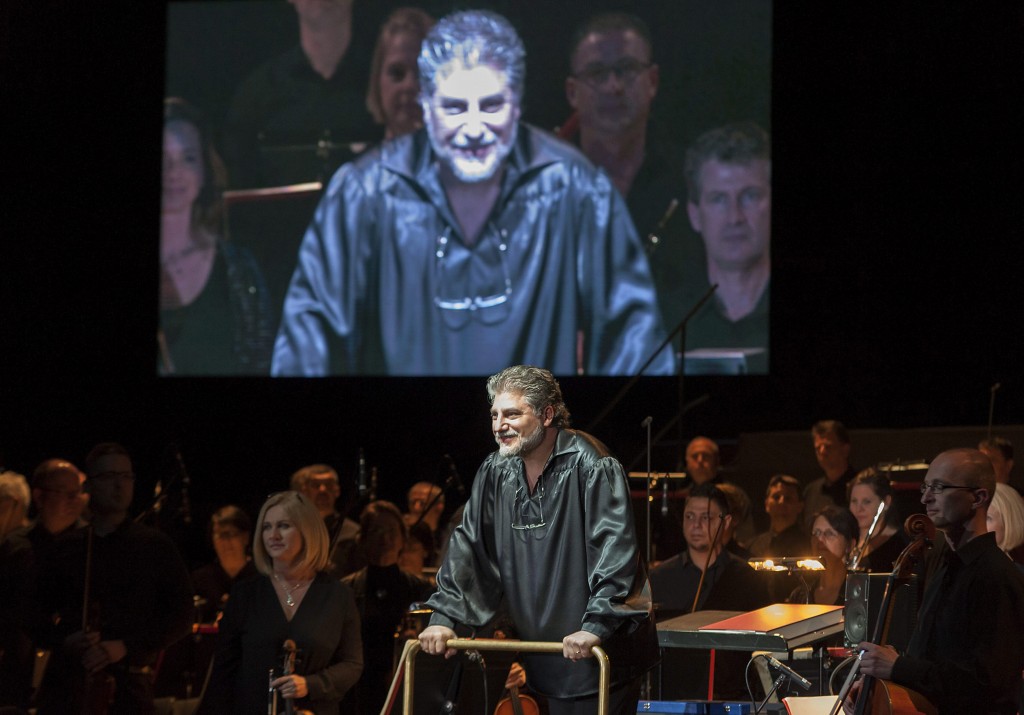
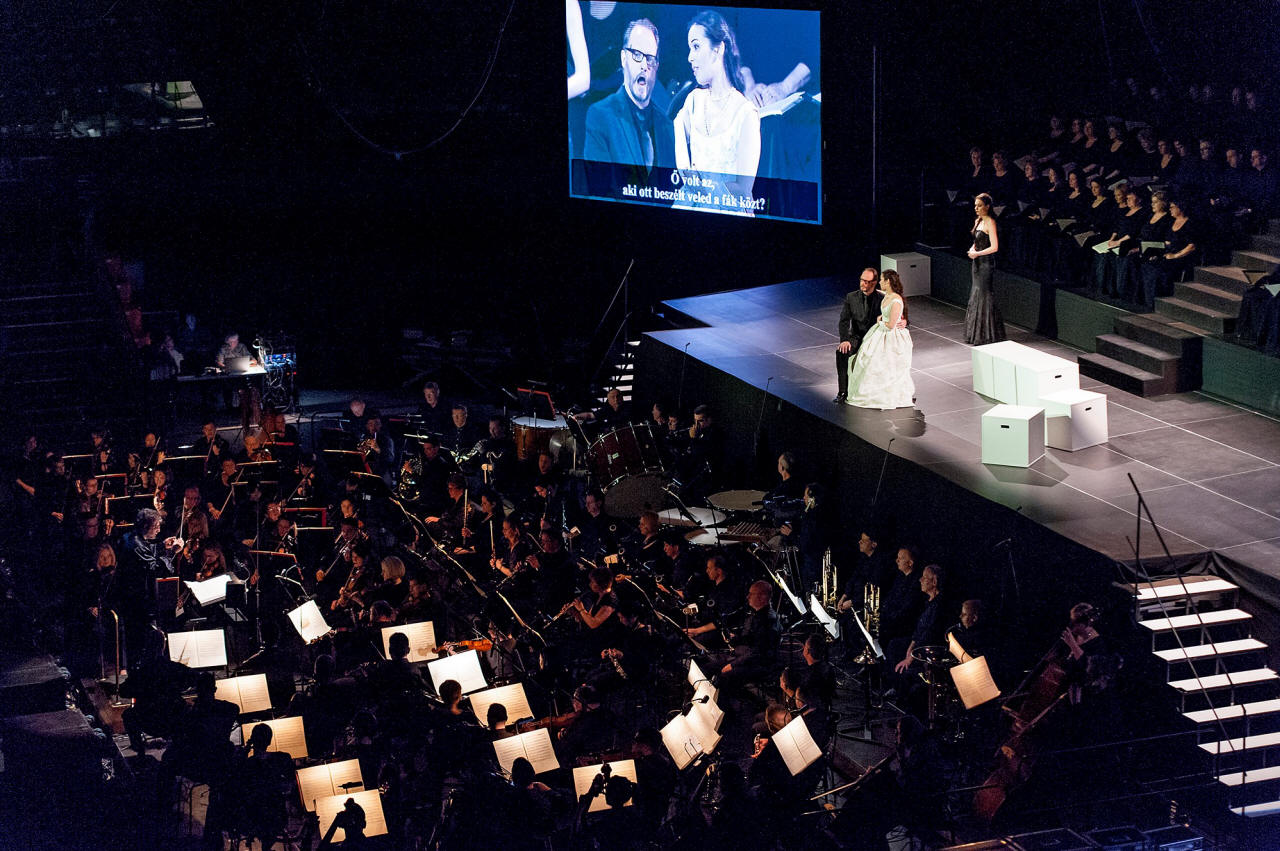
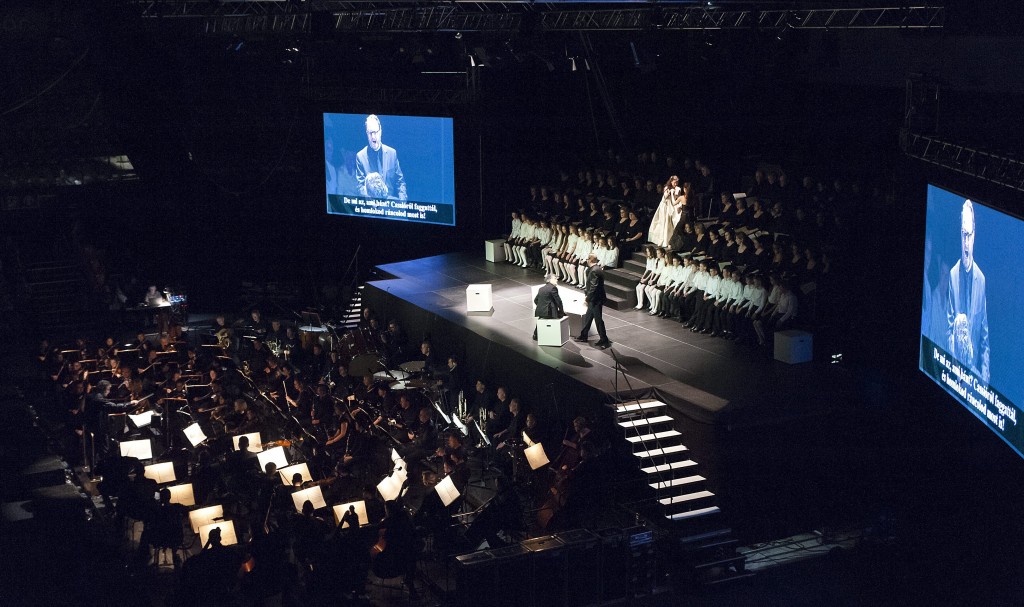
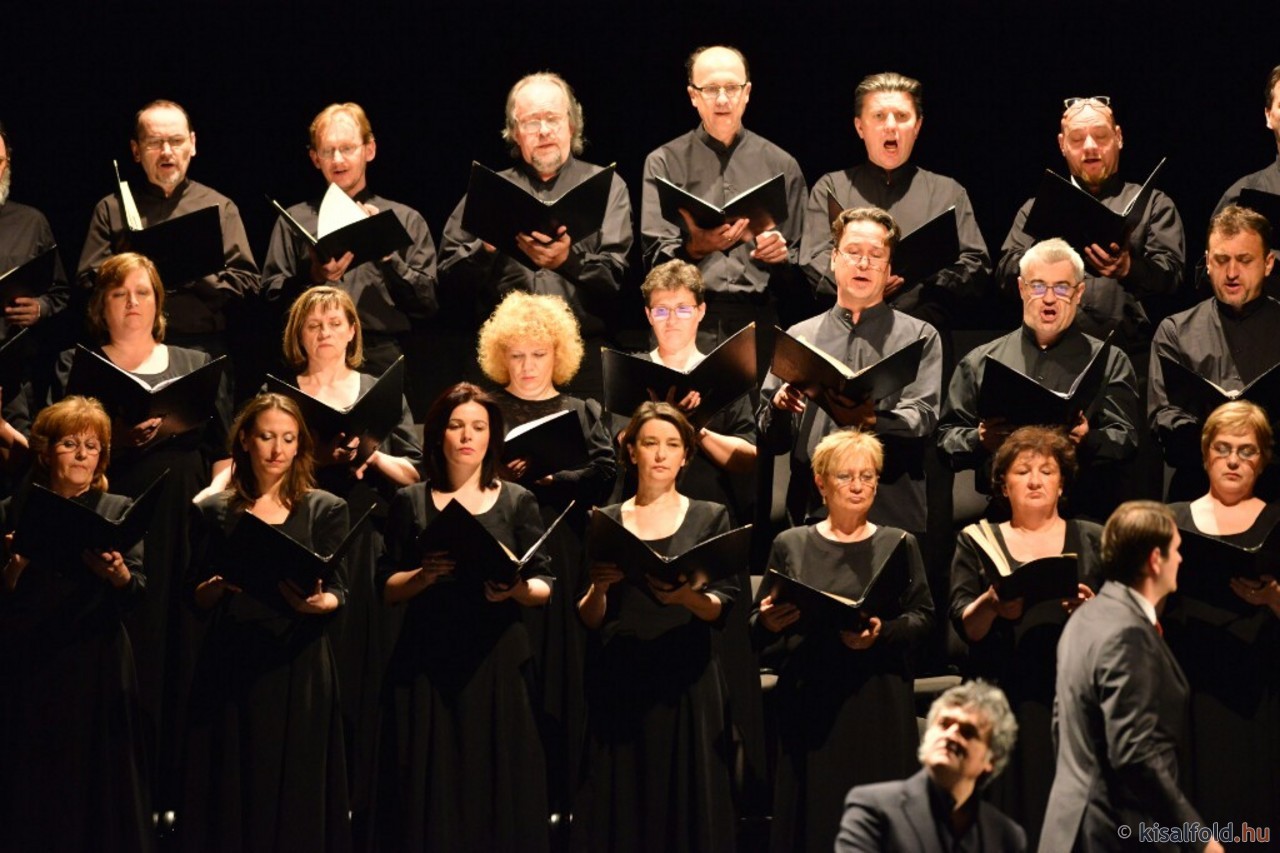
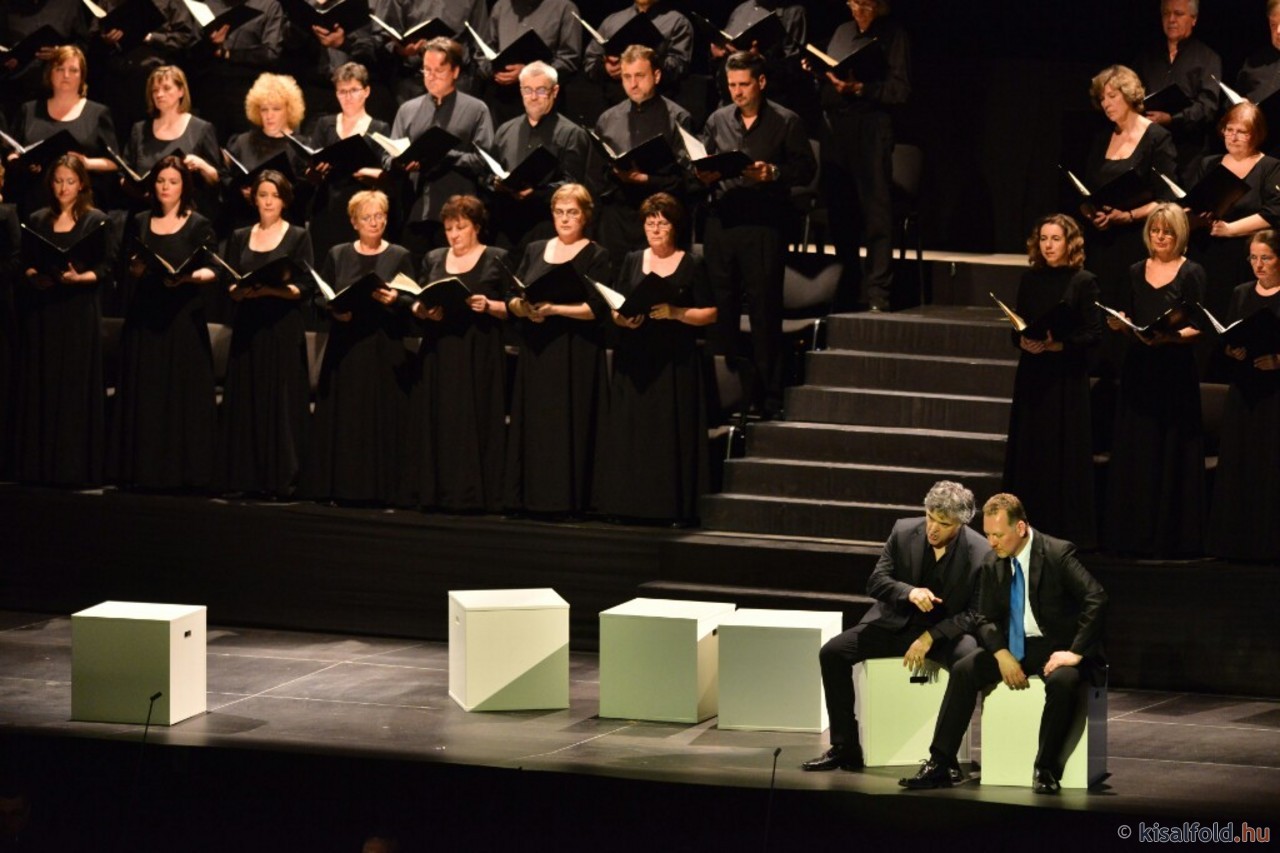
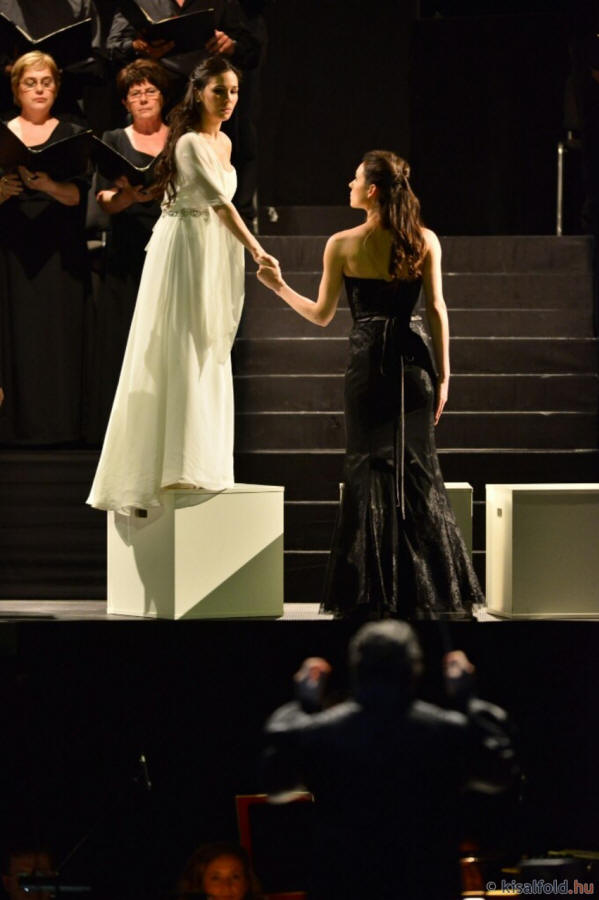
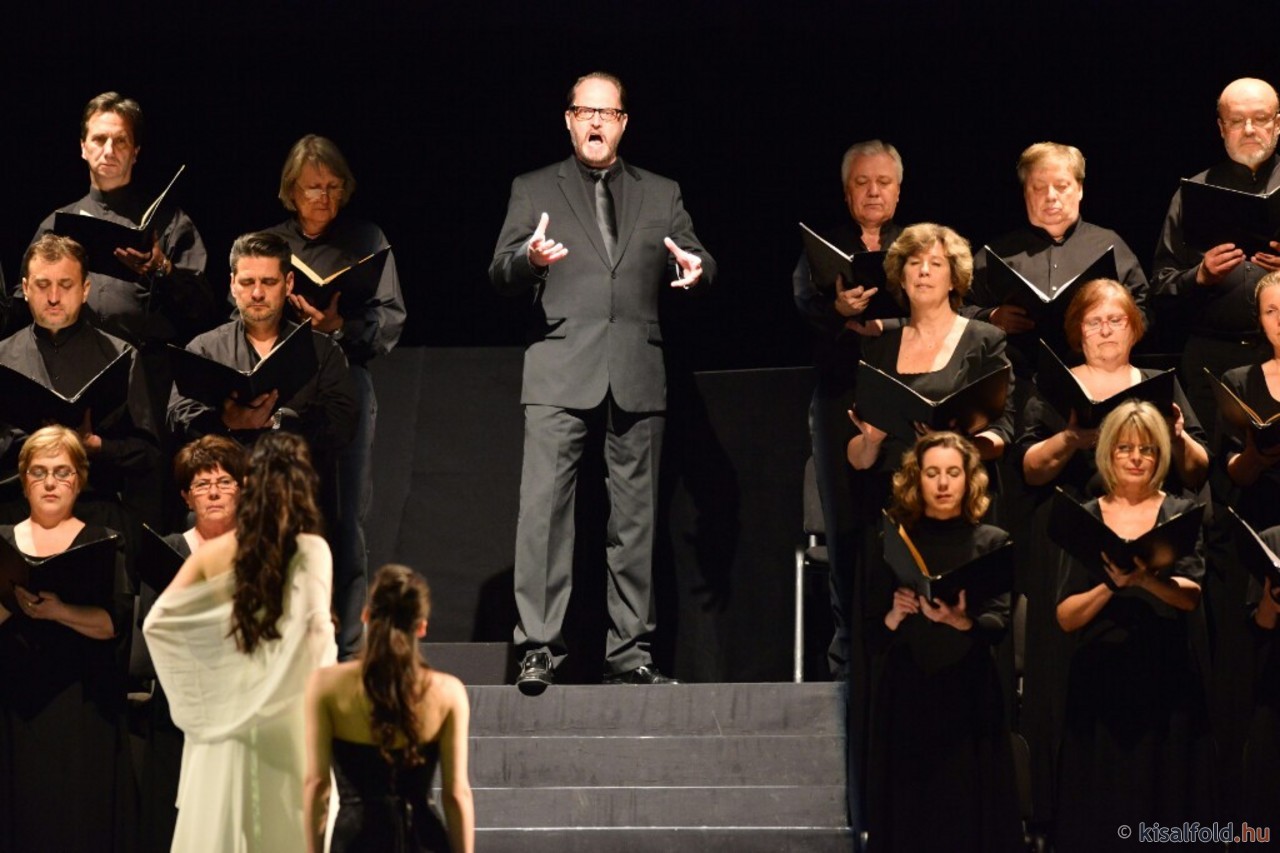
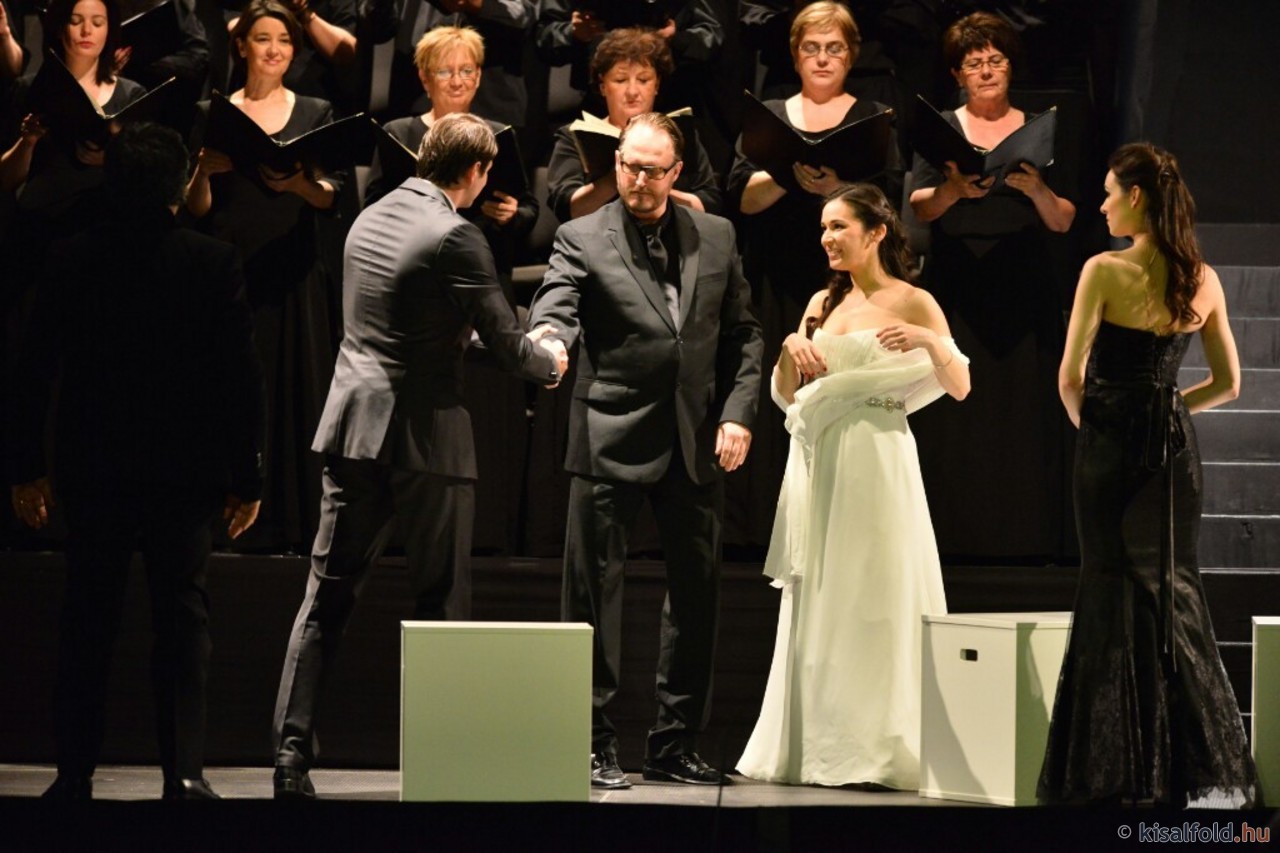
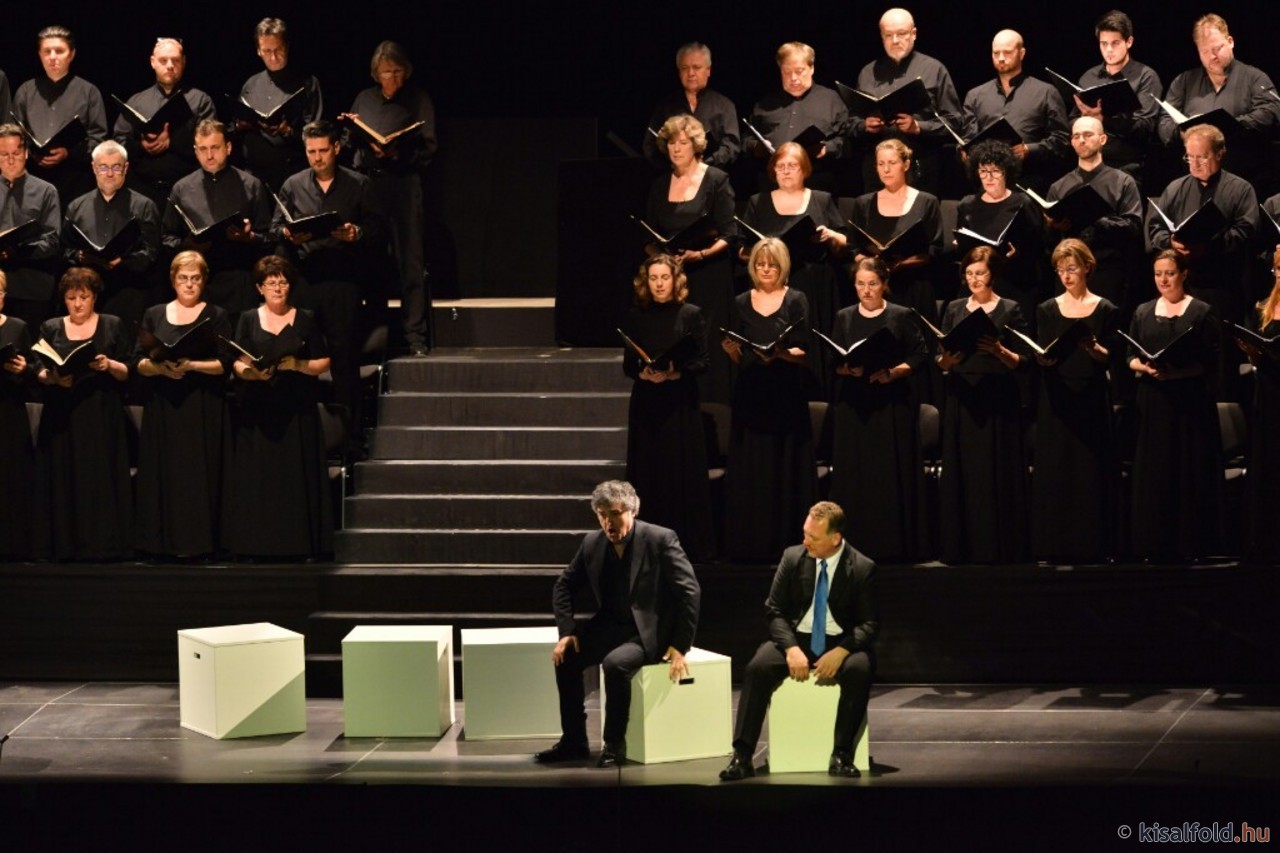
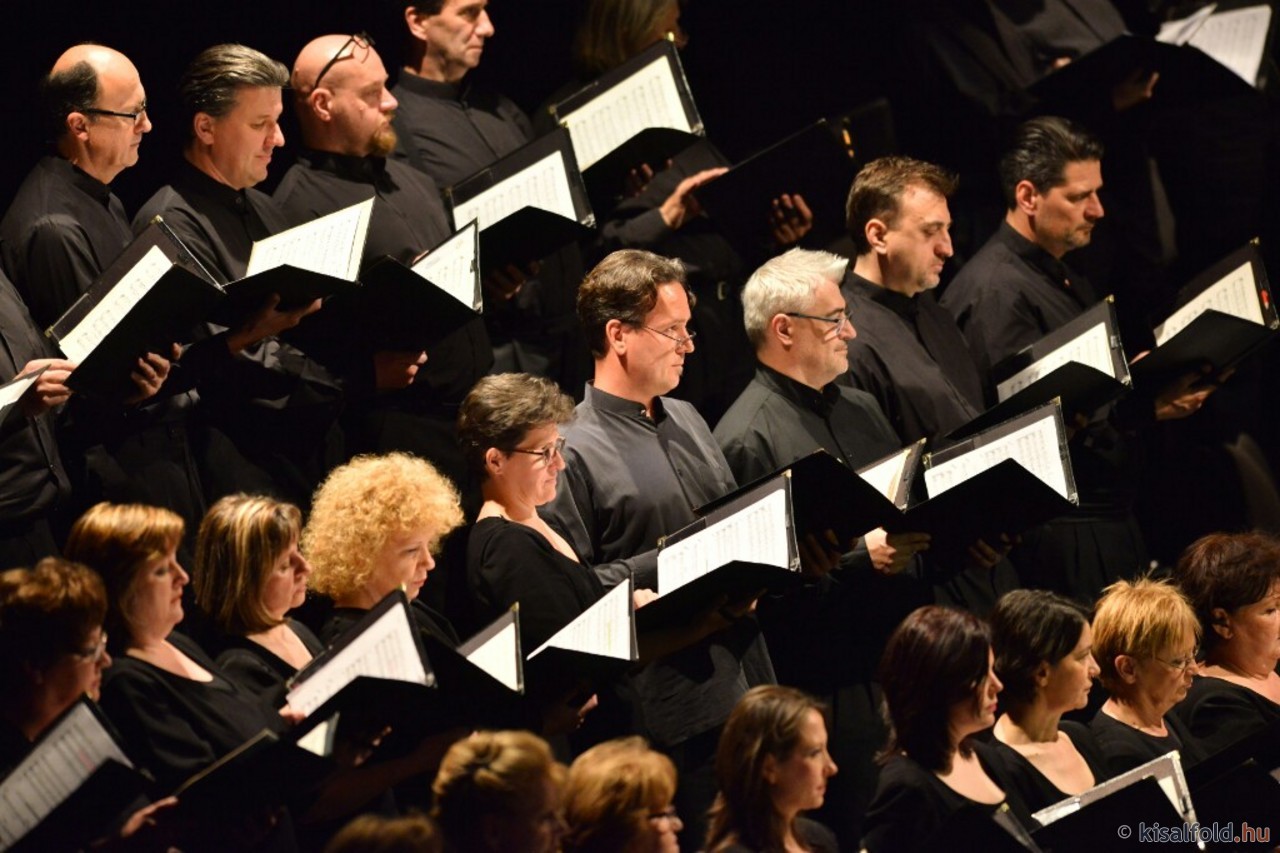
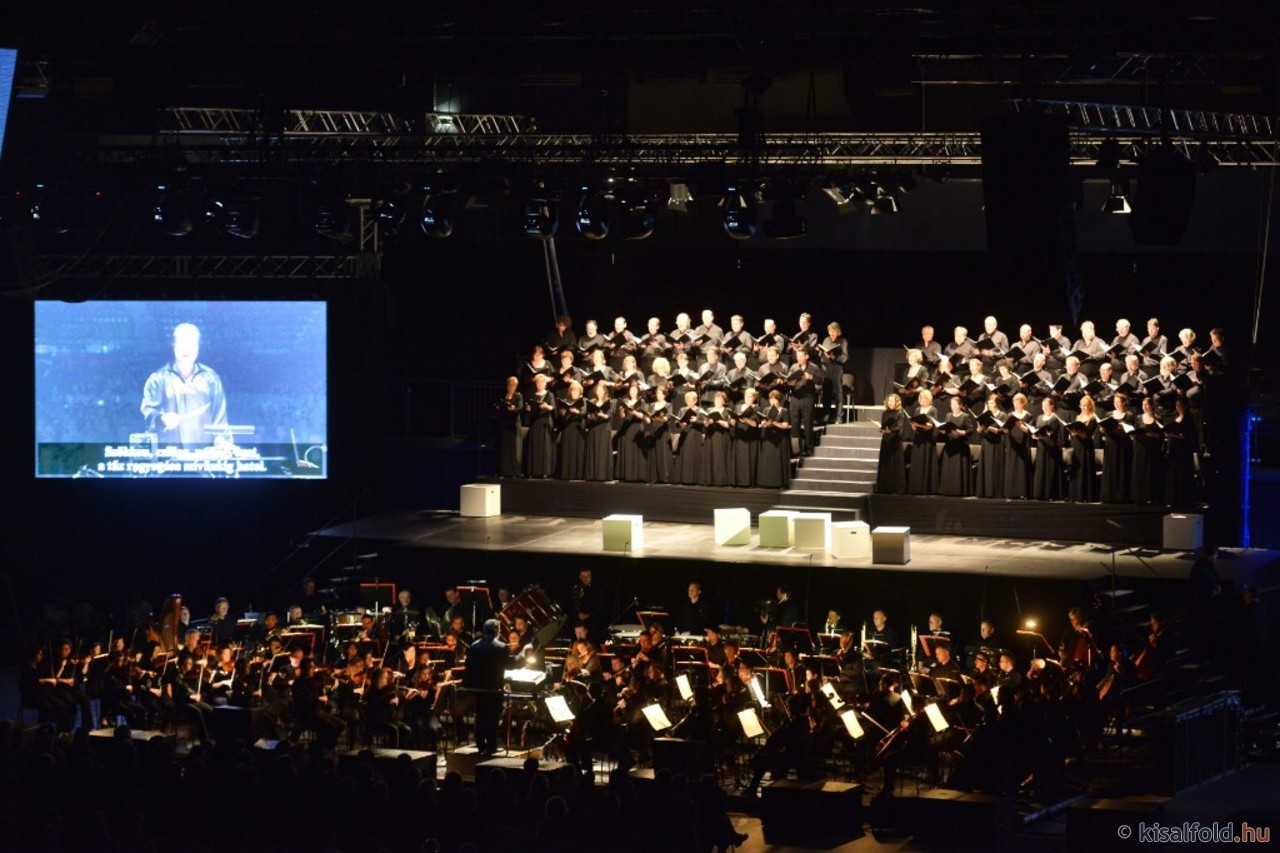
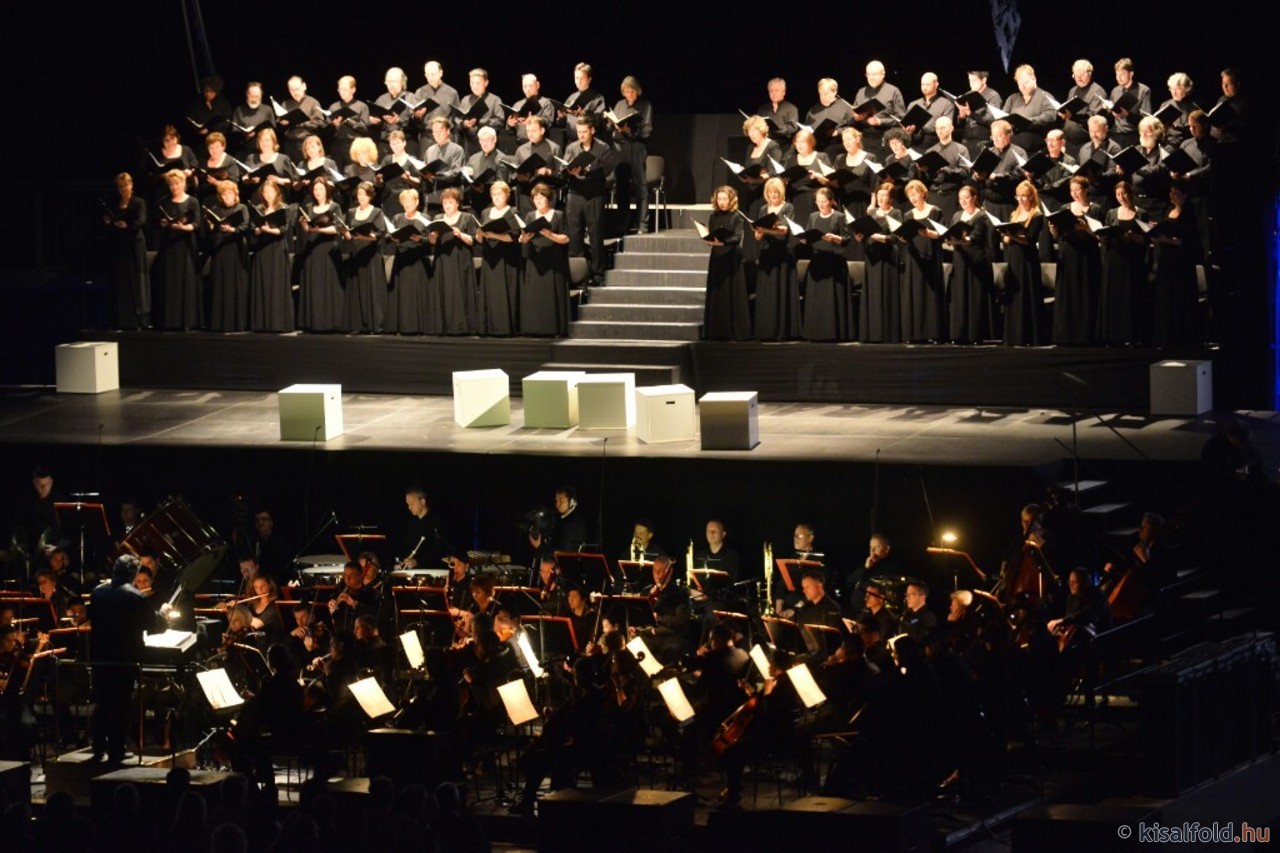
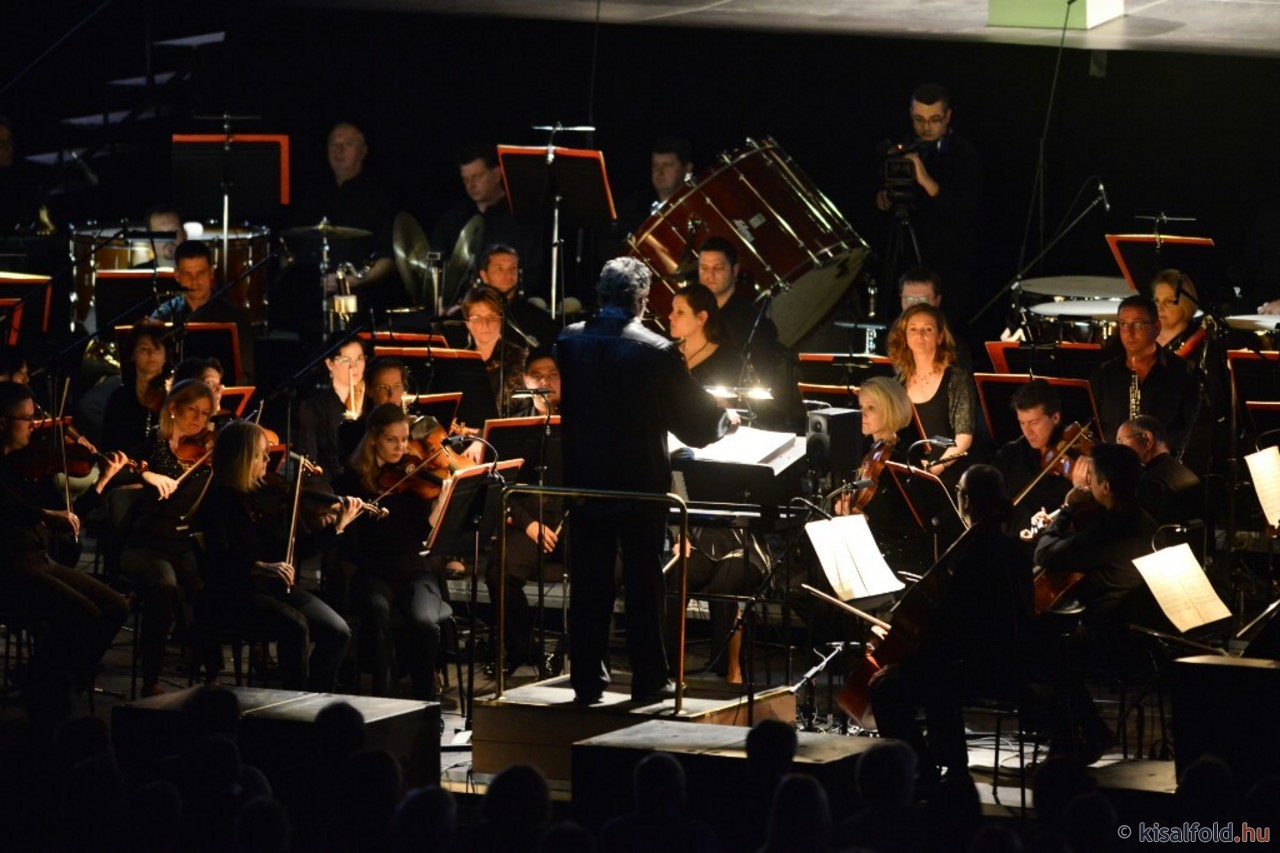
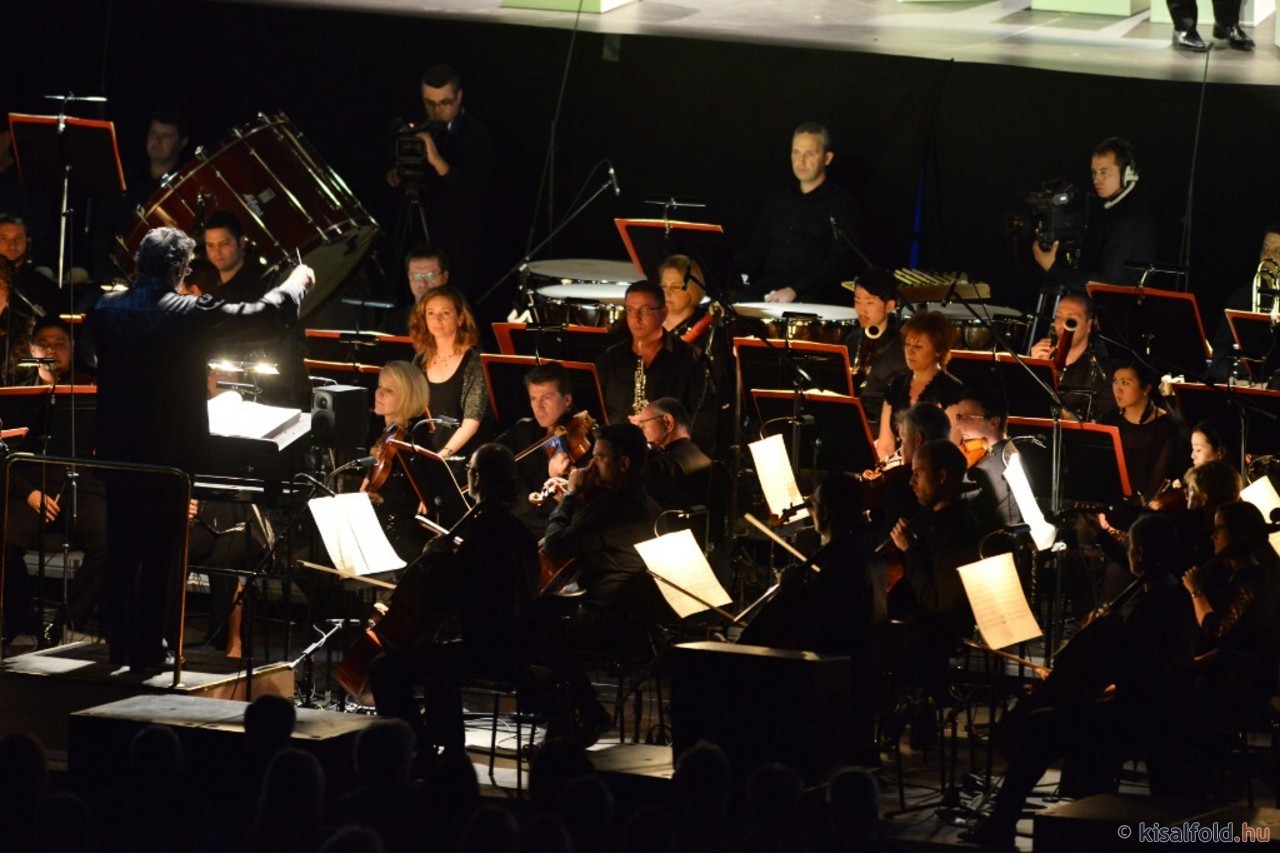
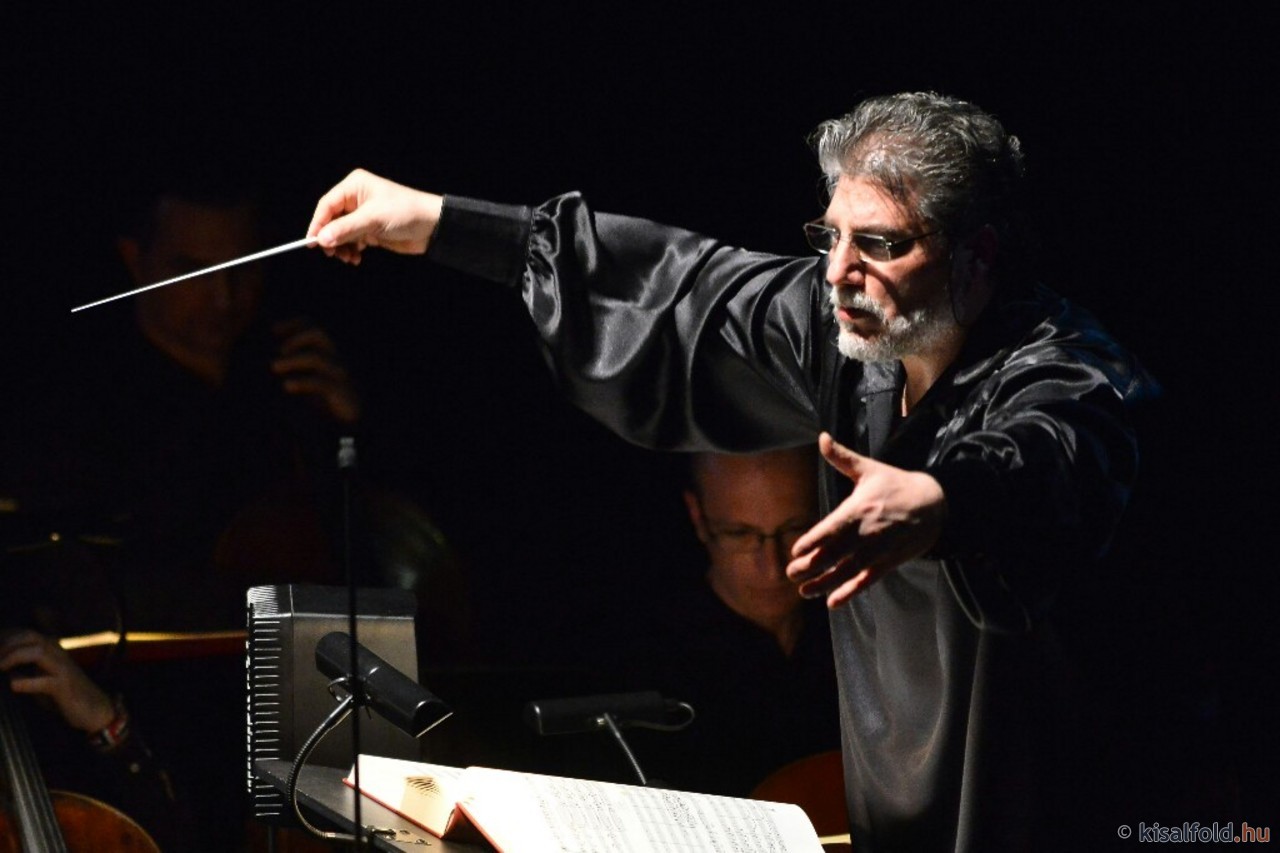
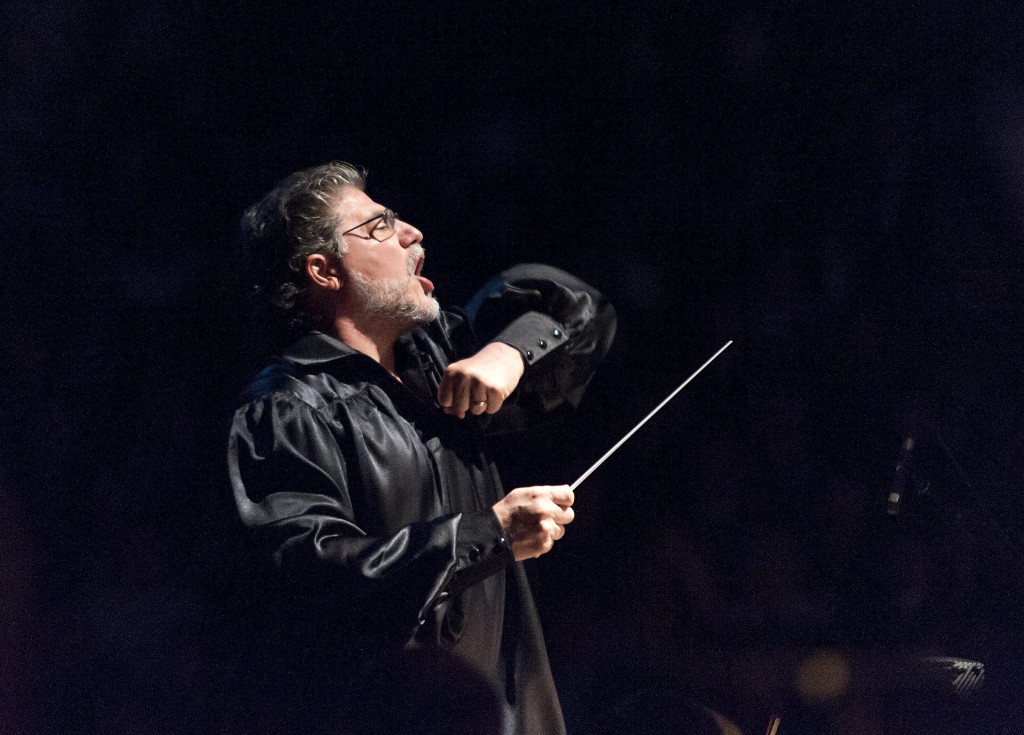
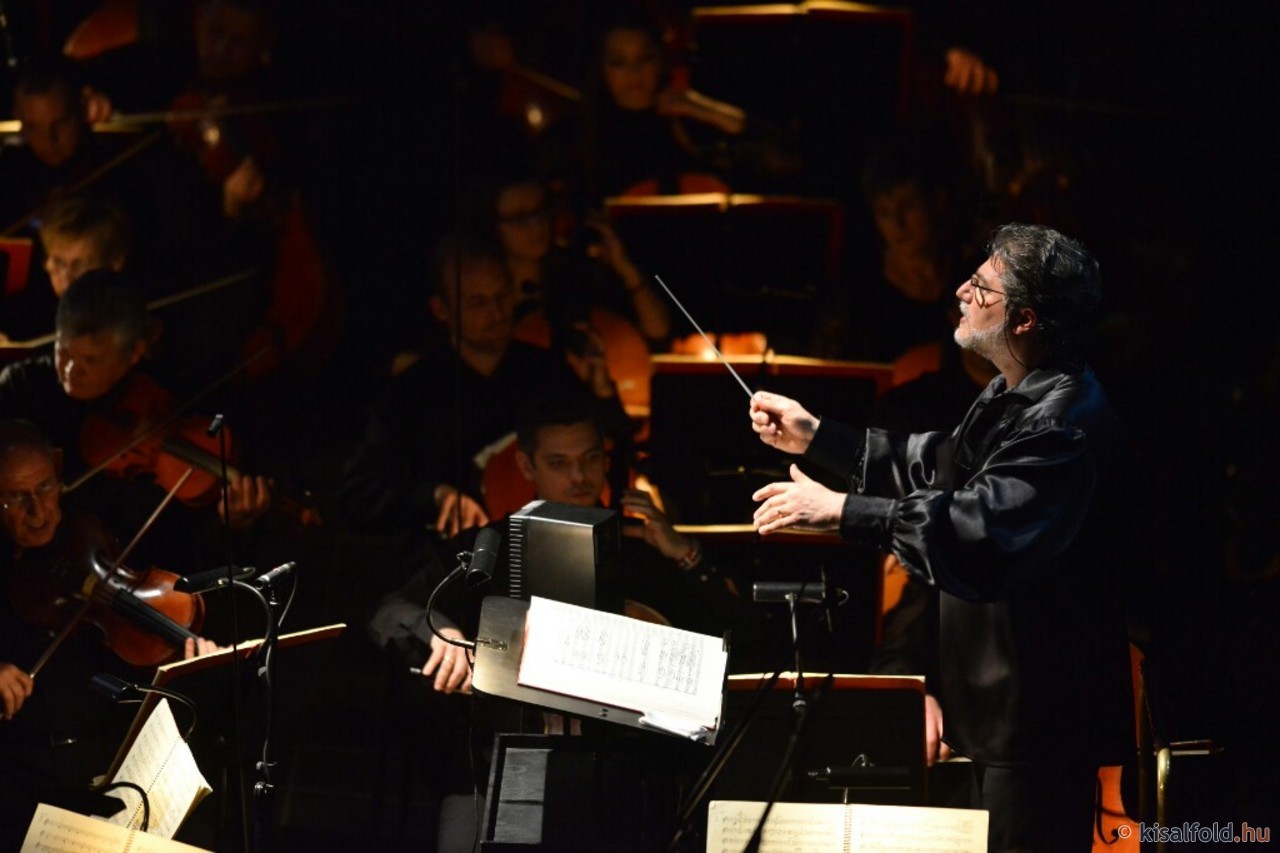
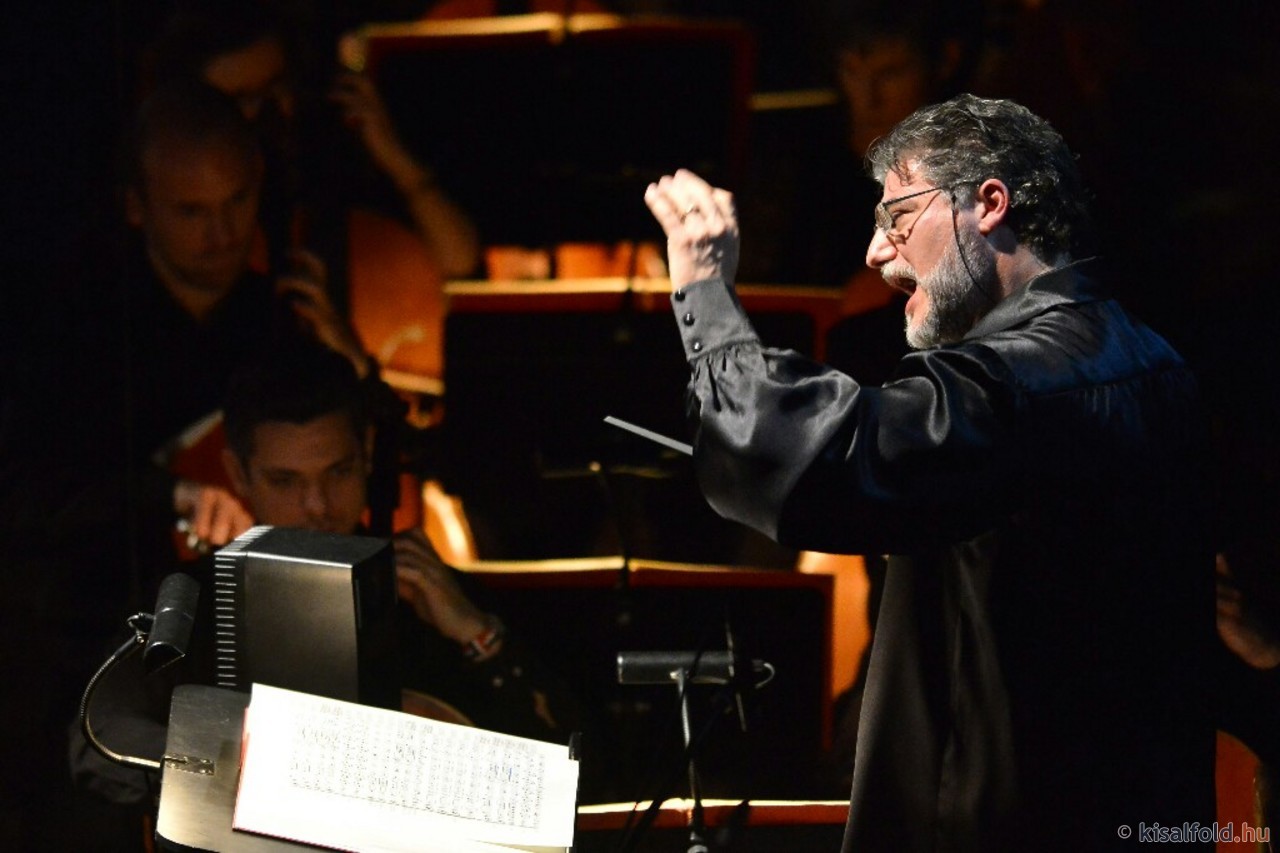
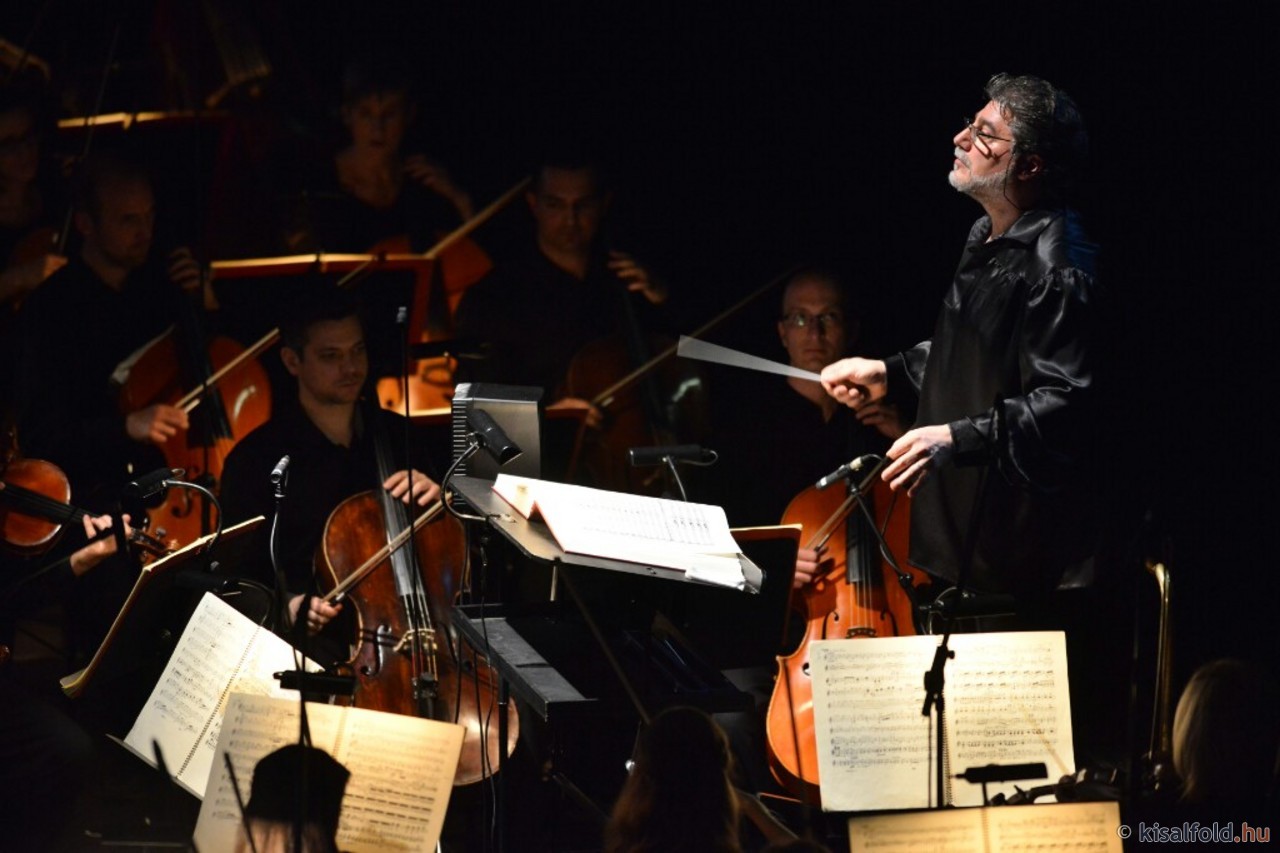
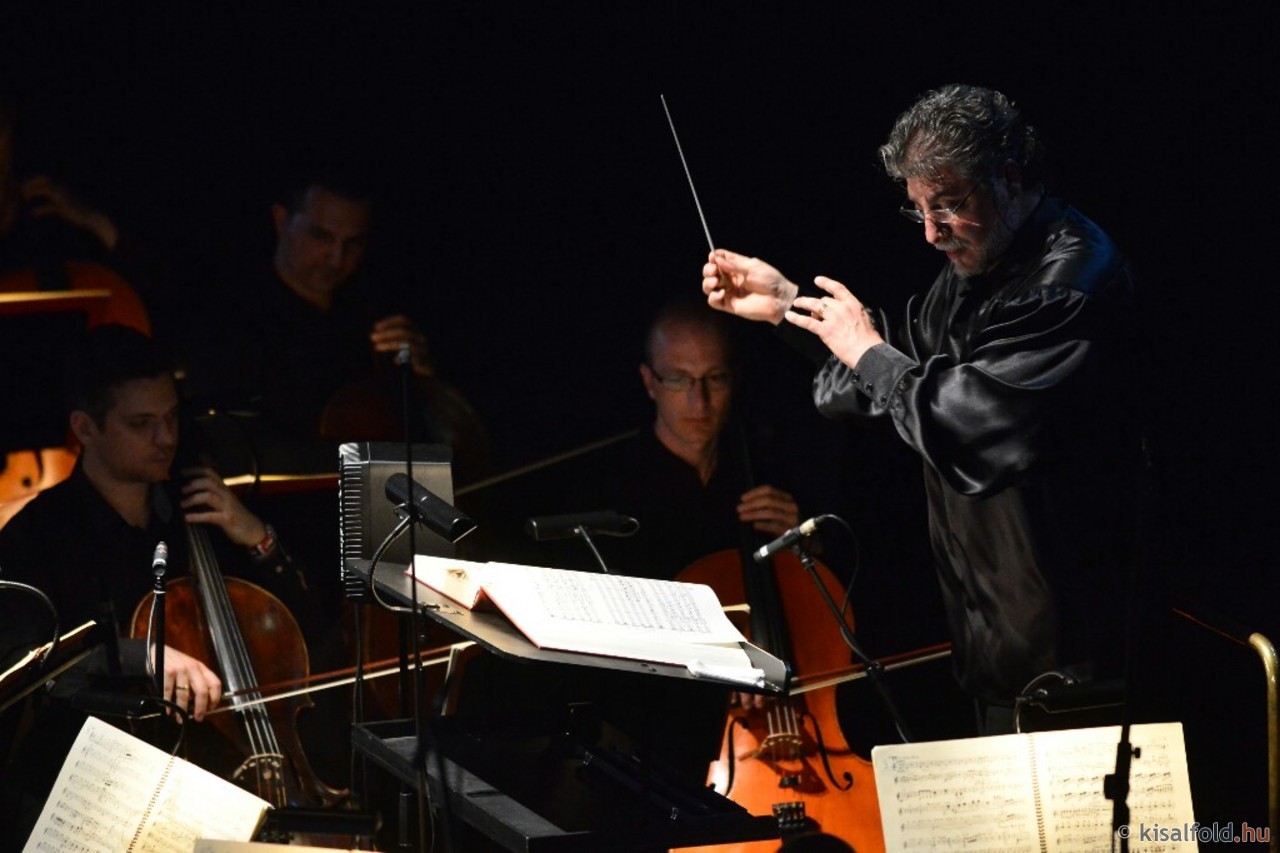
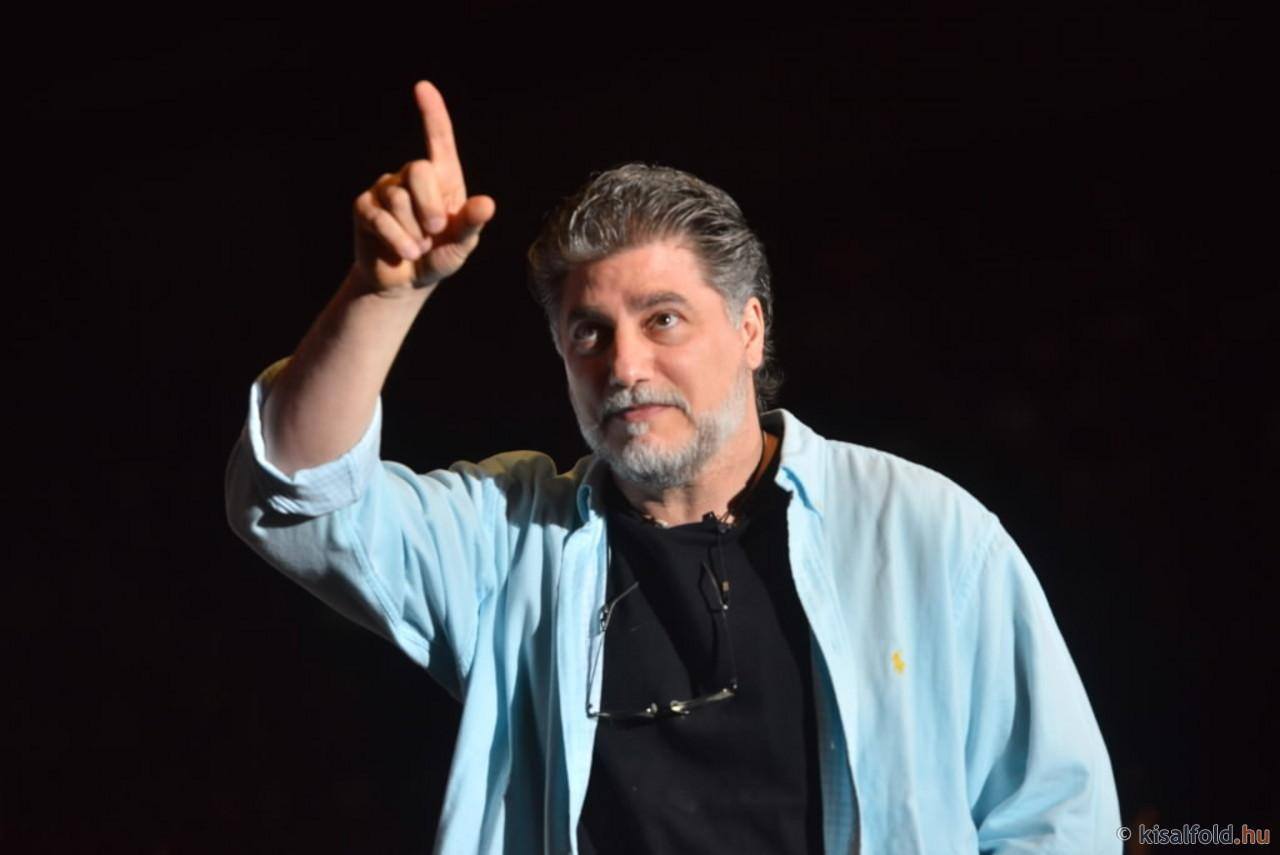
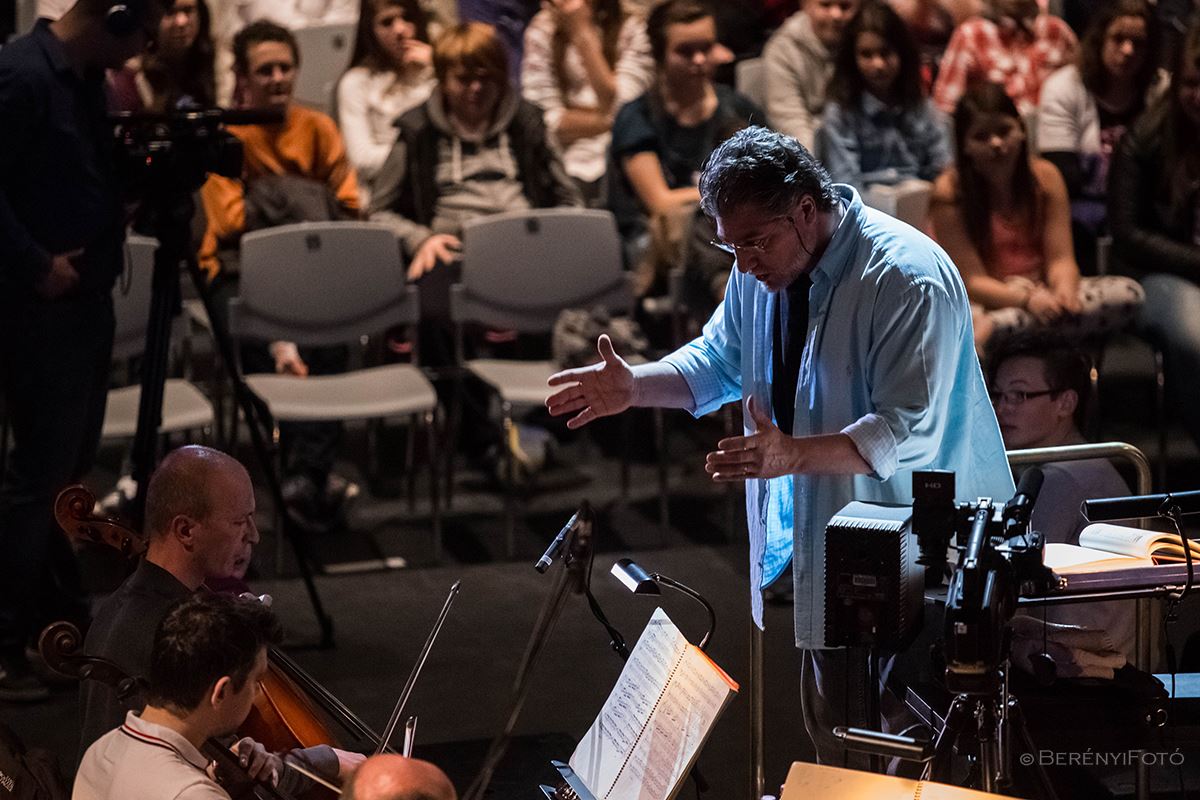
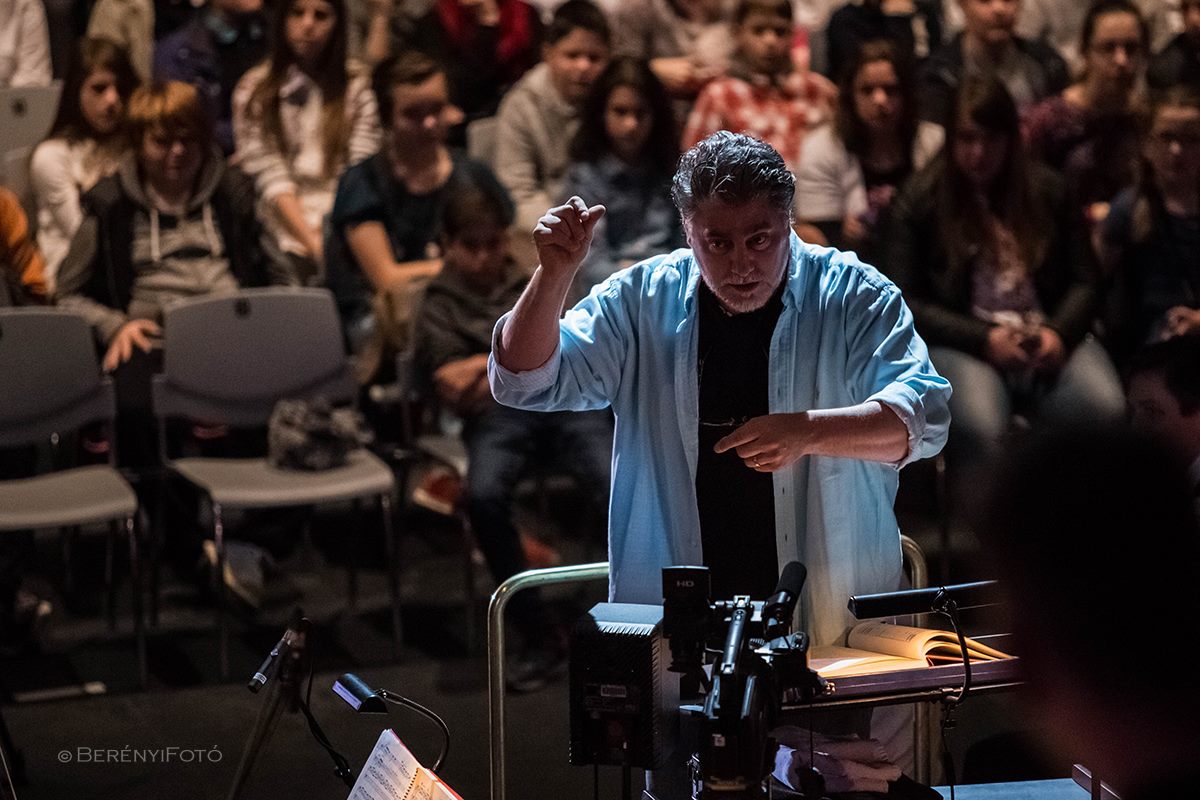
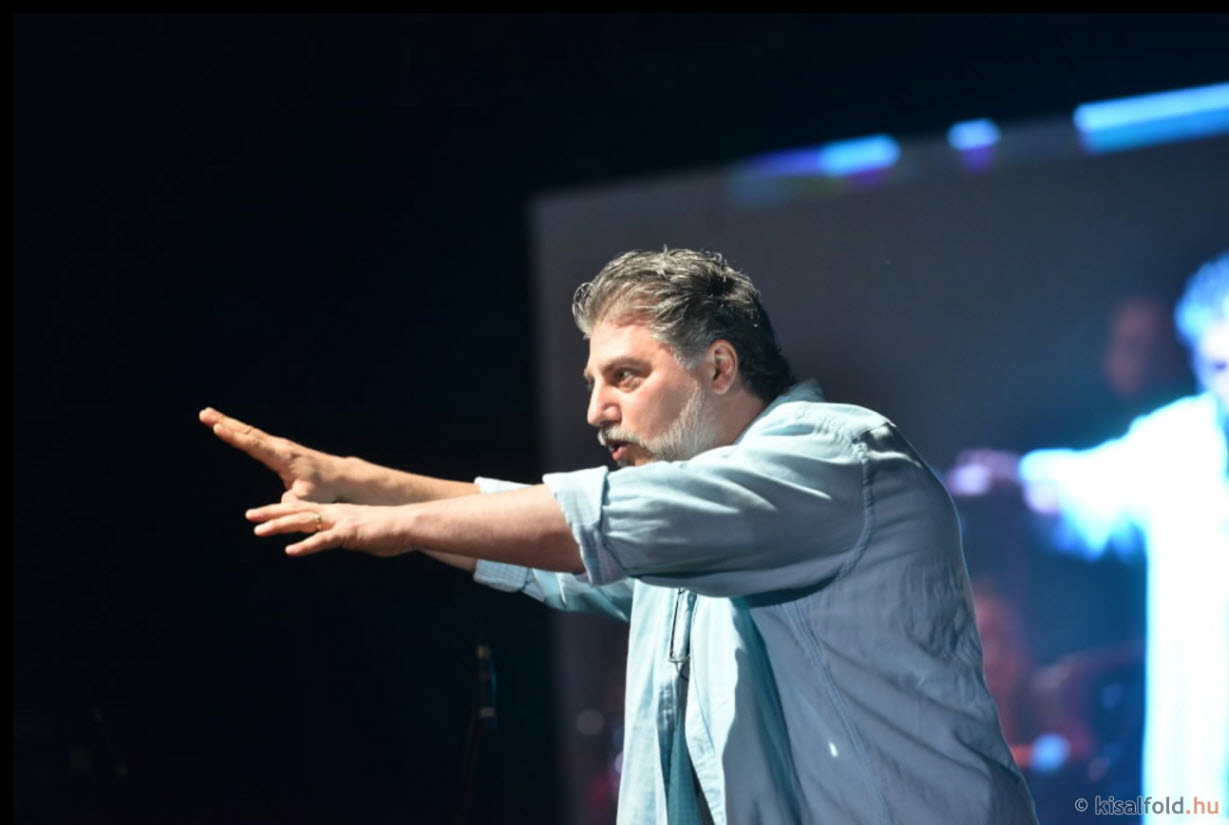
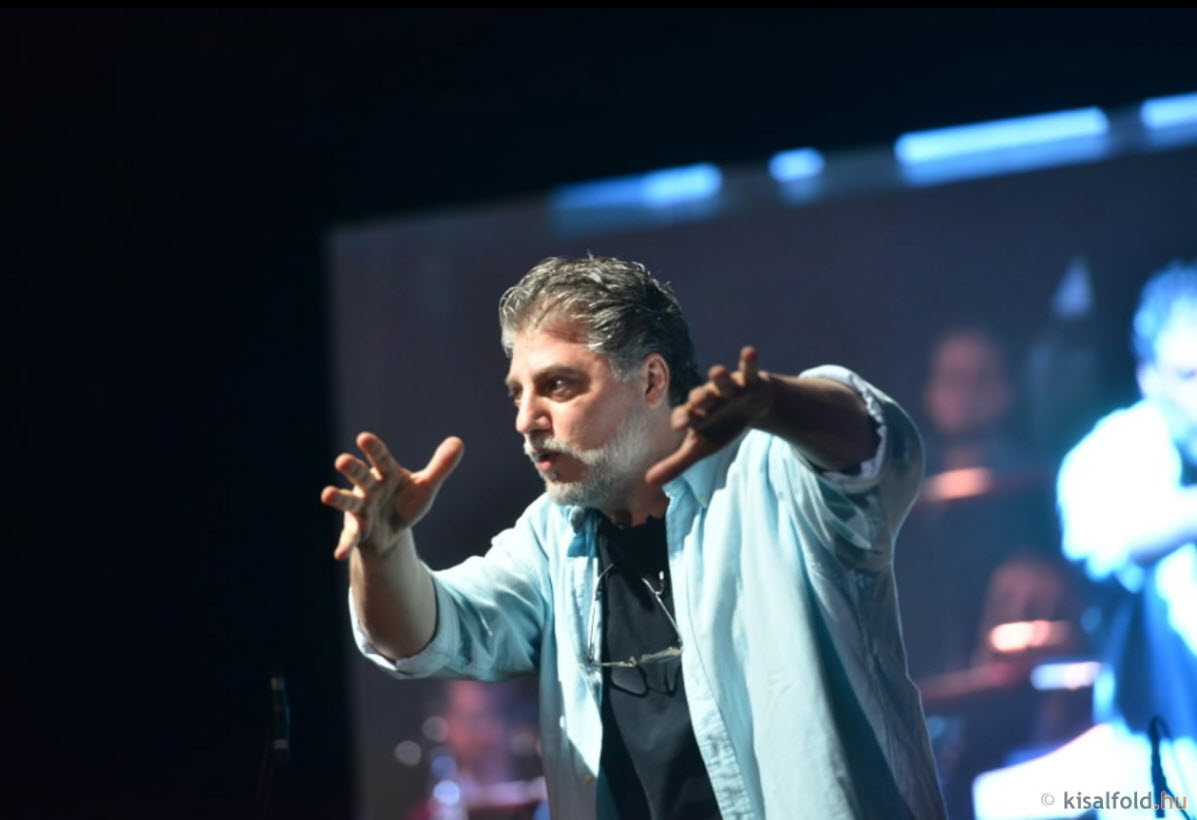
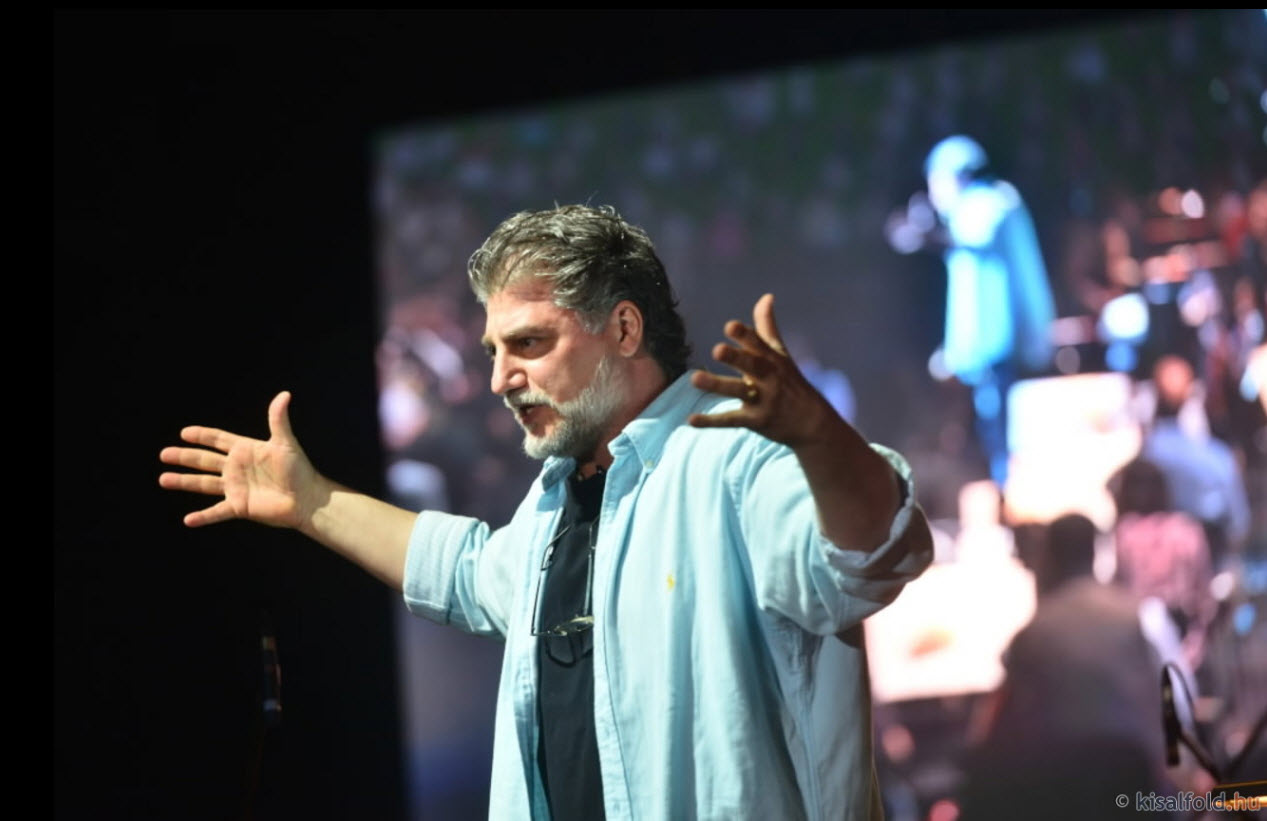
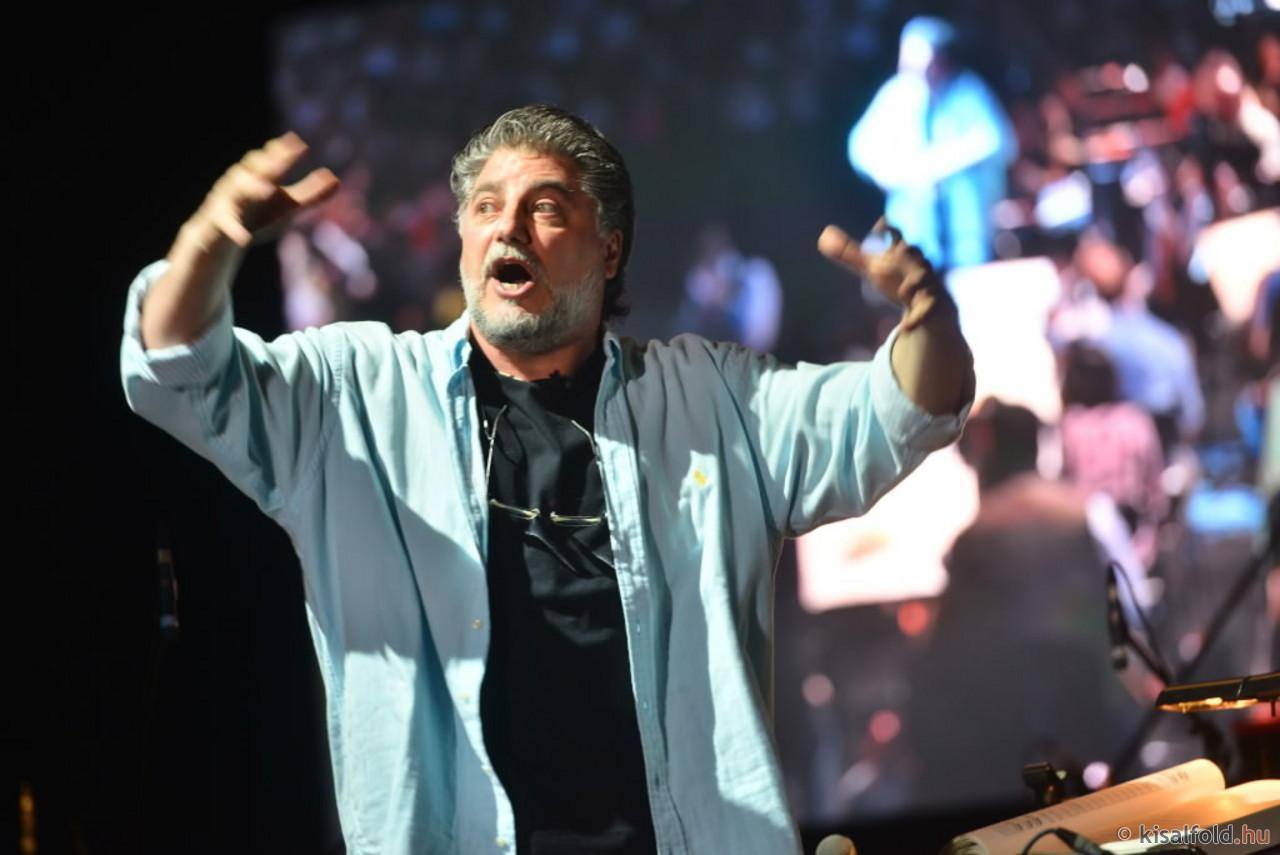
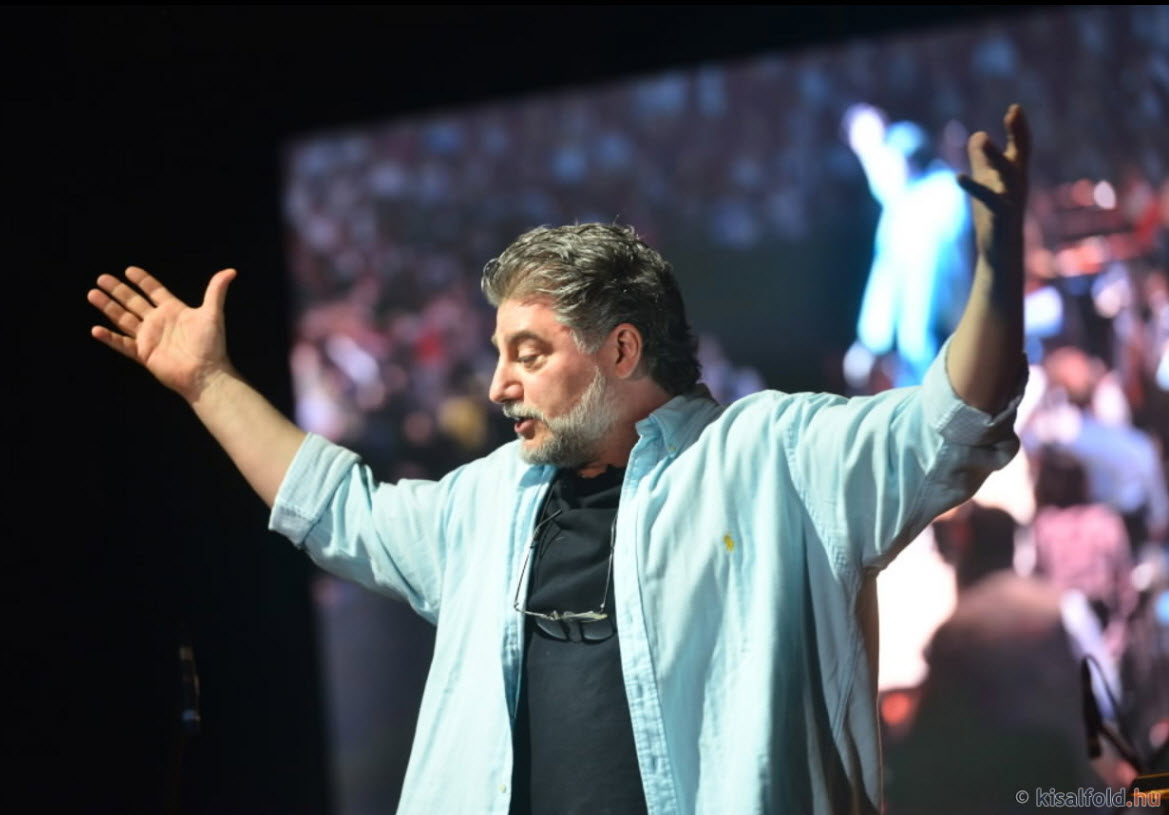
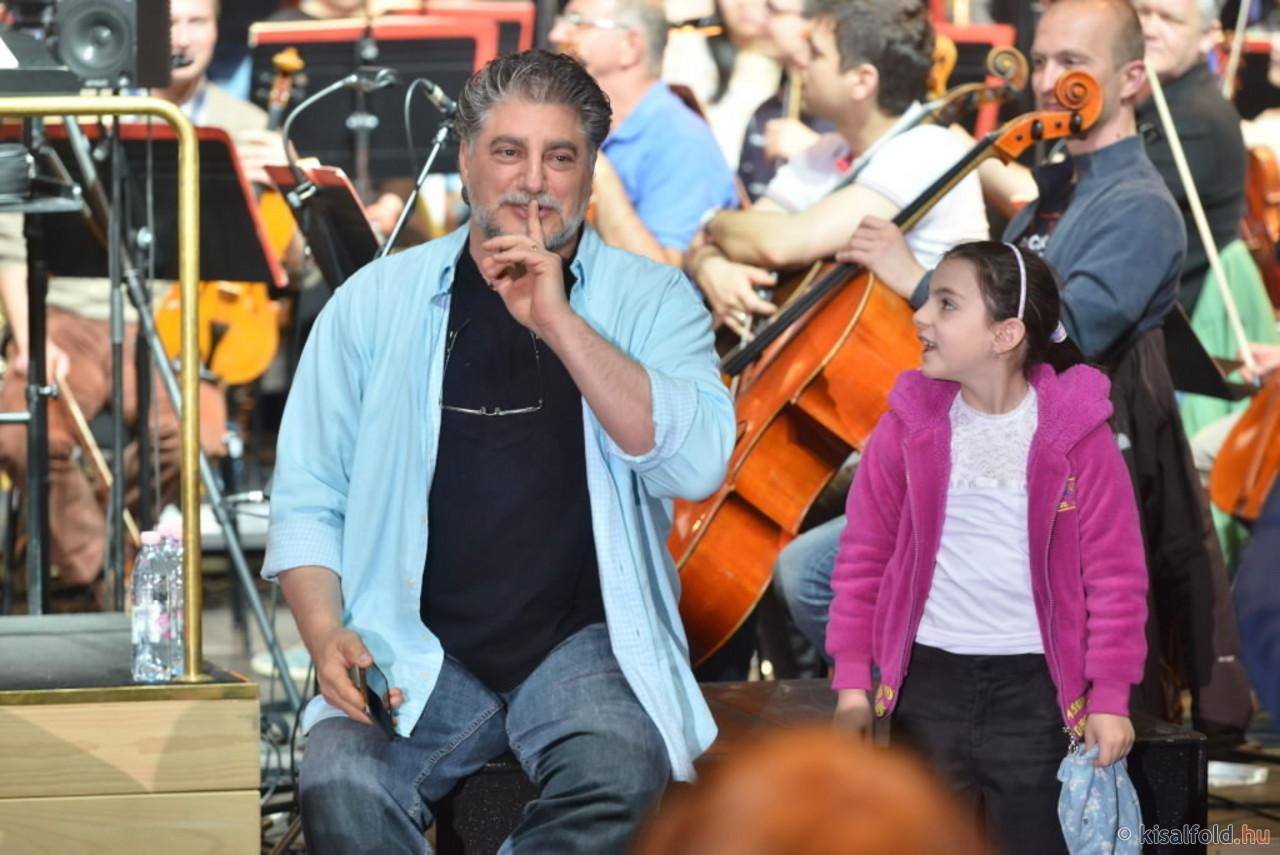
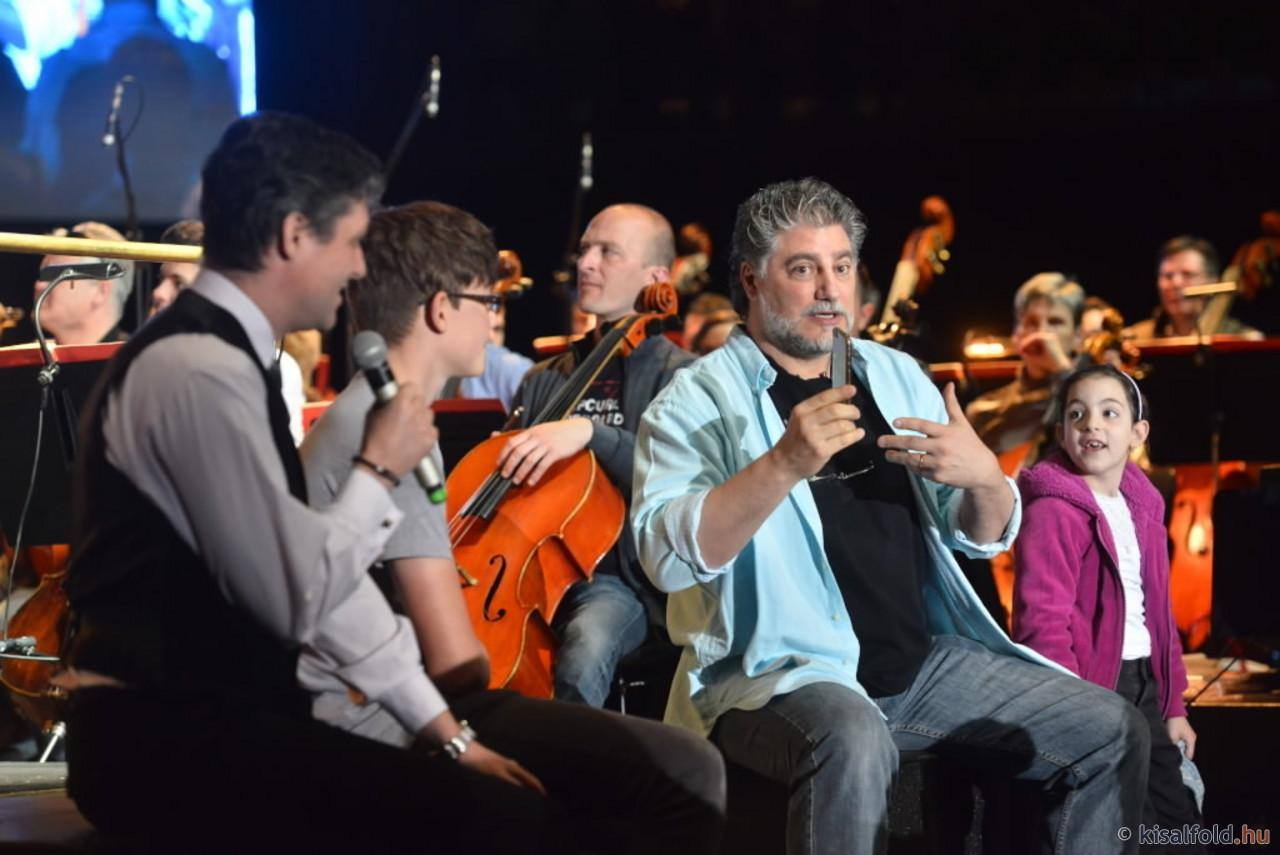
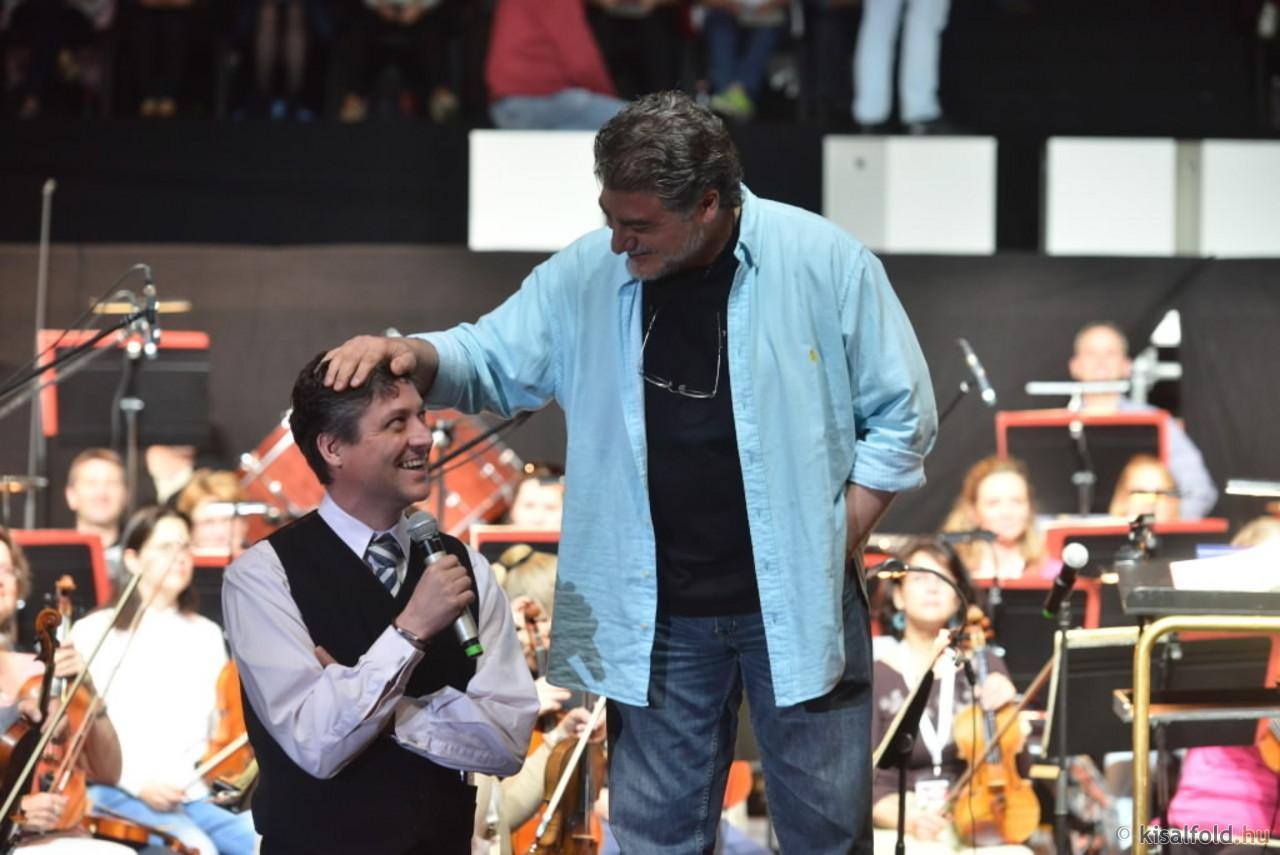
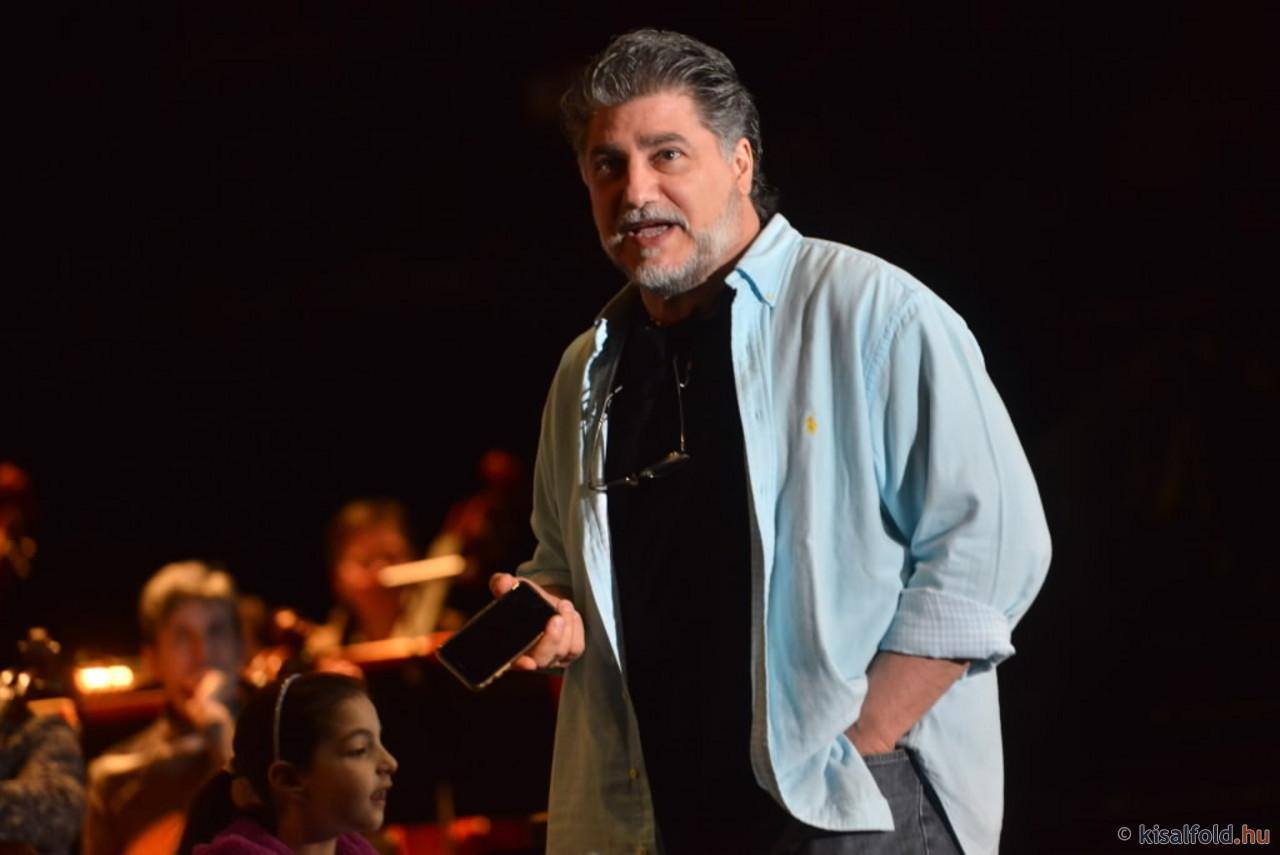
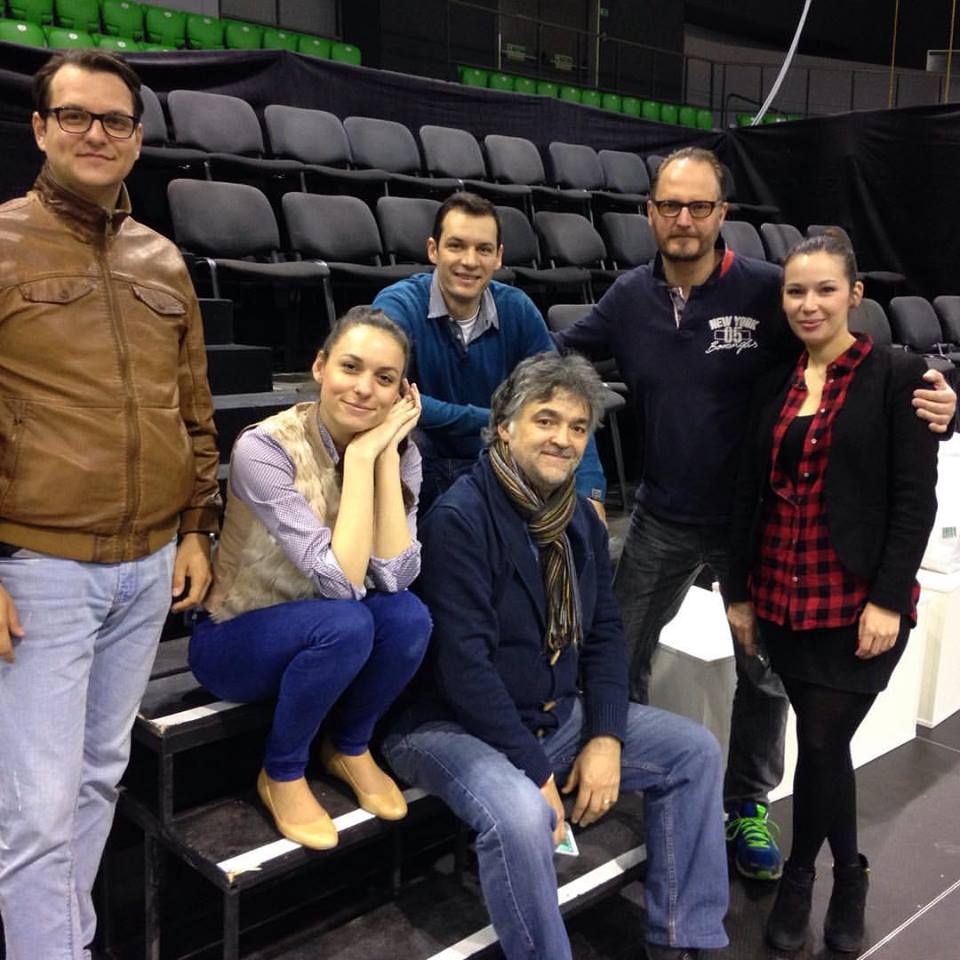
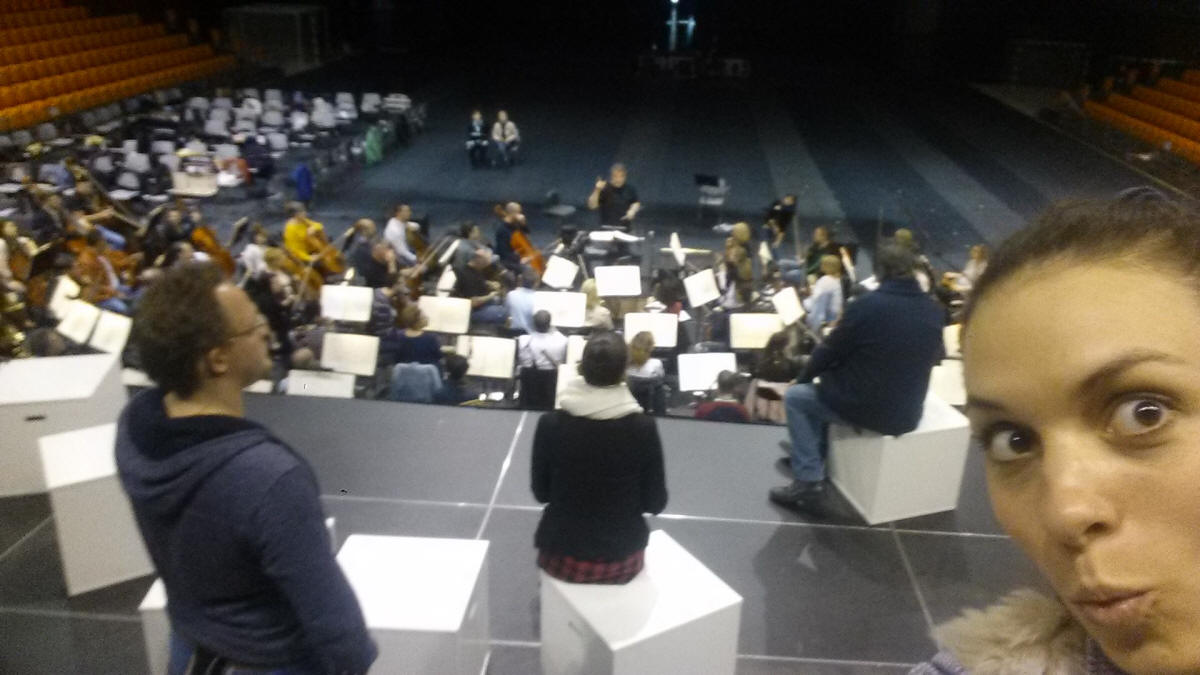
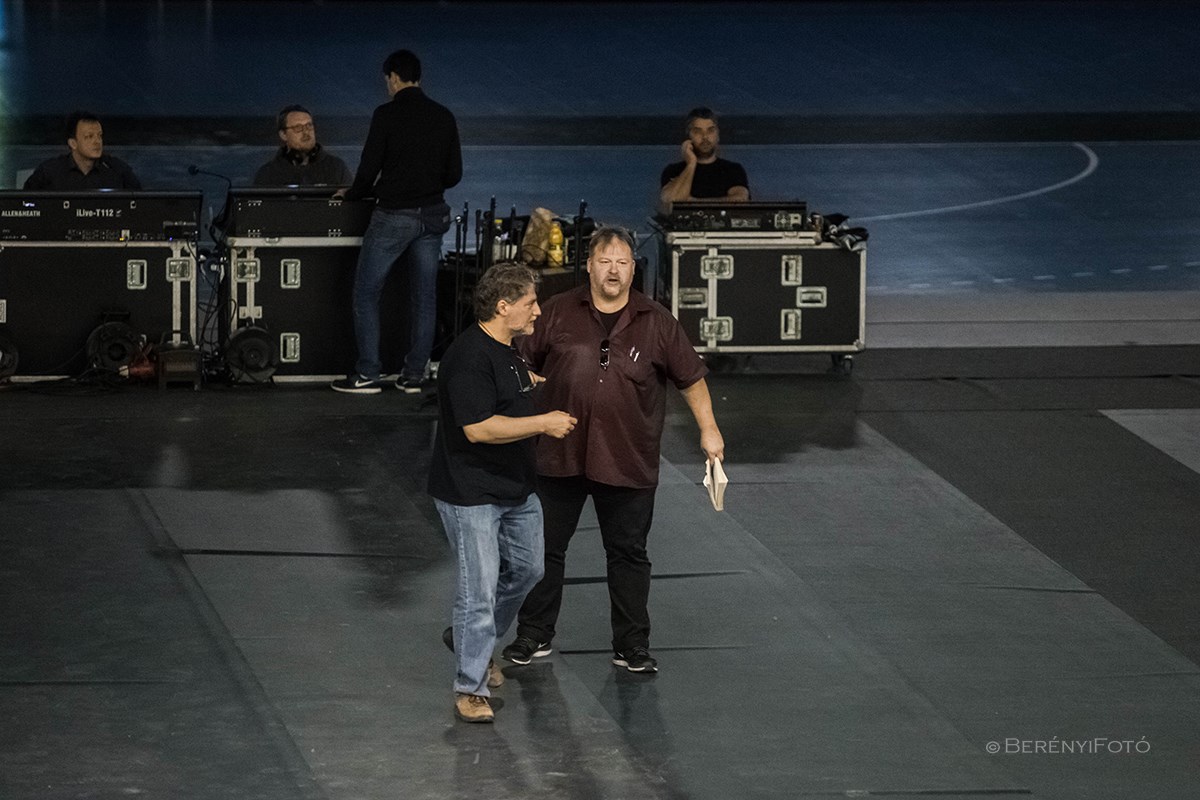
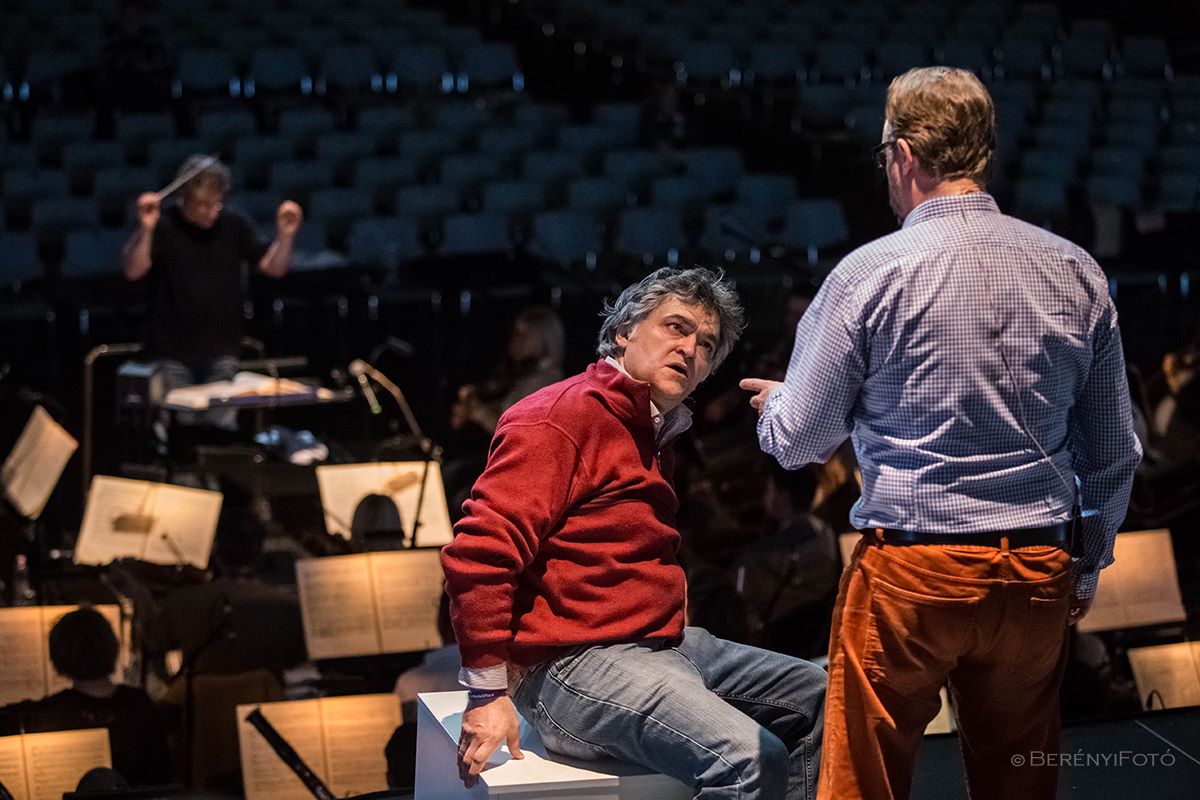
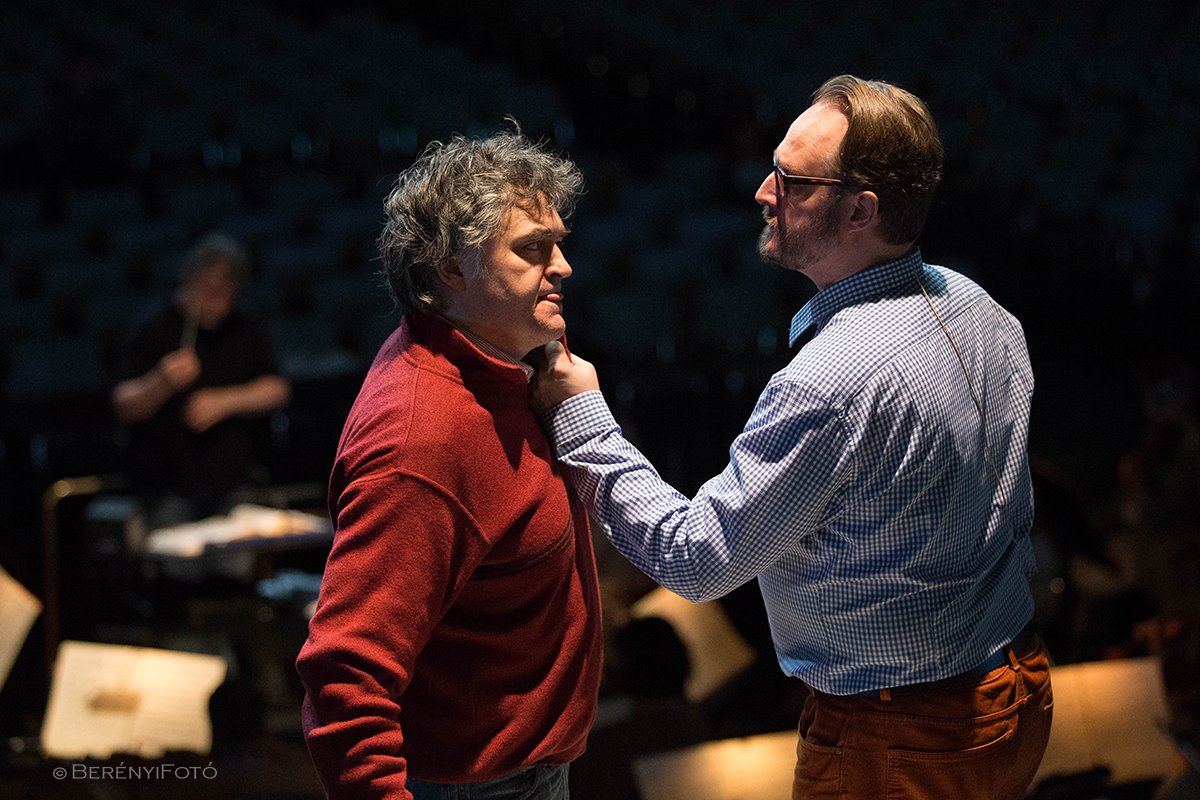
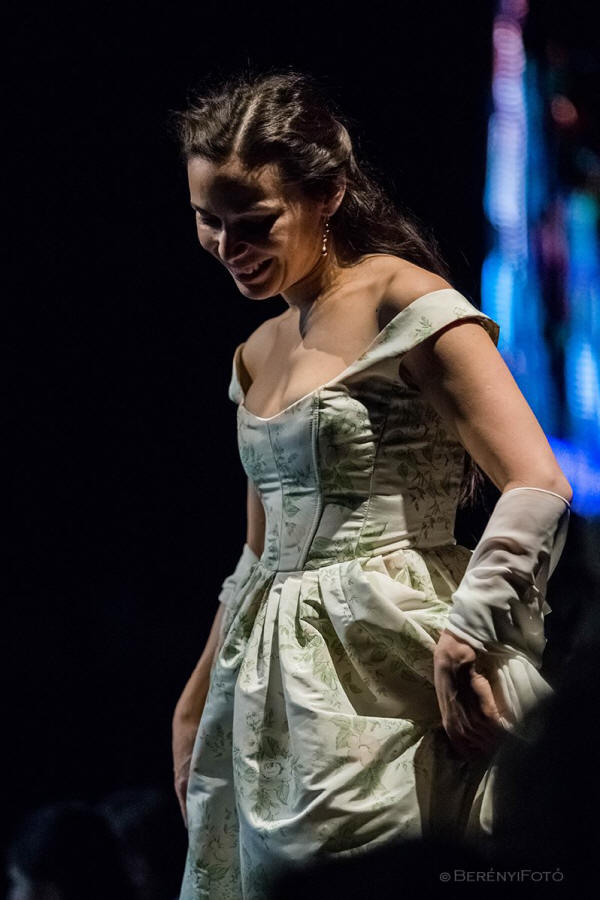
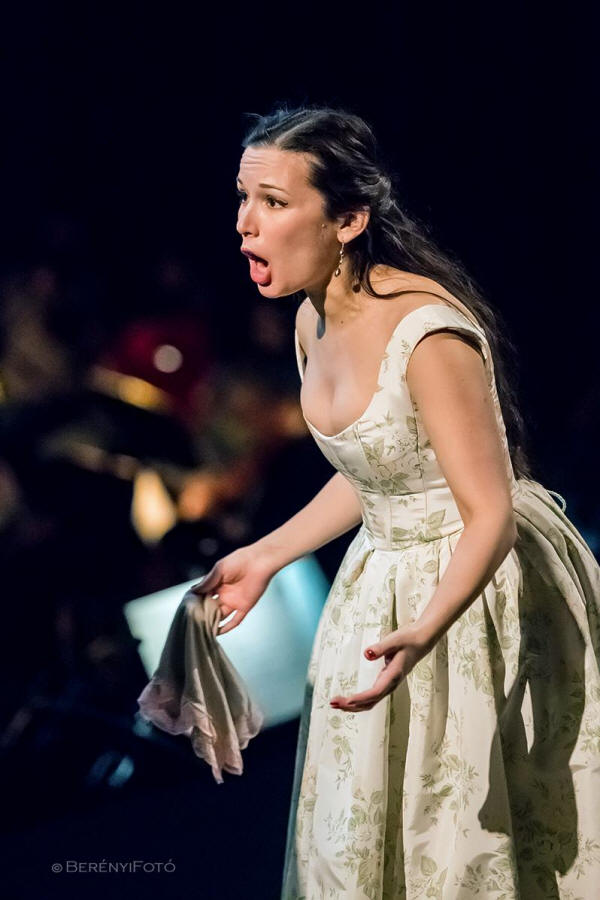
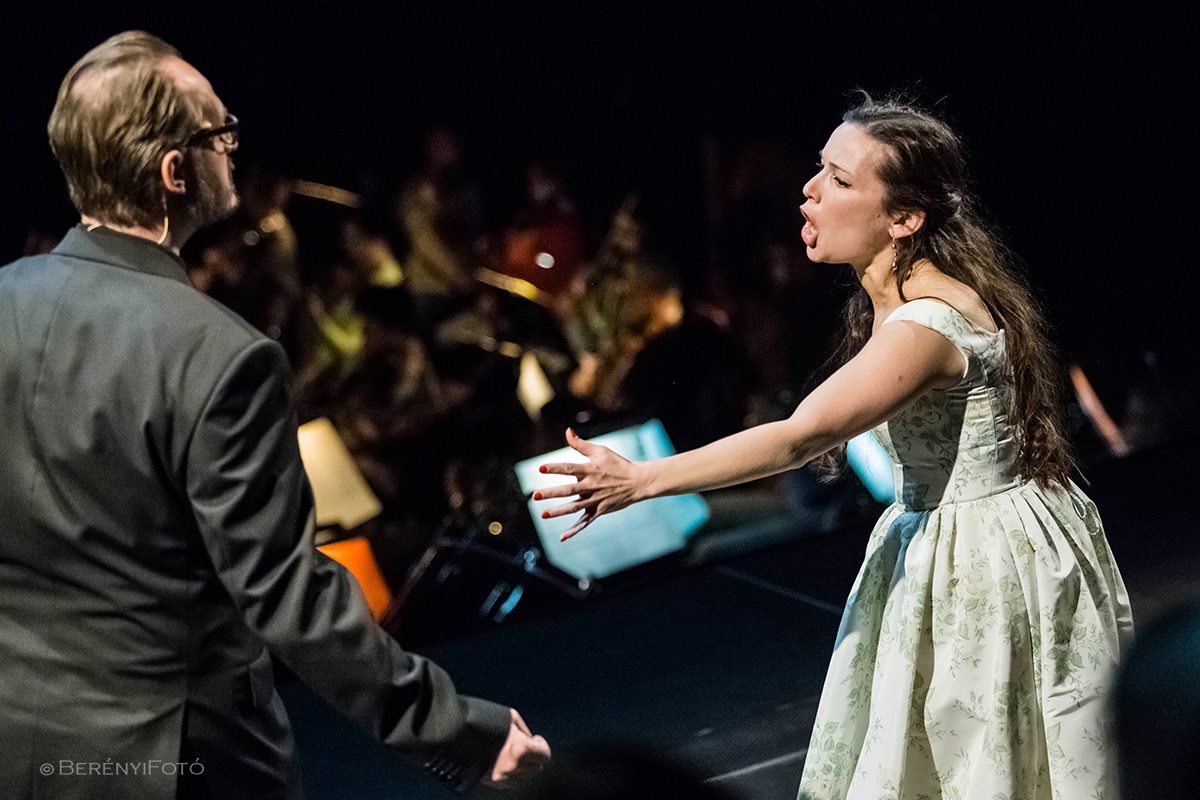
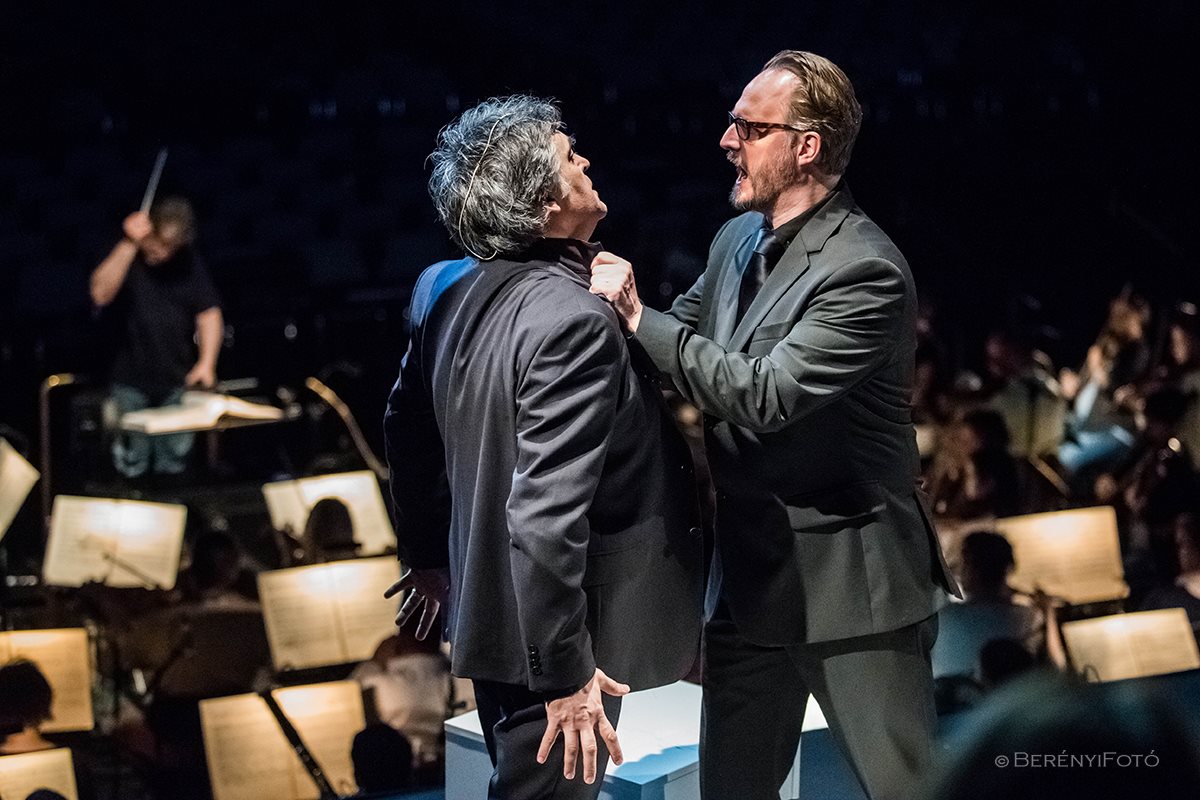
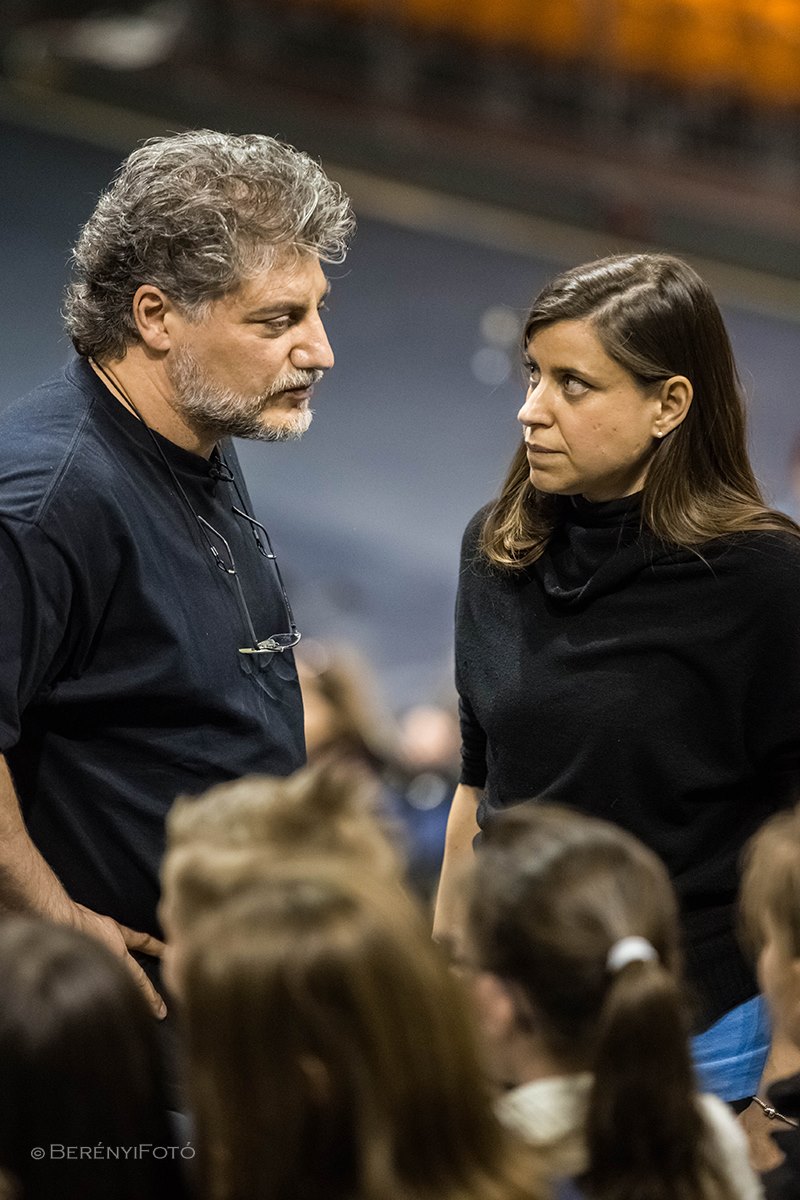
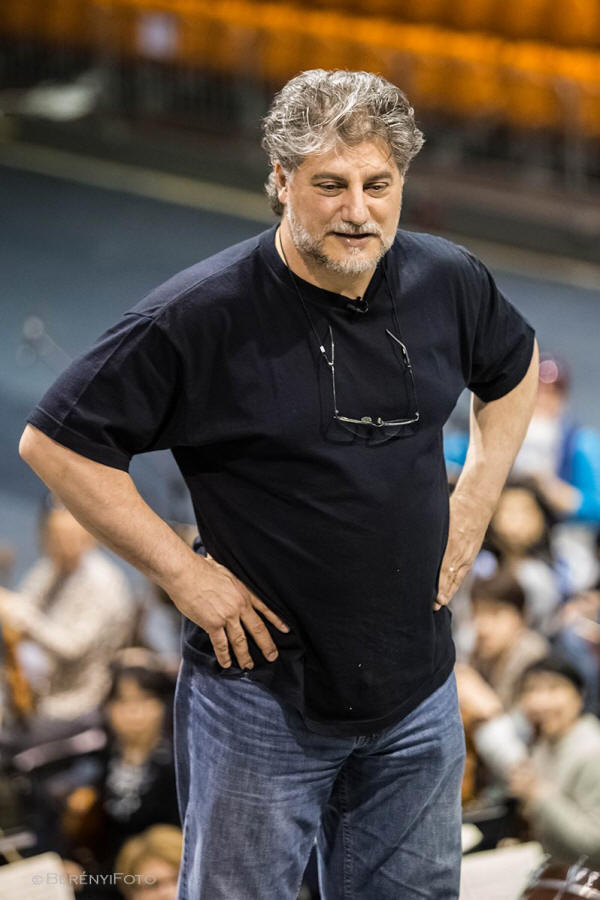
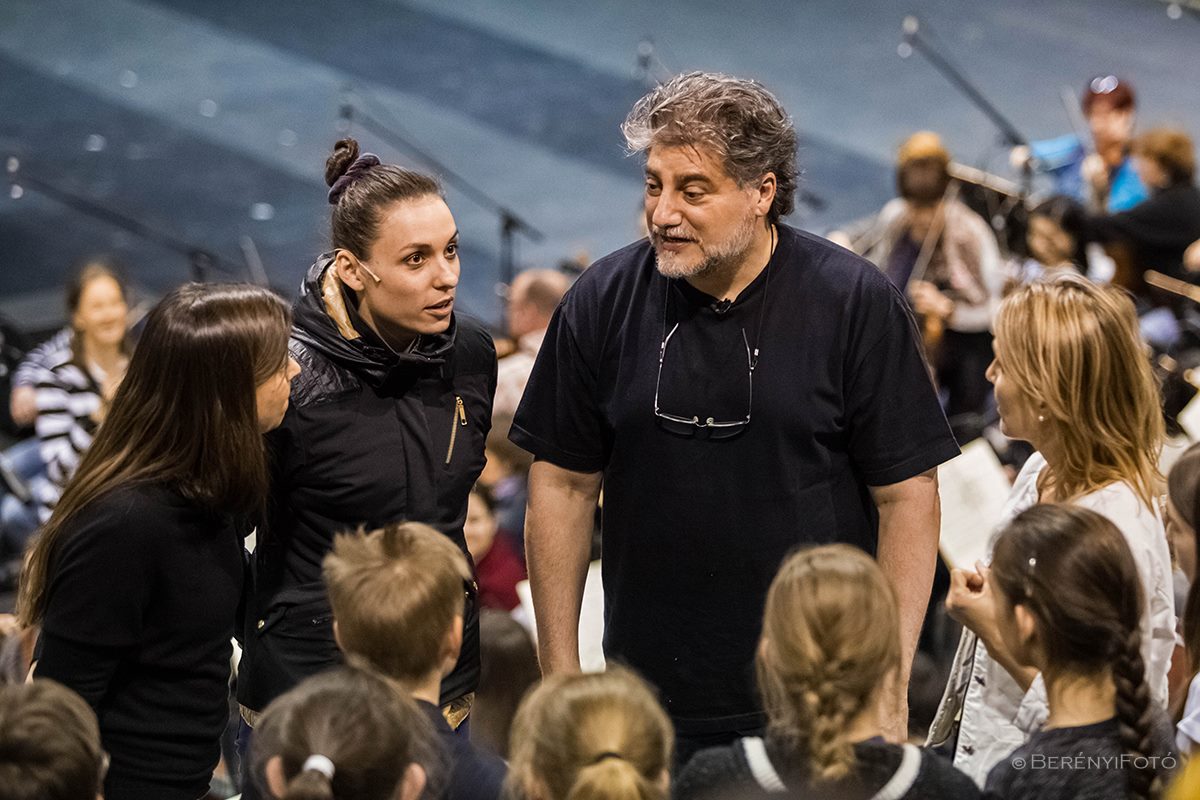
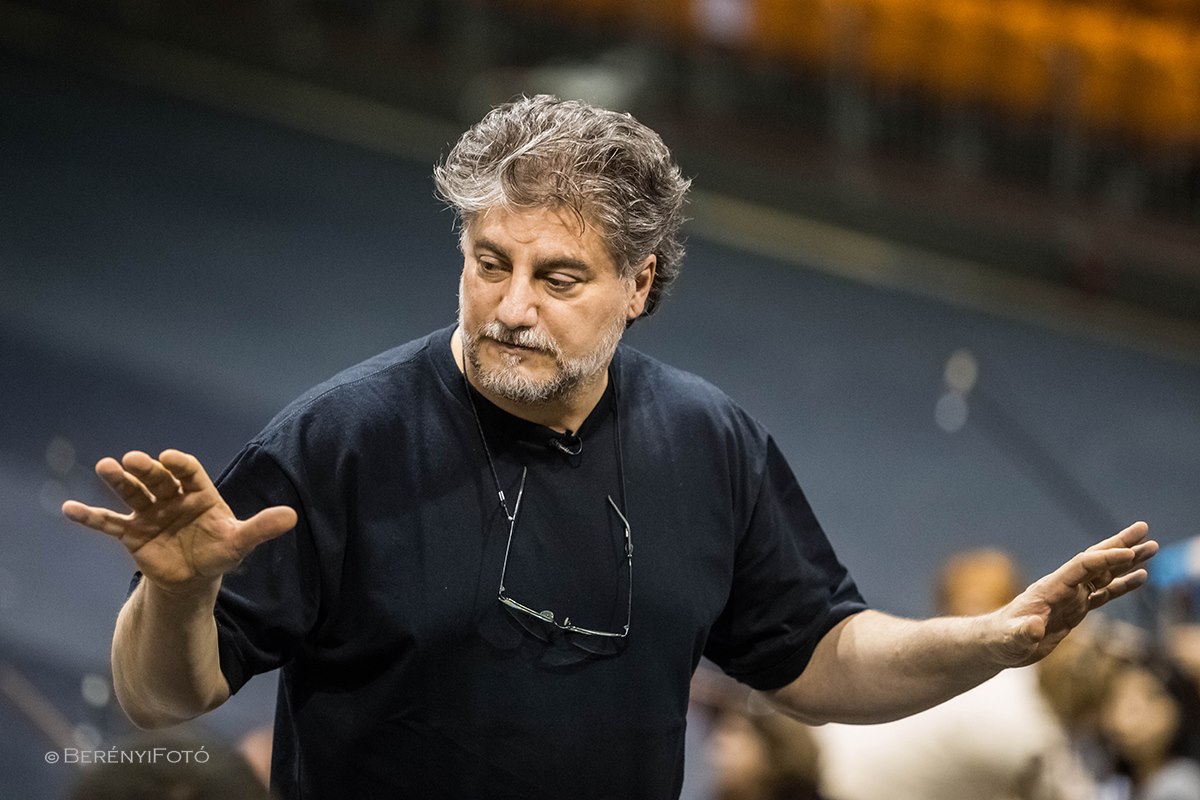
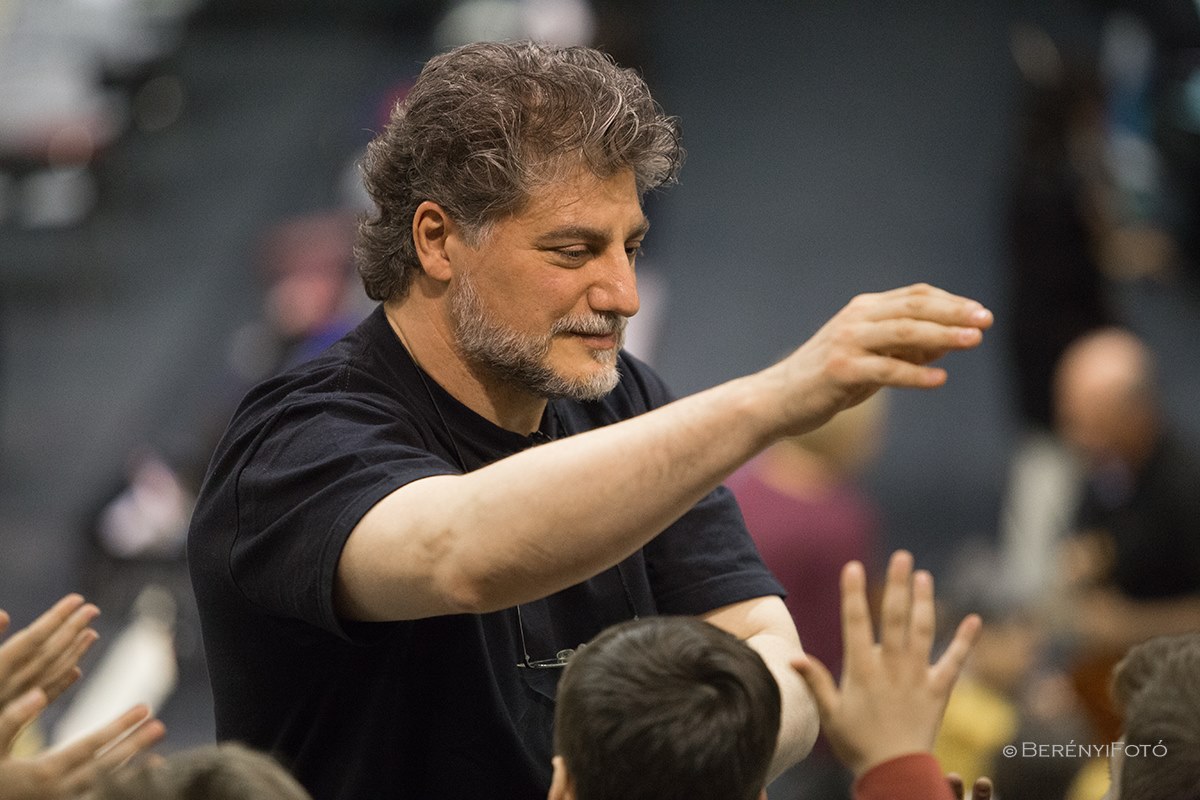
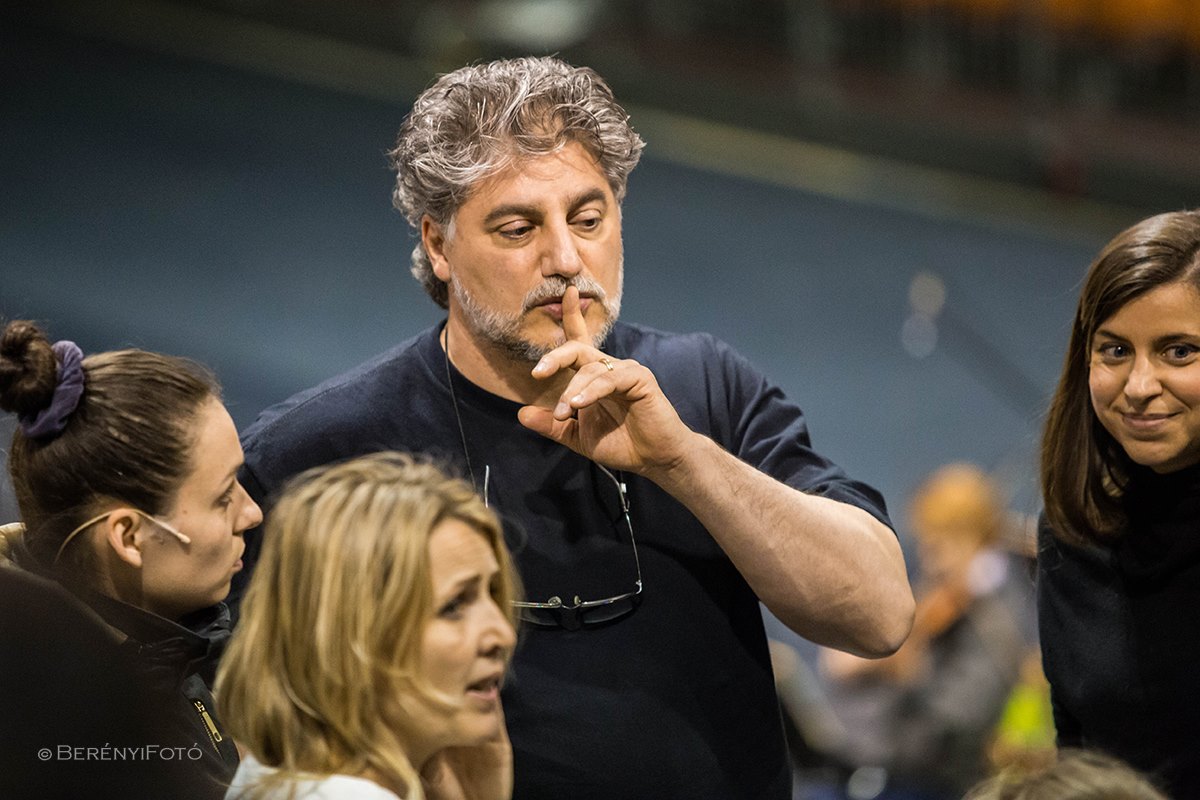
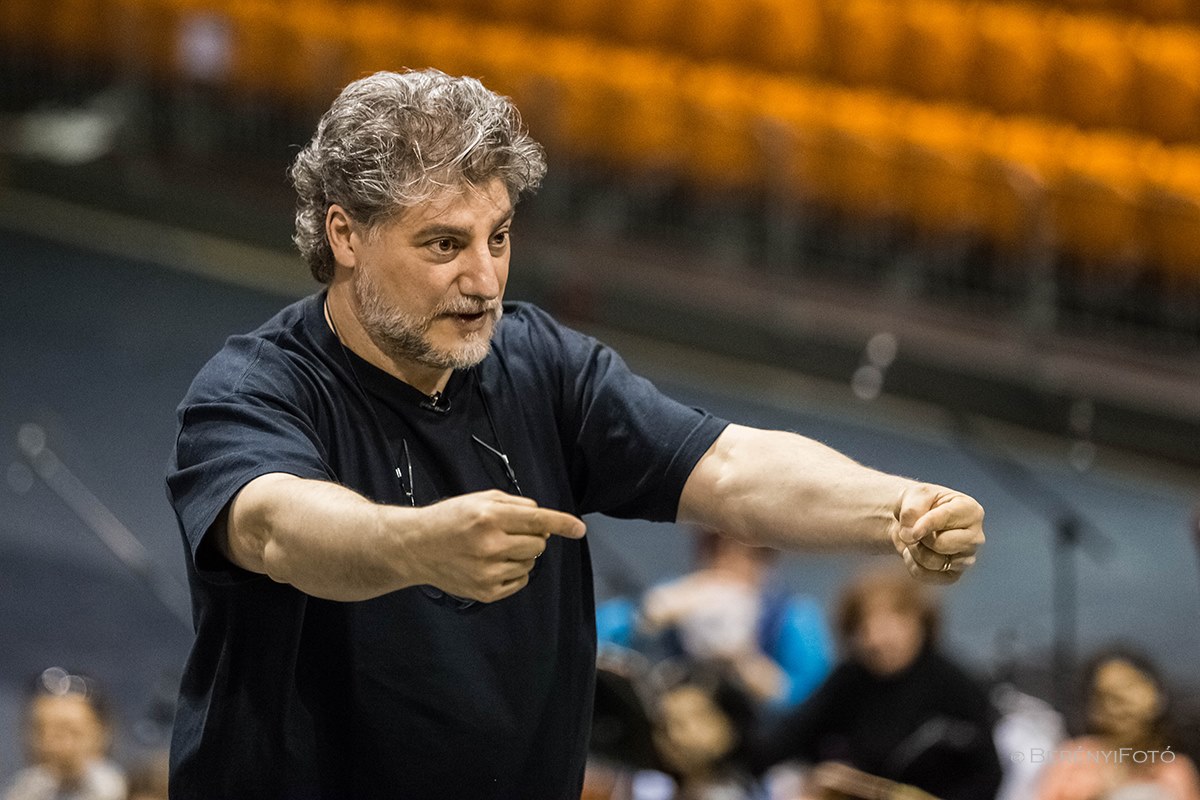
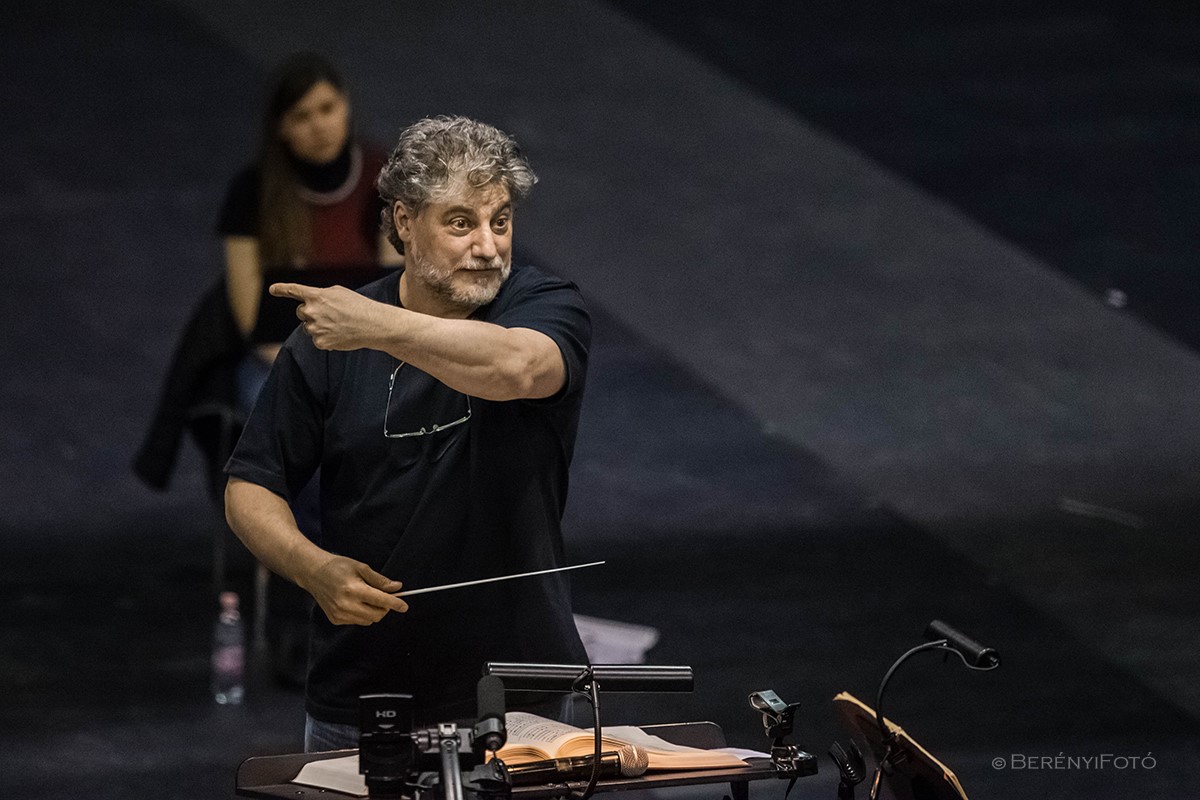
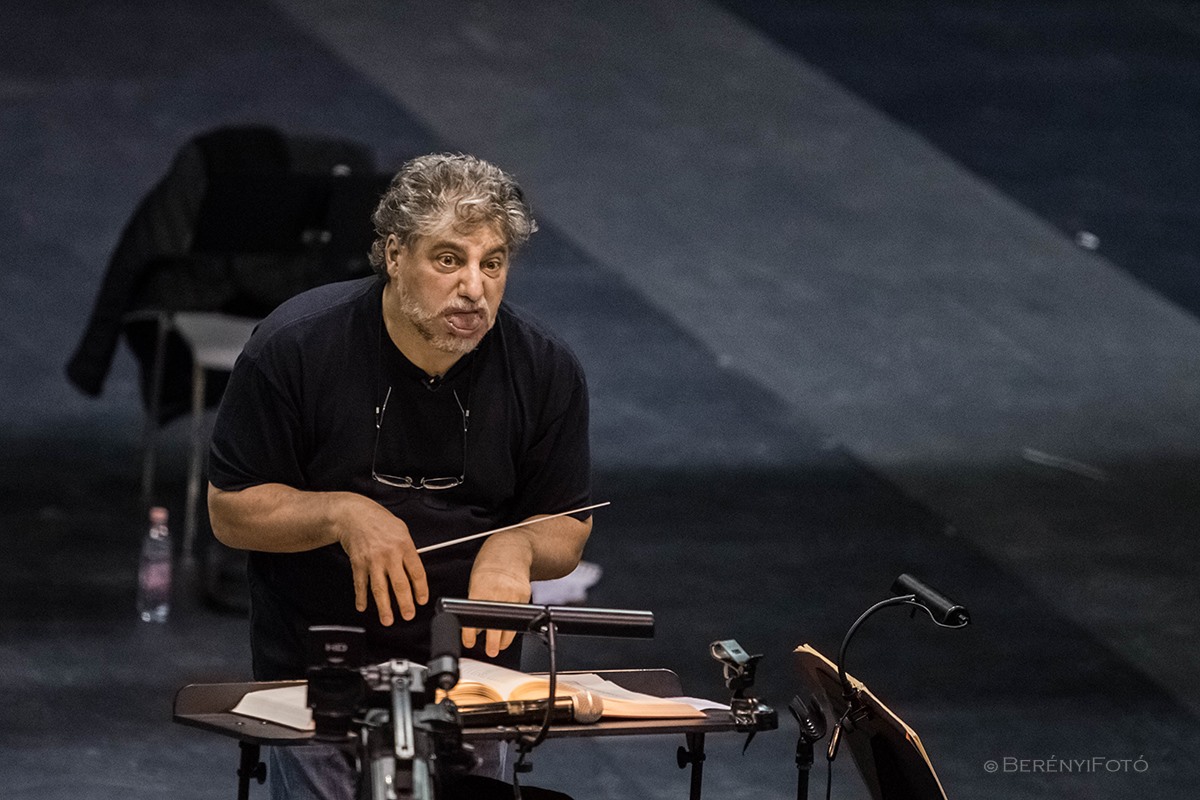
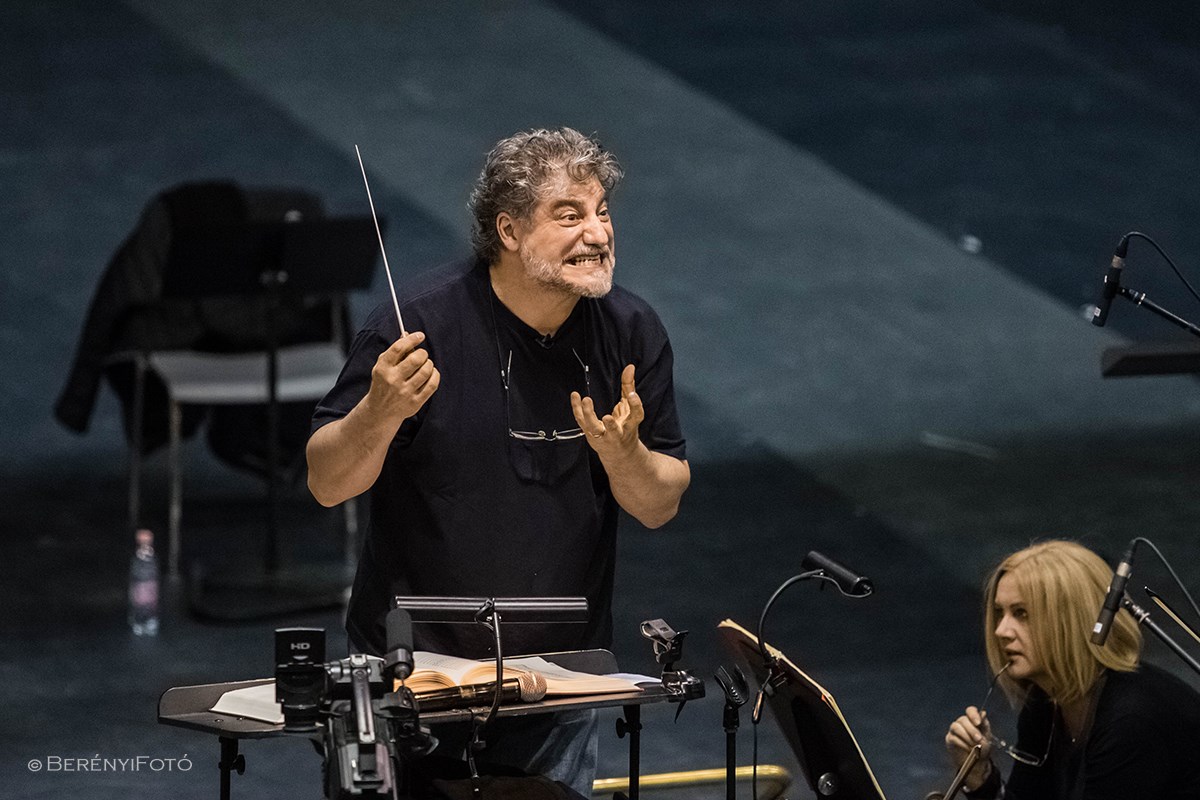
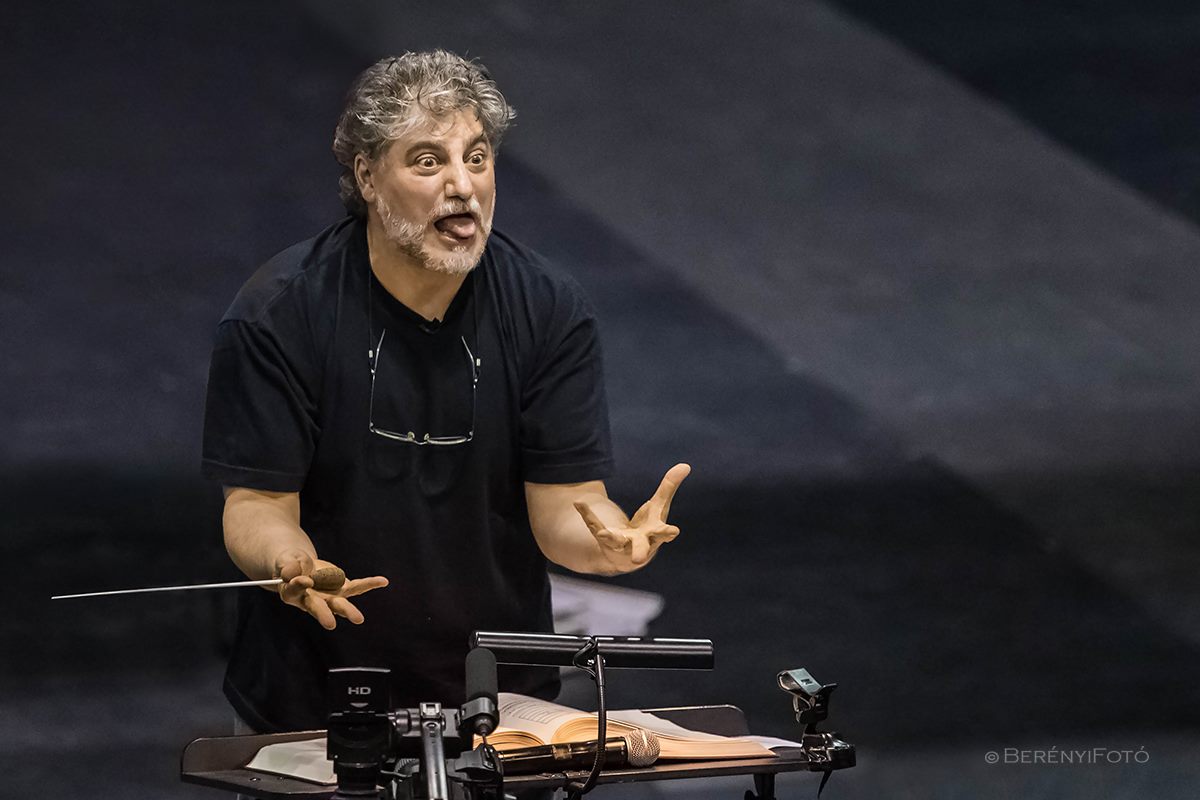
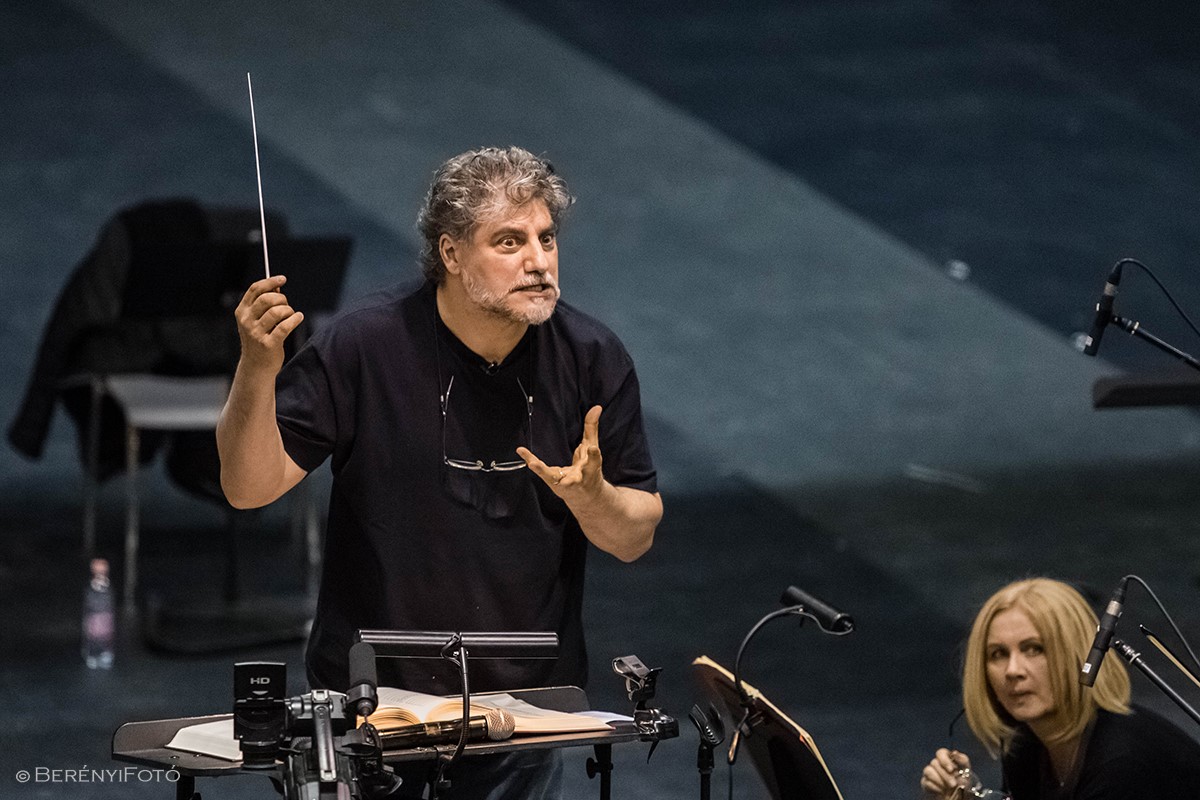
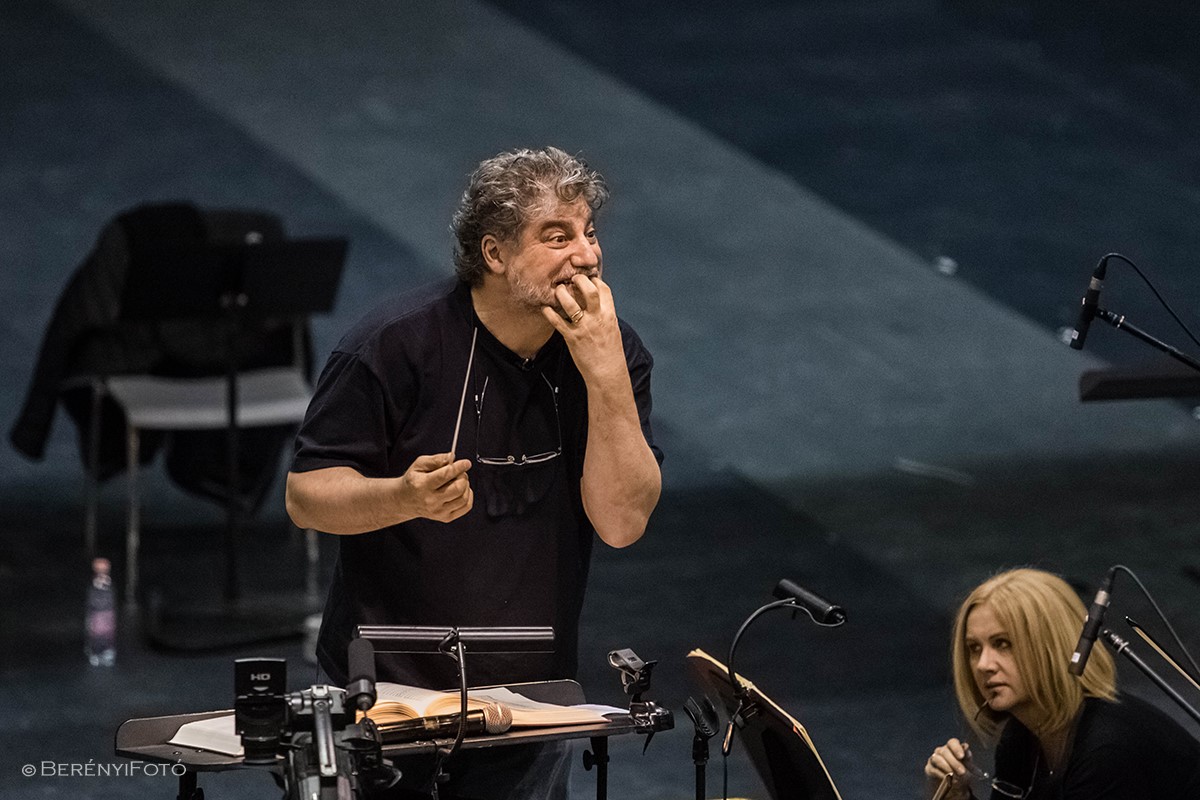
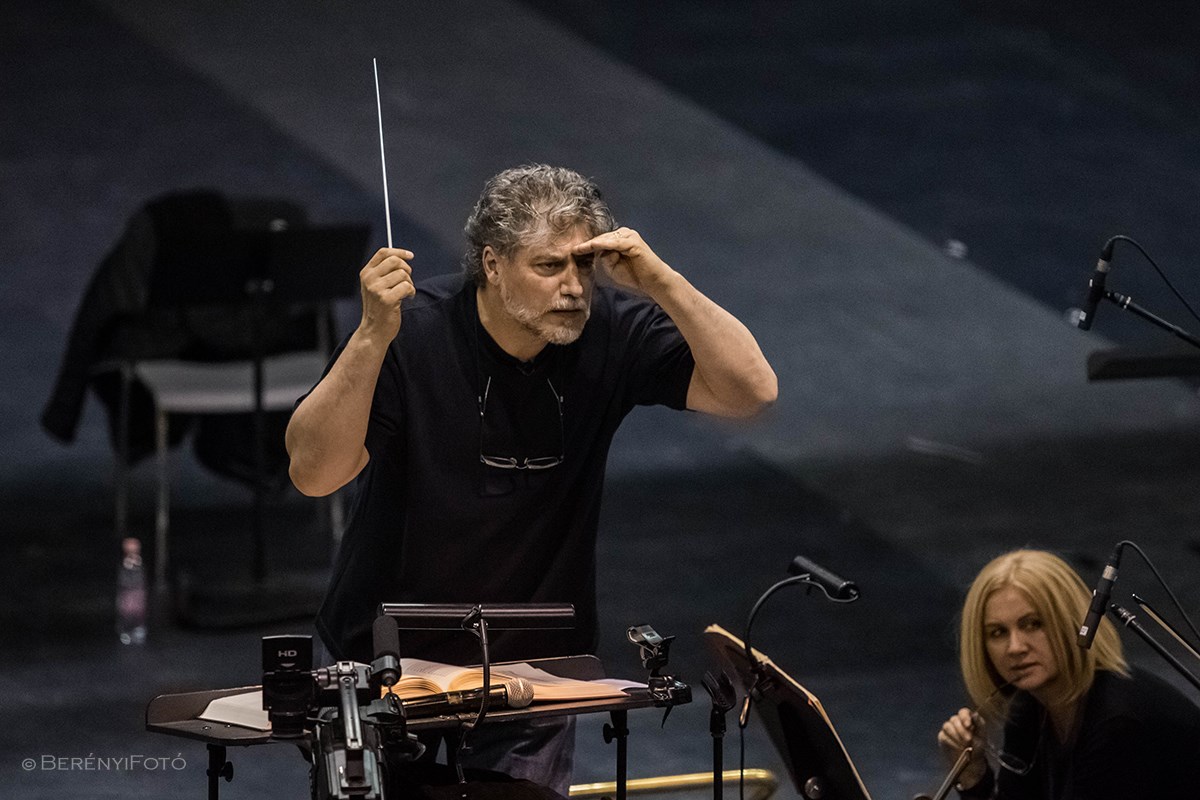
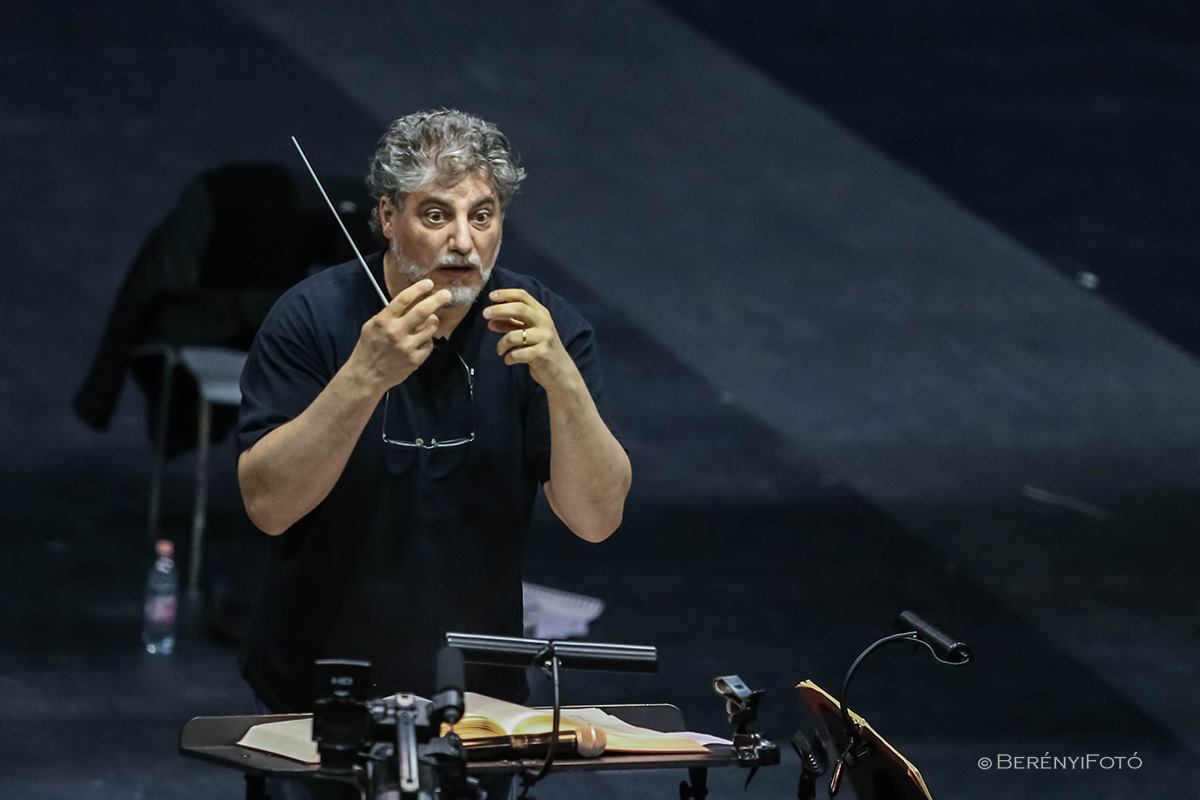
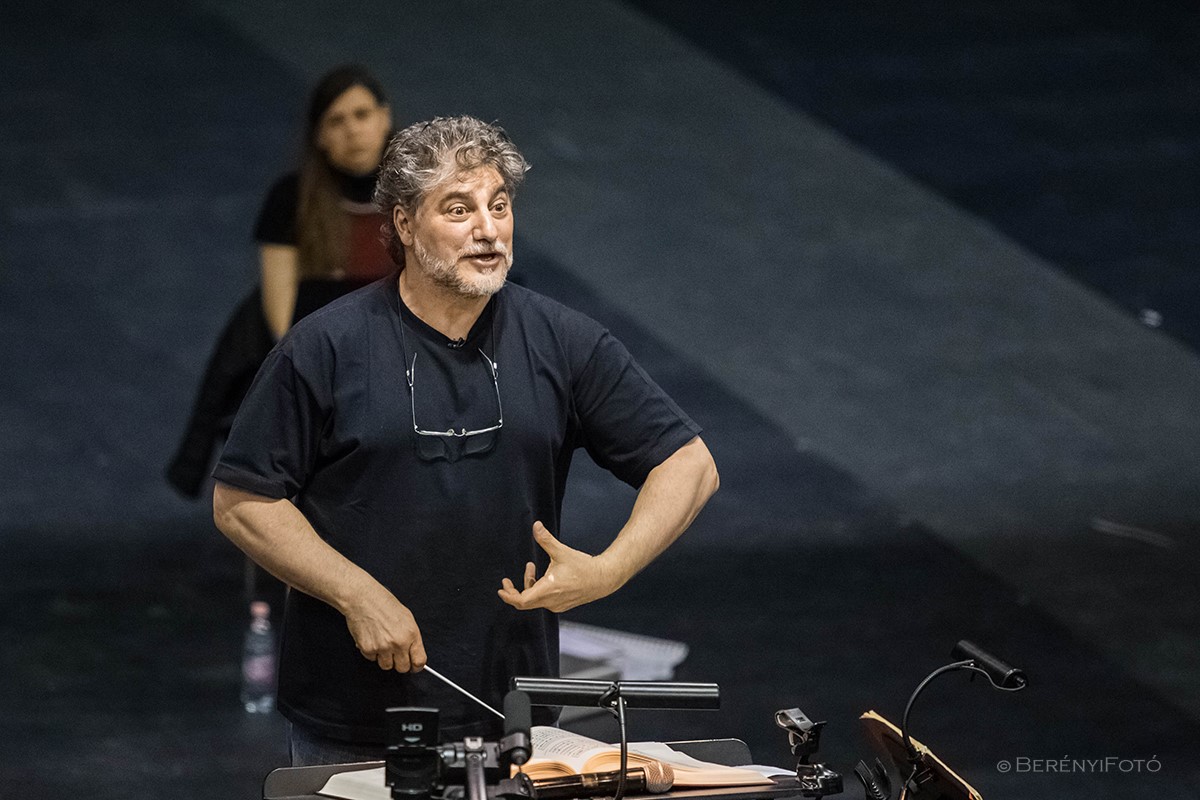
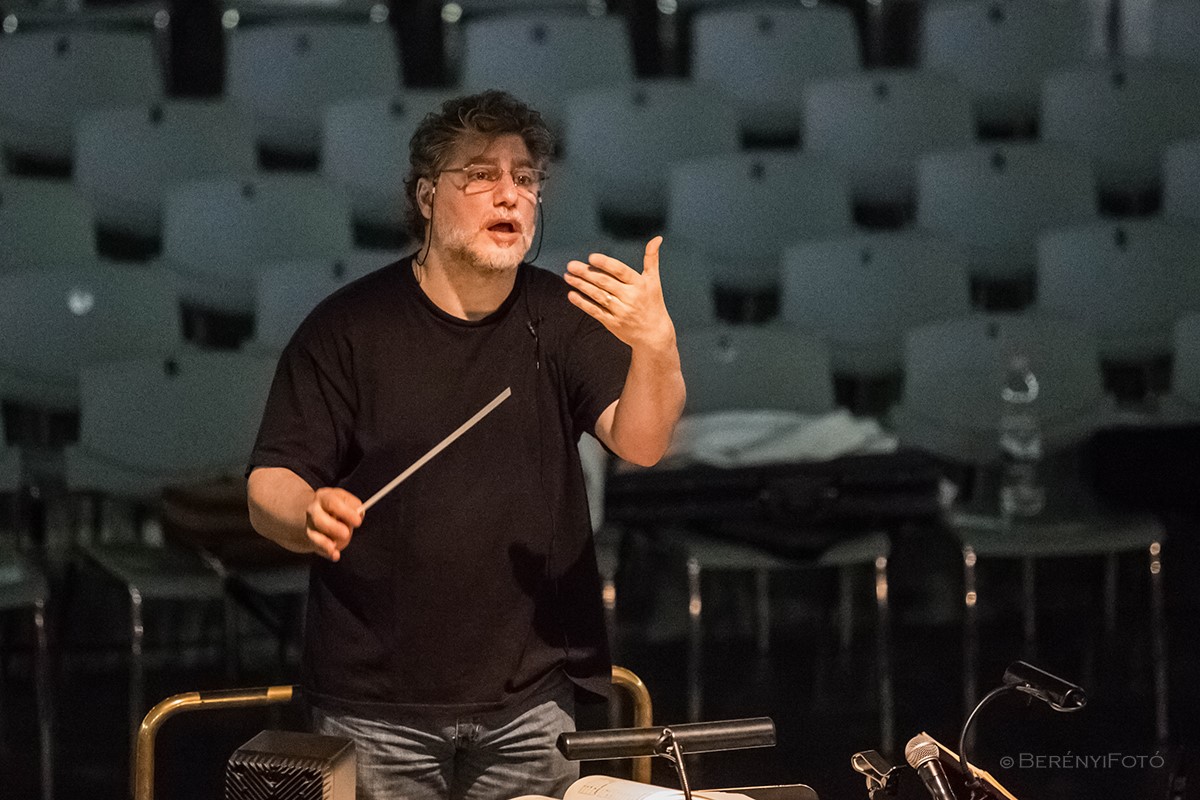
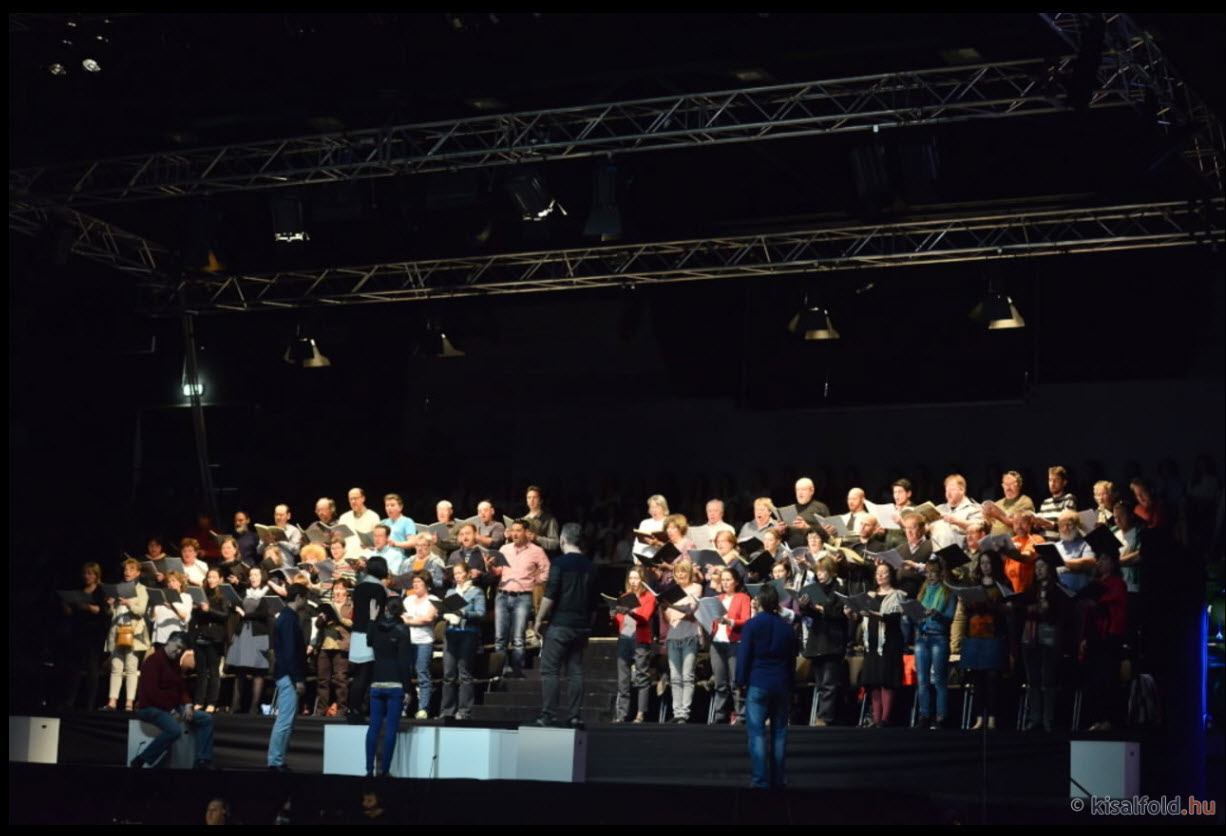
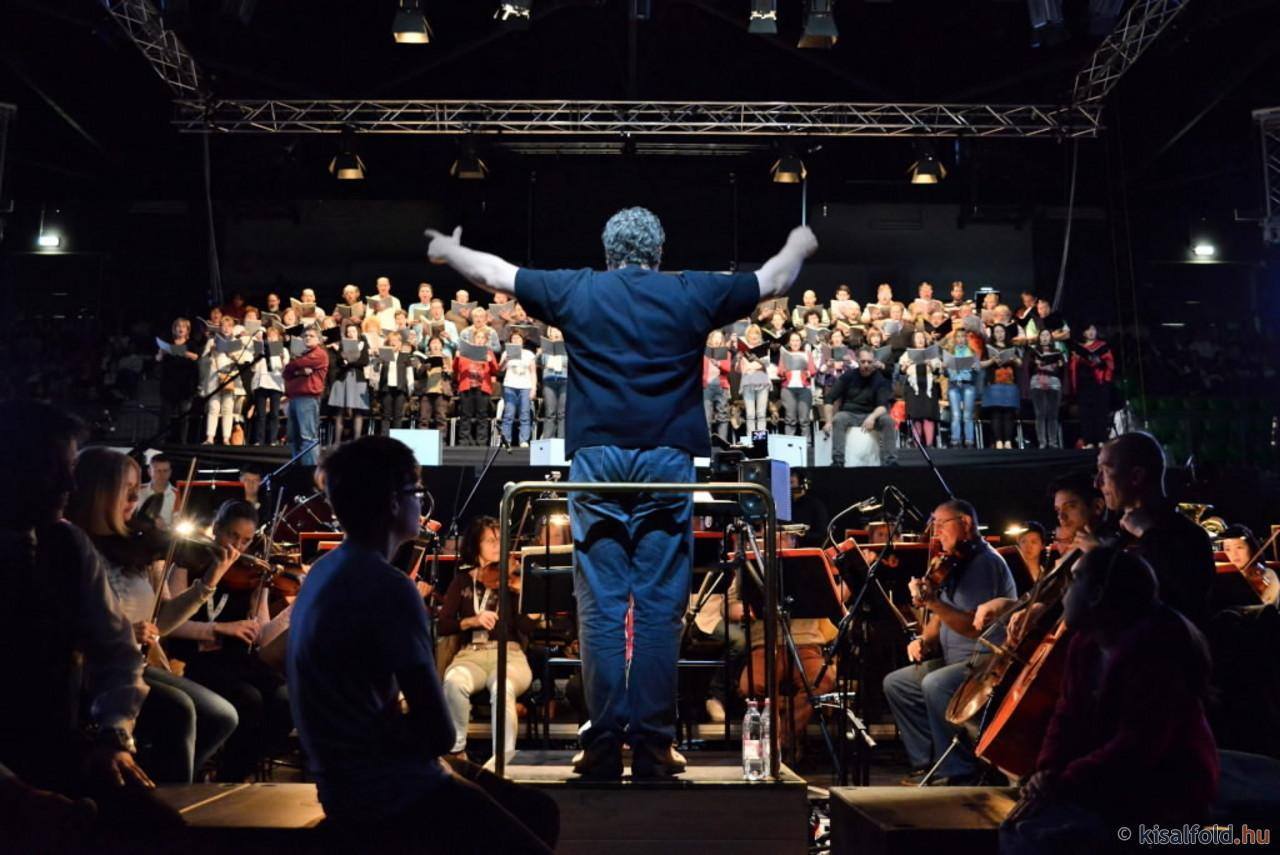
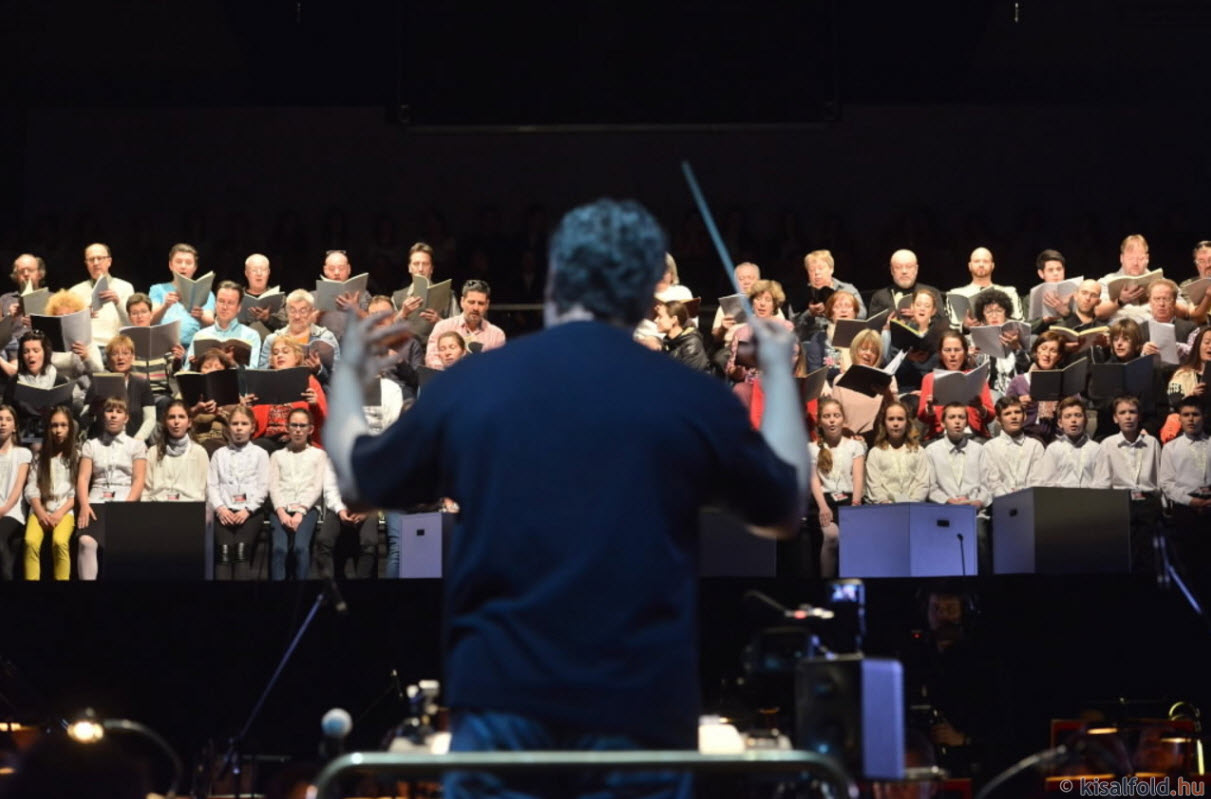
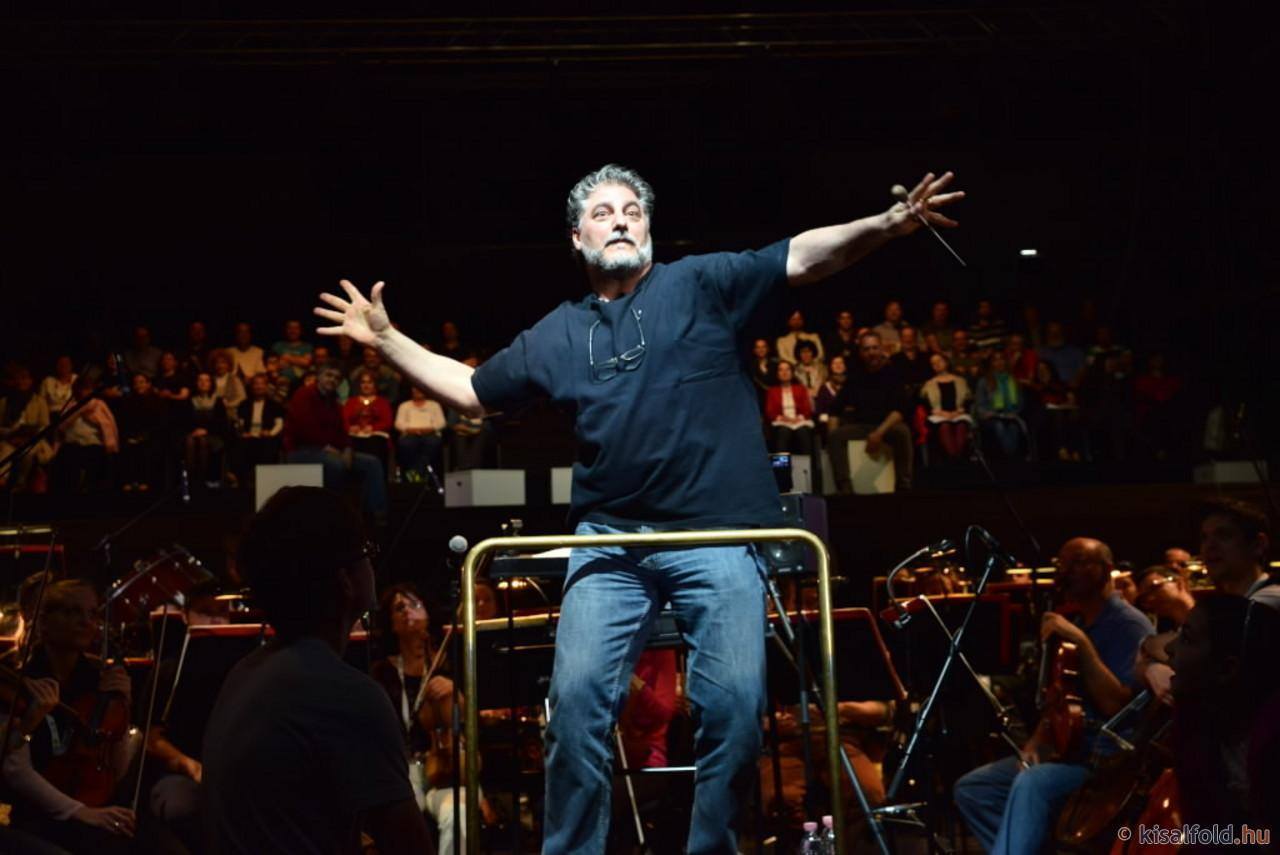
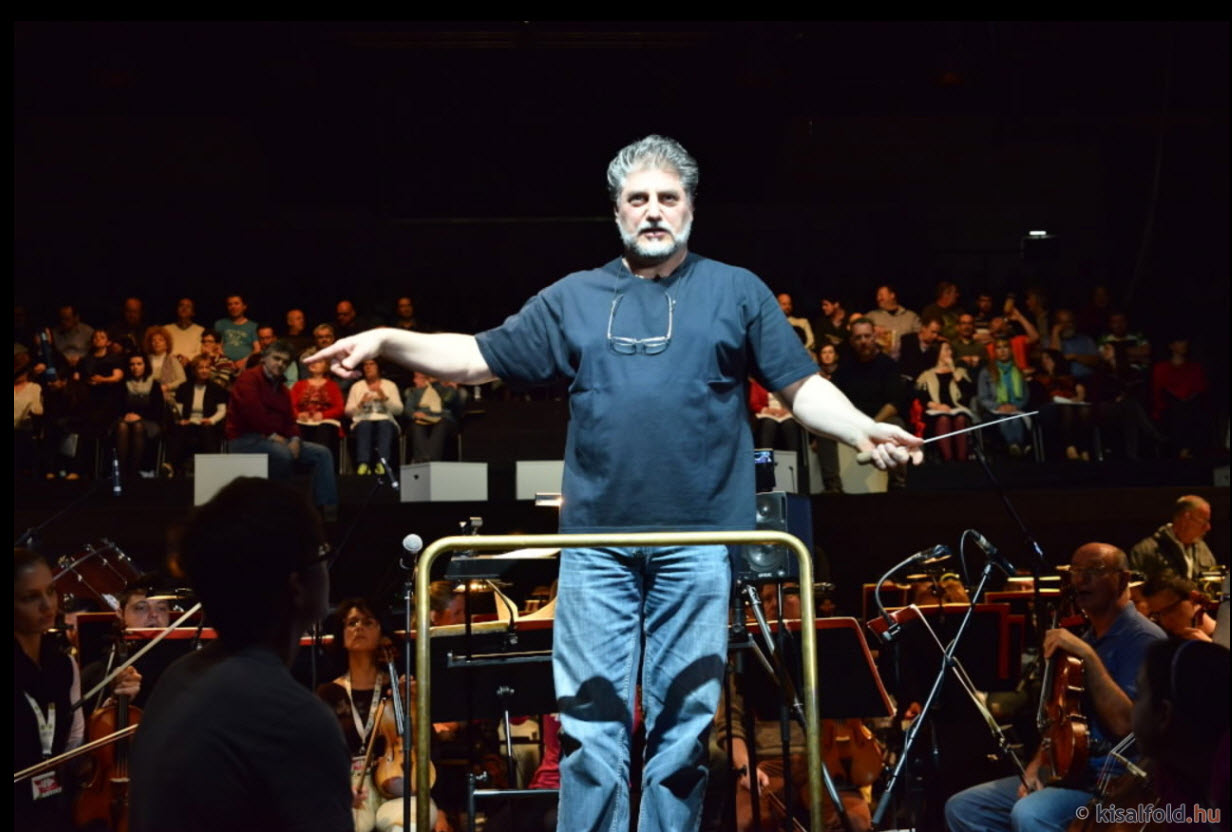
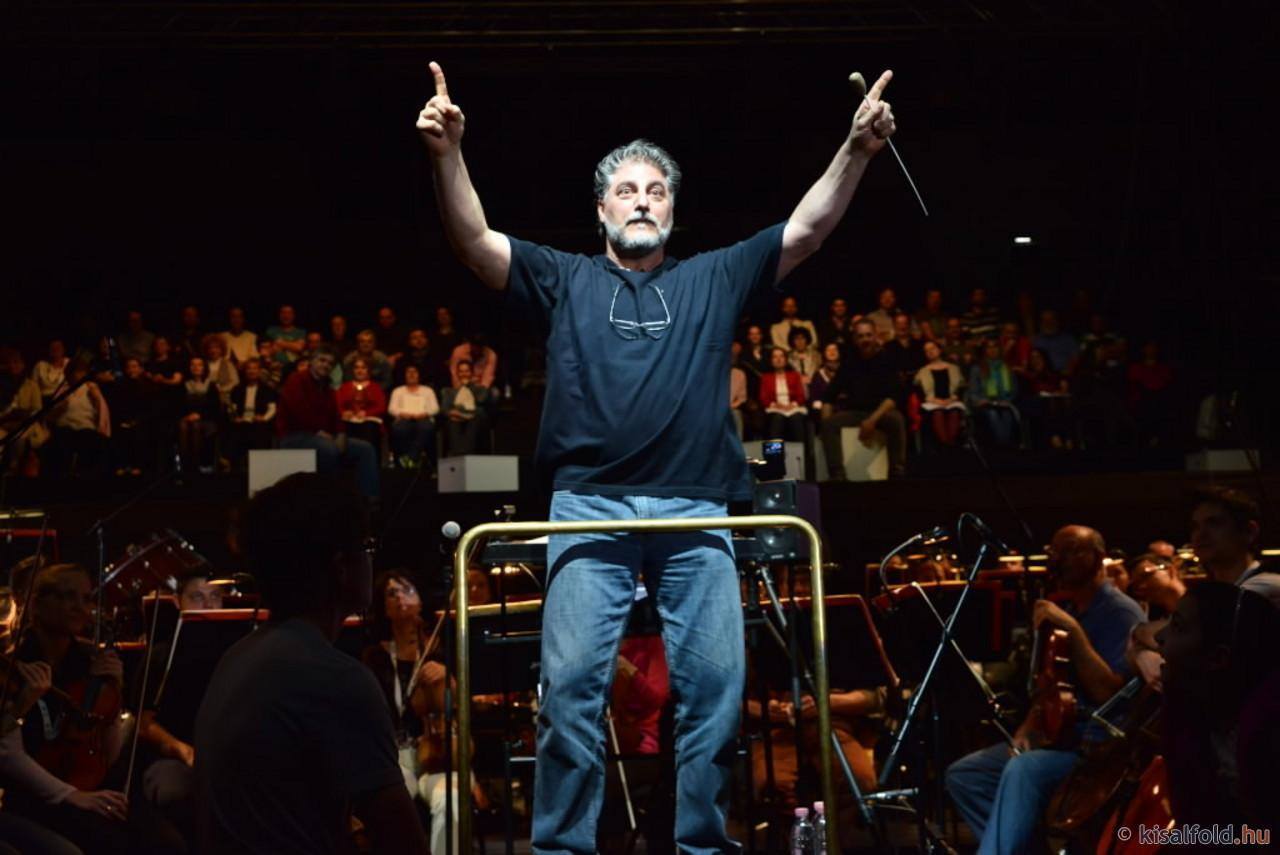
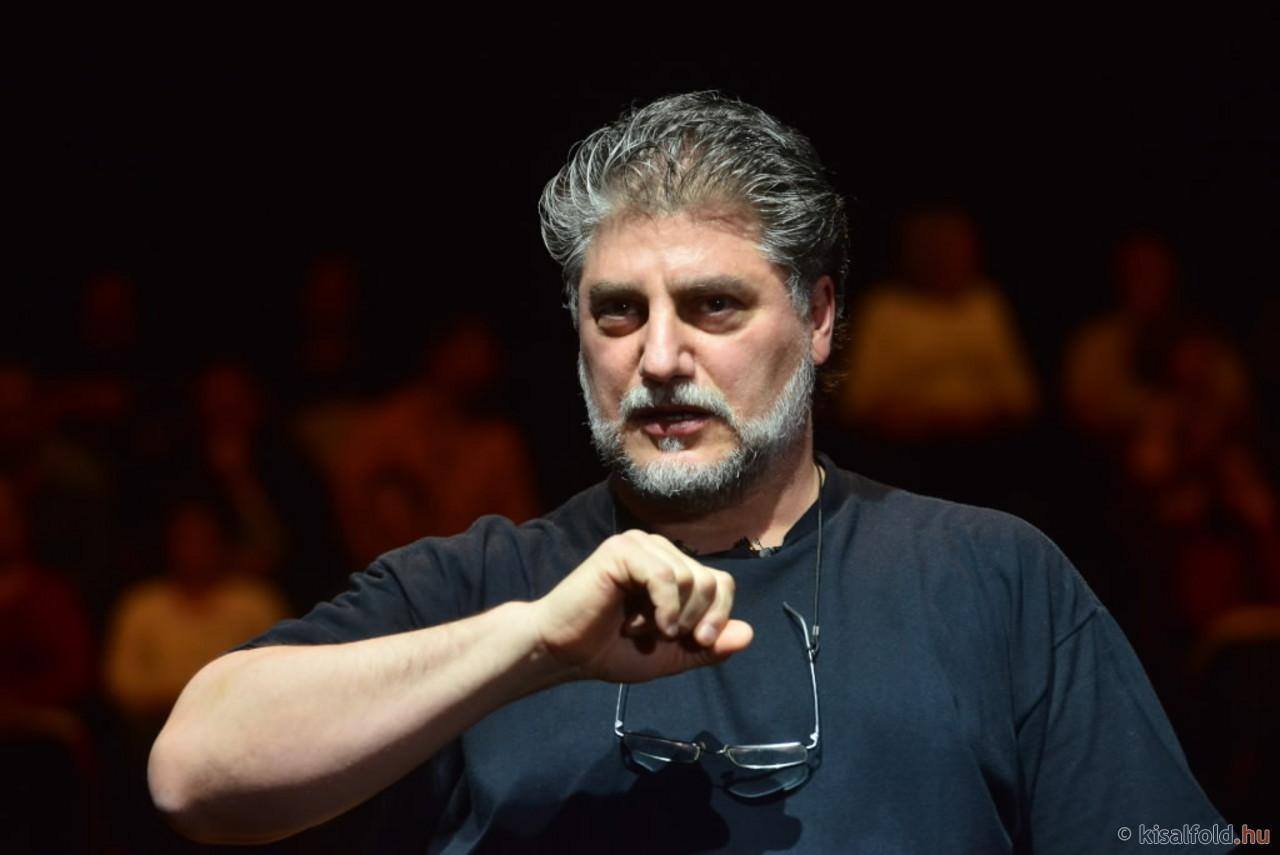
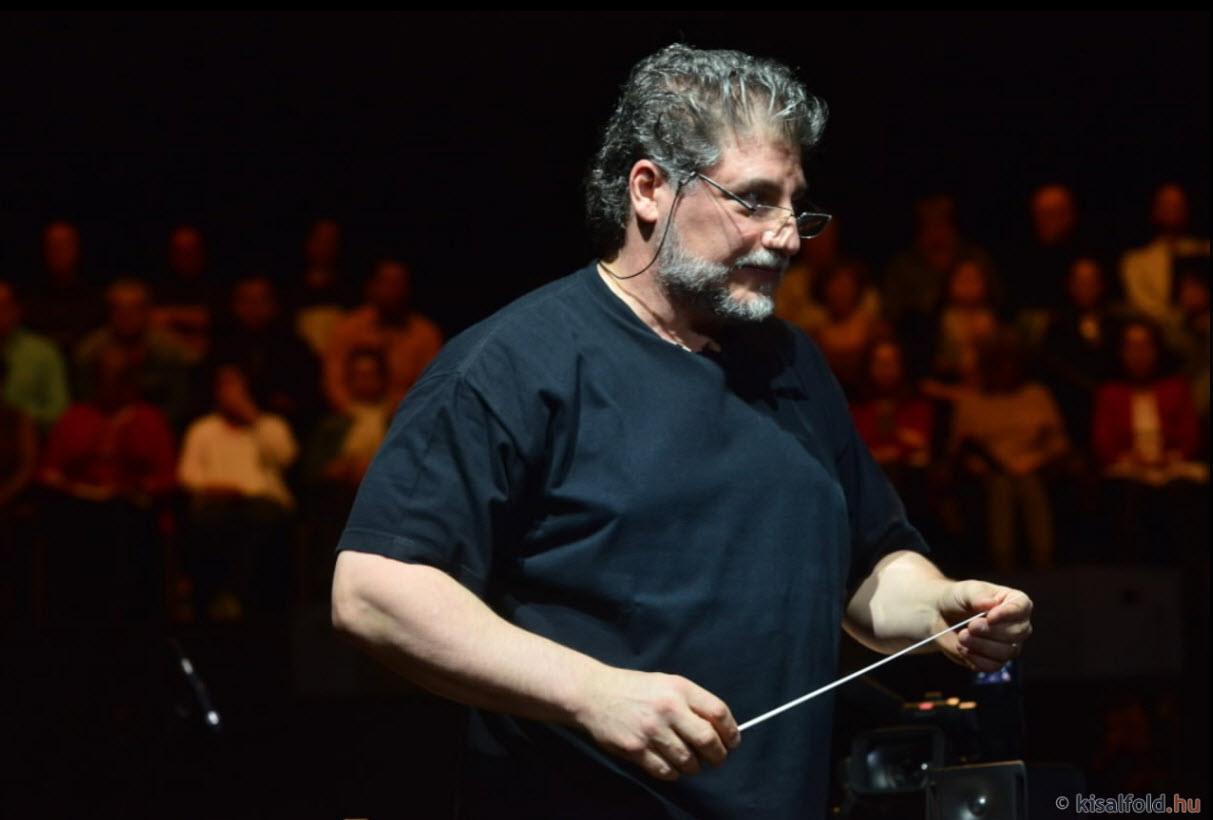
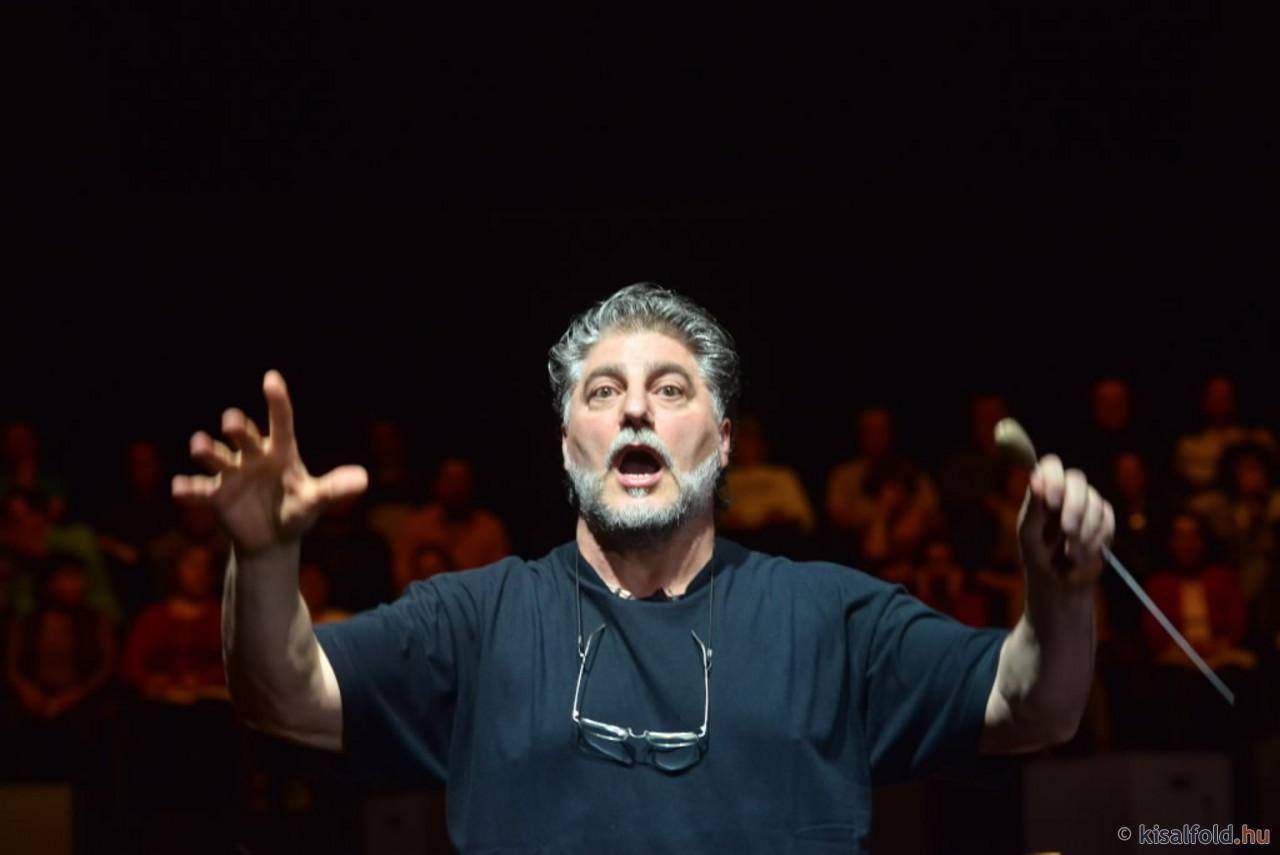
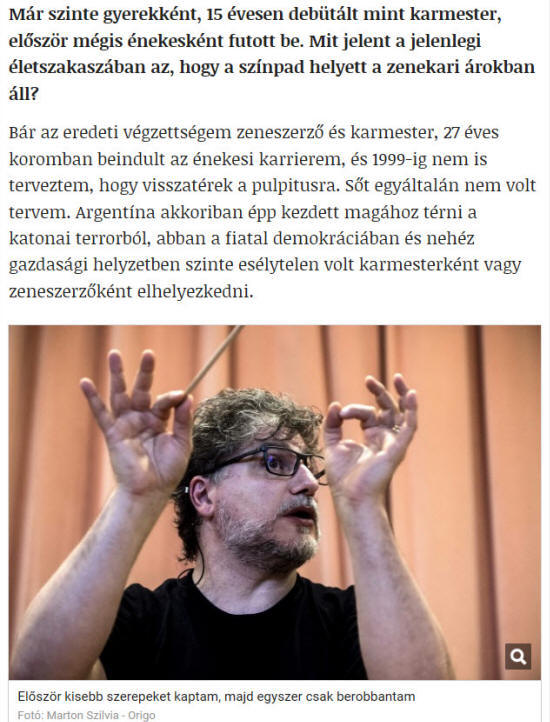
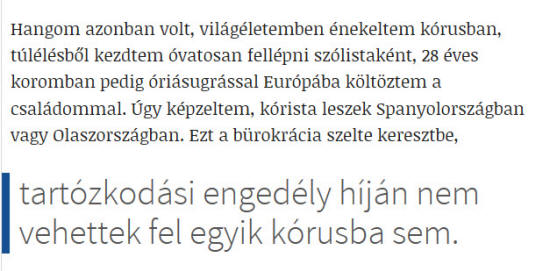
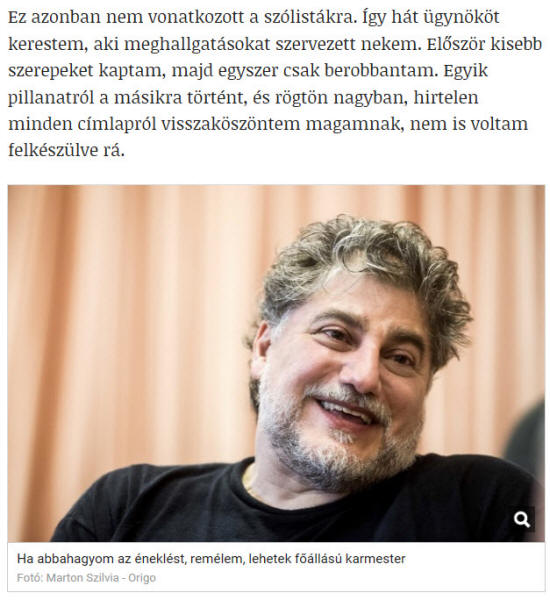
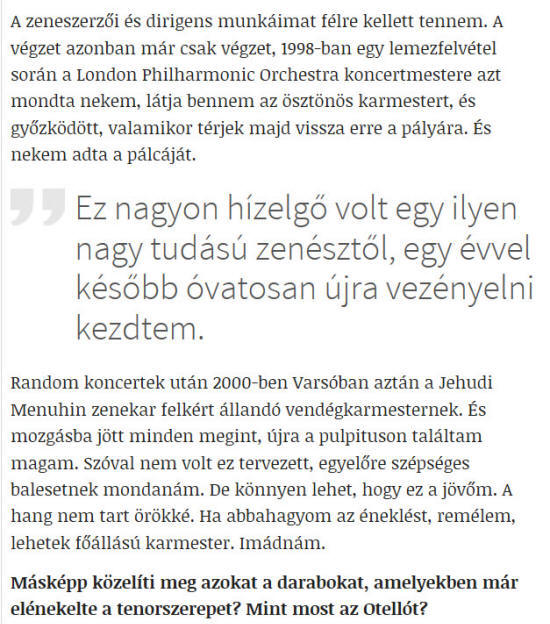
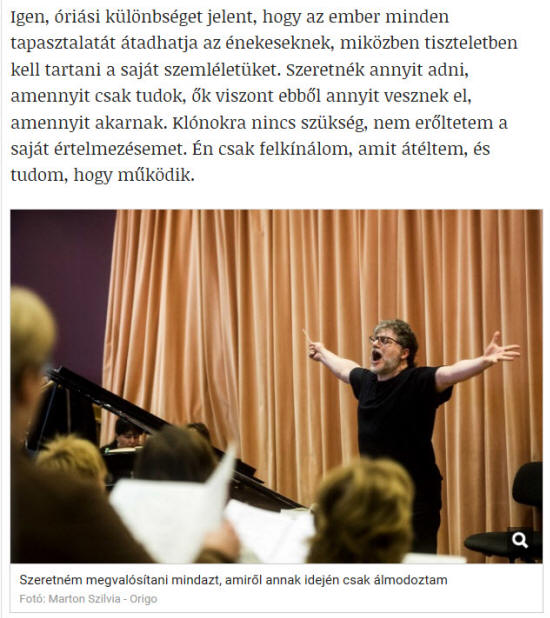
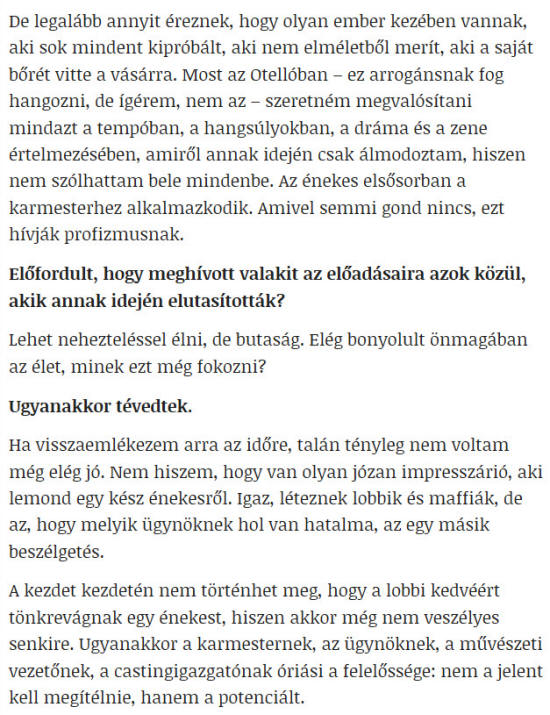
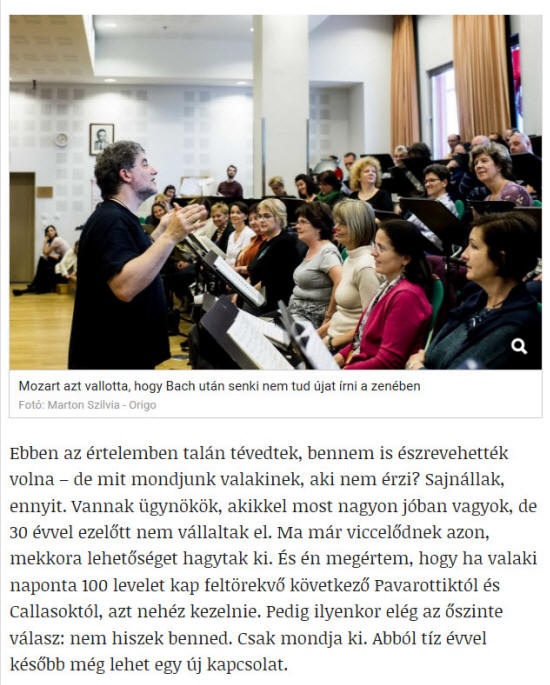
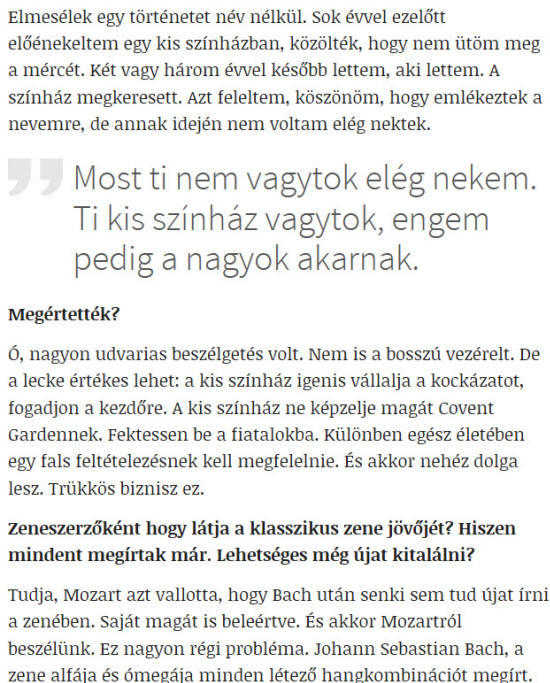
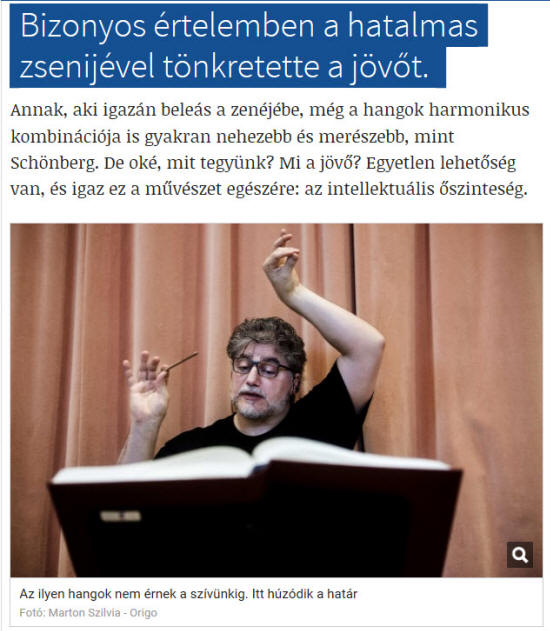
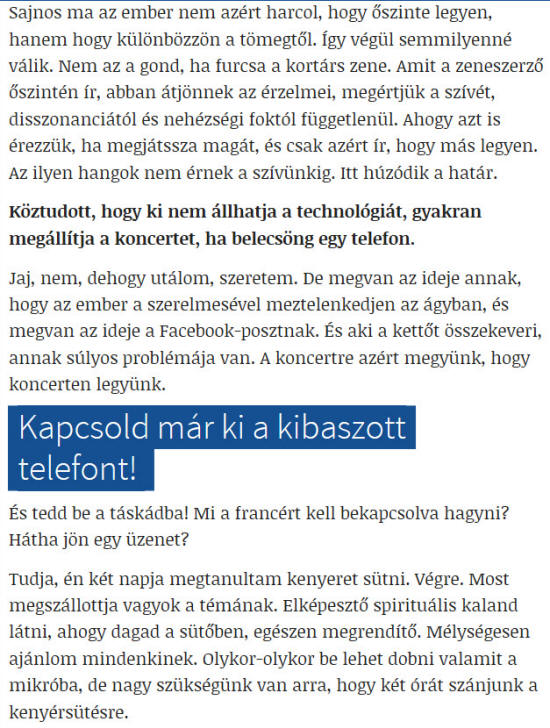
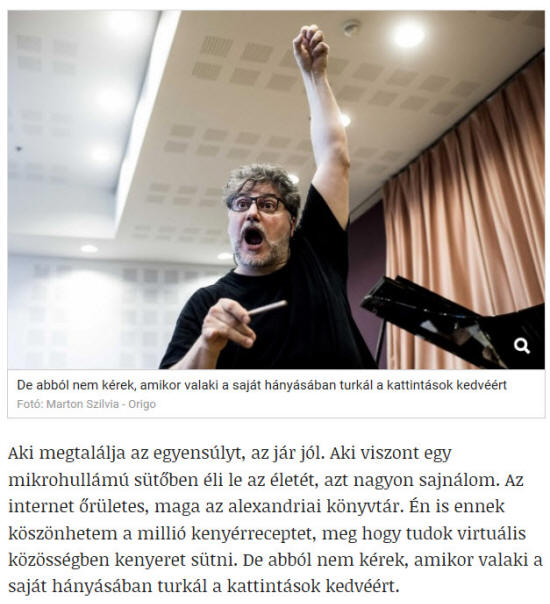
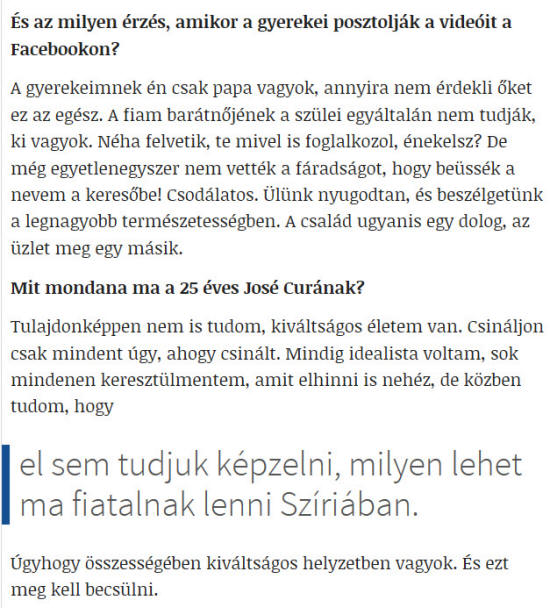
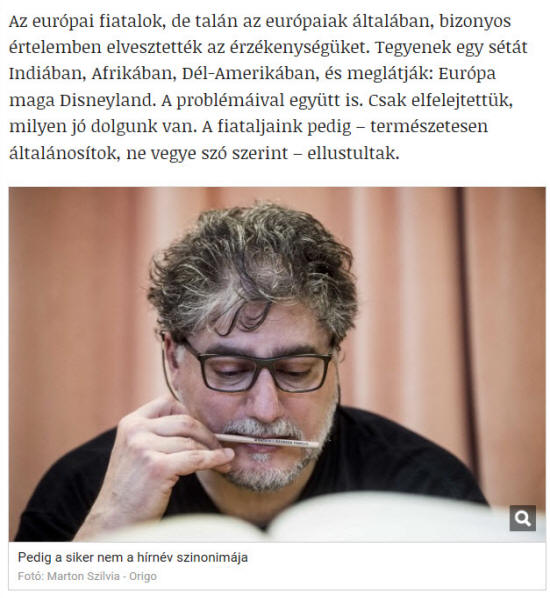
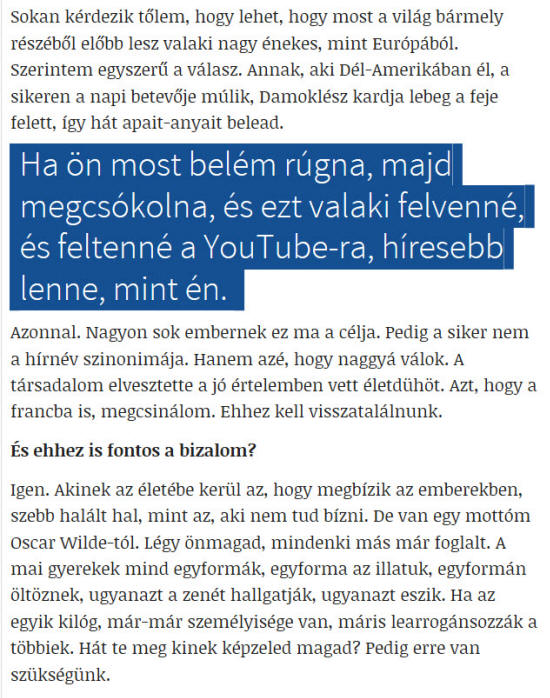
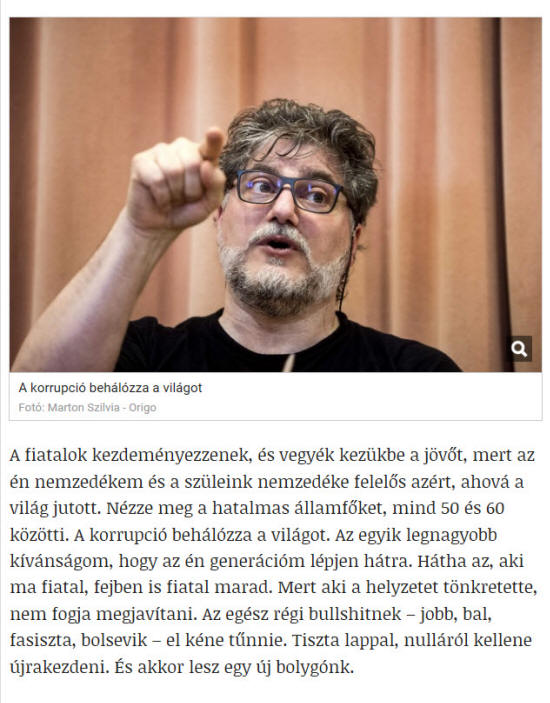
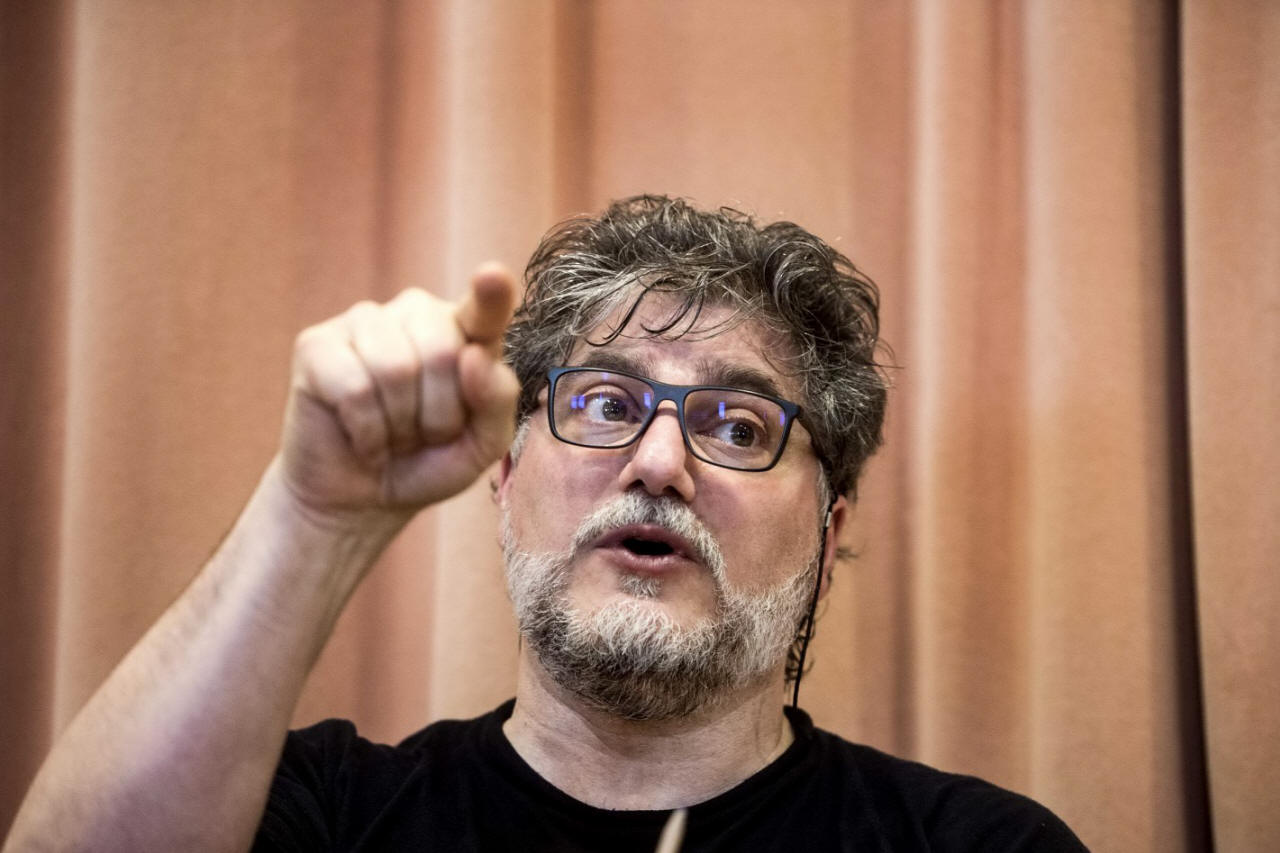
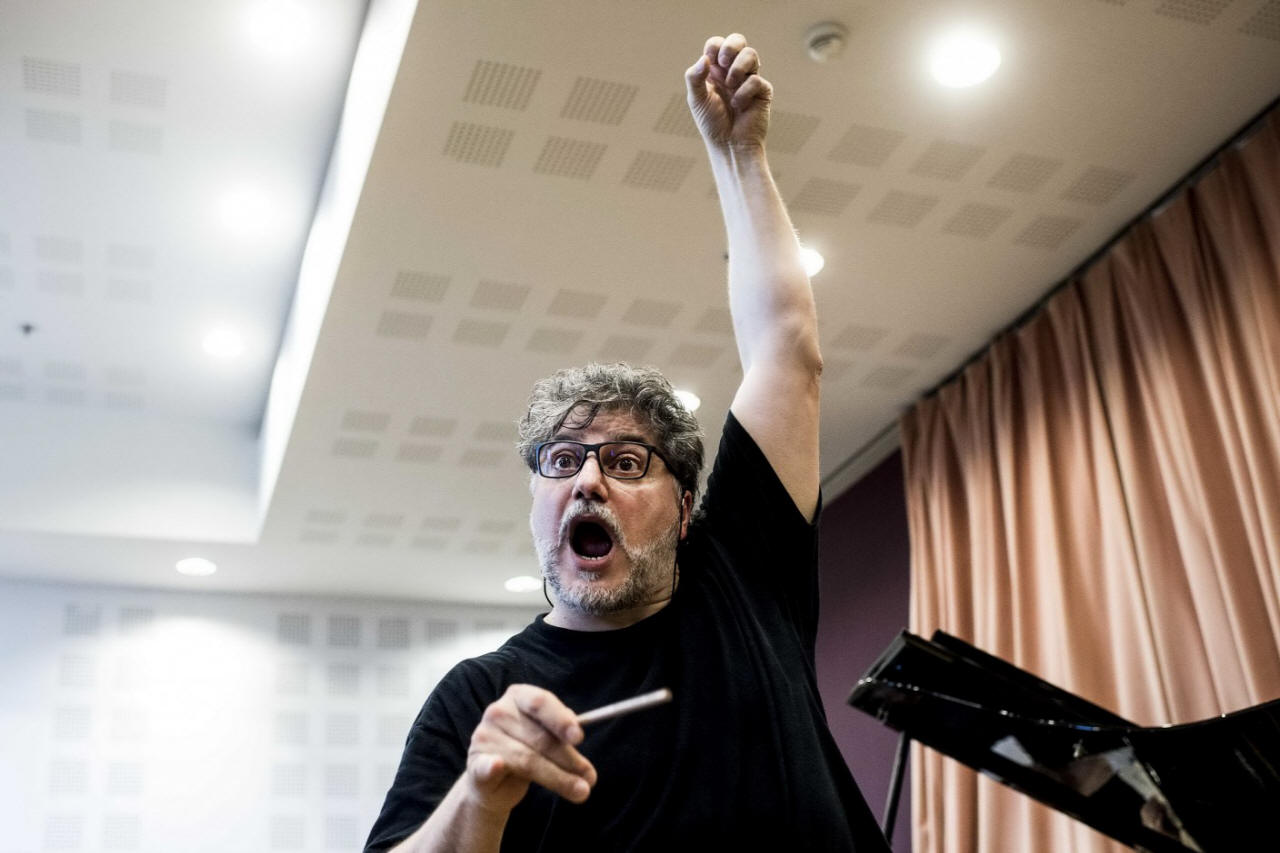
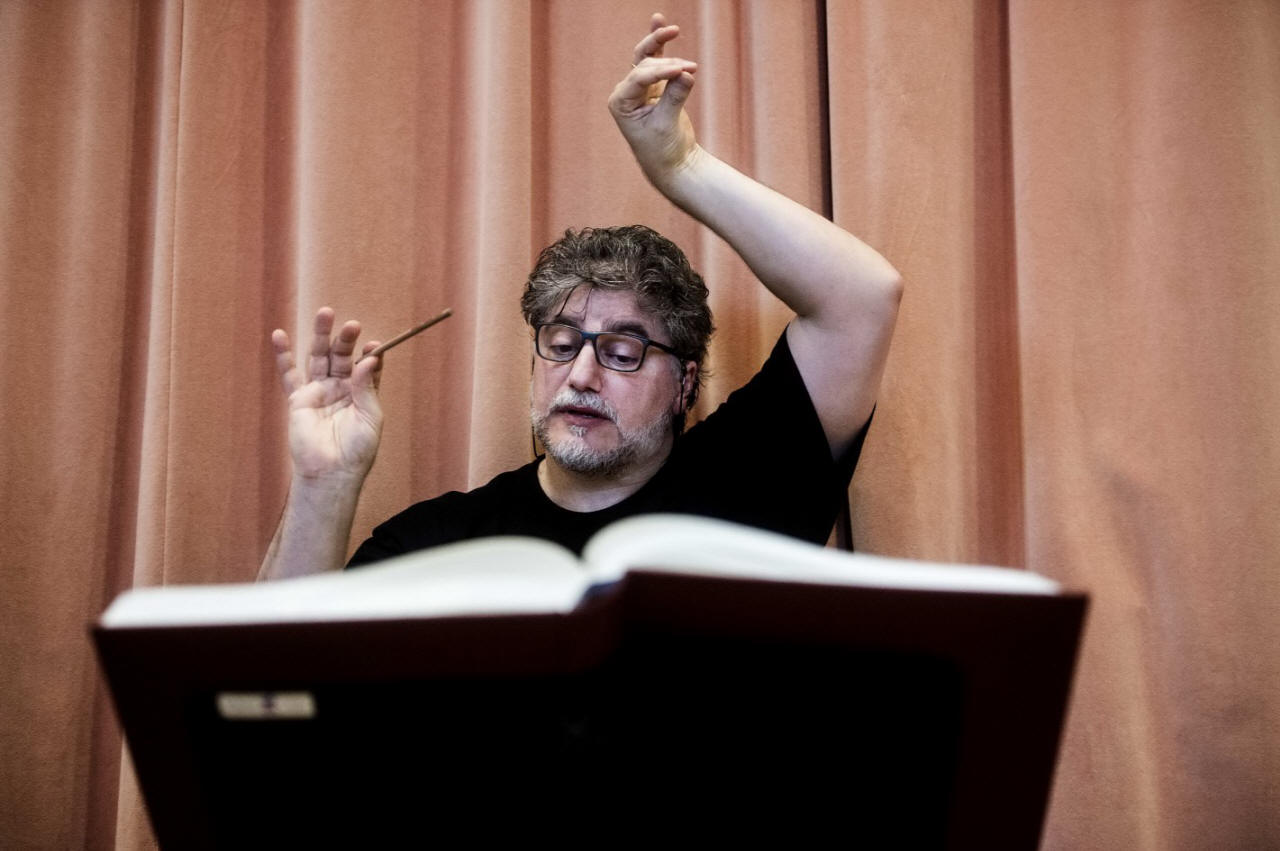
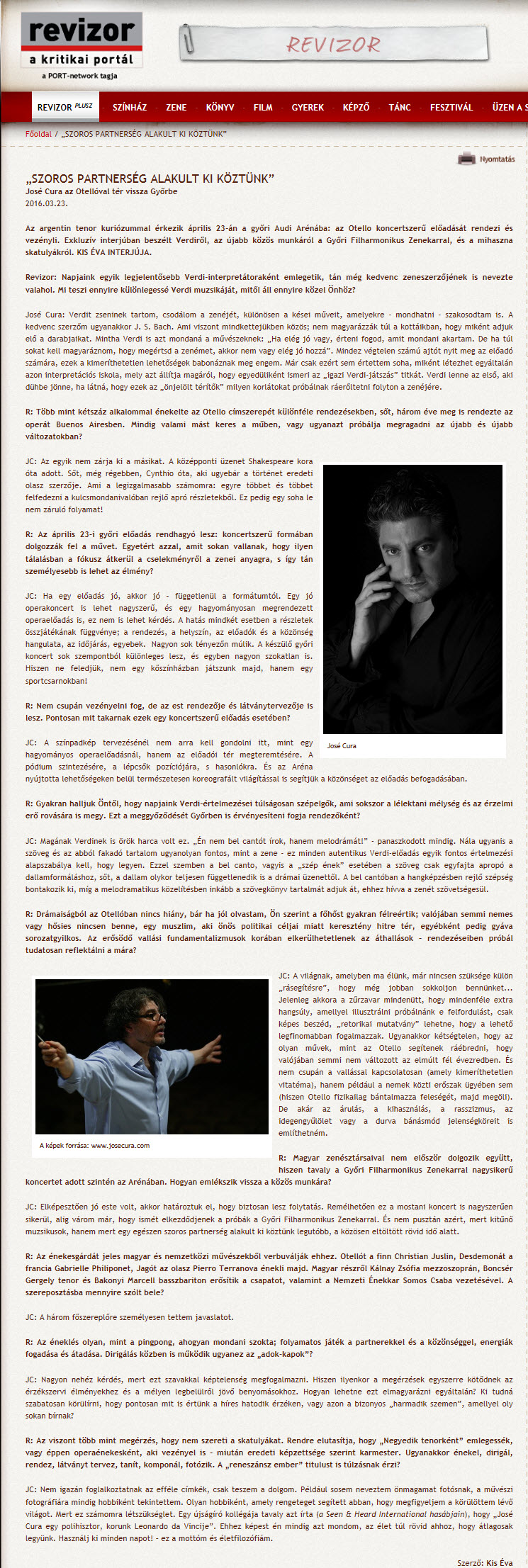

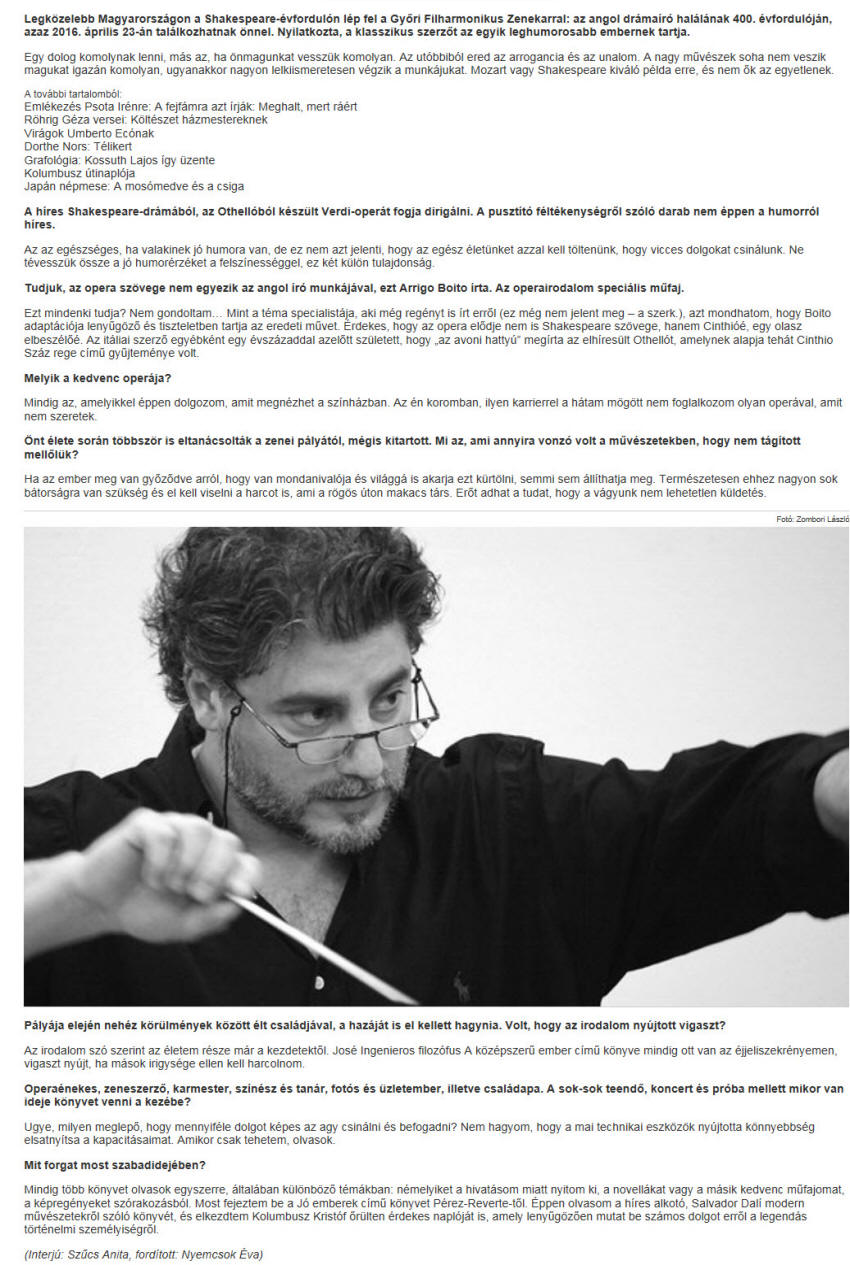
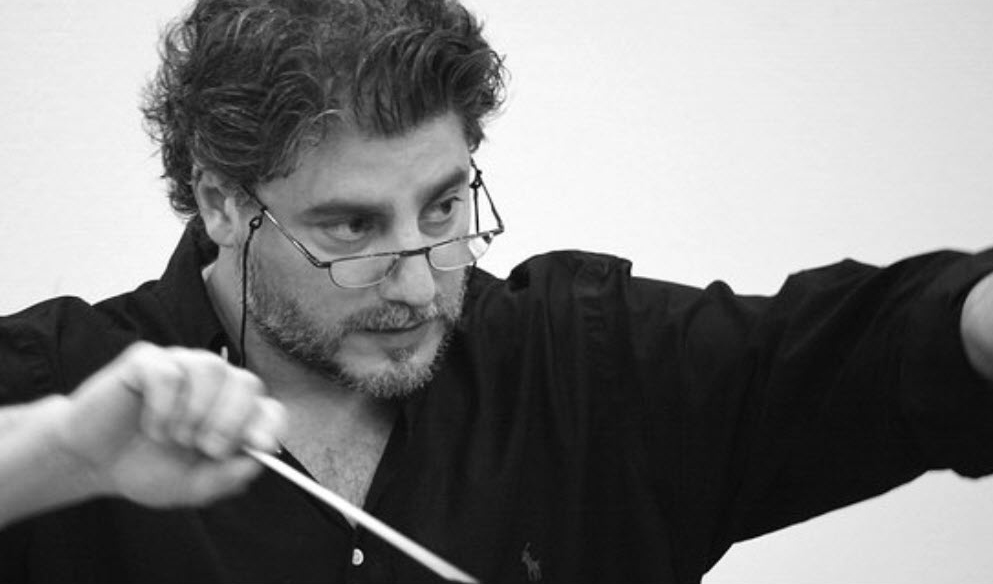
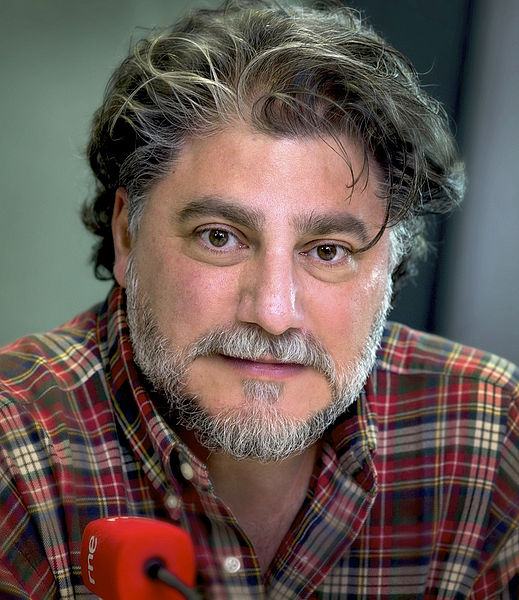
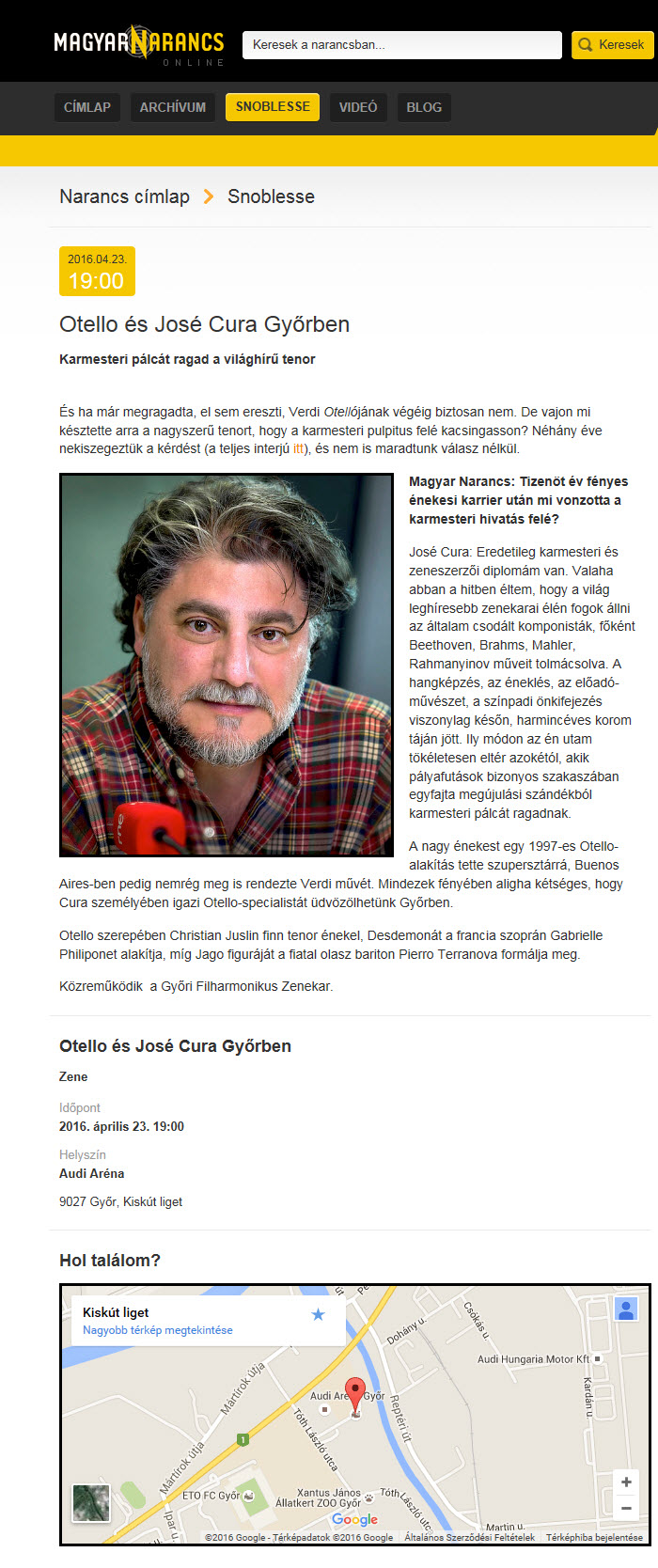
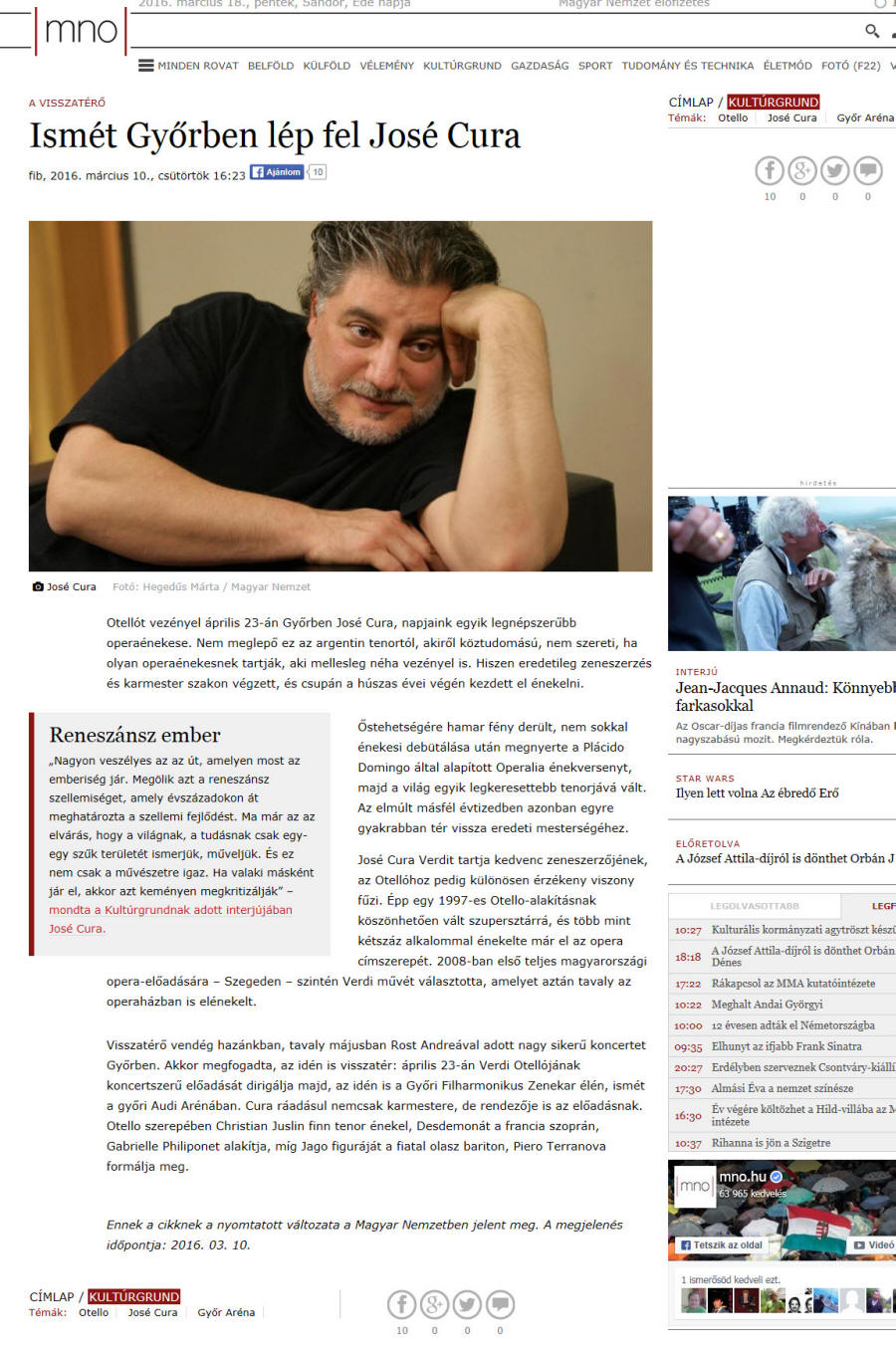
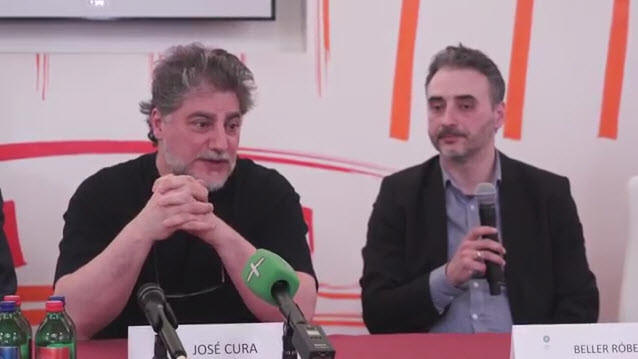
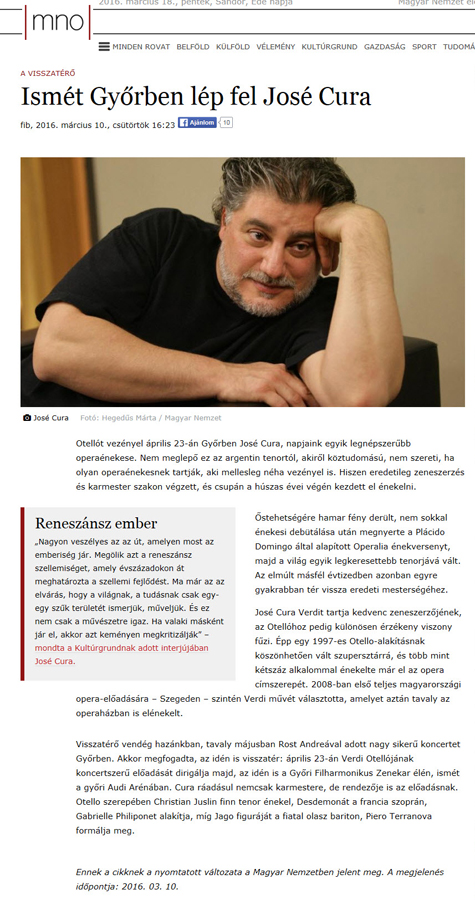
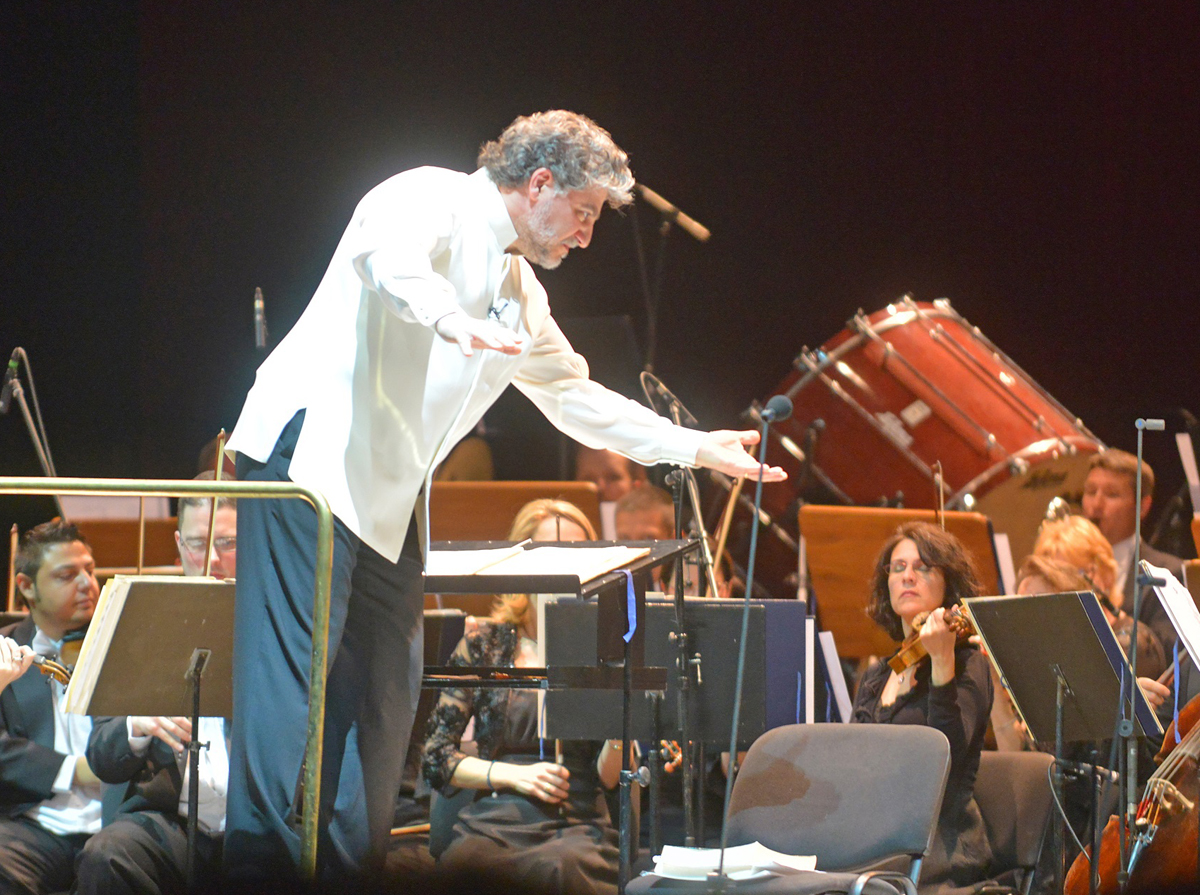
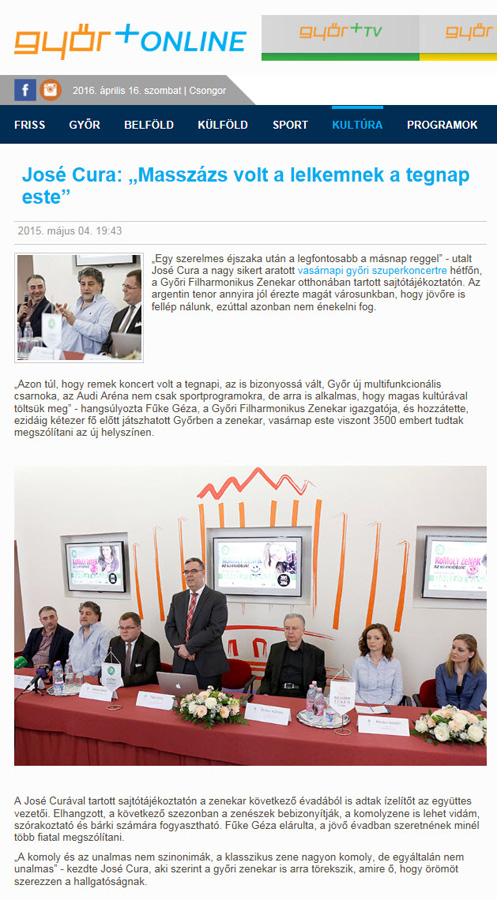
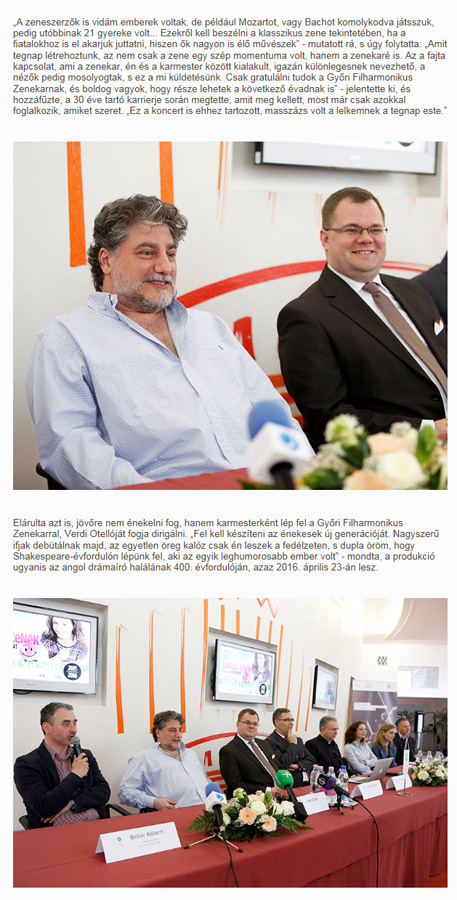
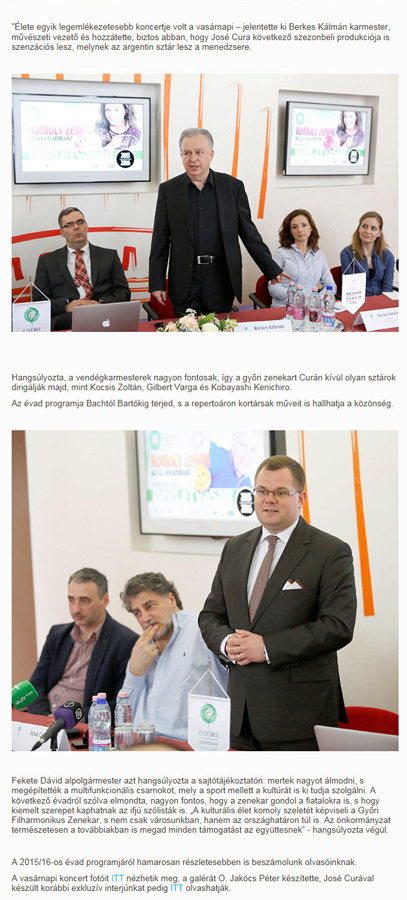
.jpg)
.jpg)
.jpg)
.jpg)
.jpg)
.jpg)
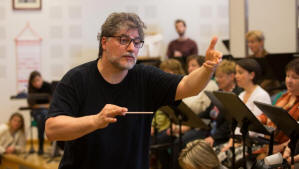
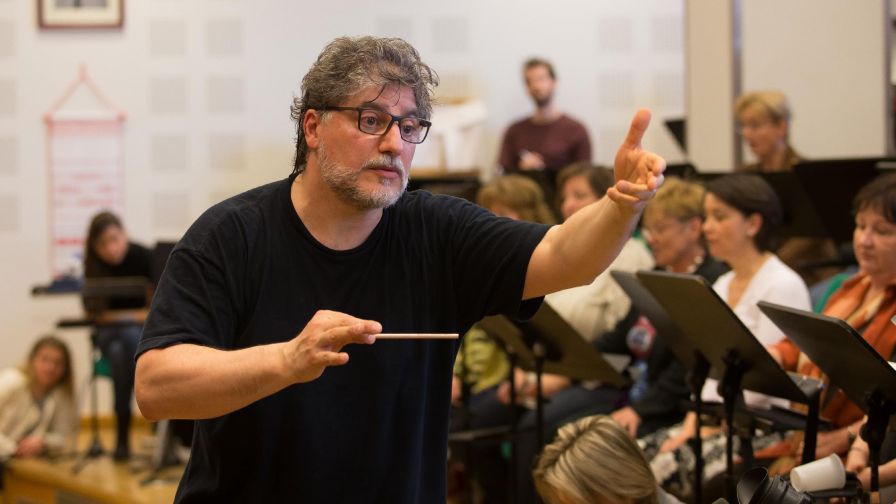

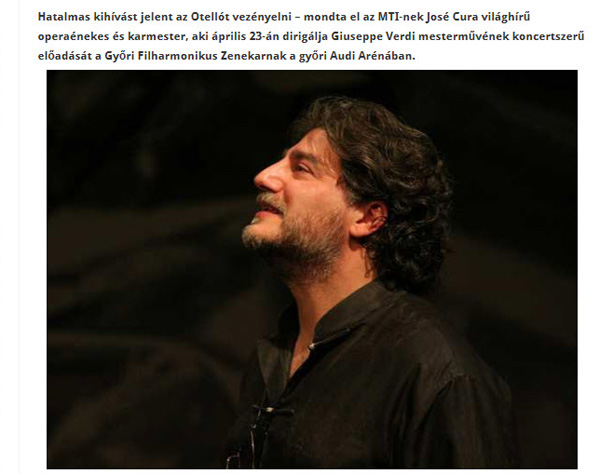
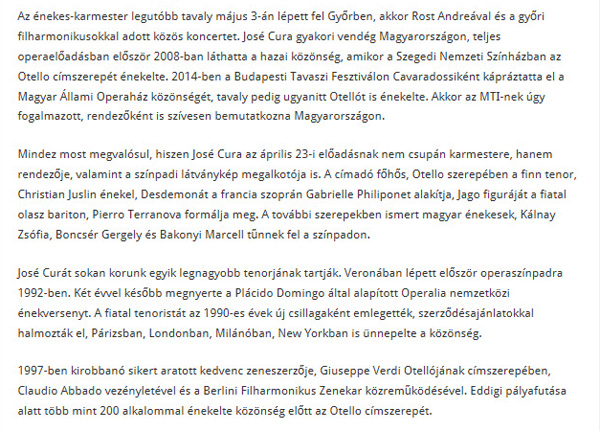 `
`